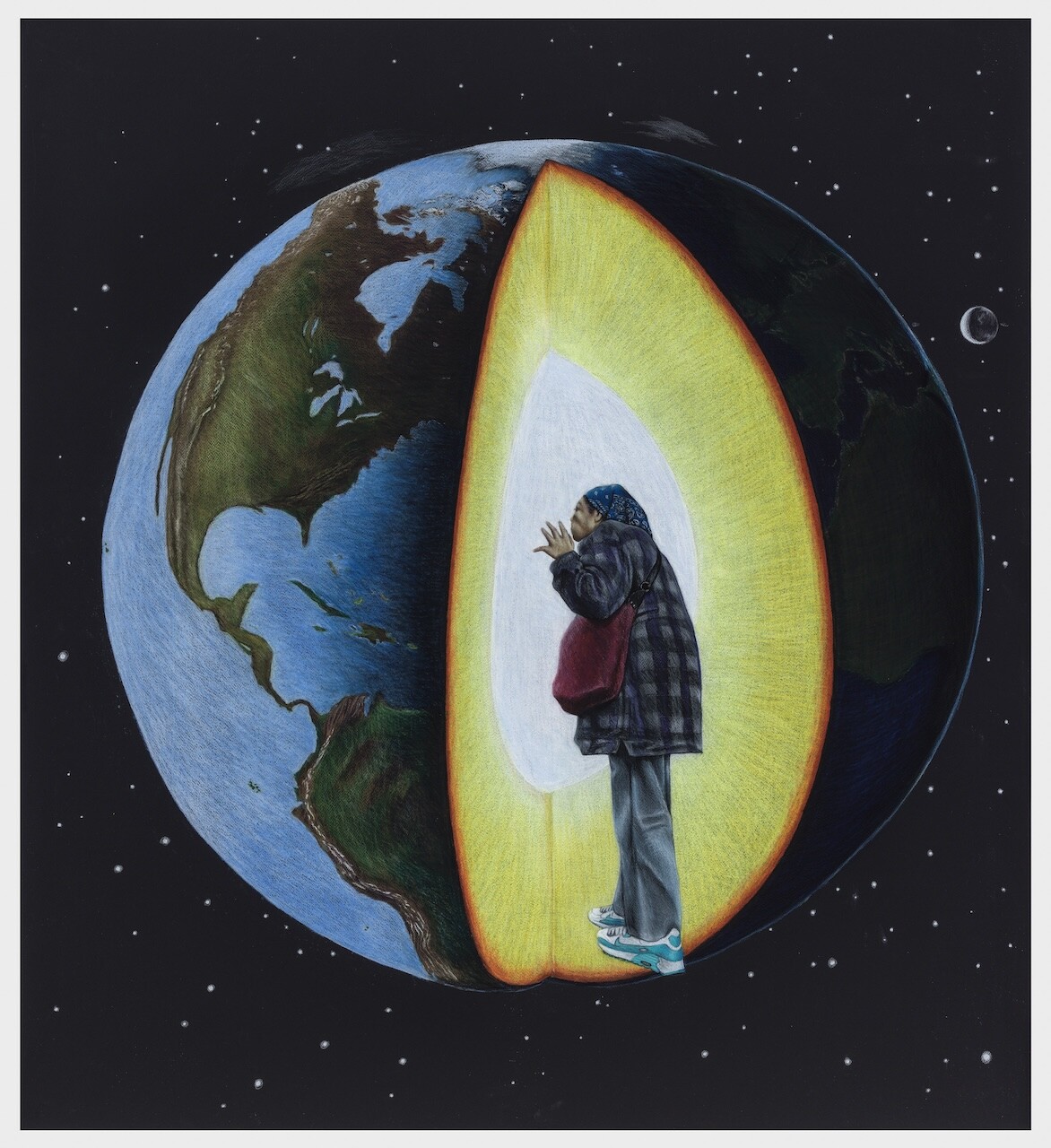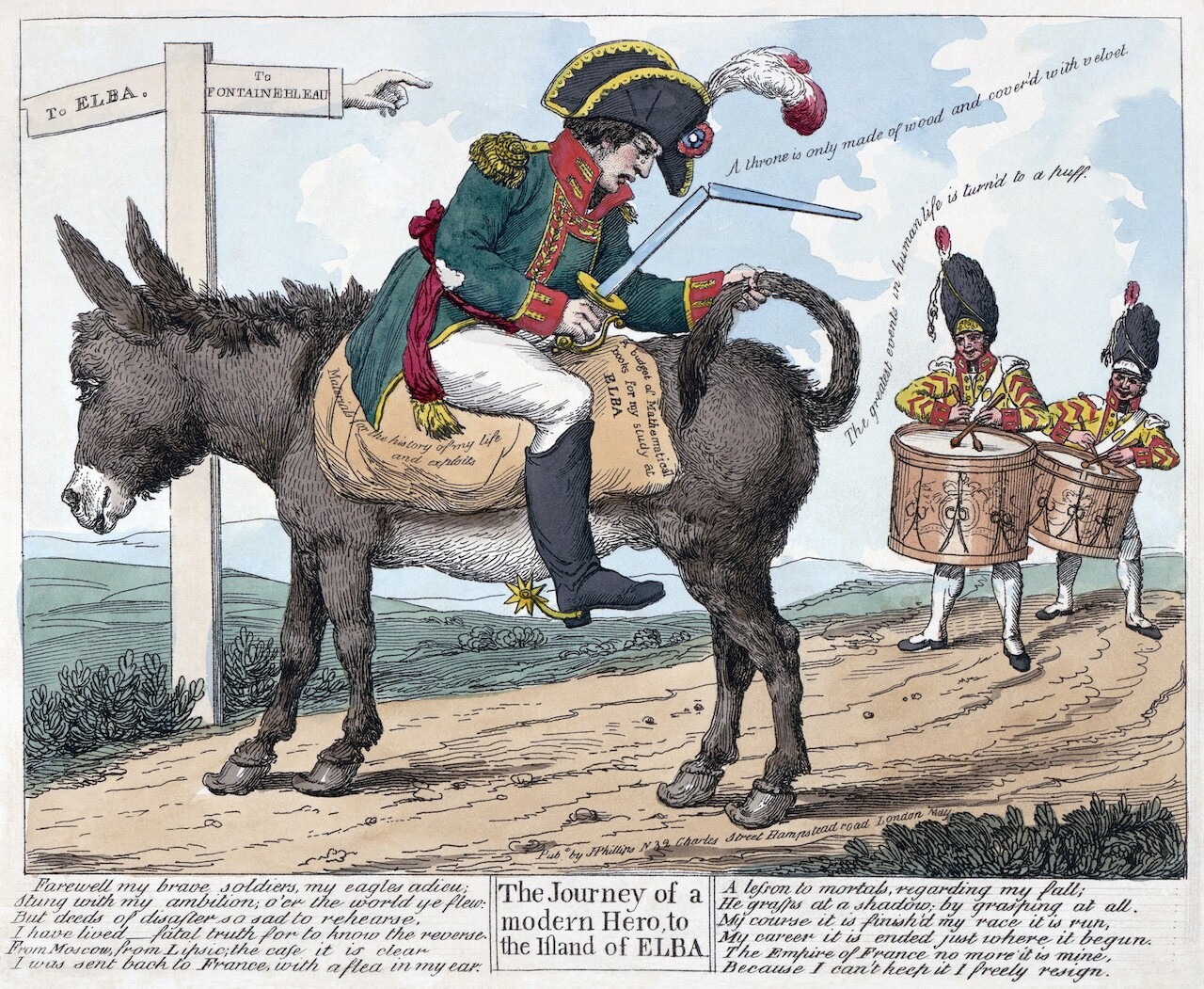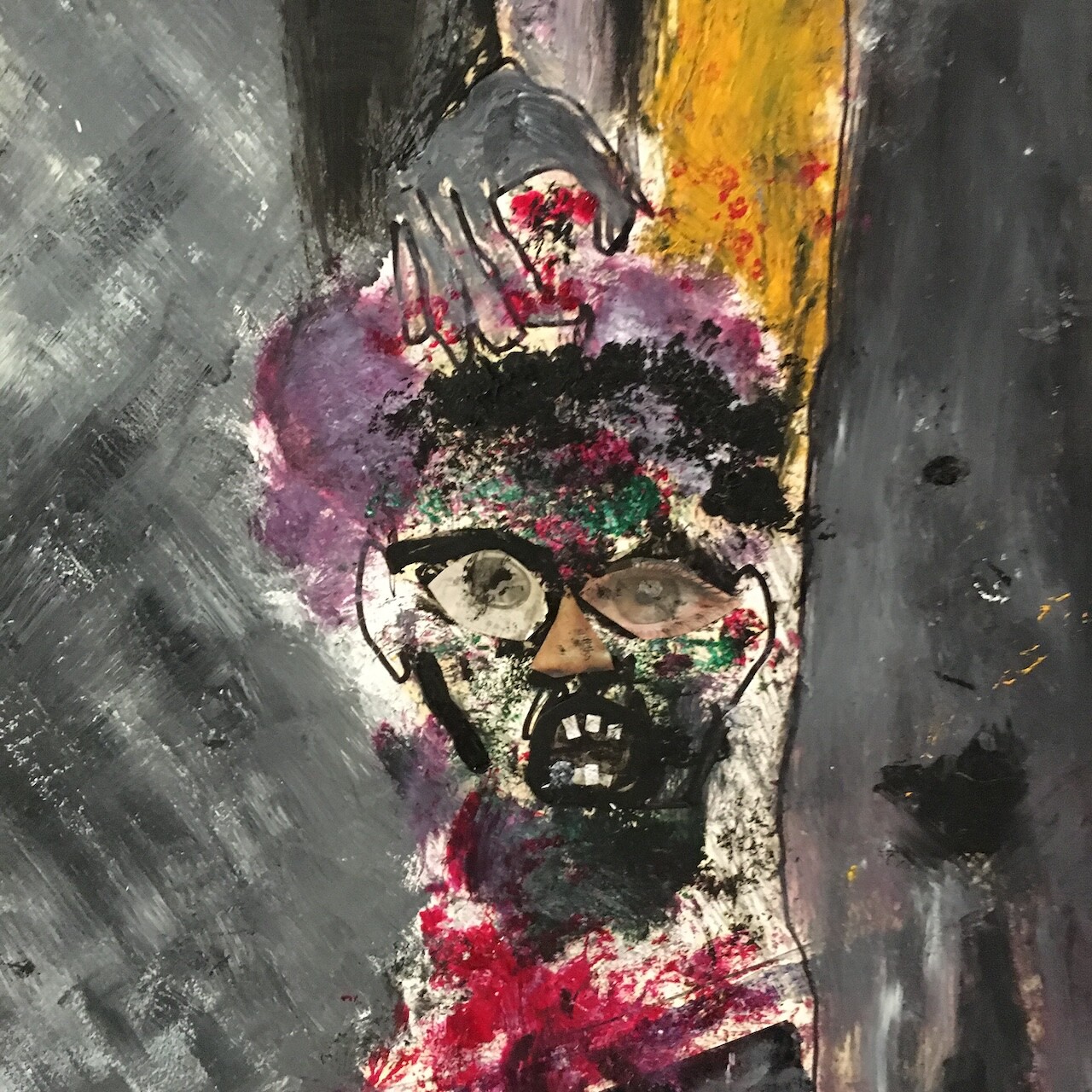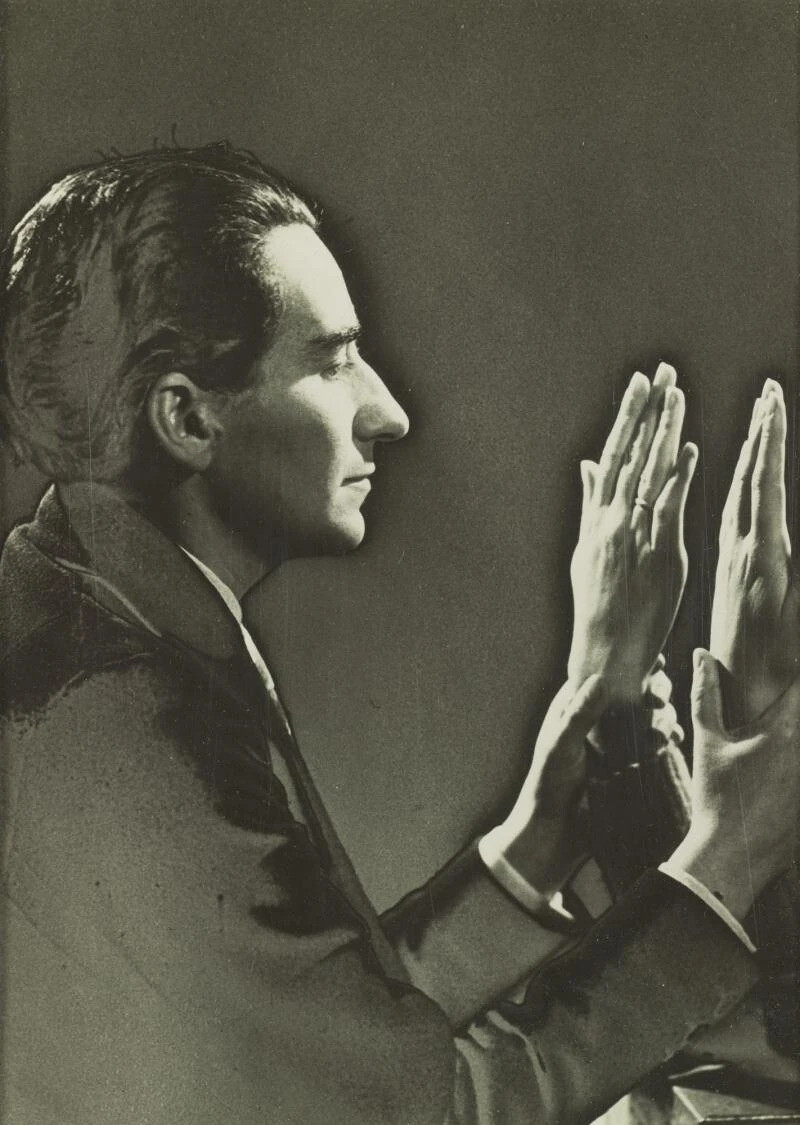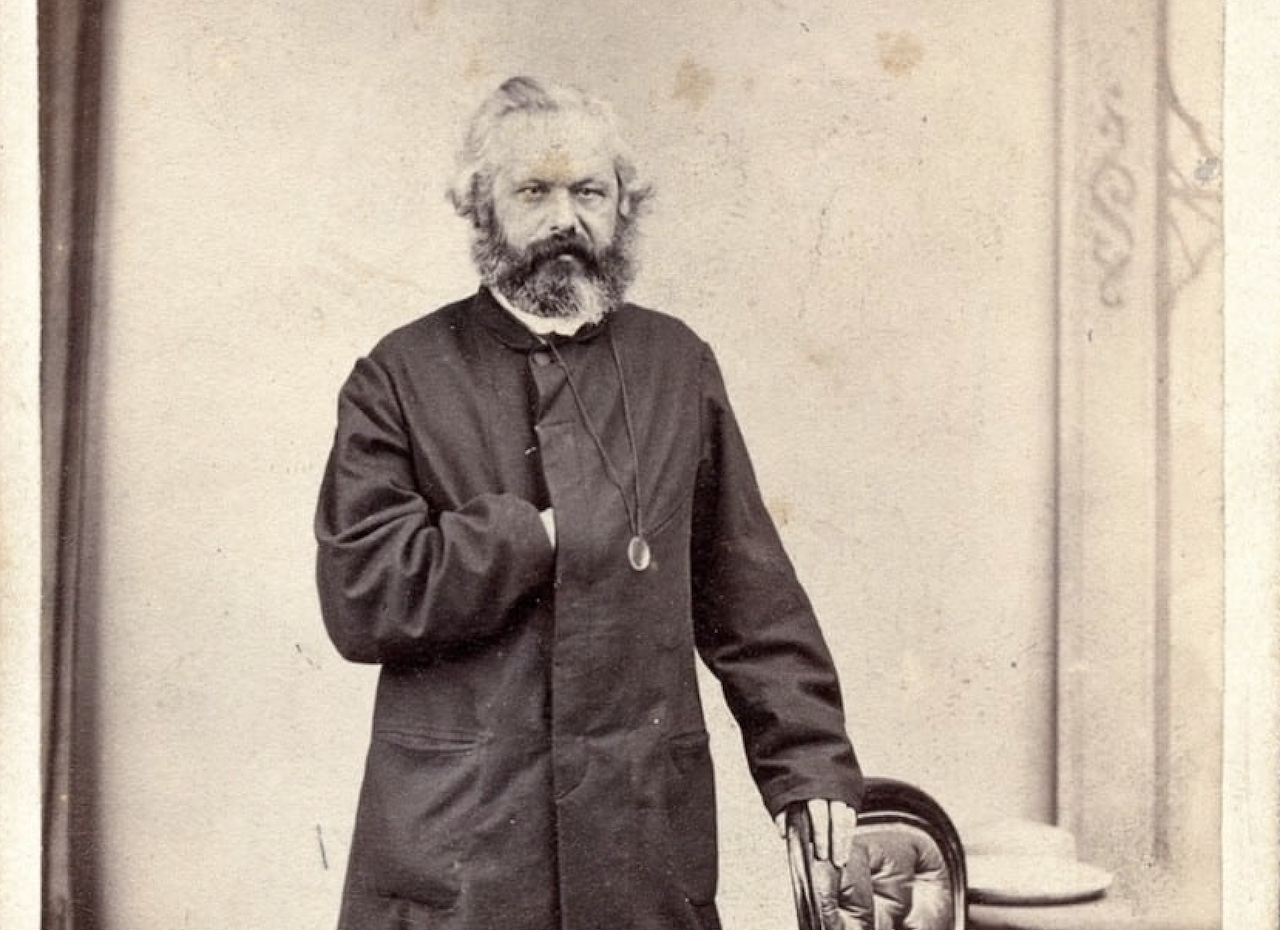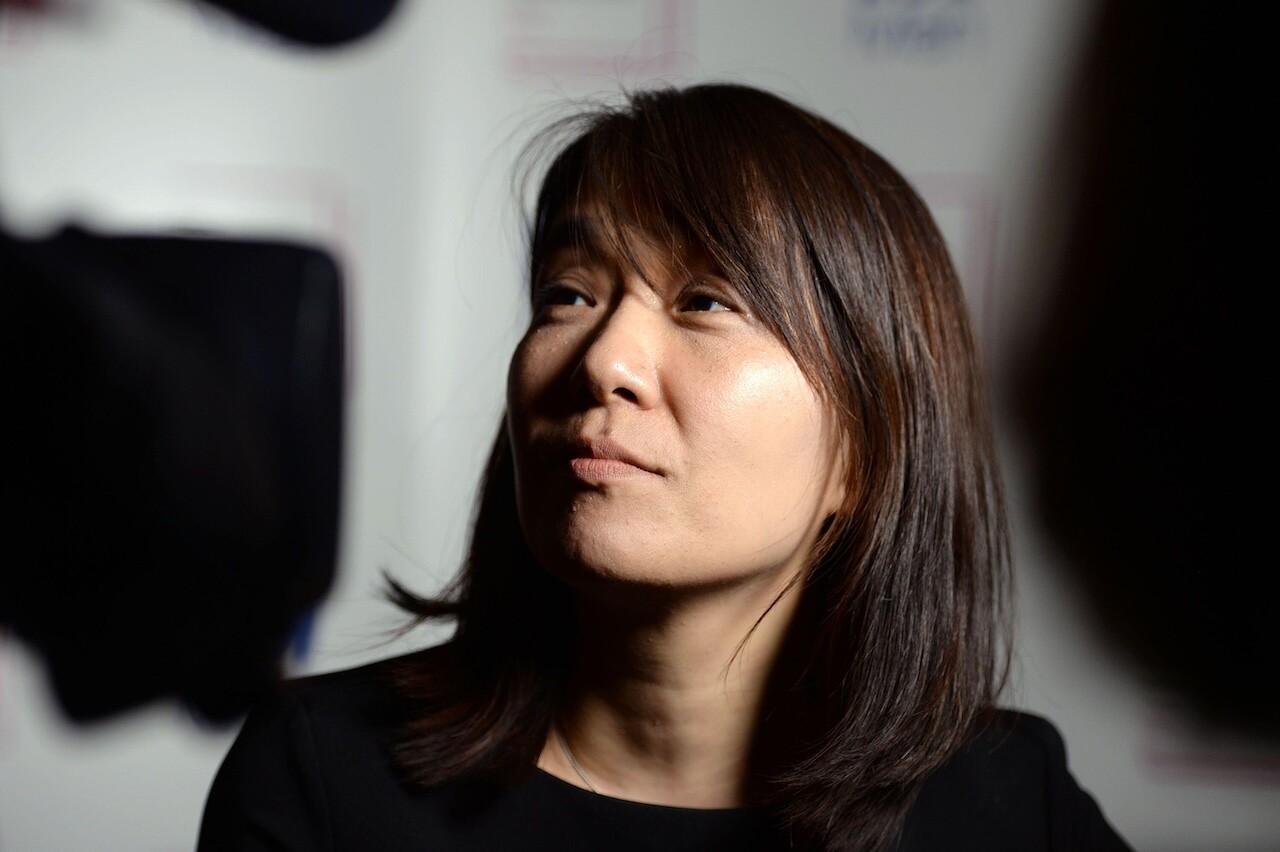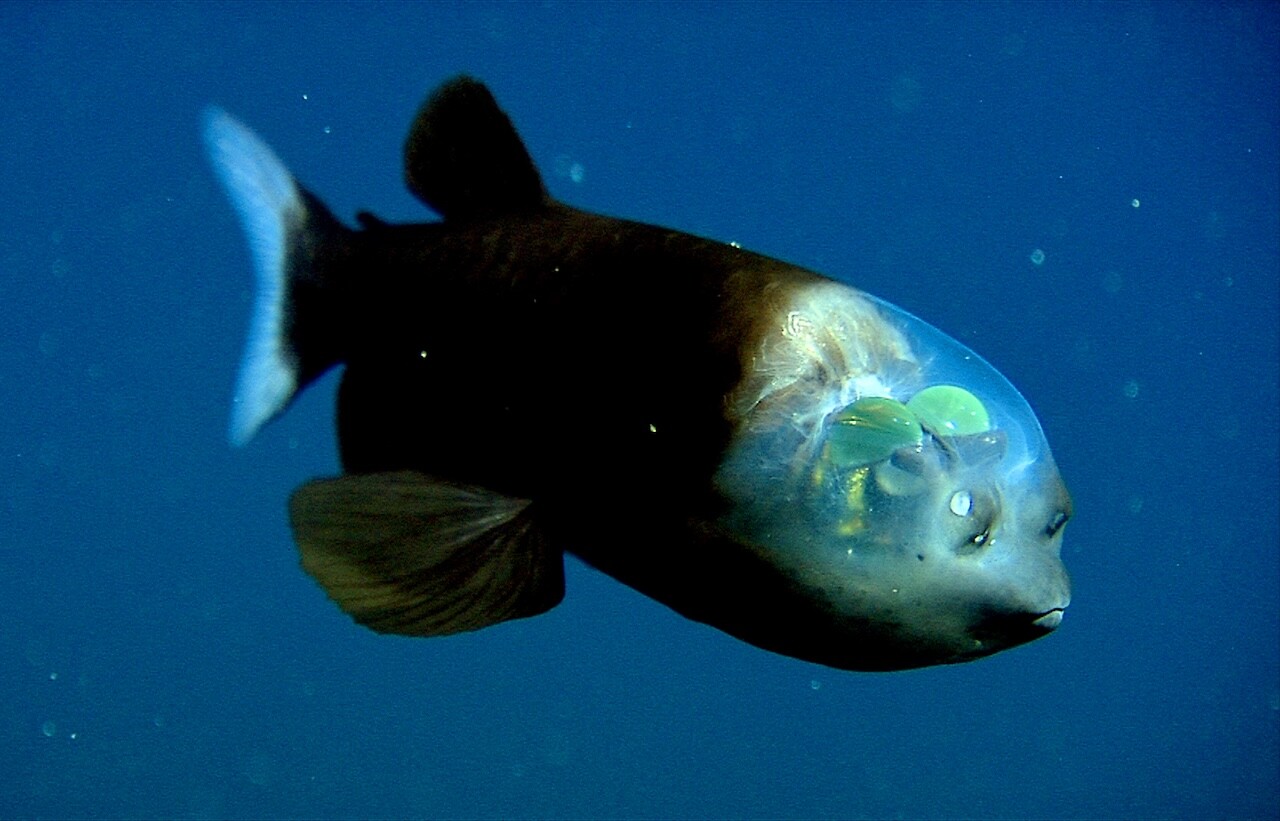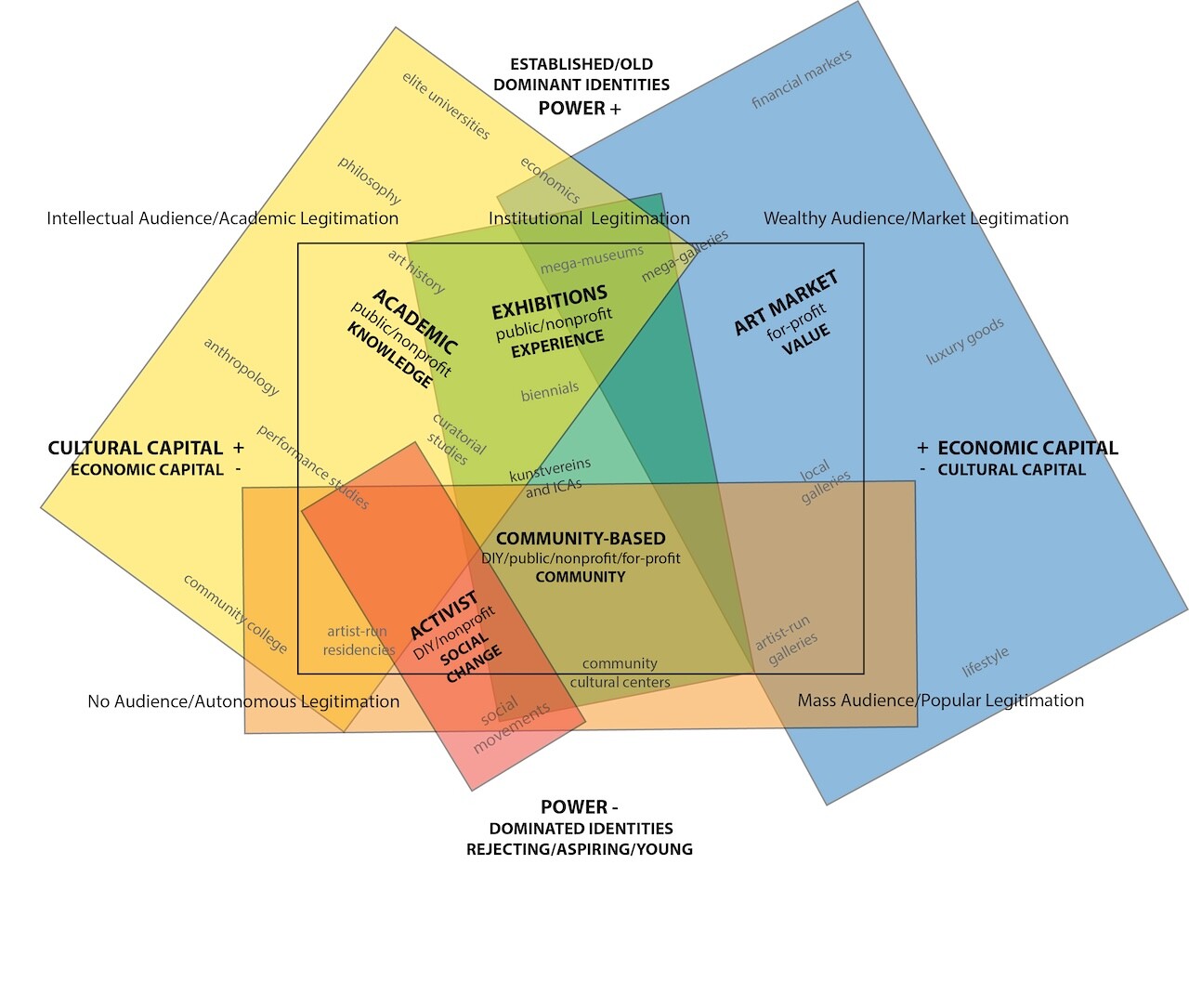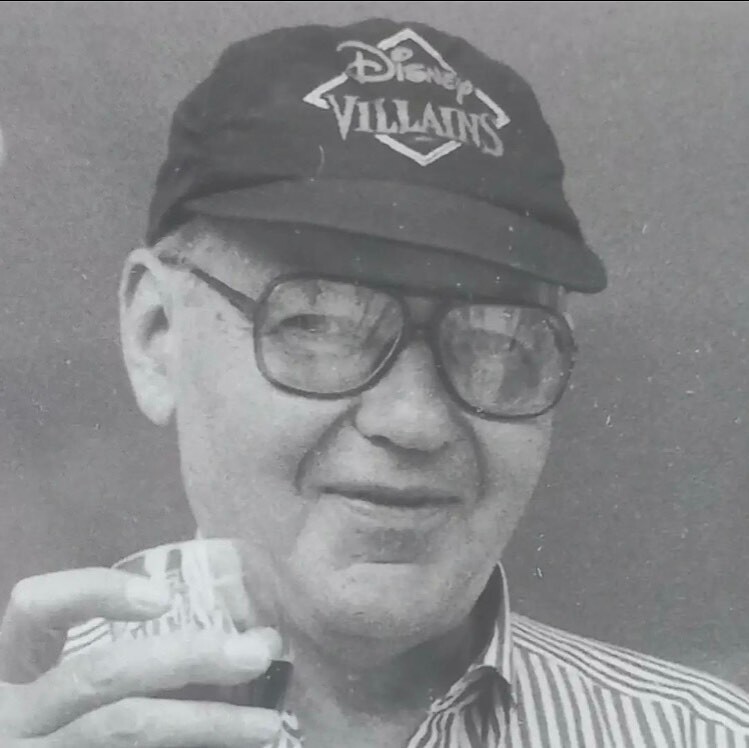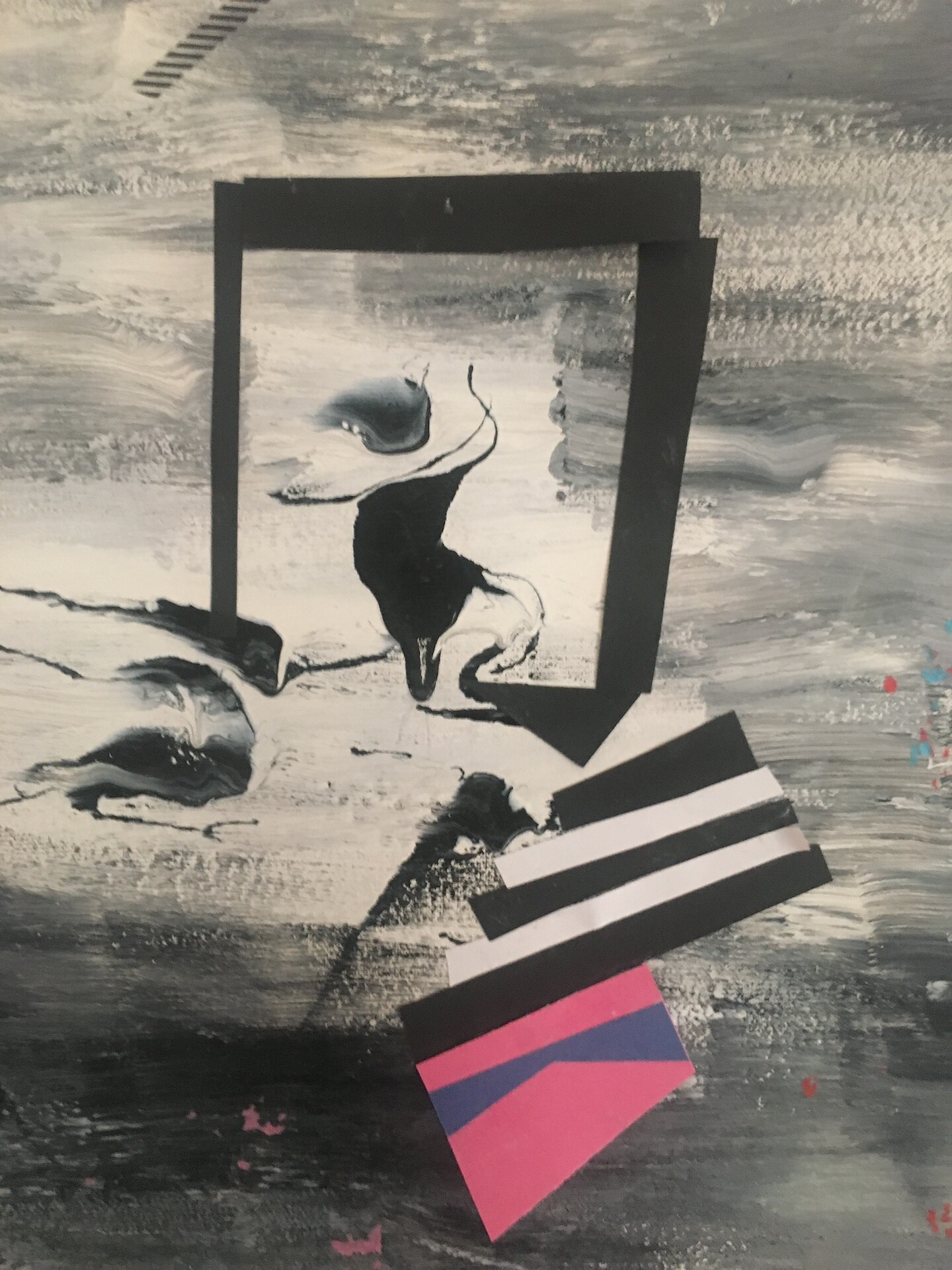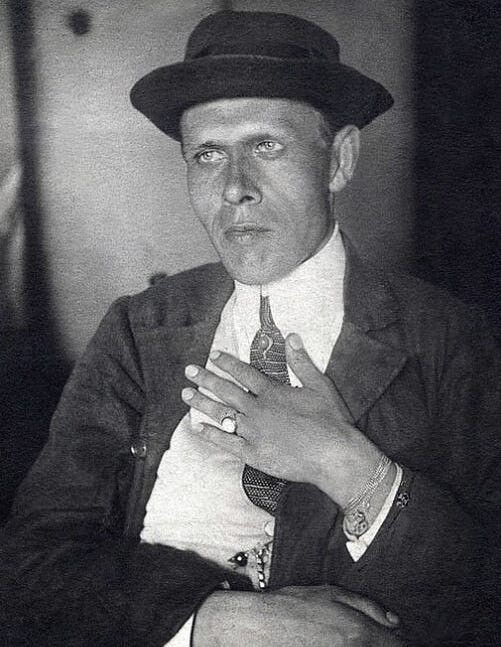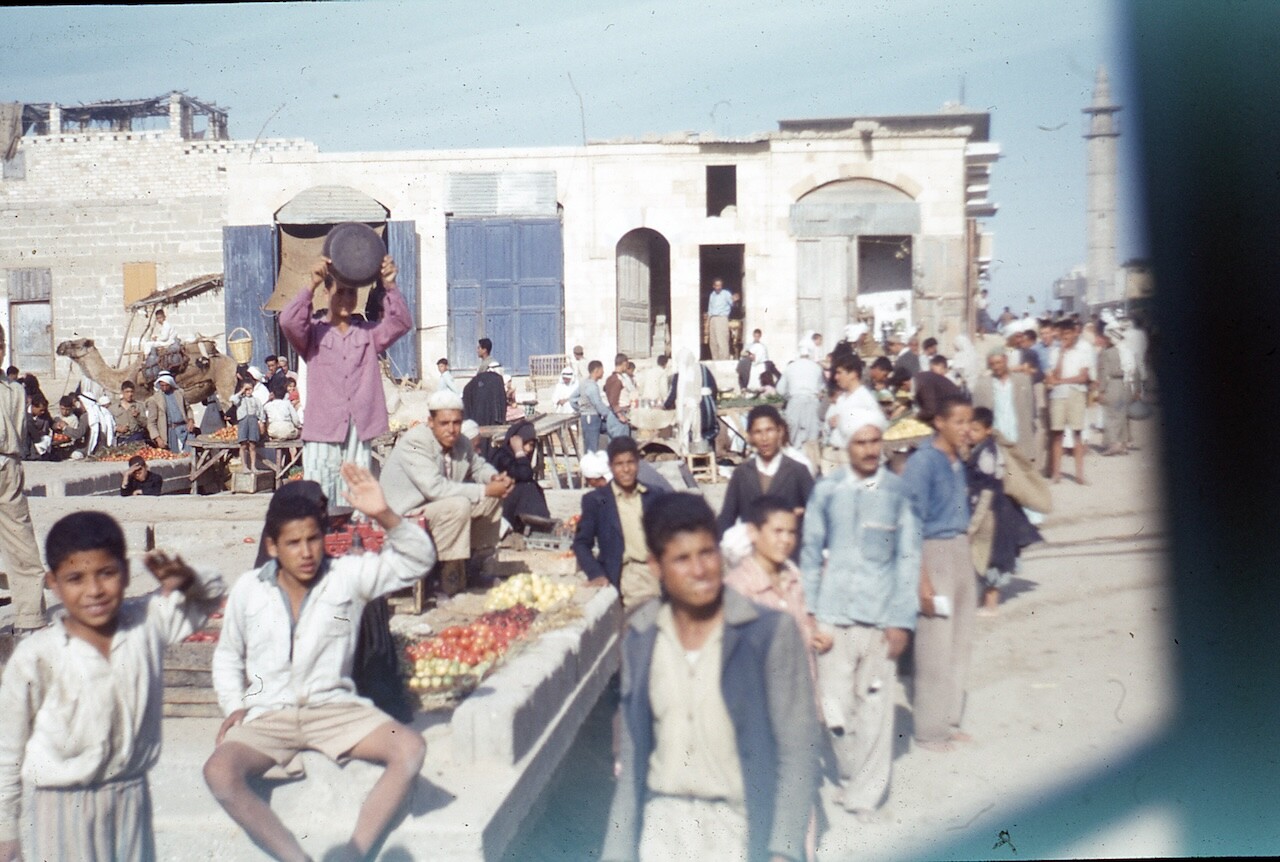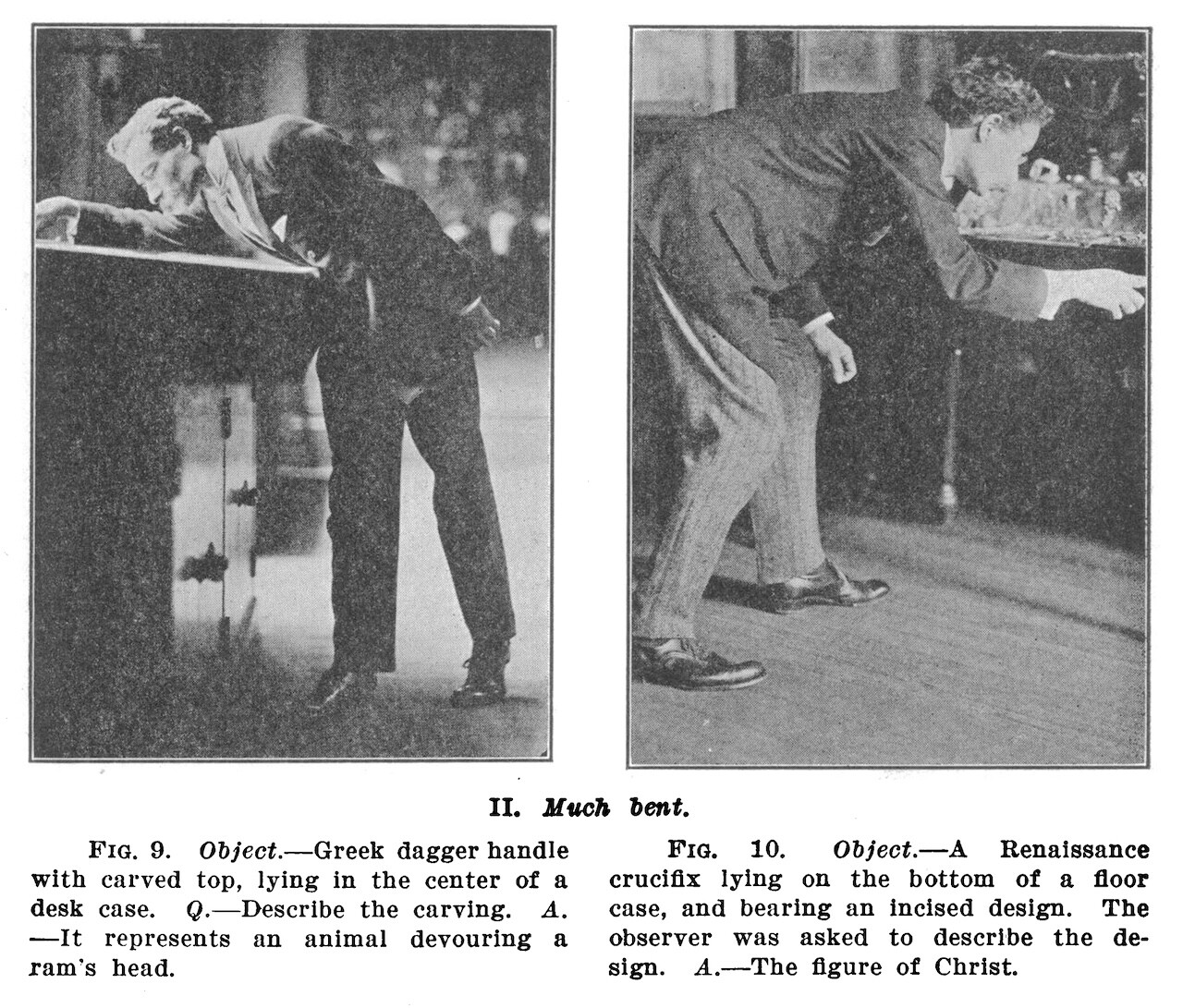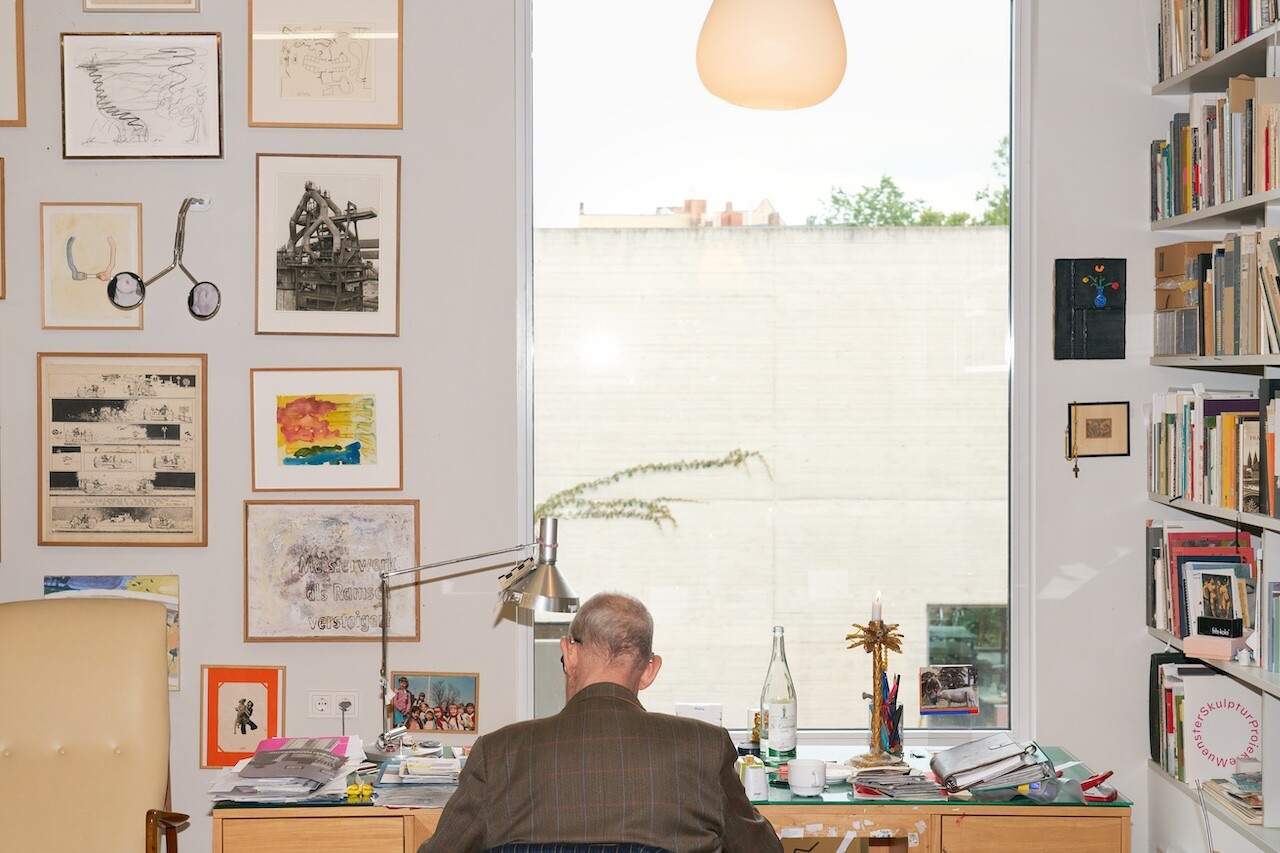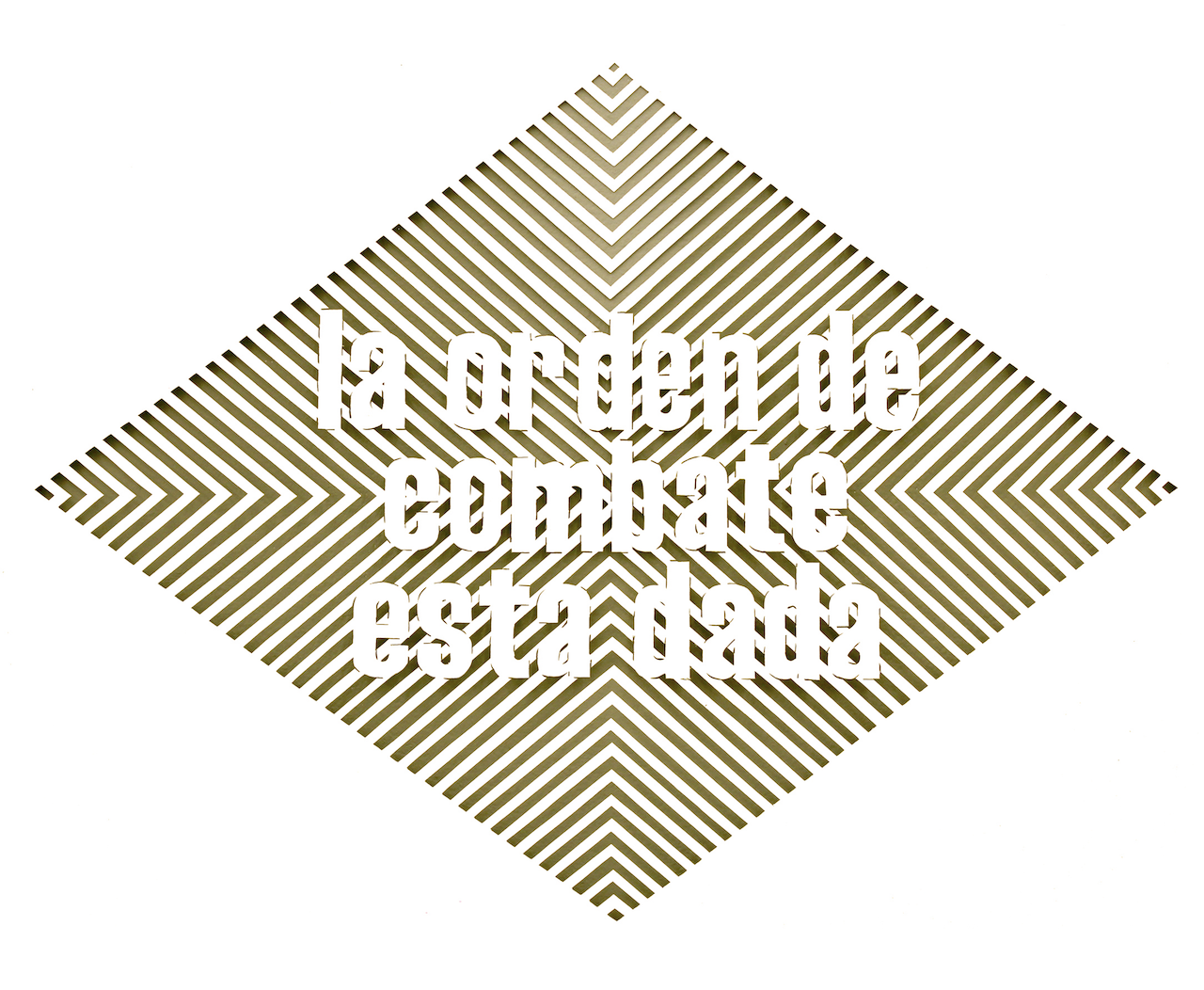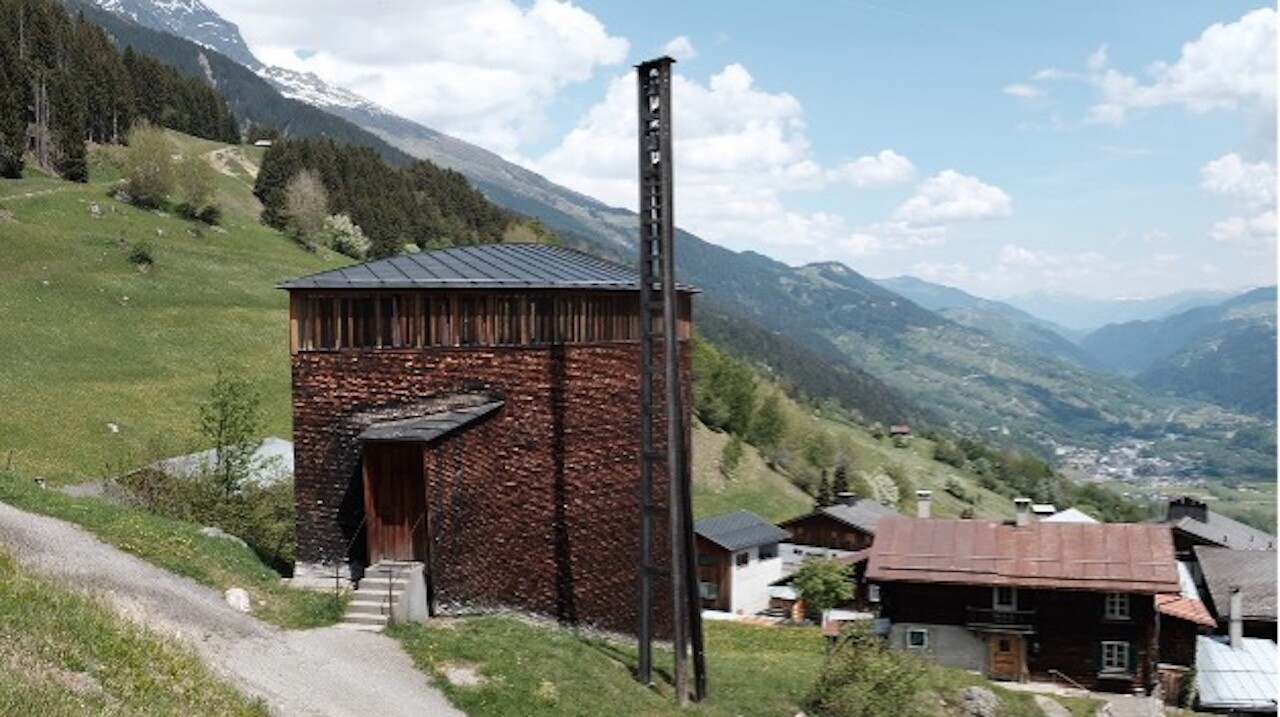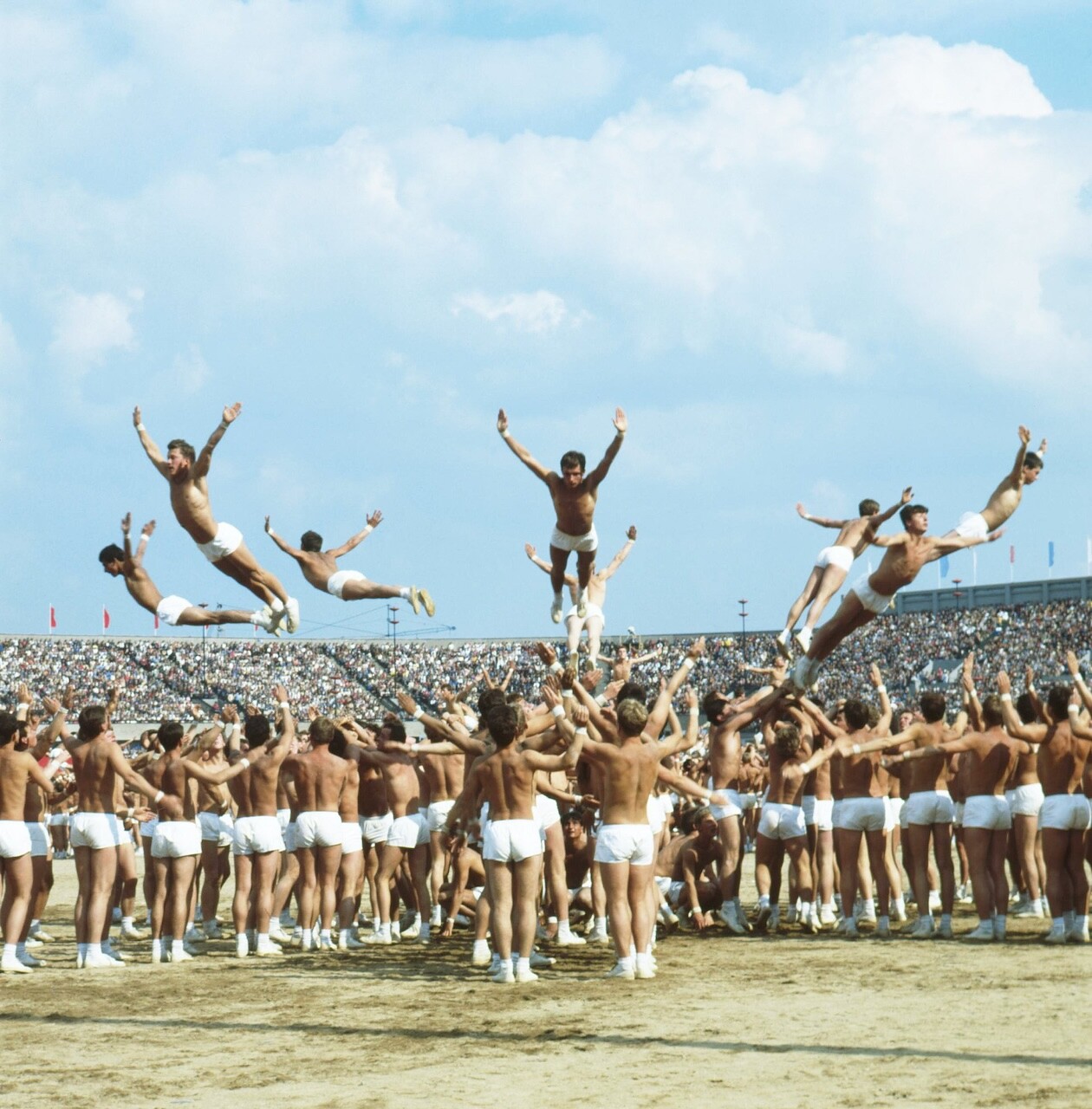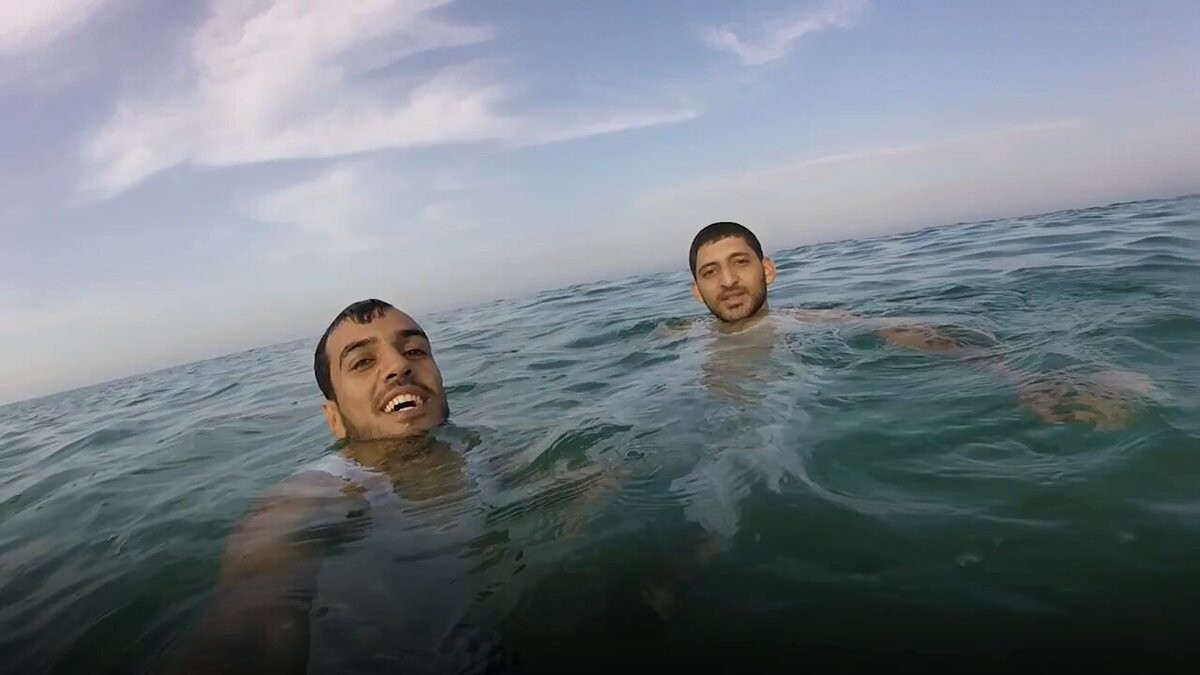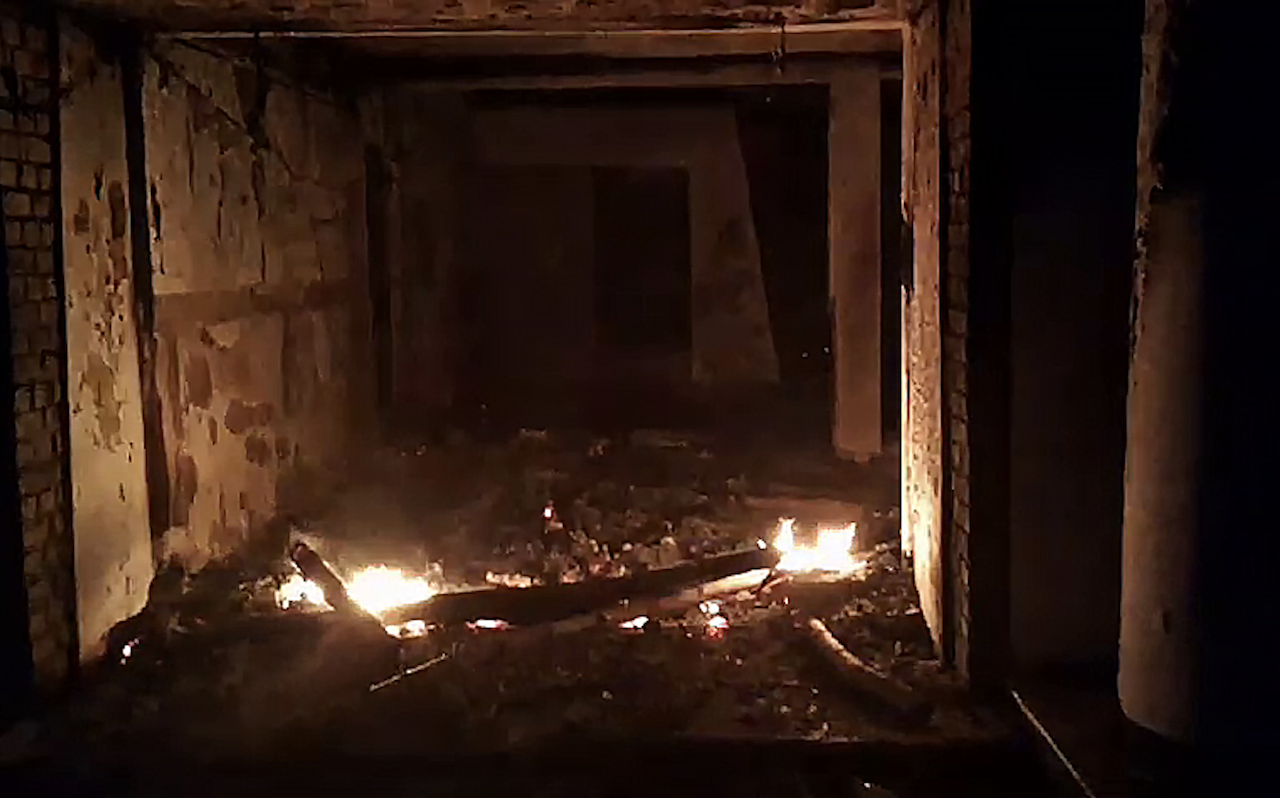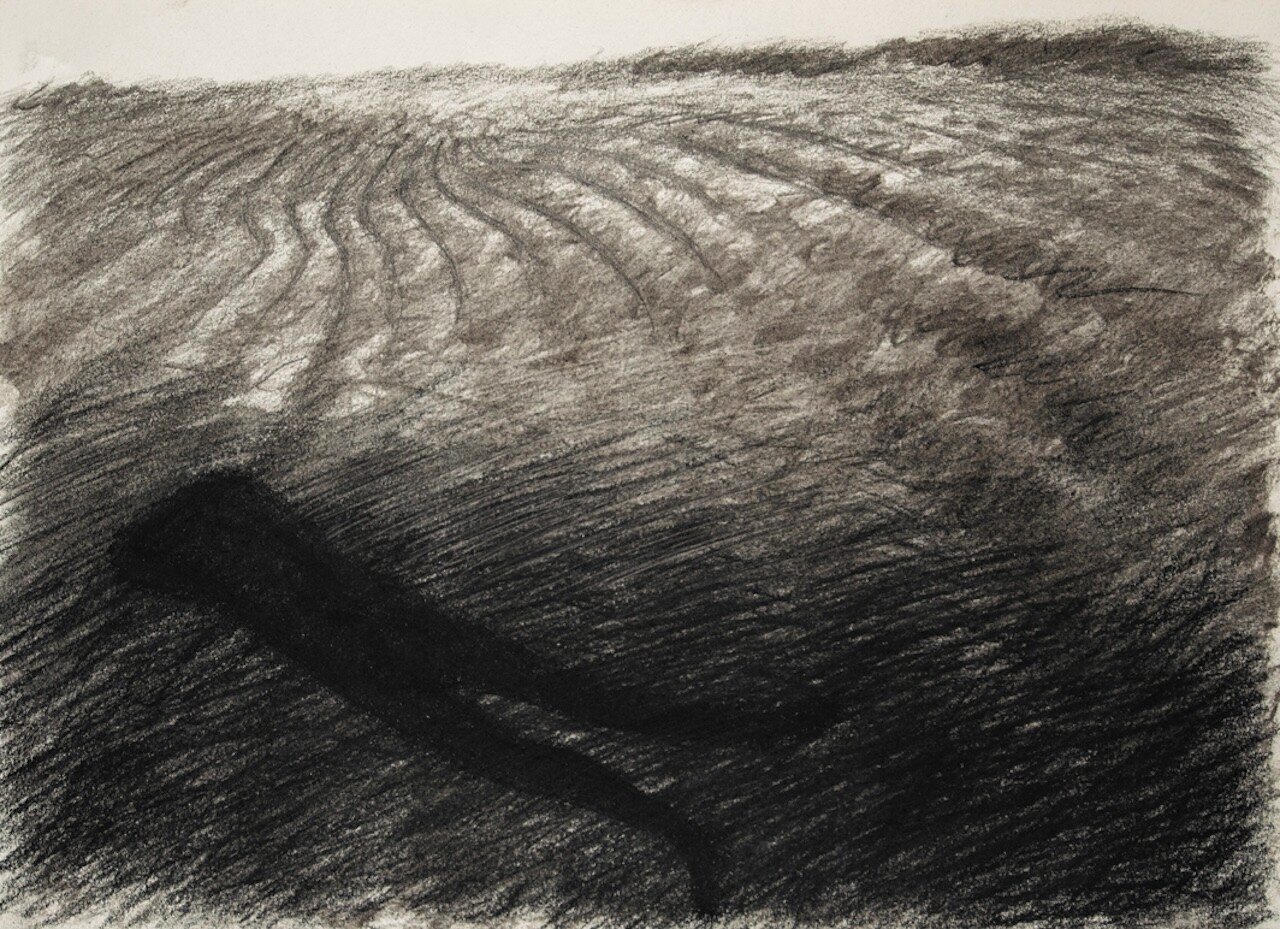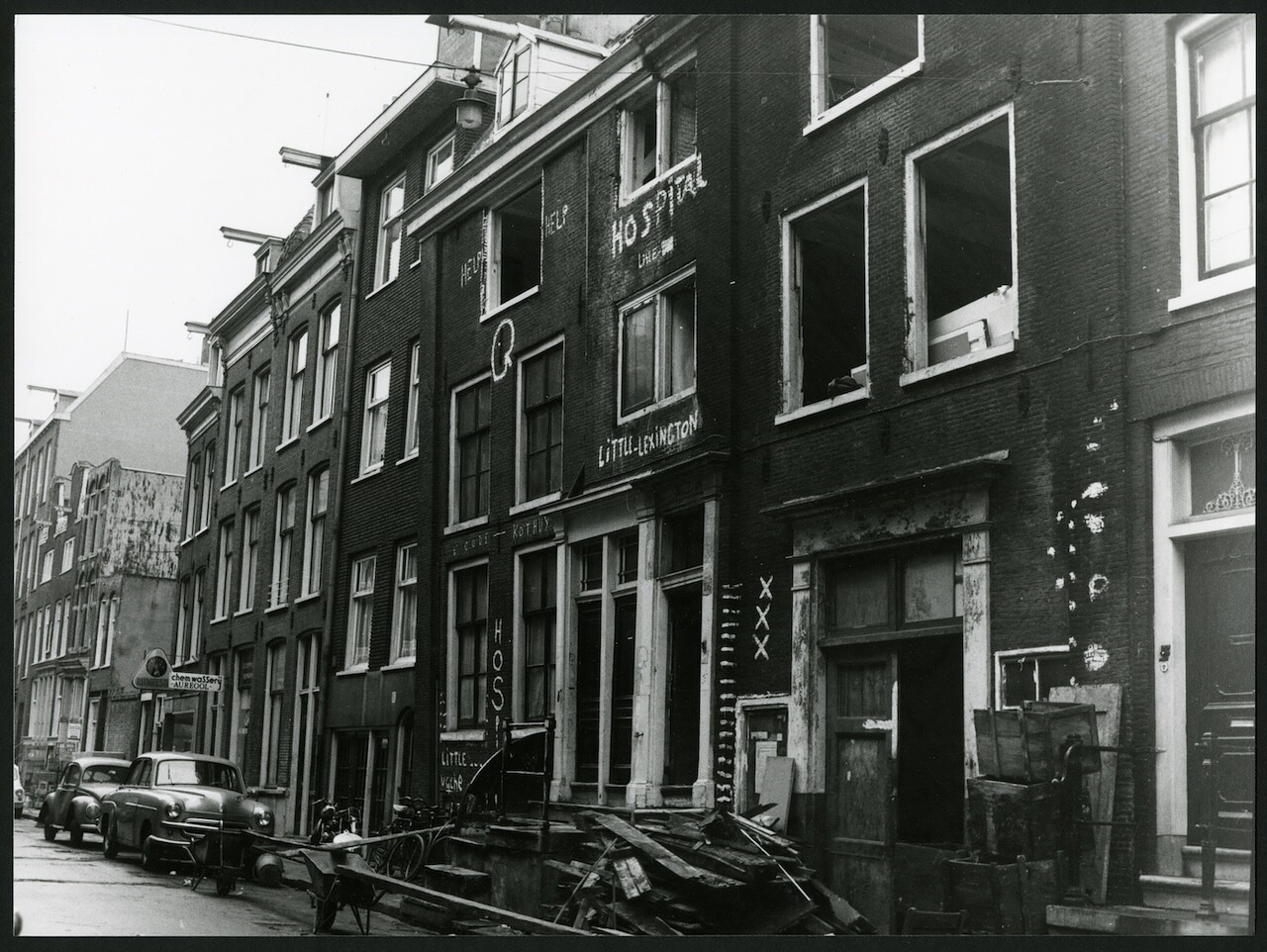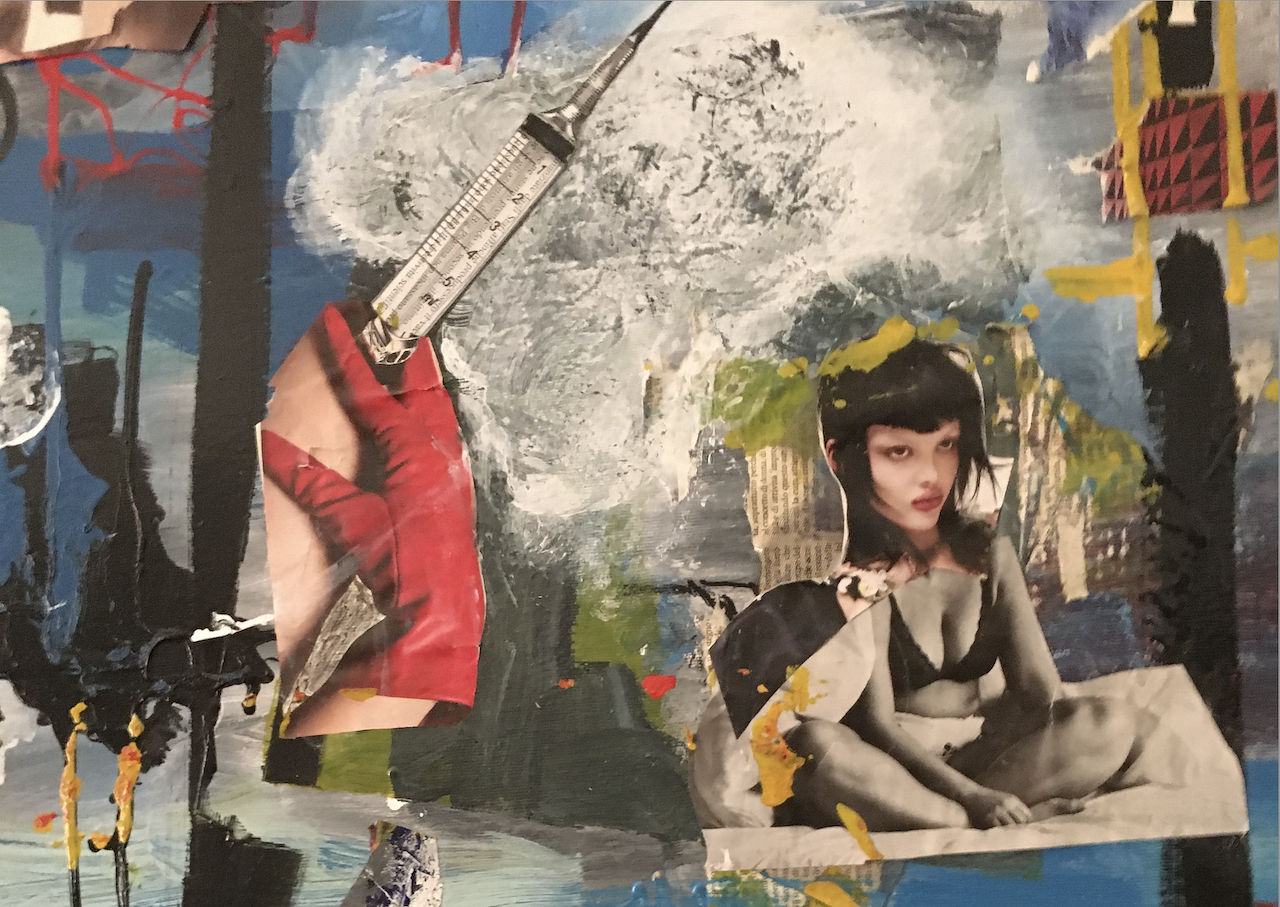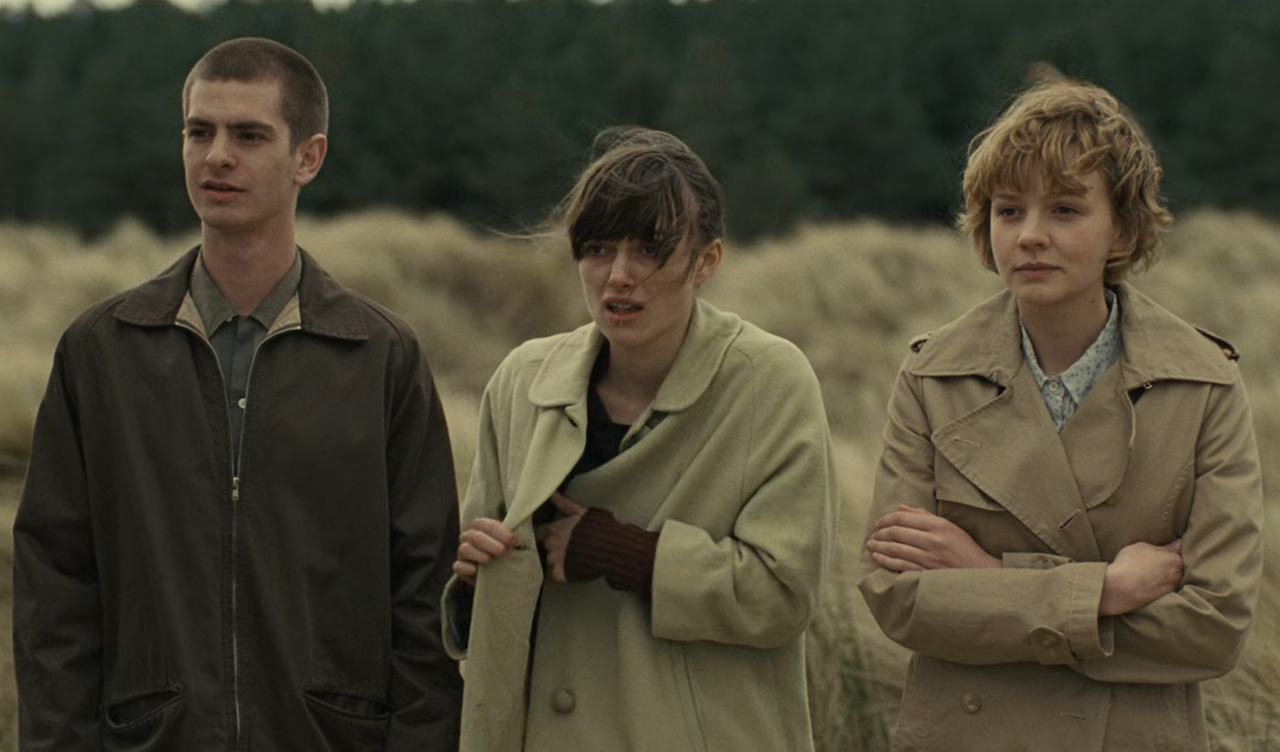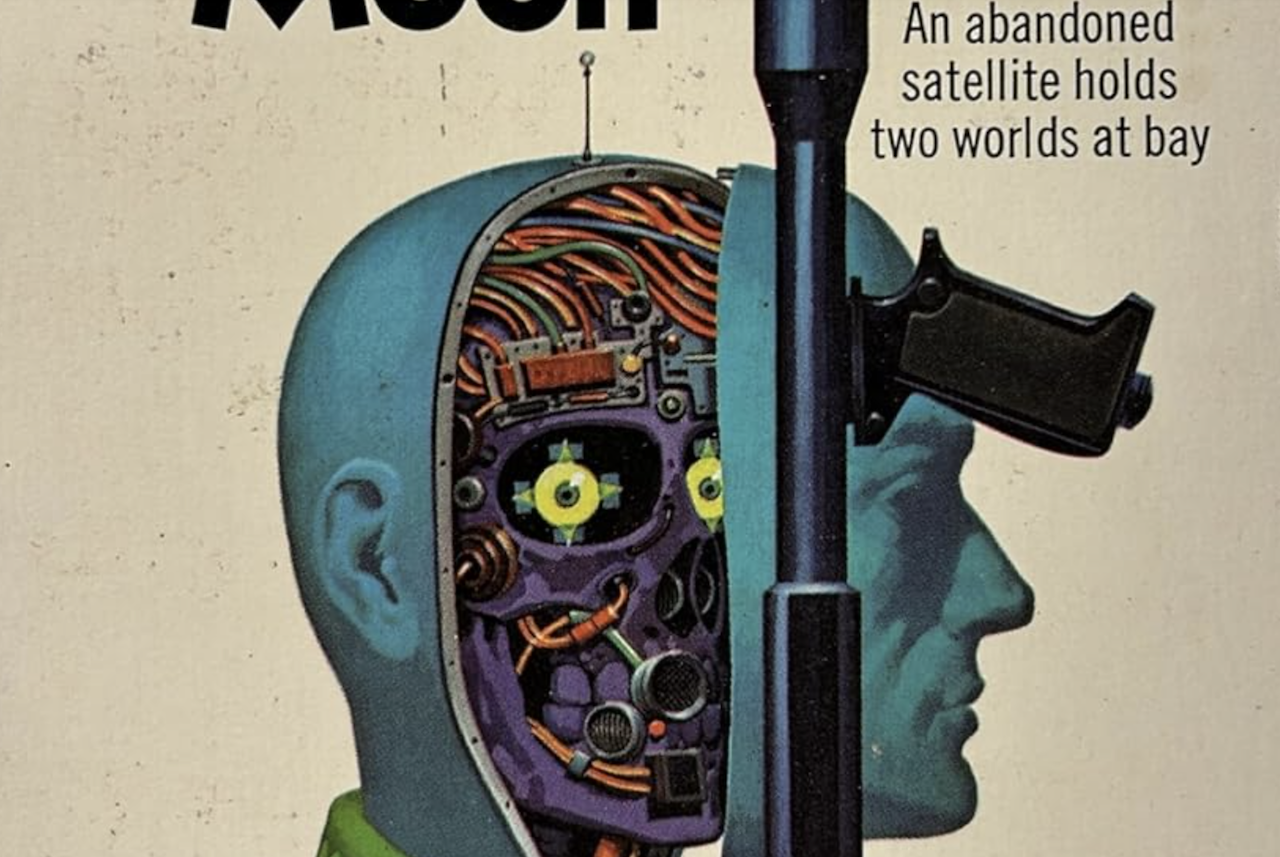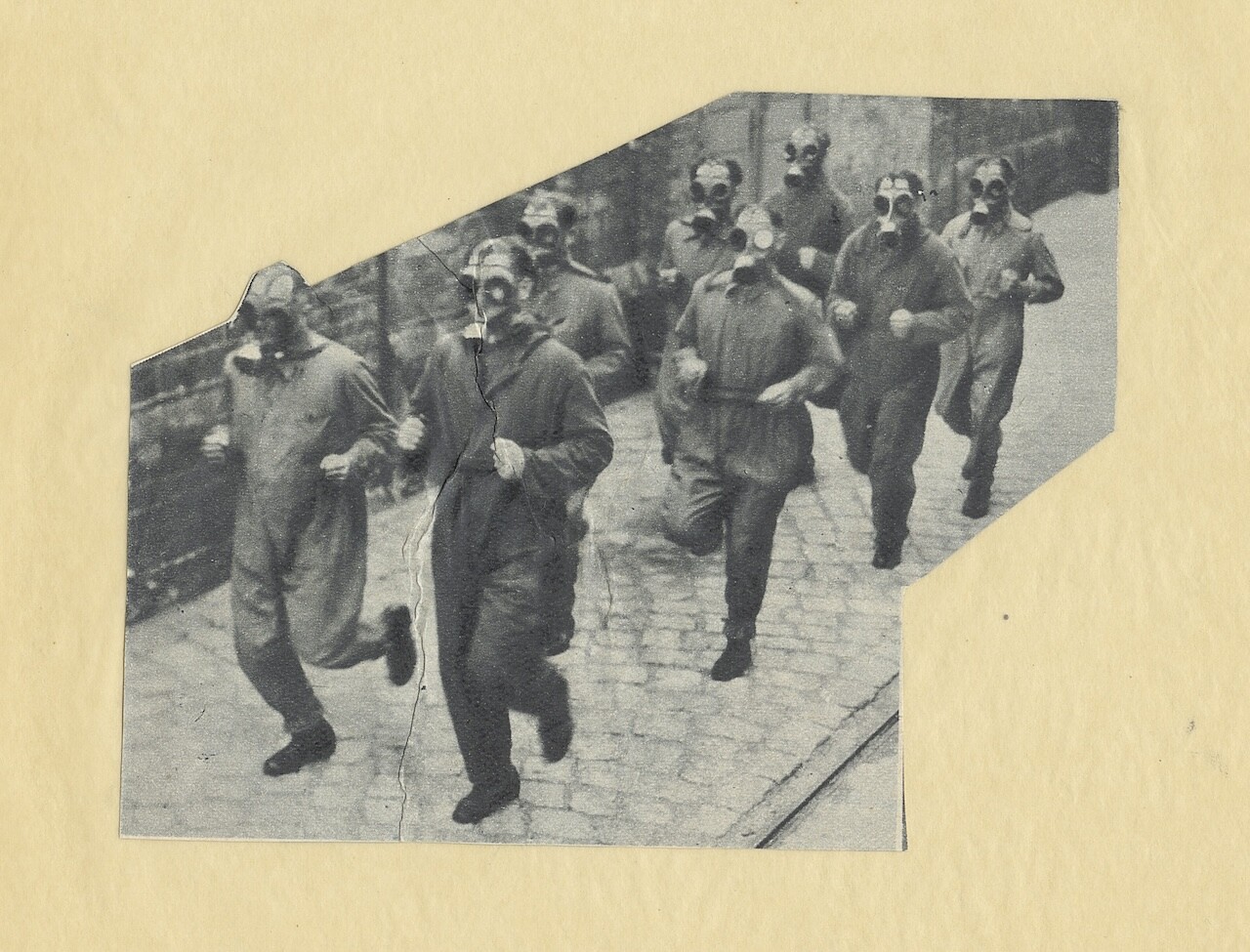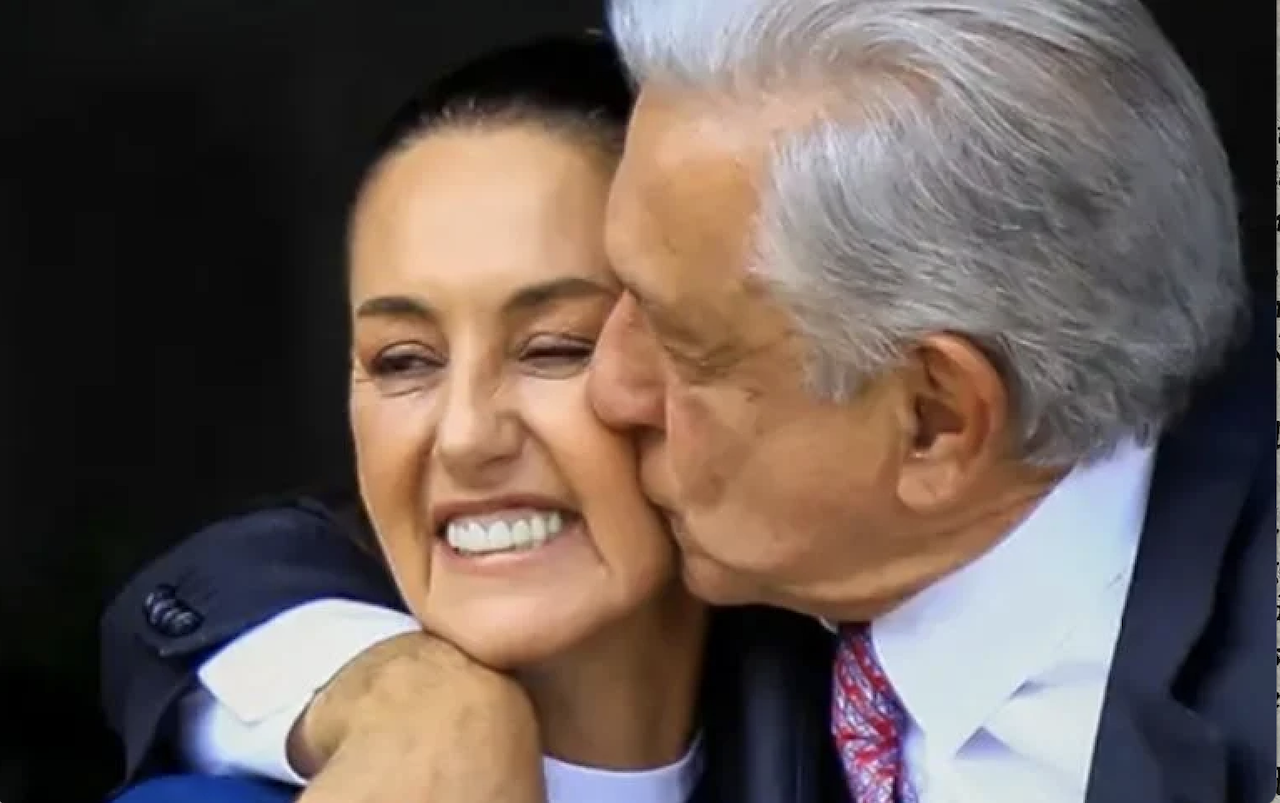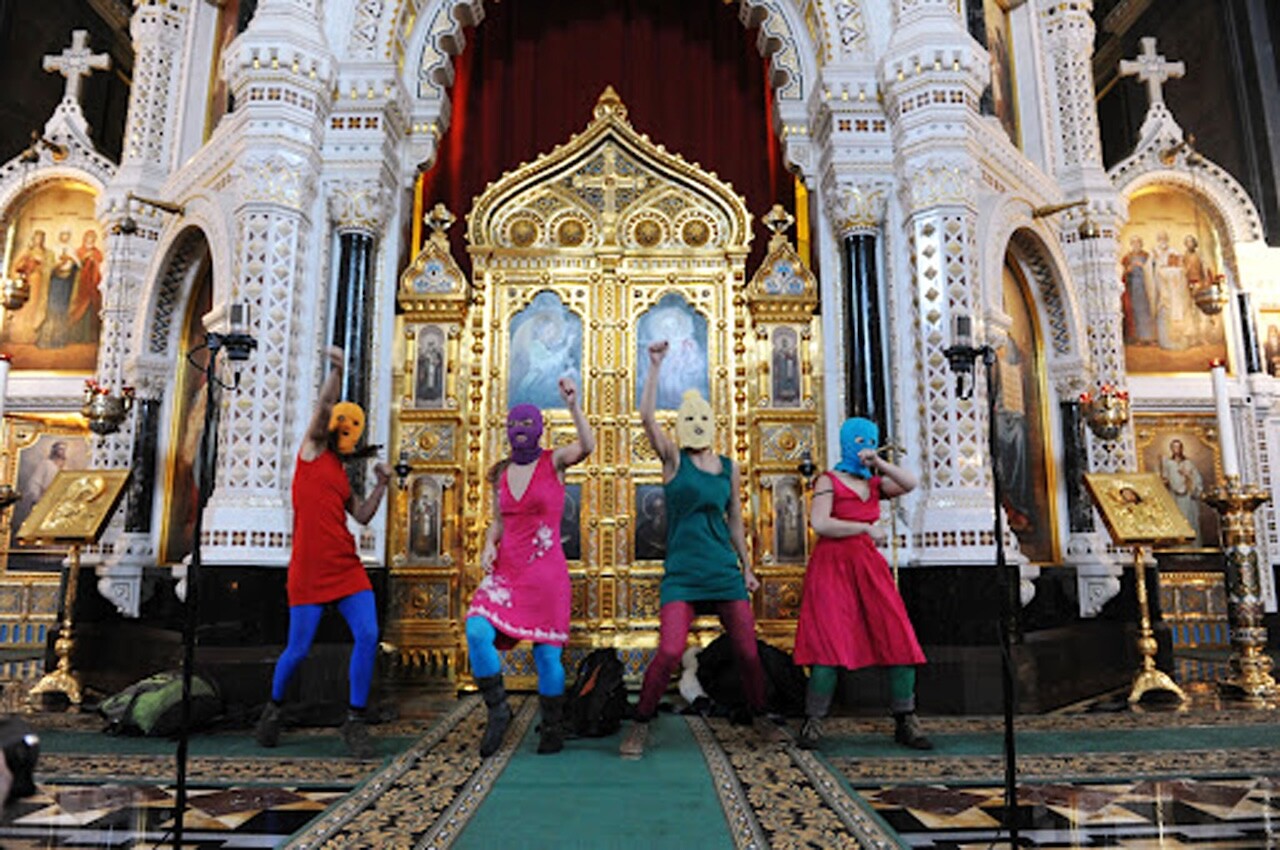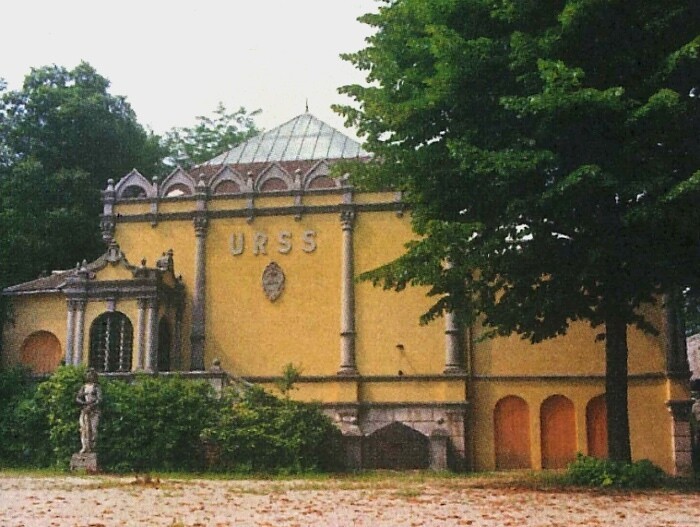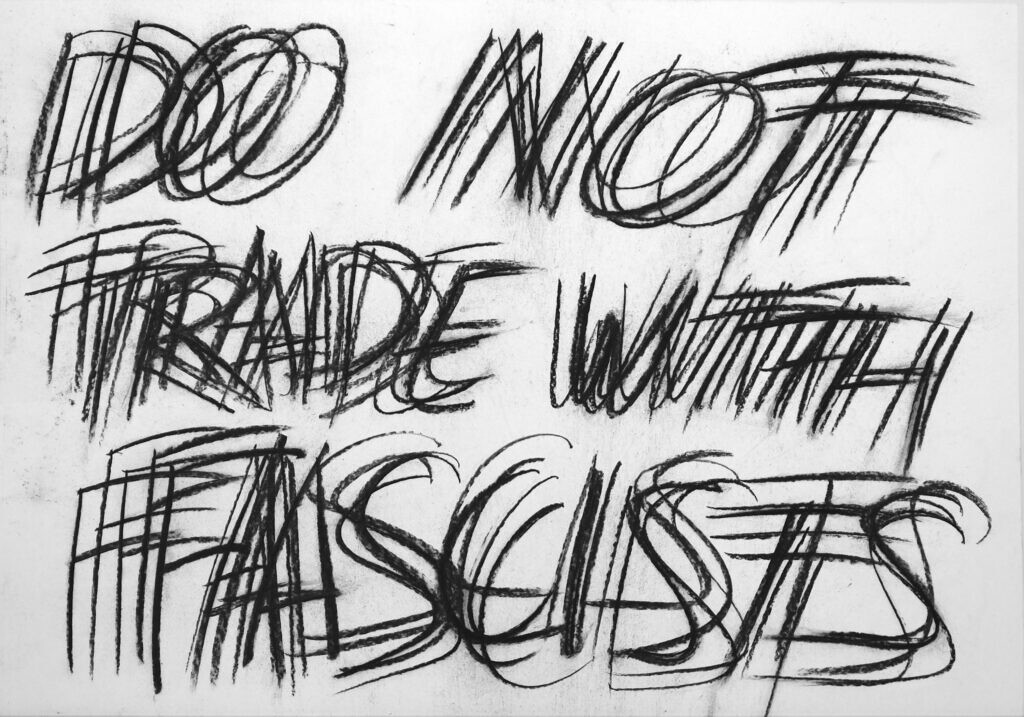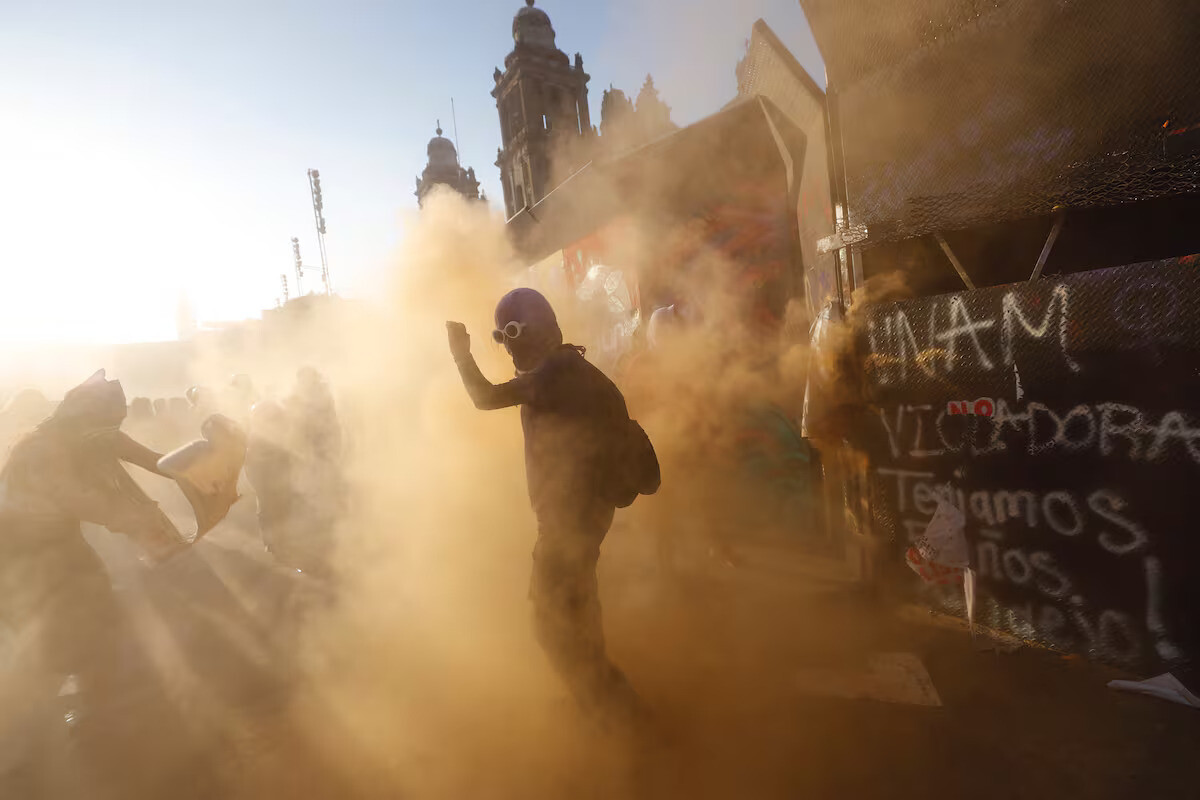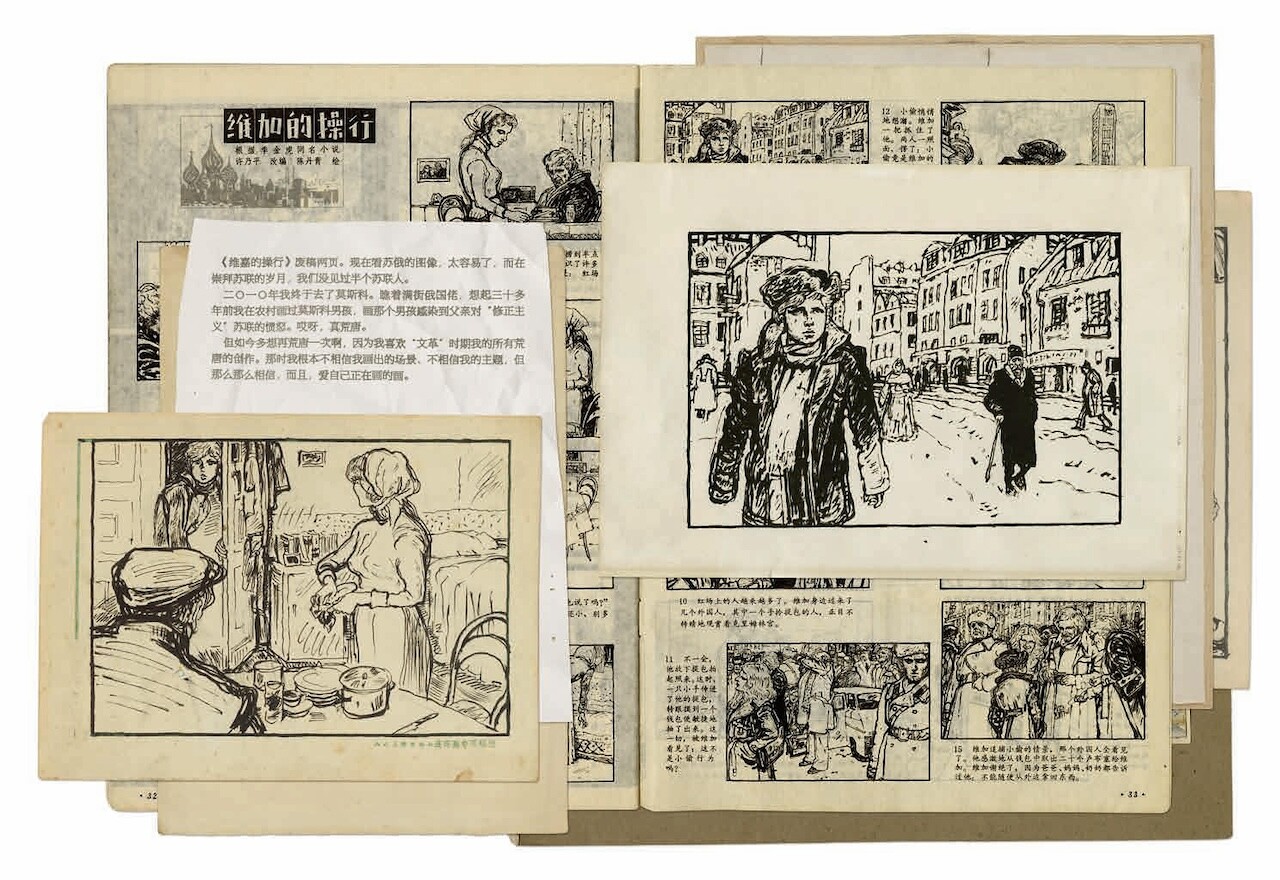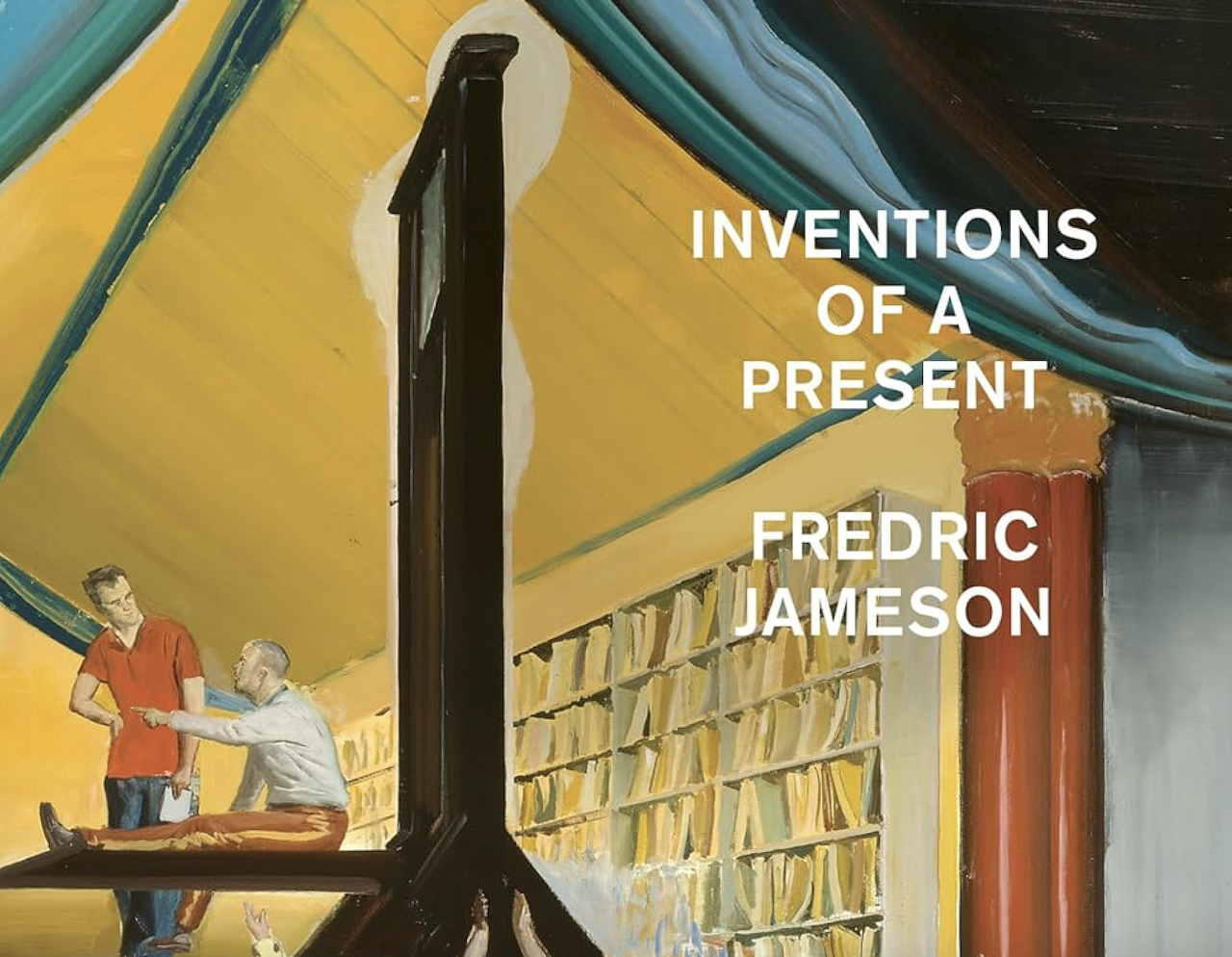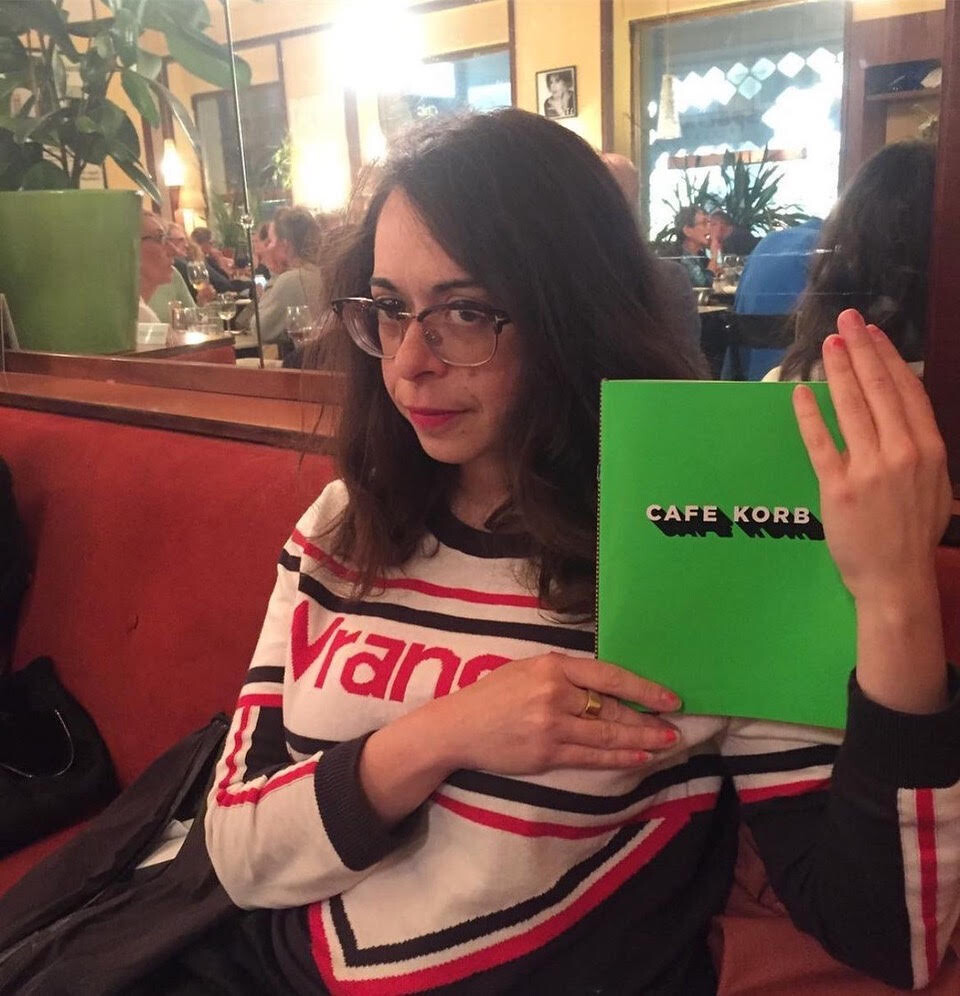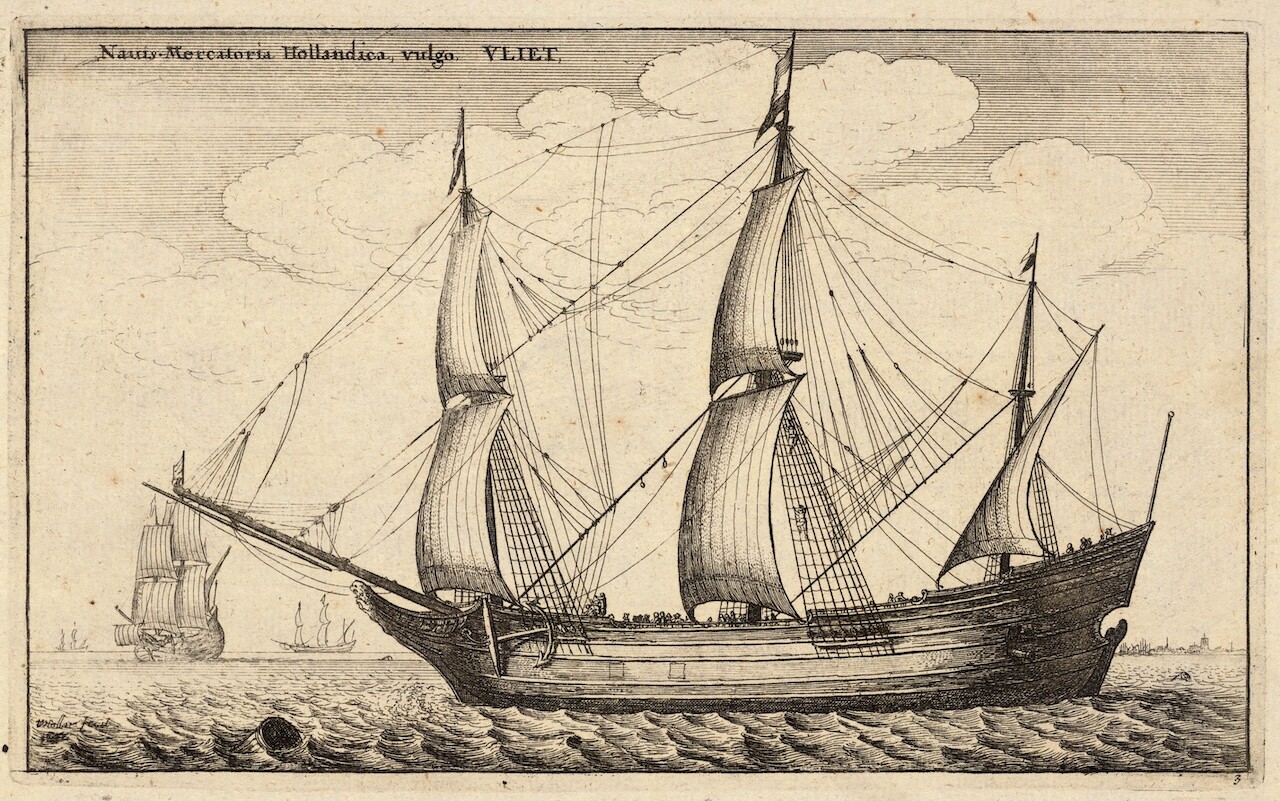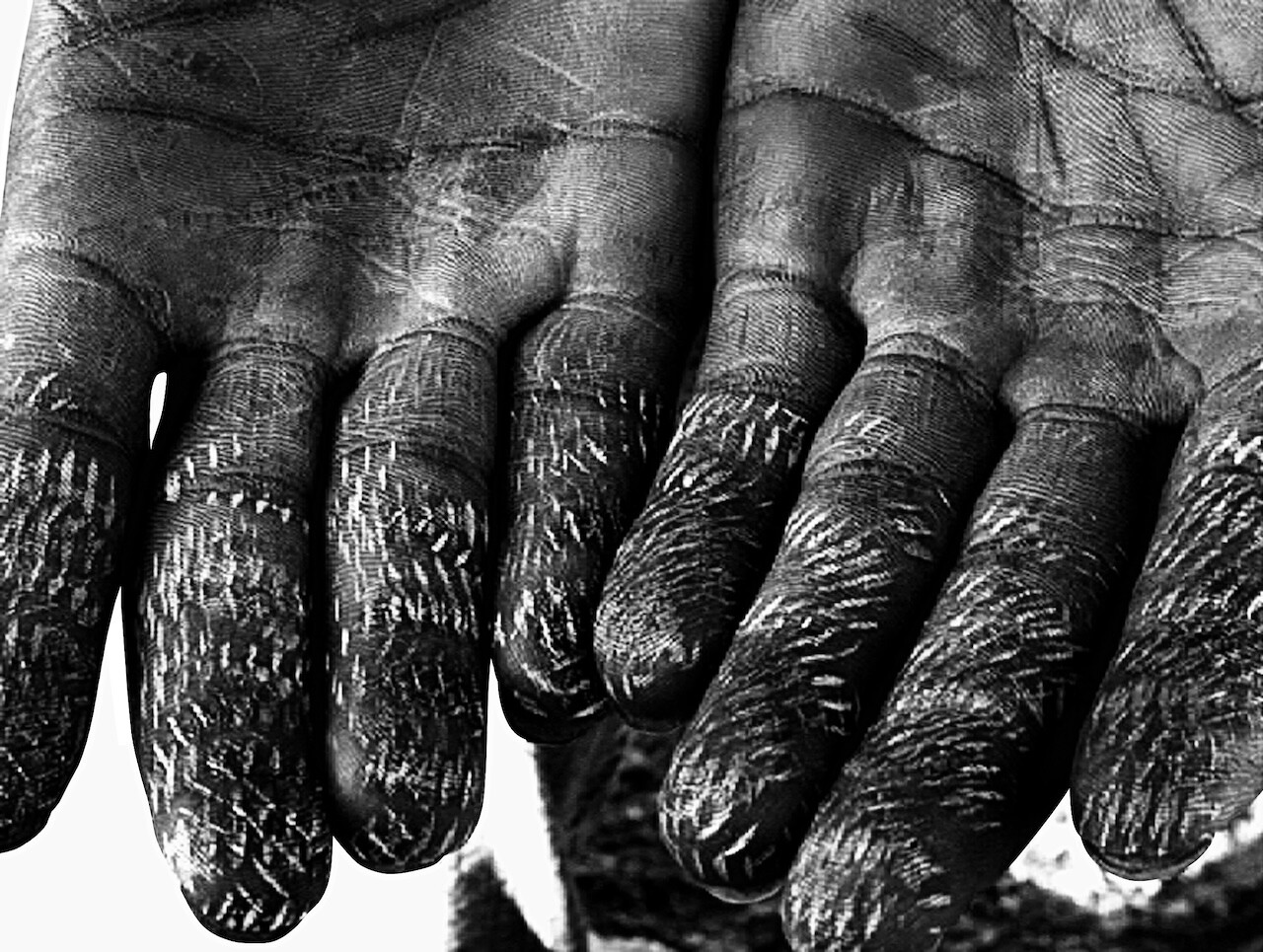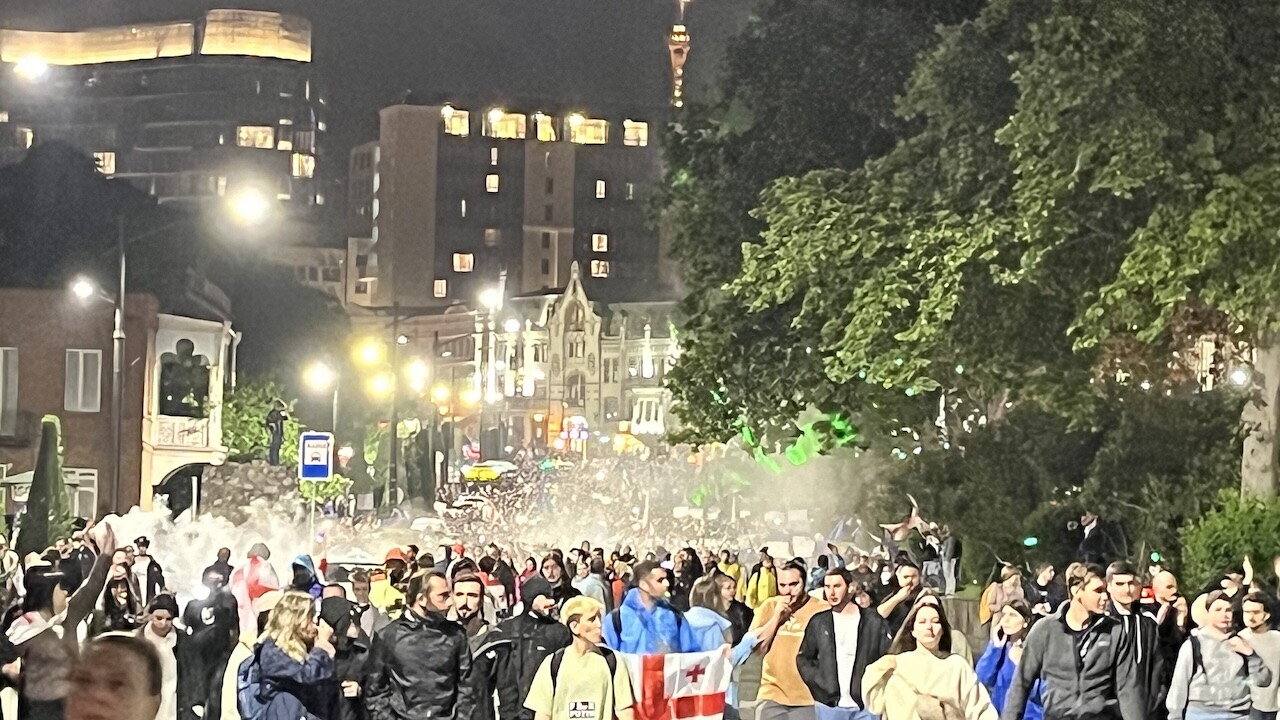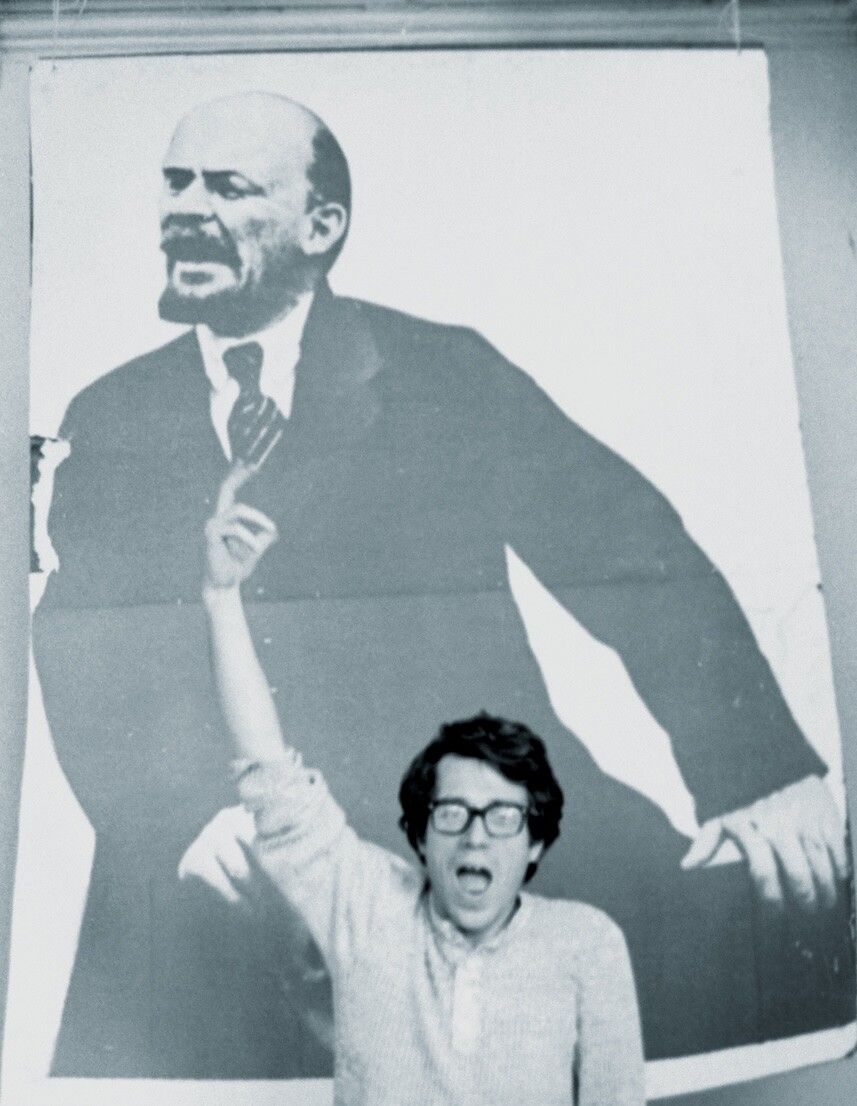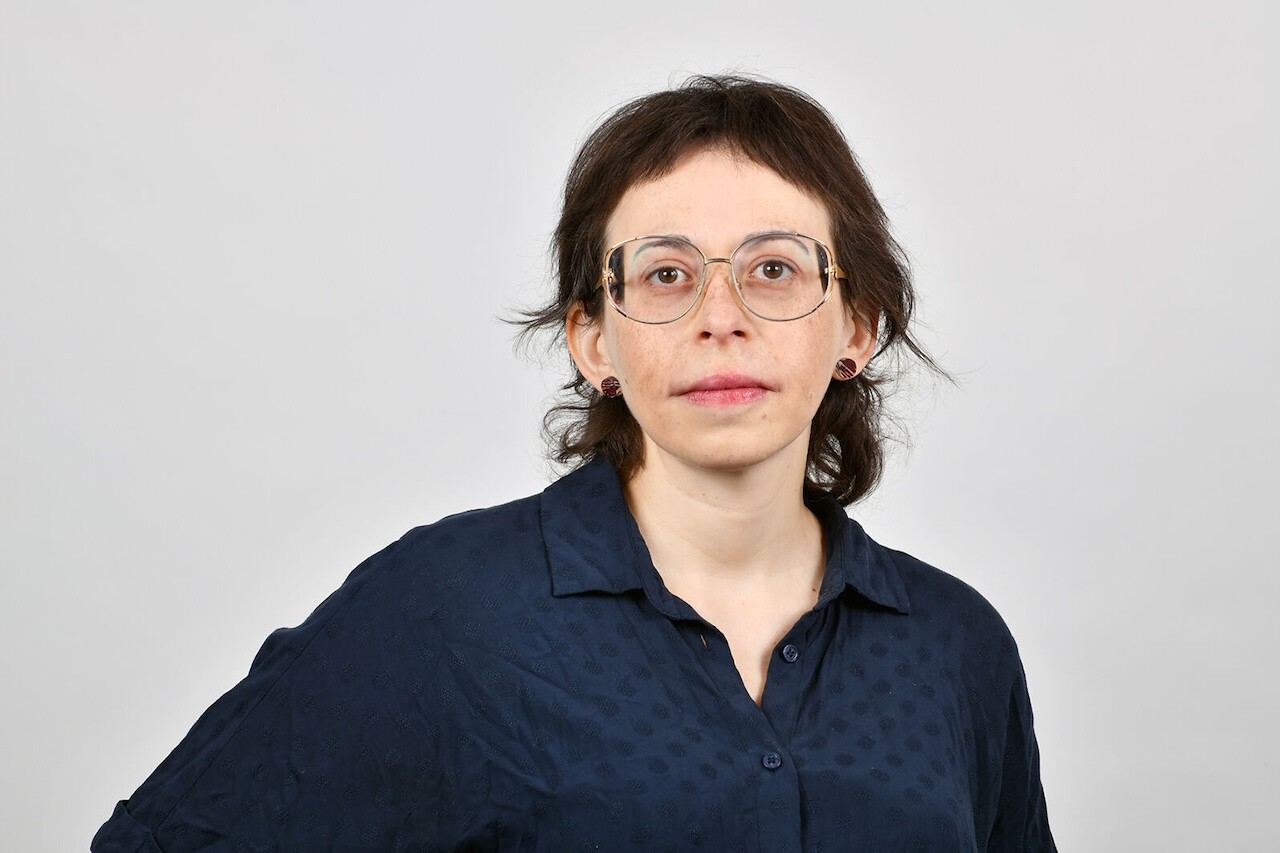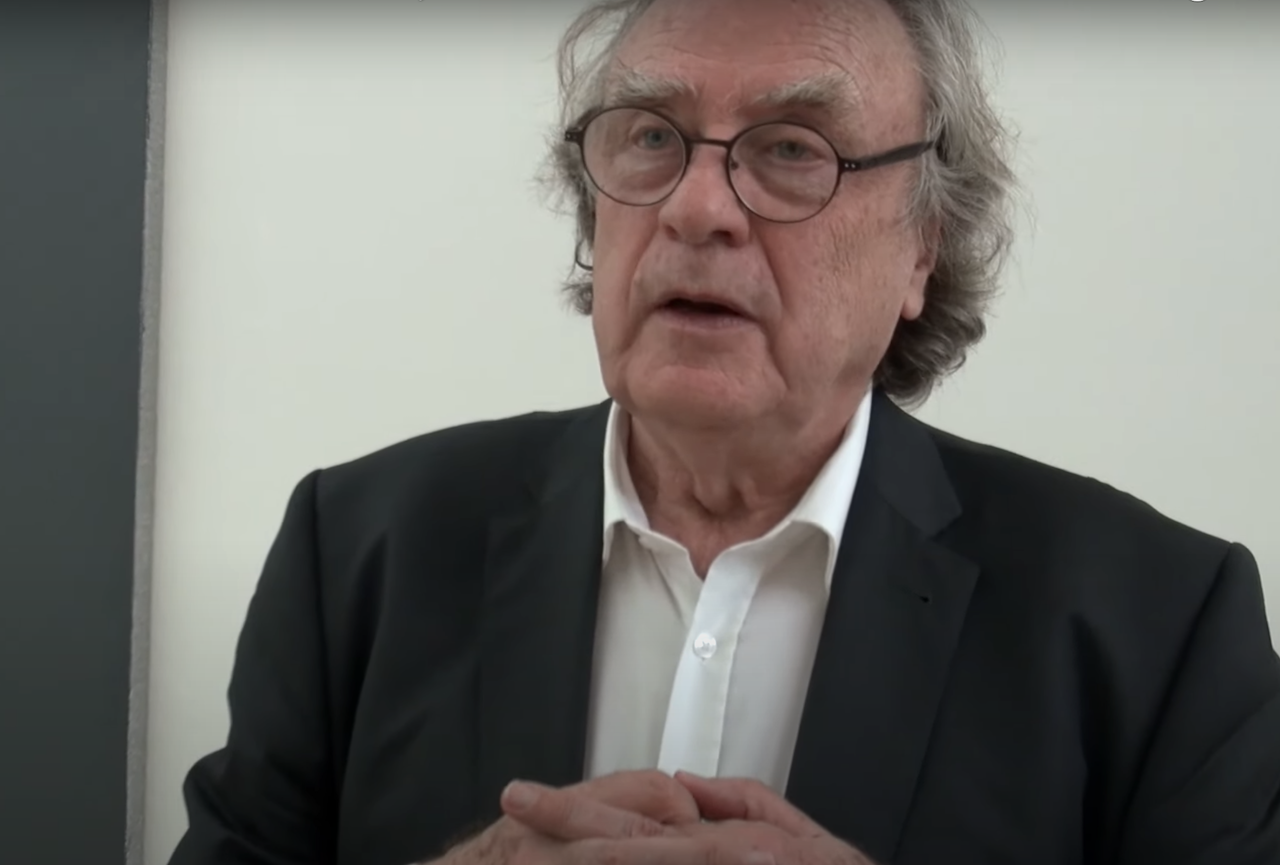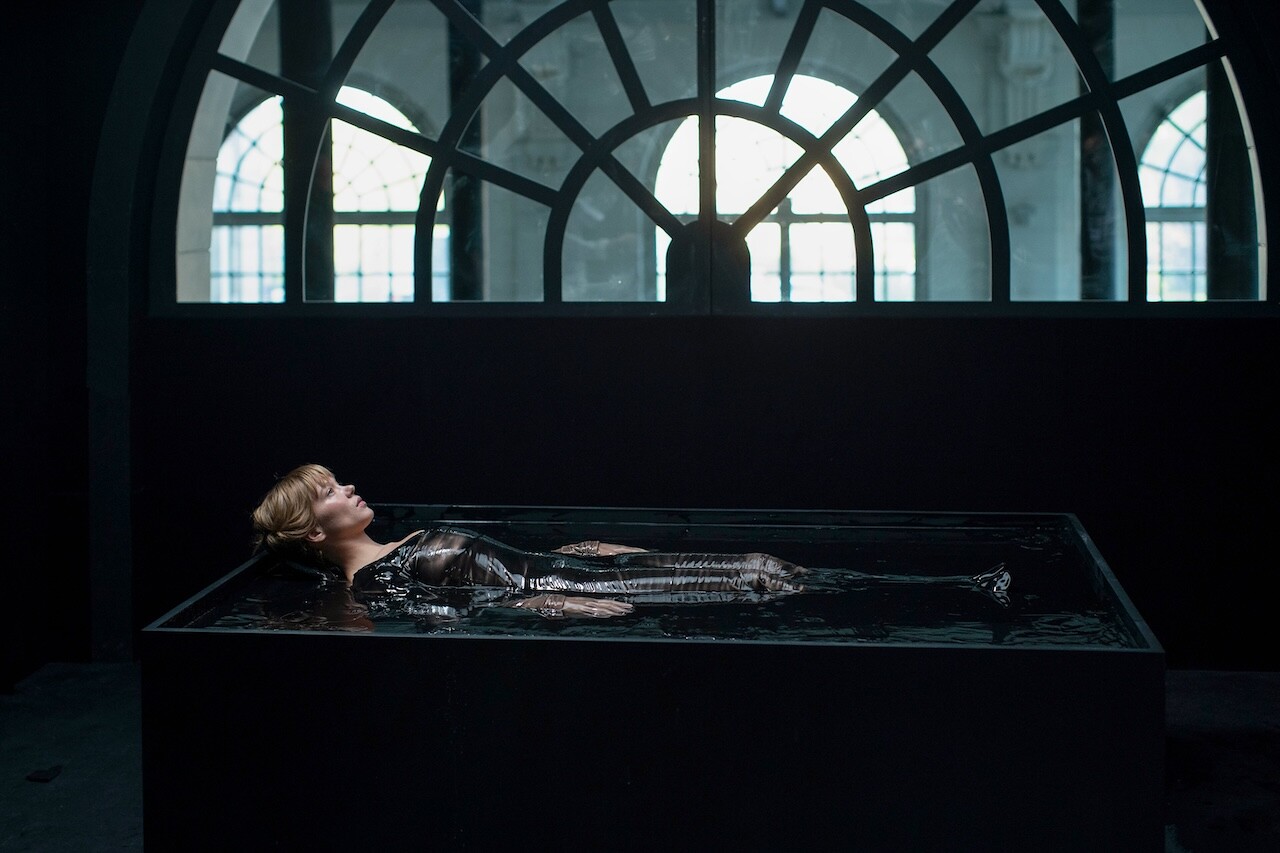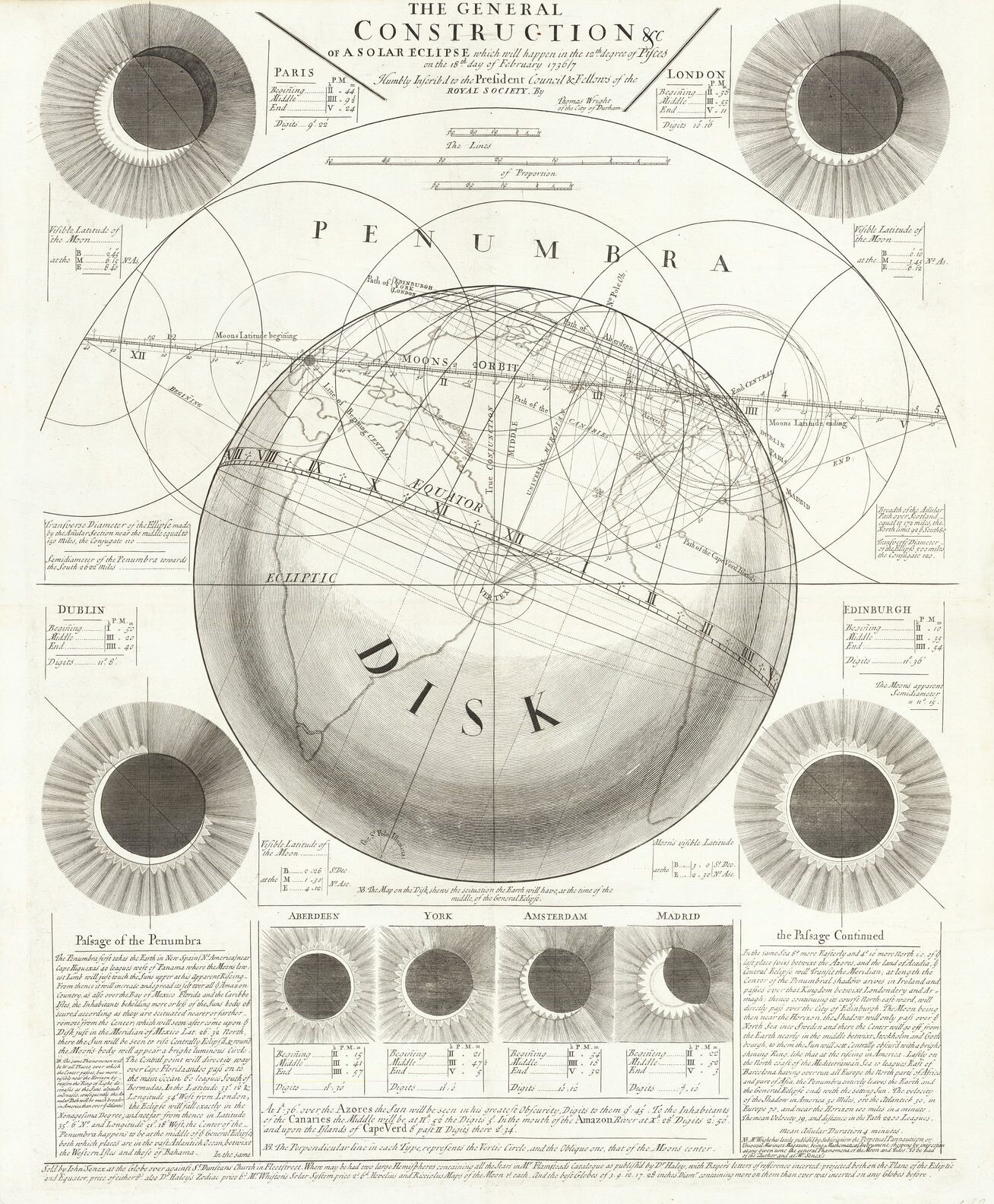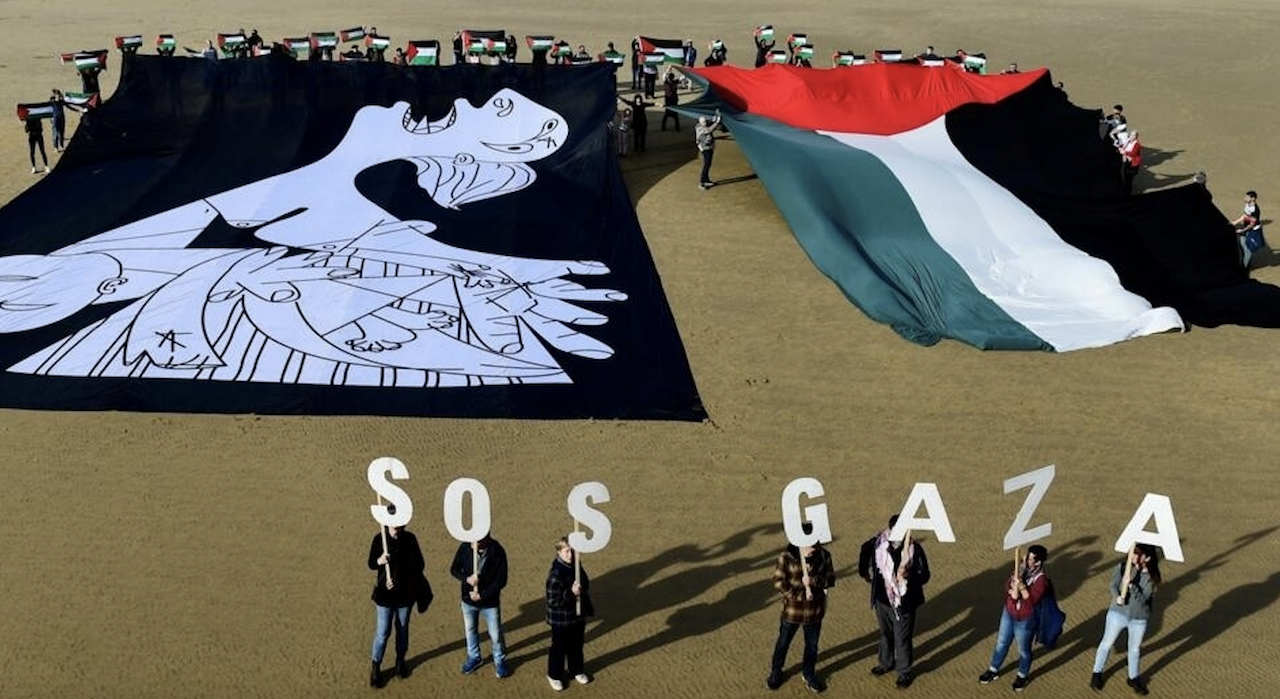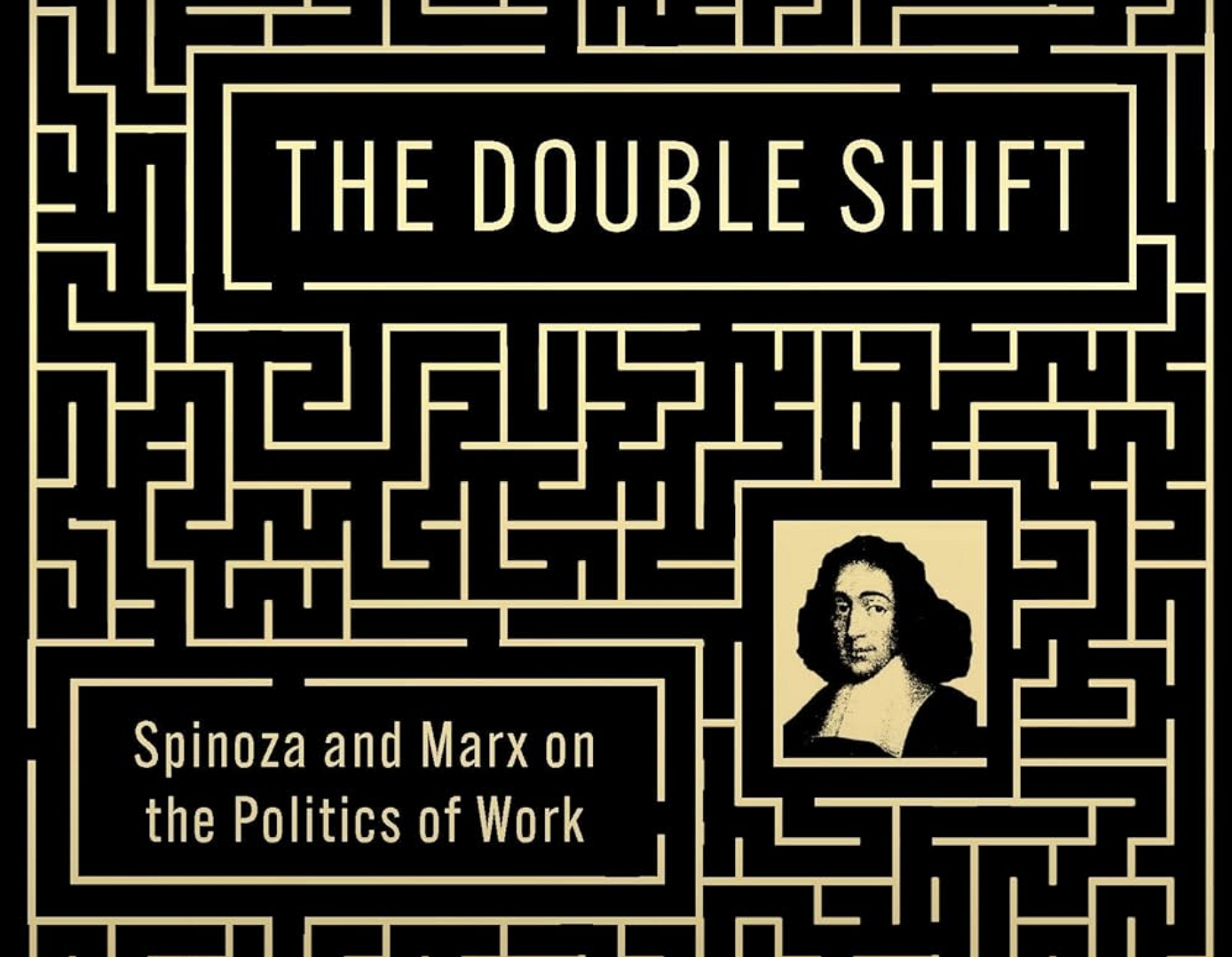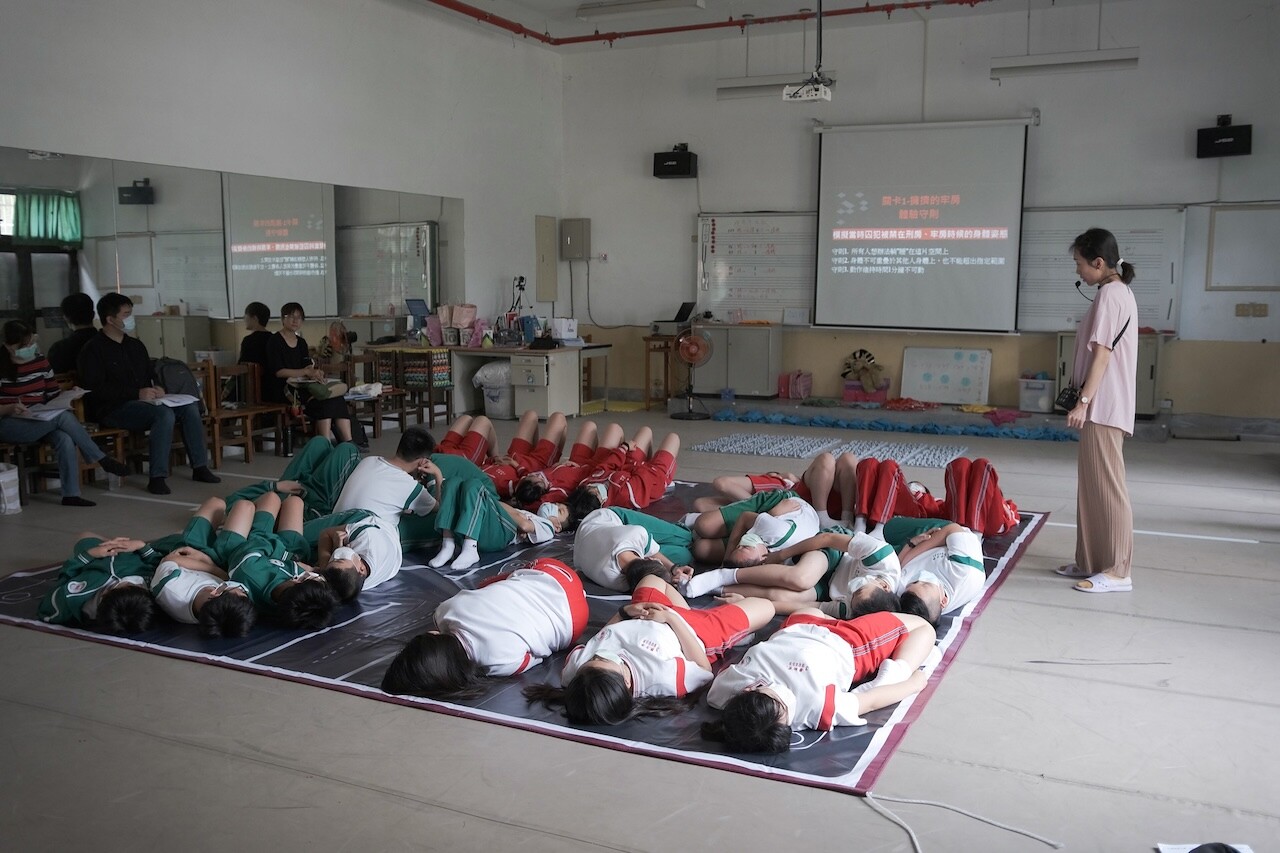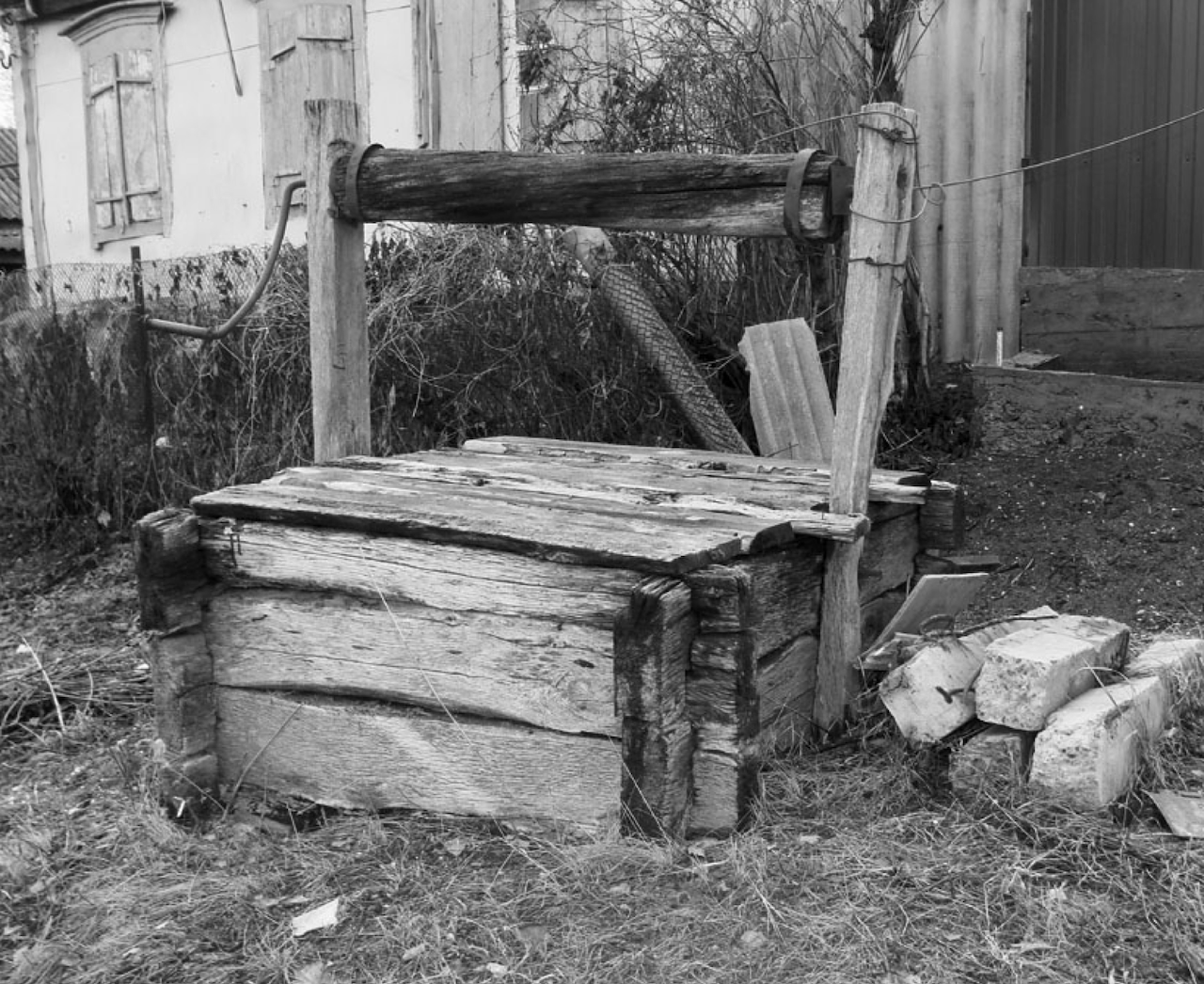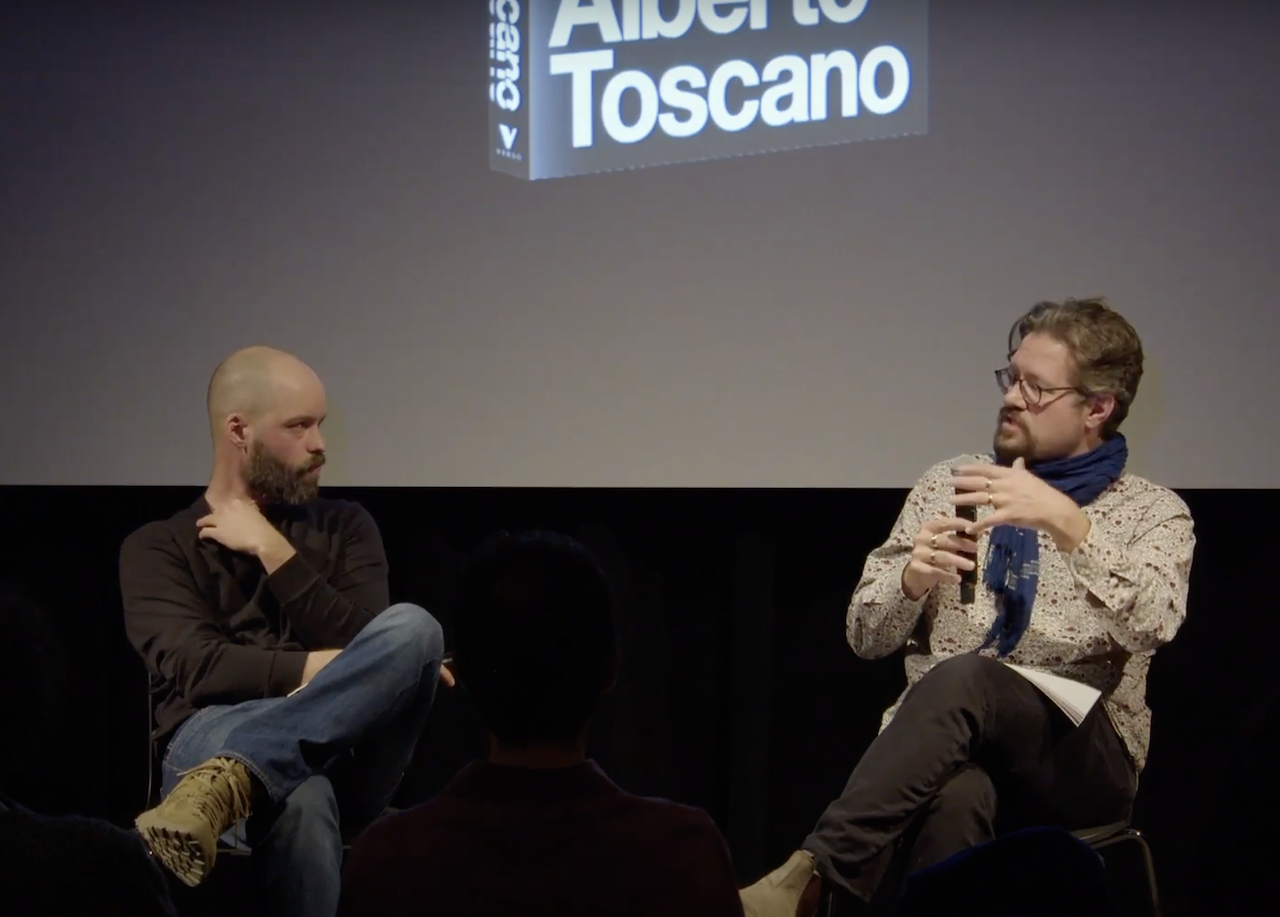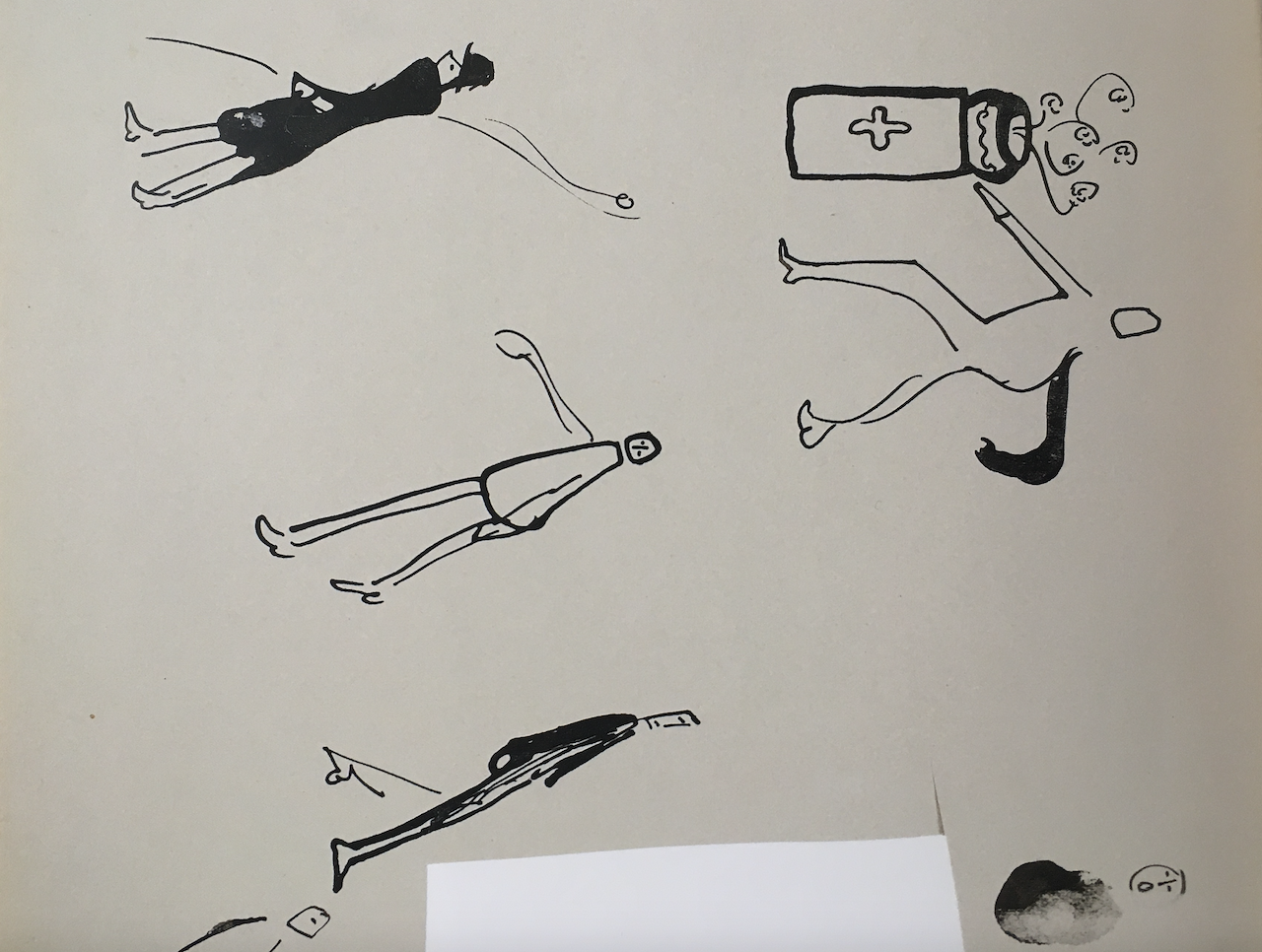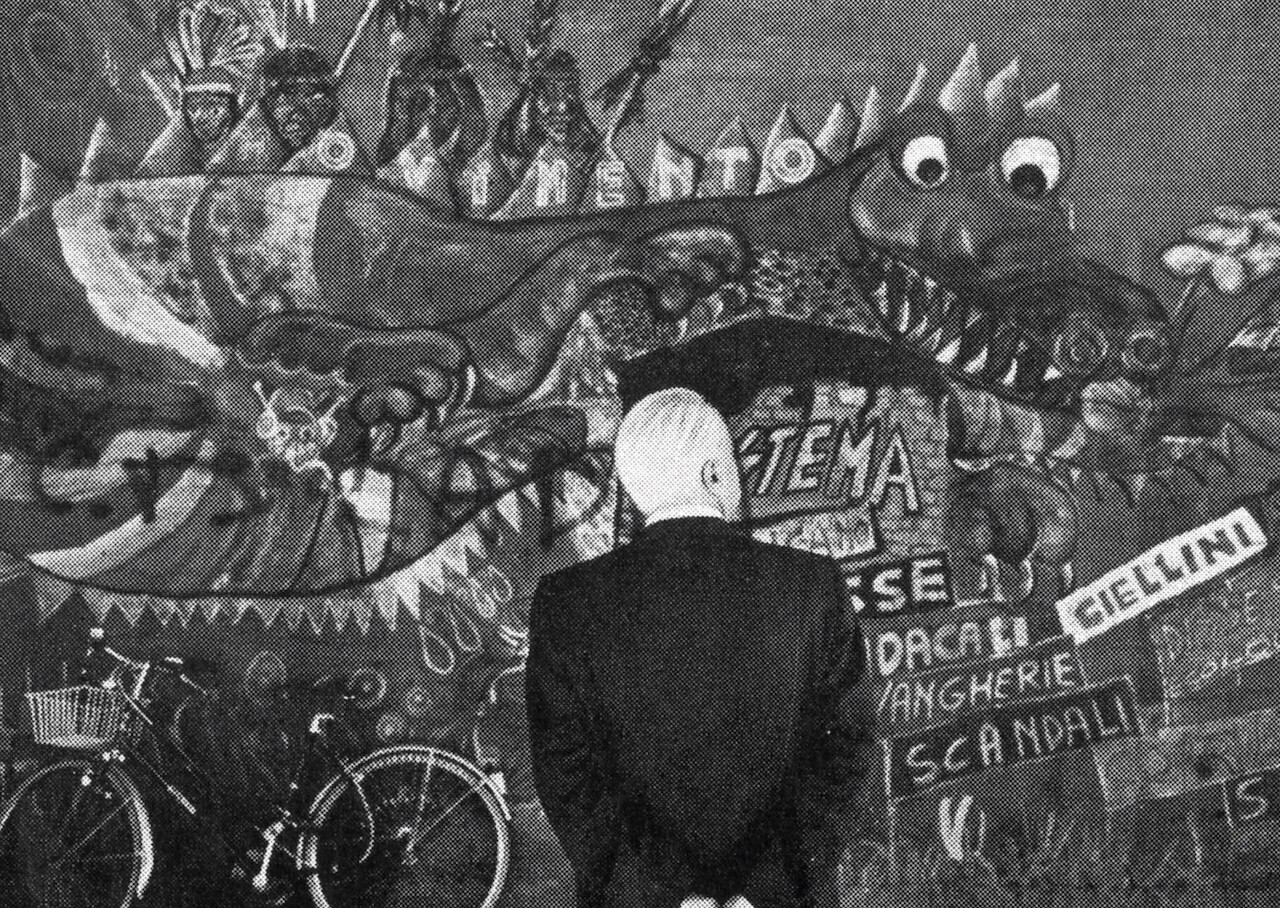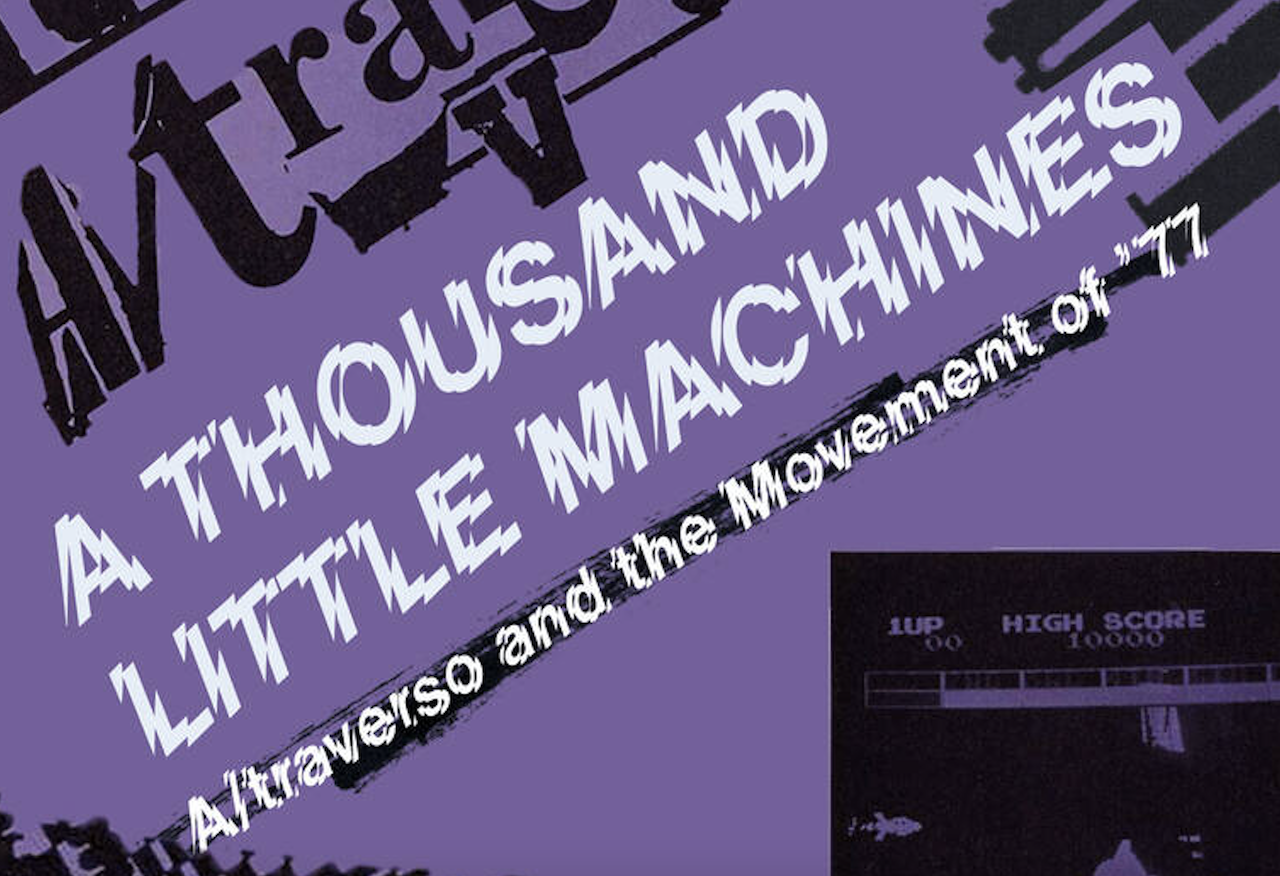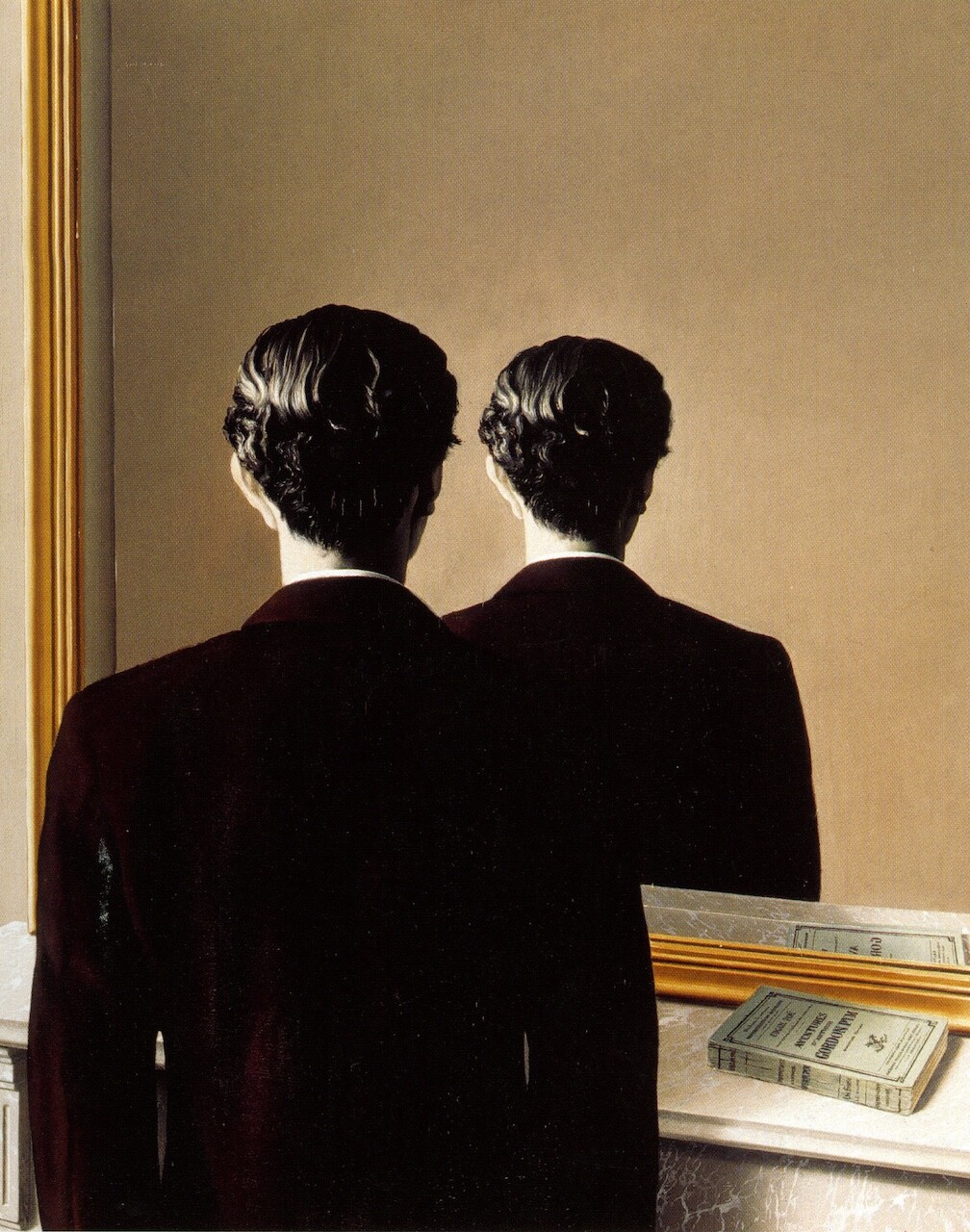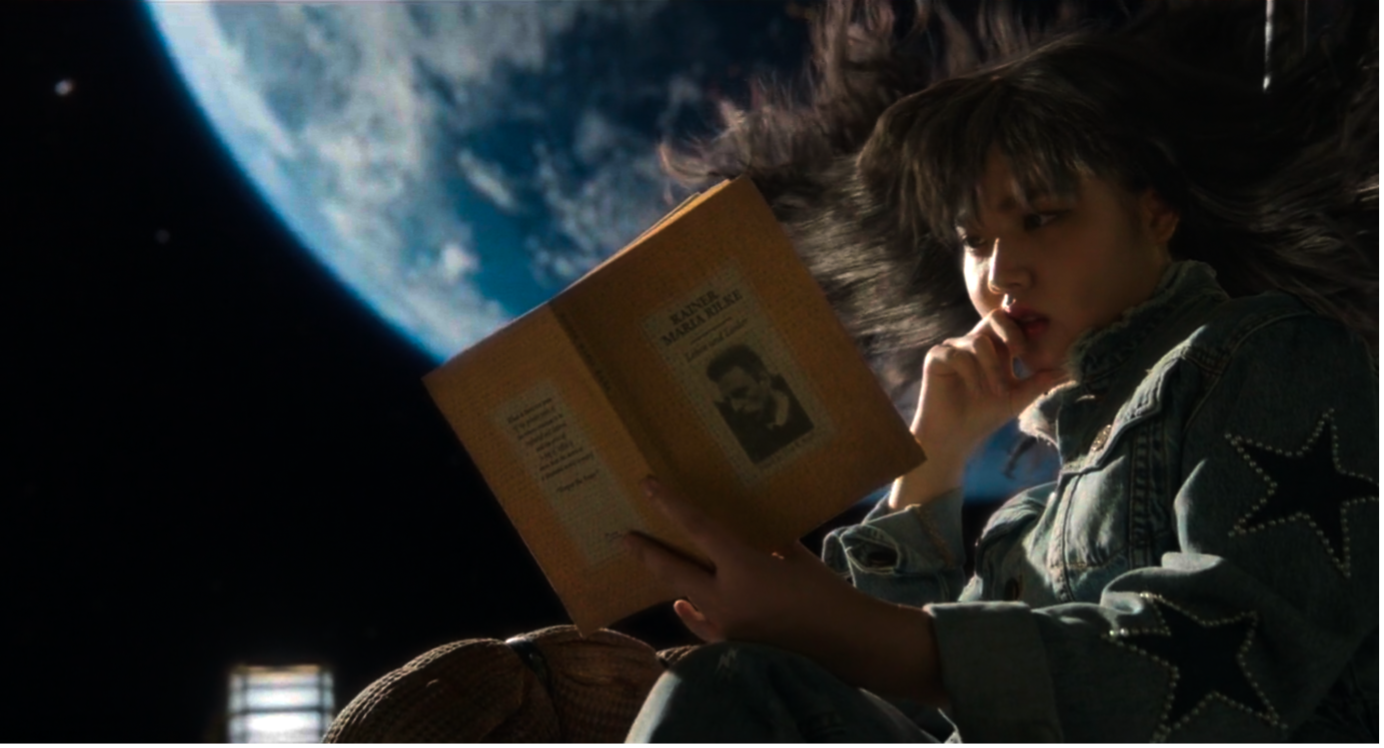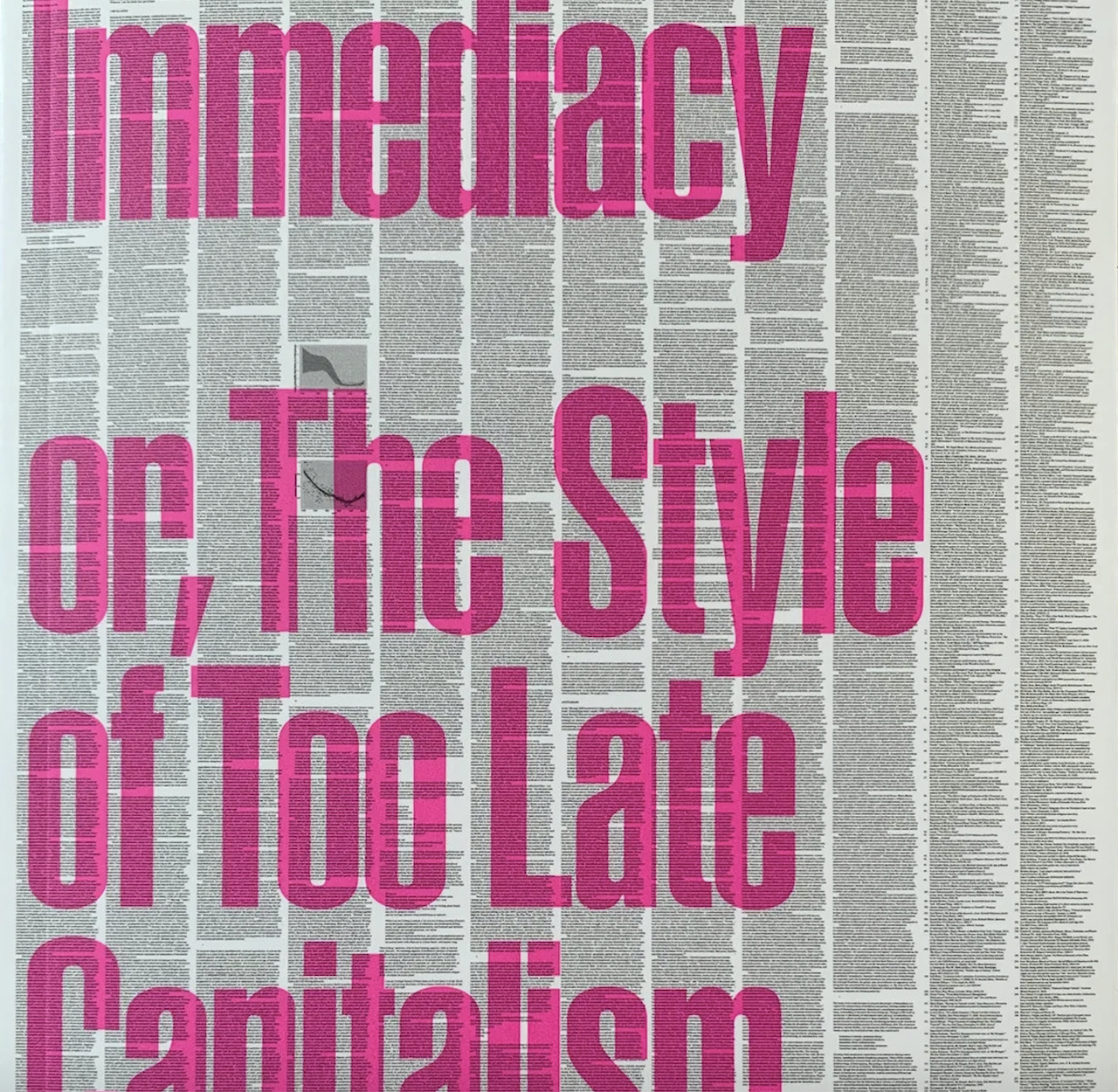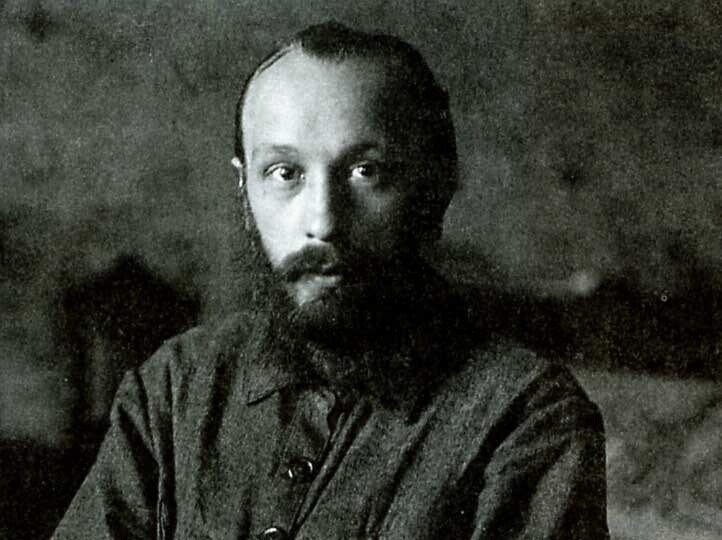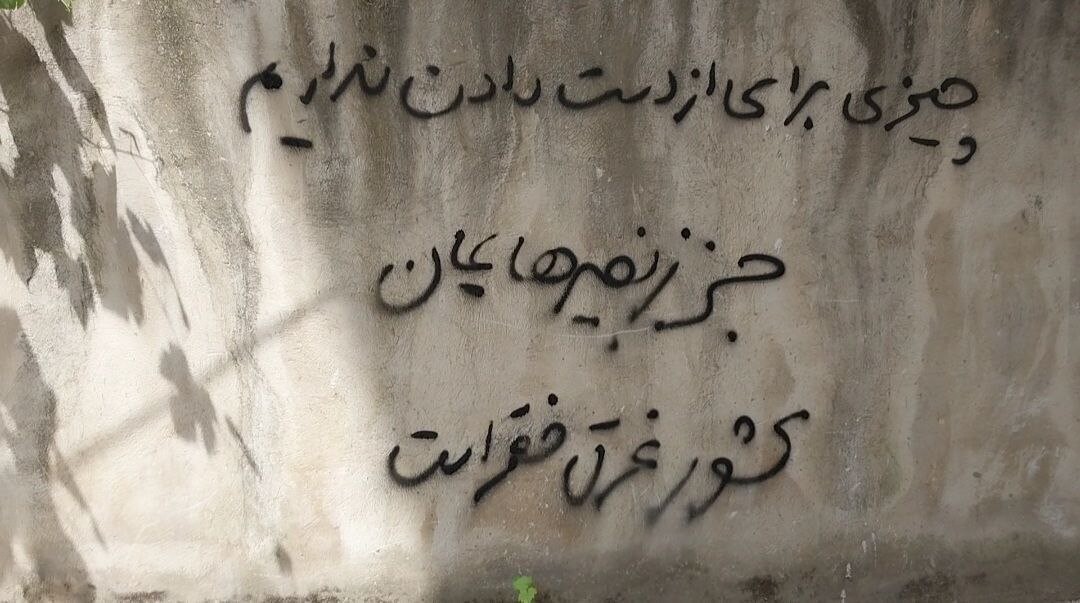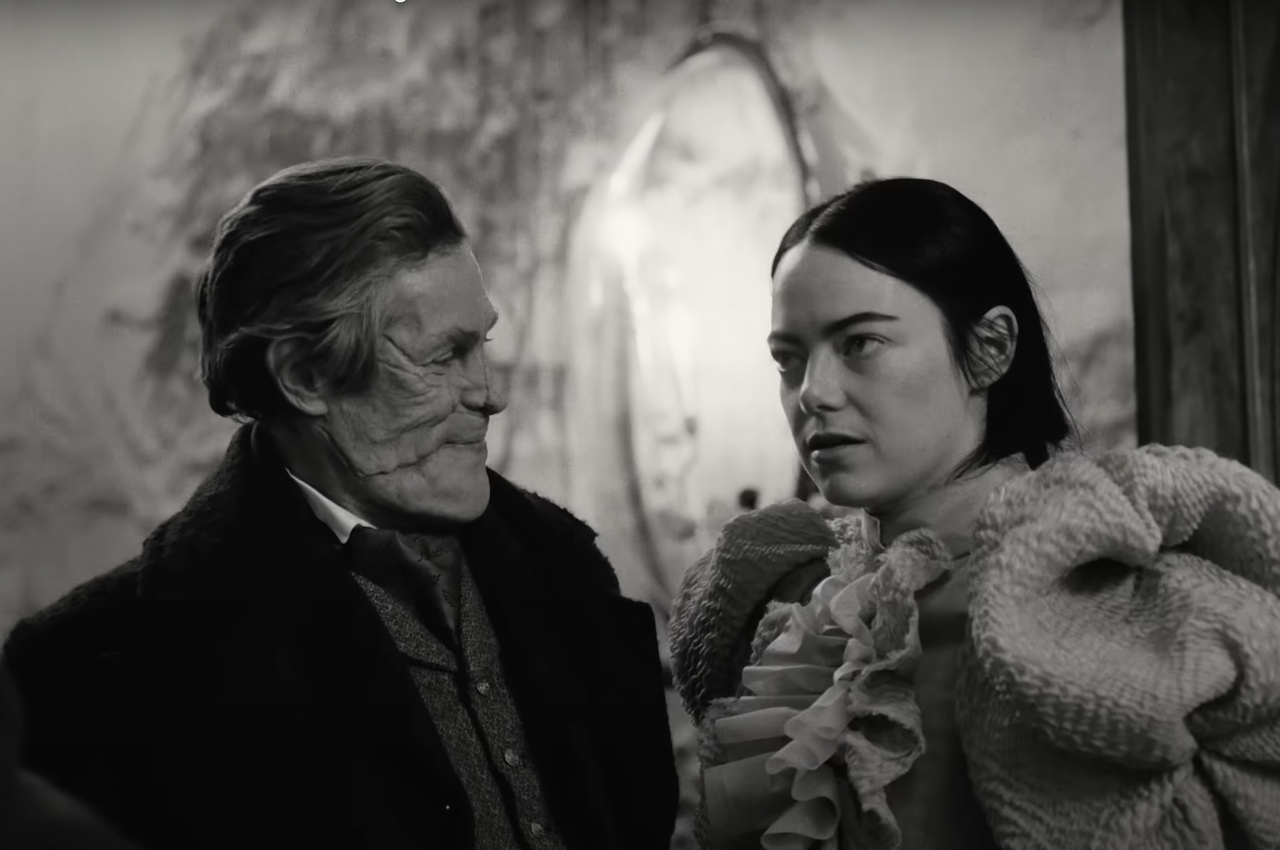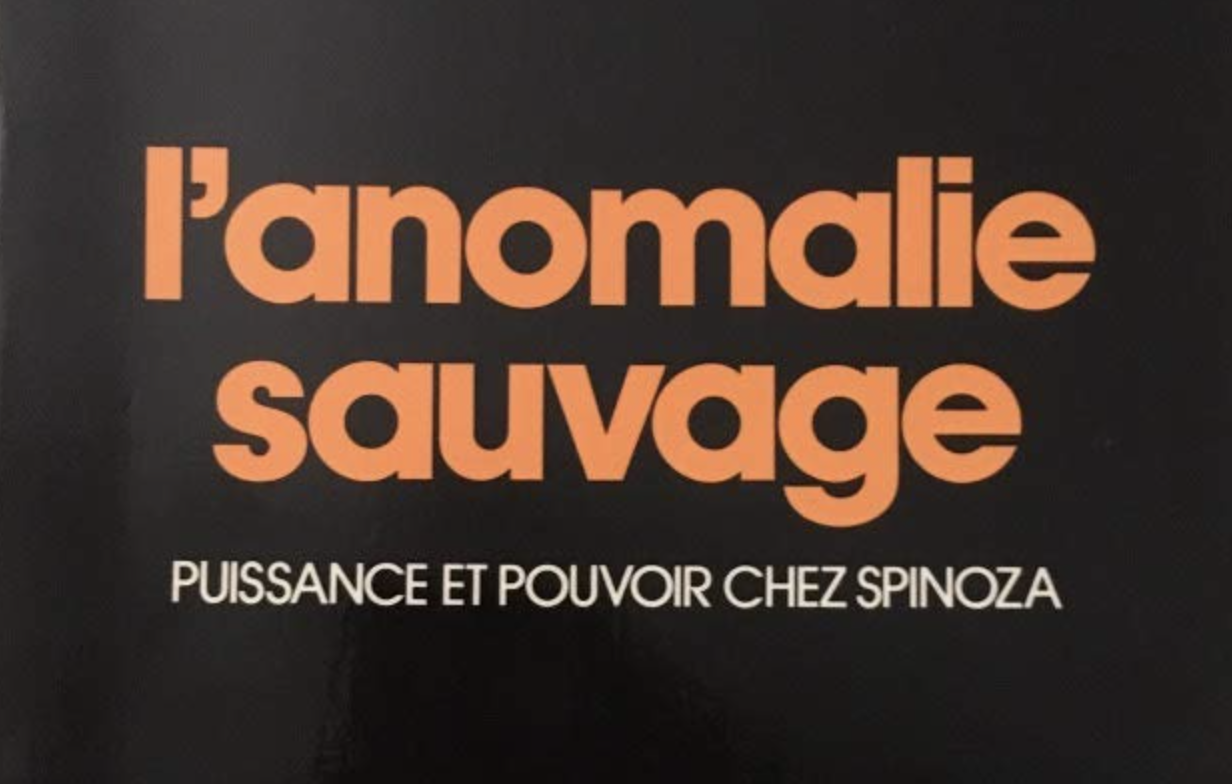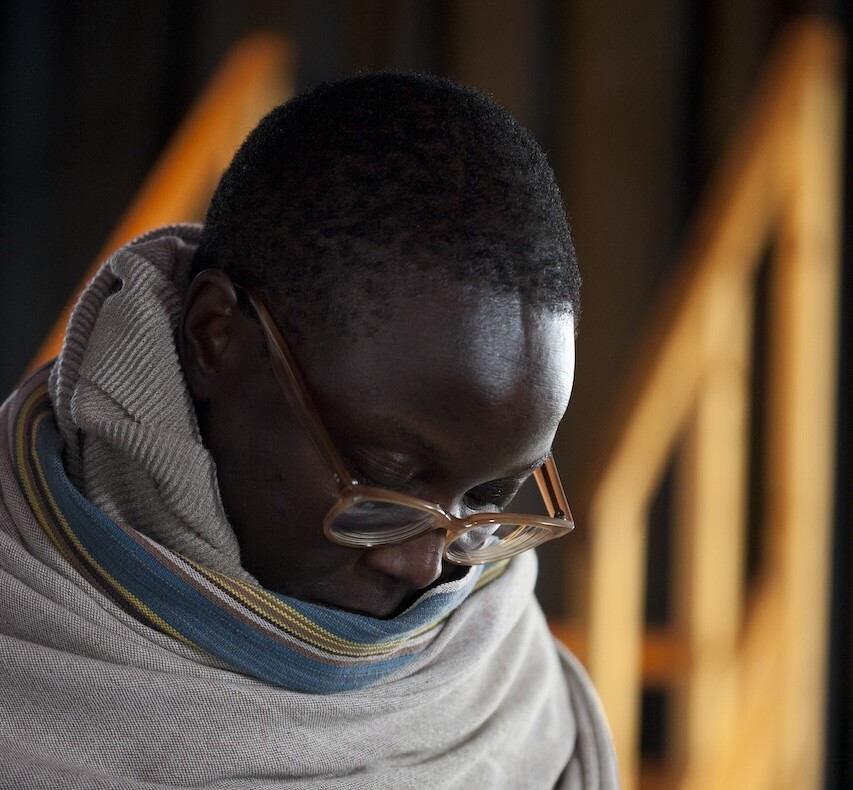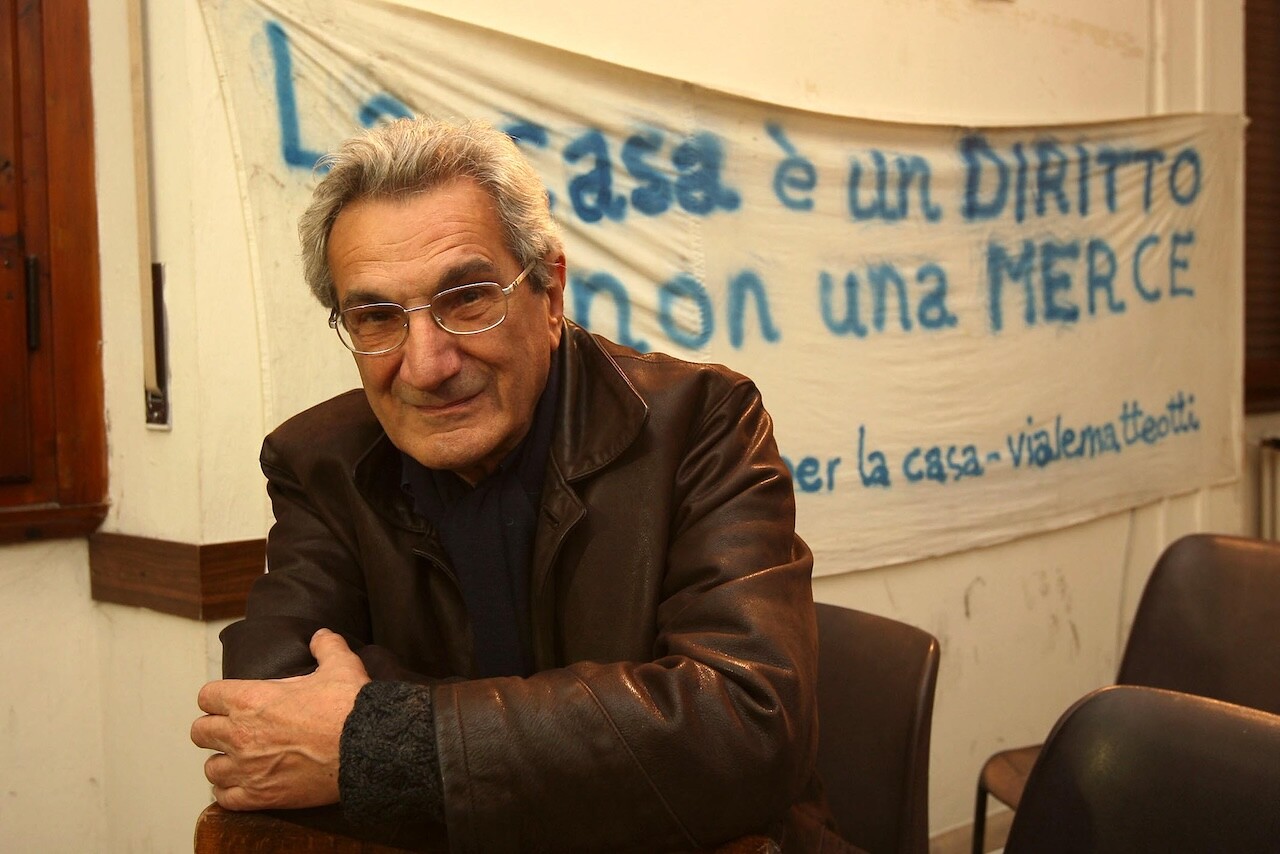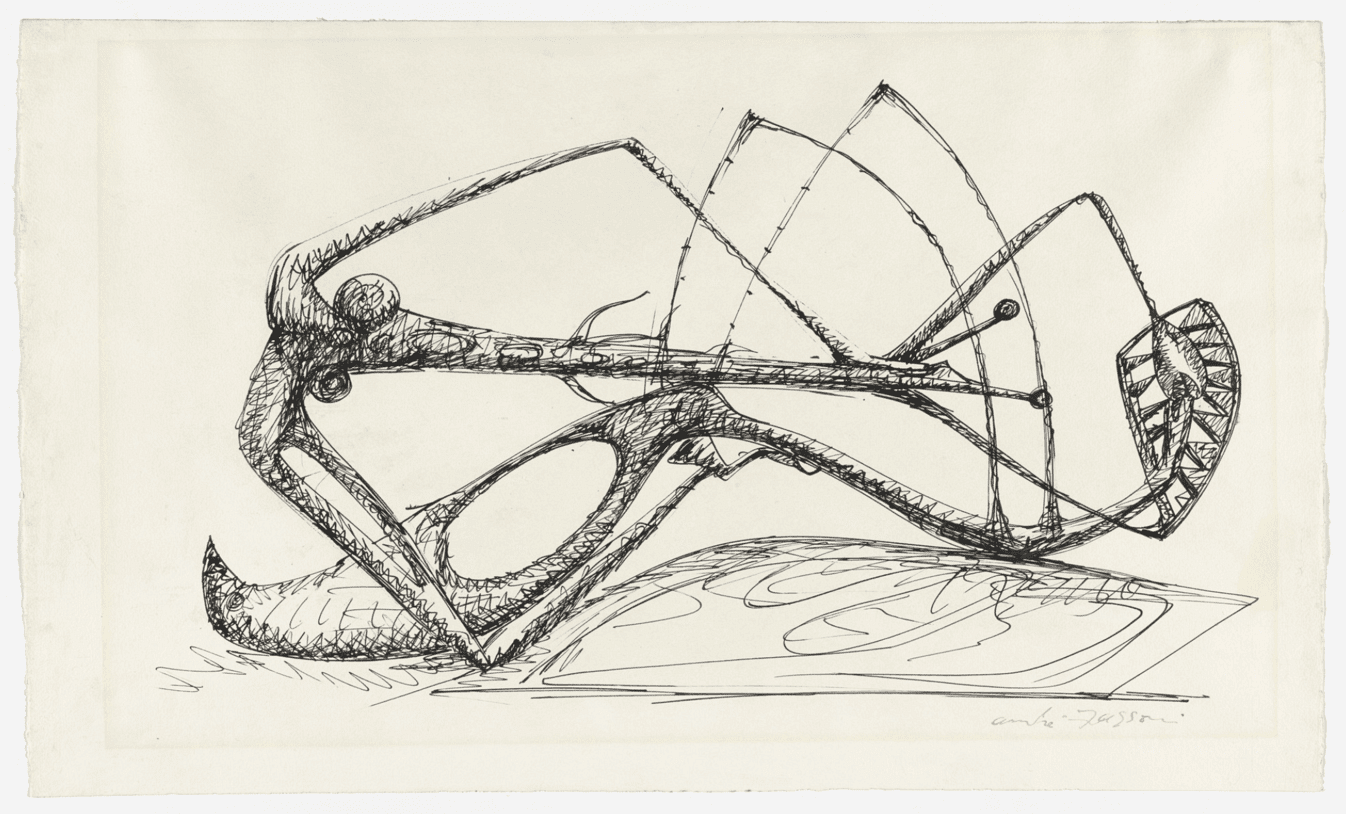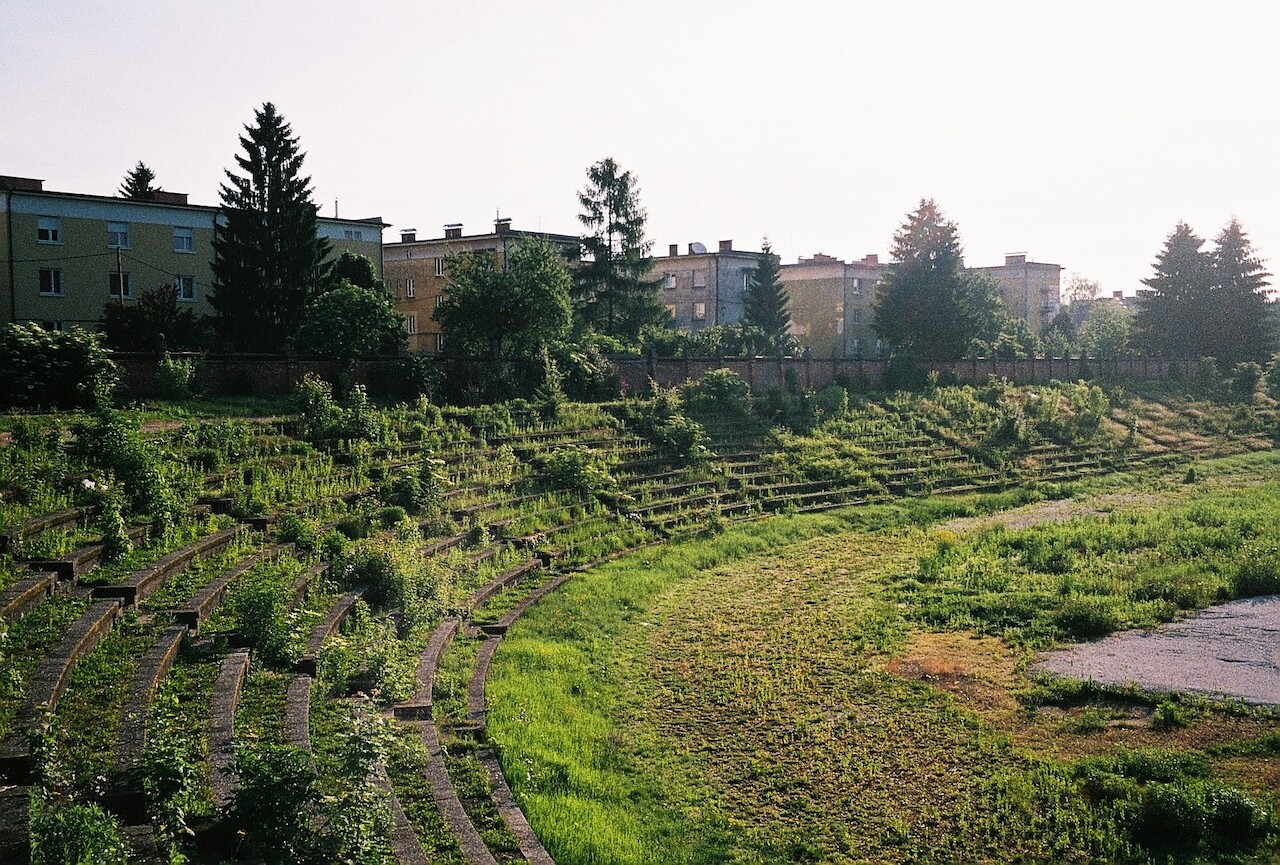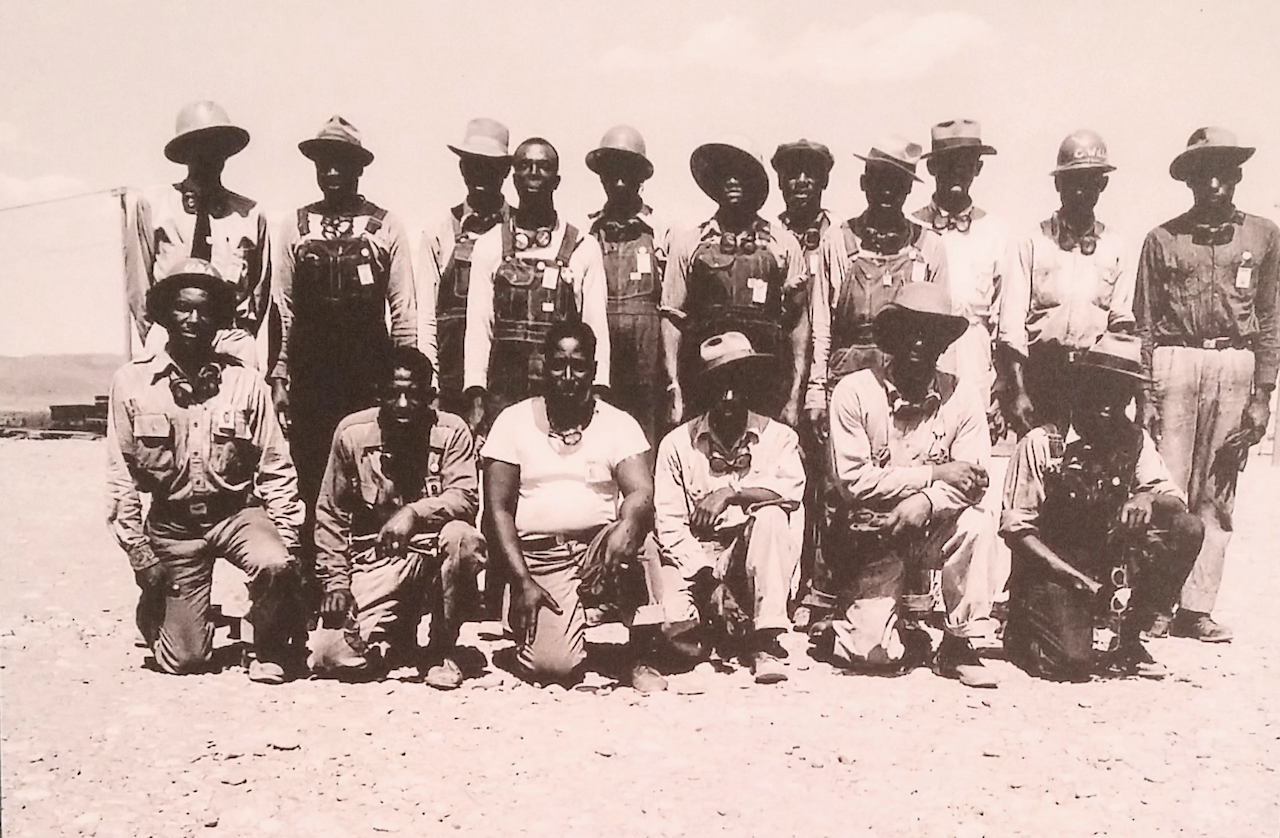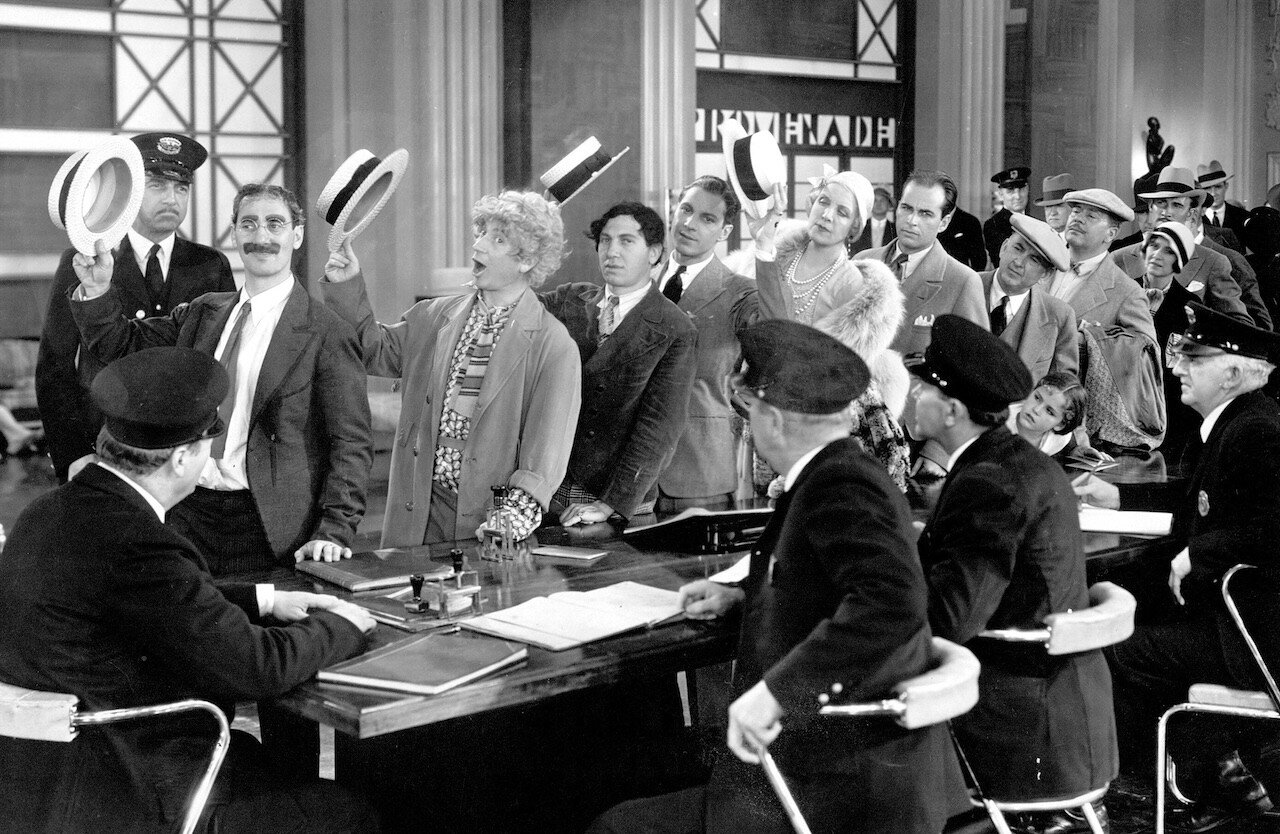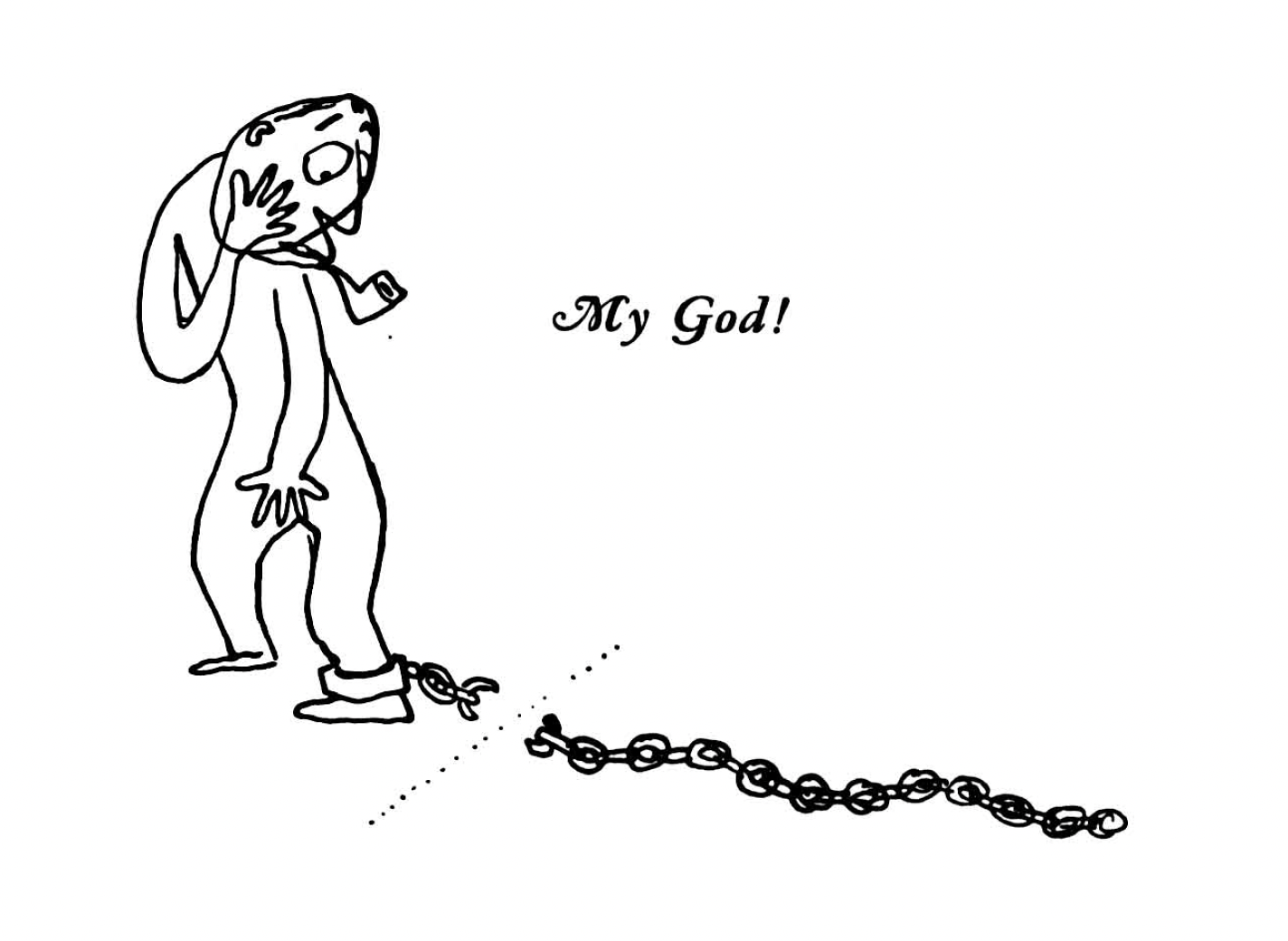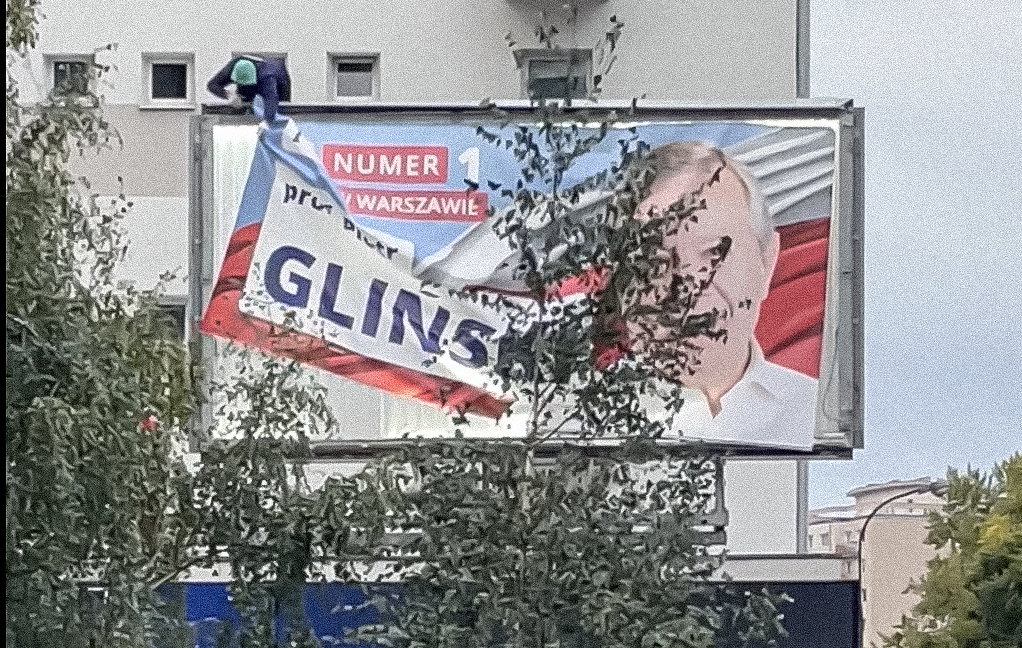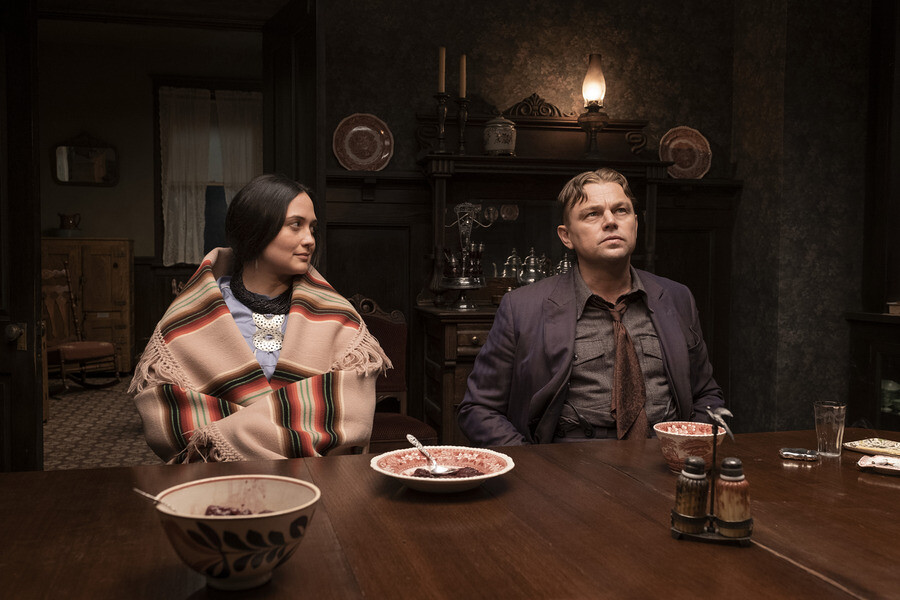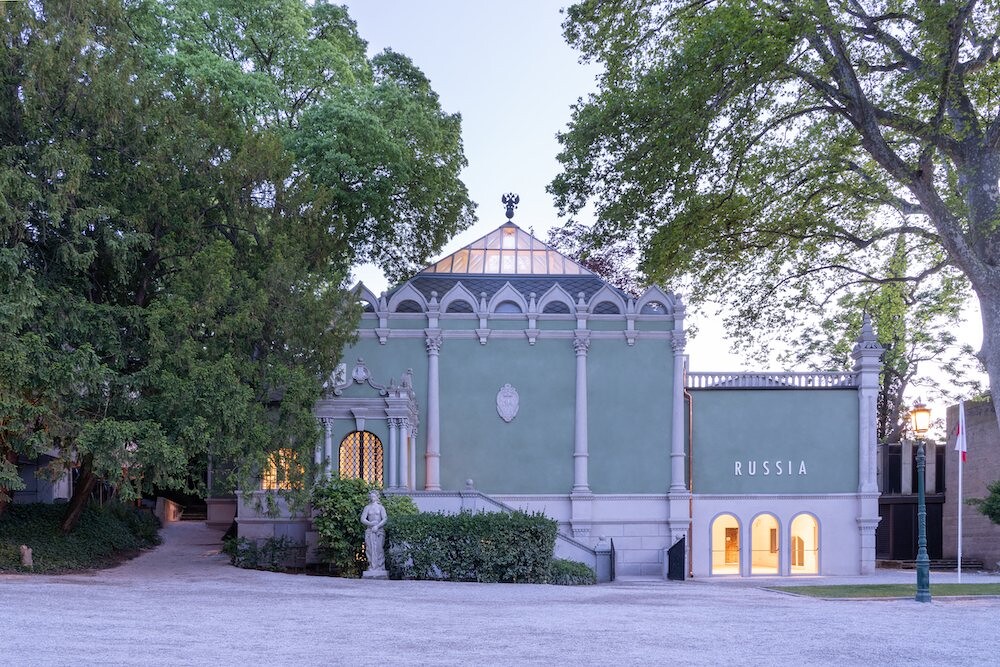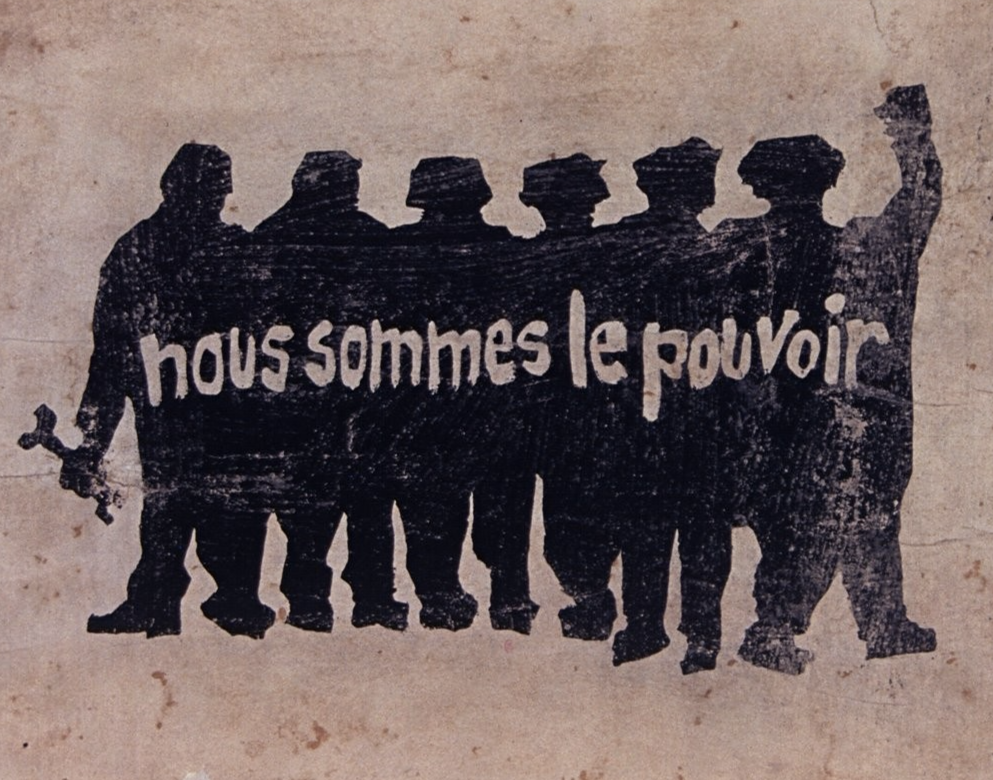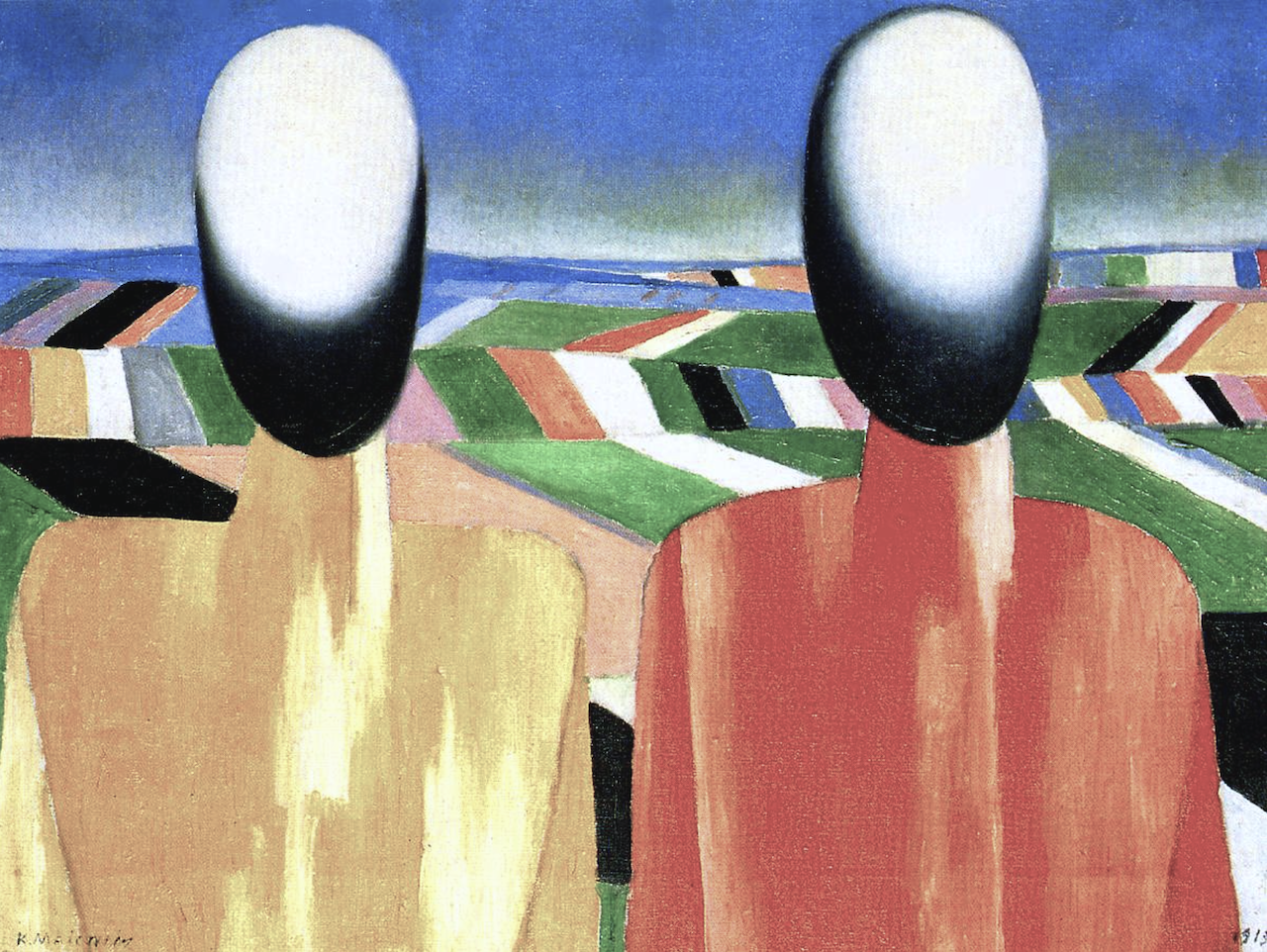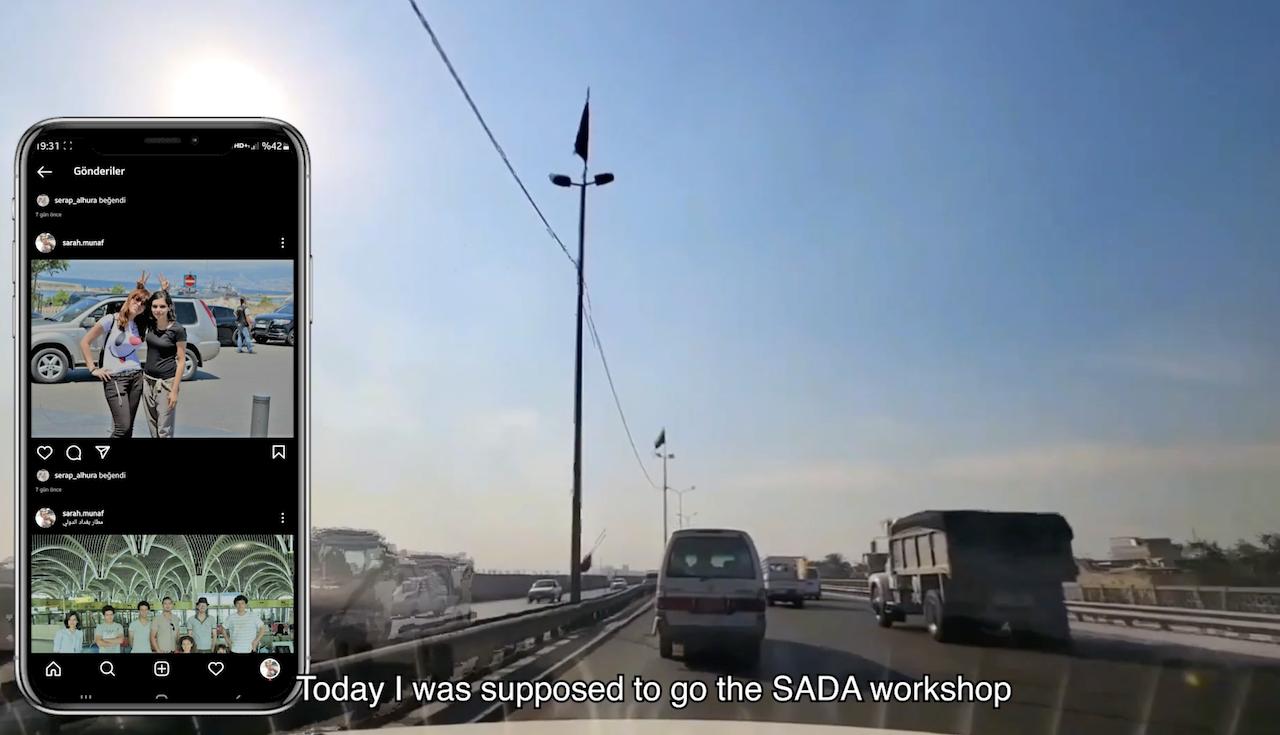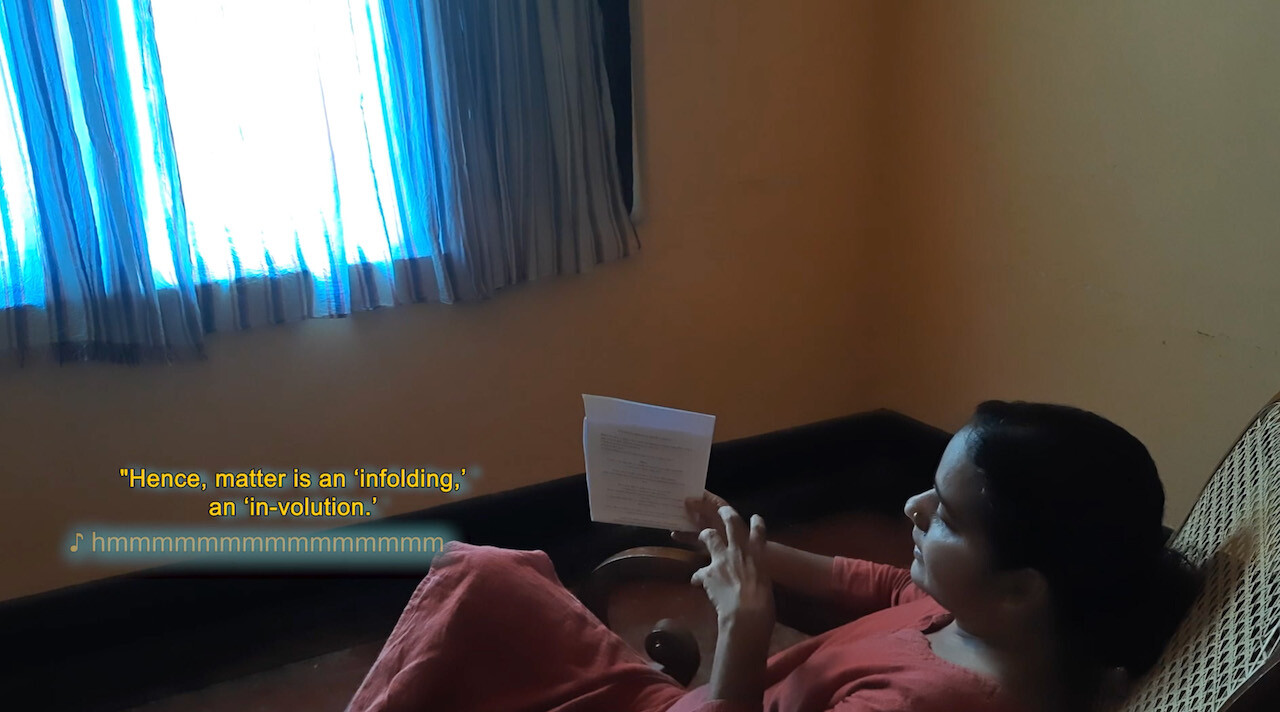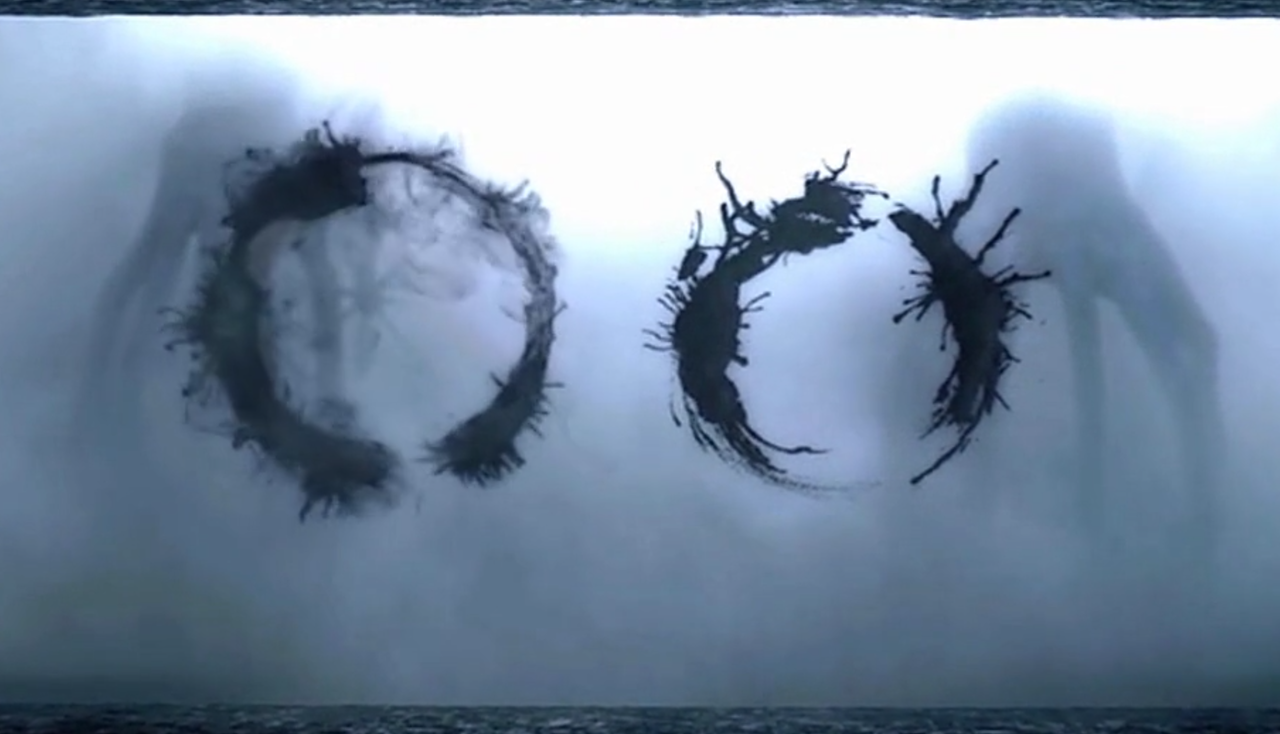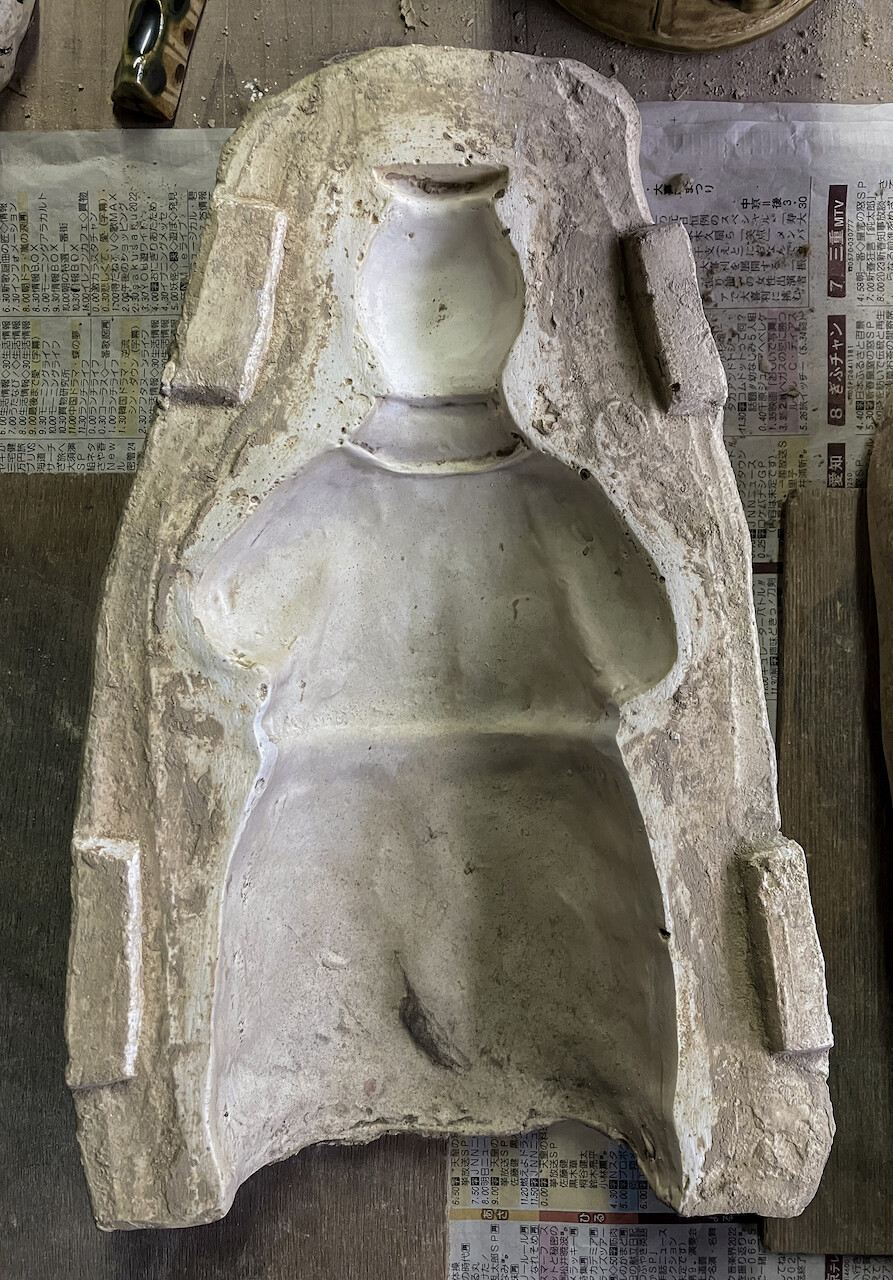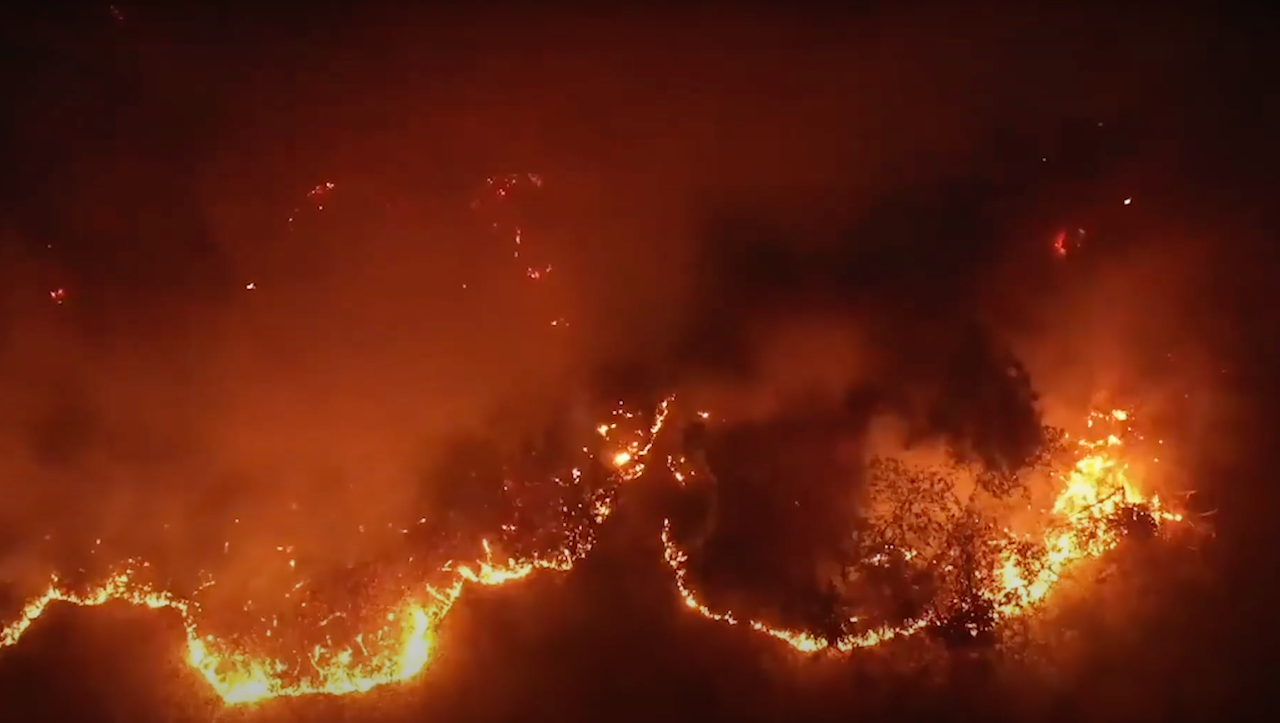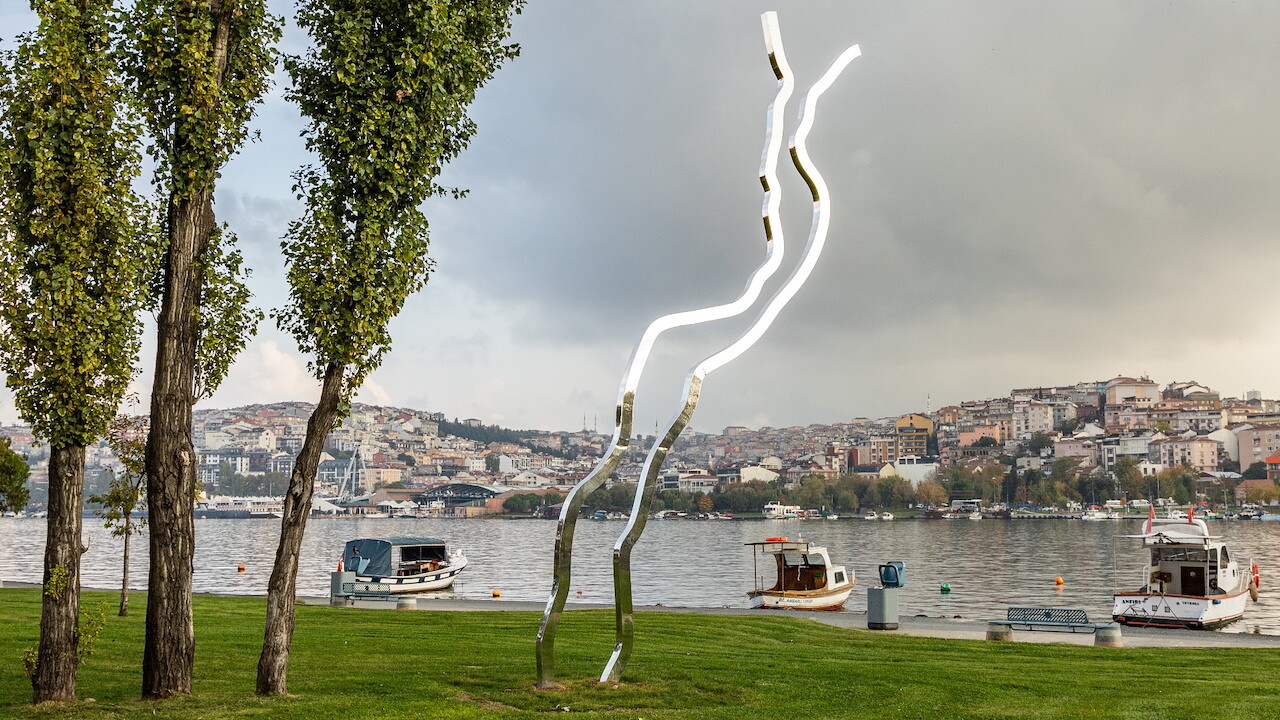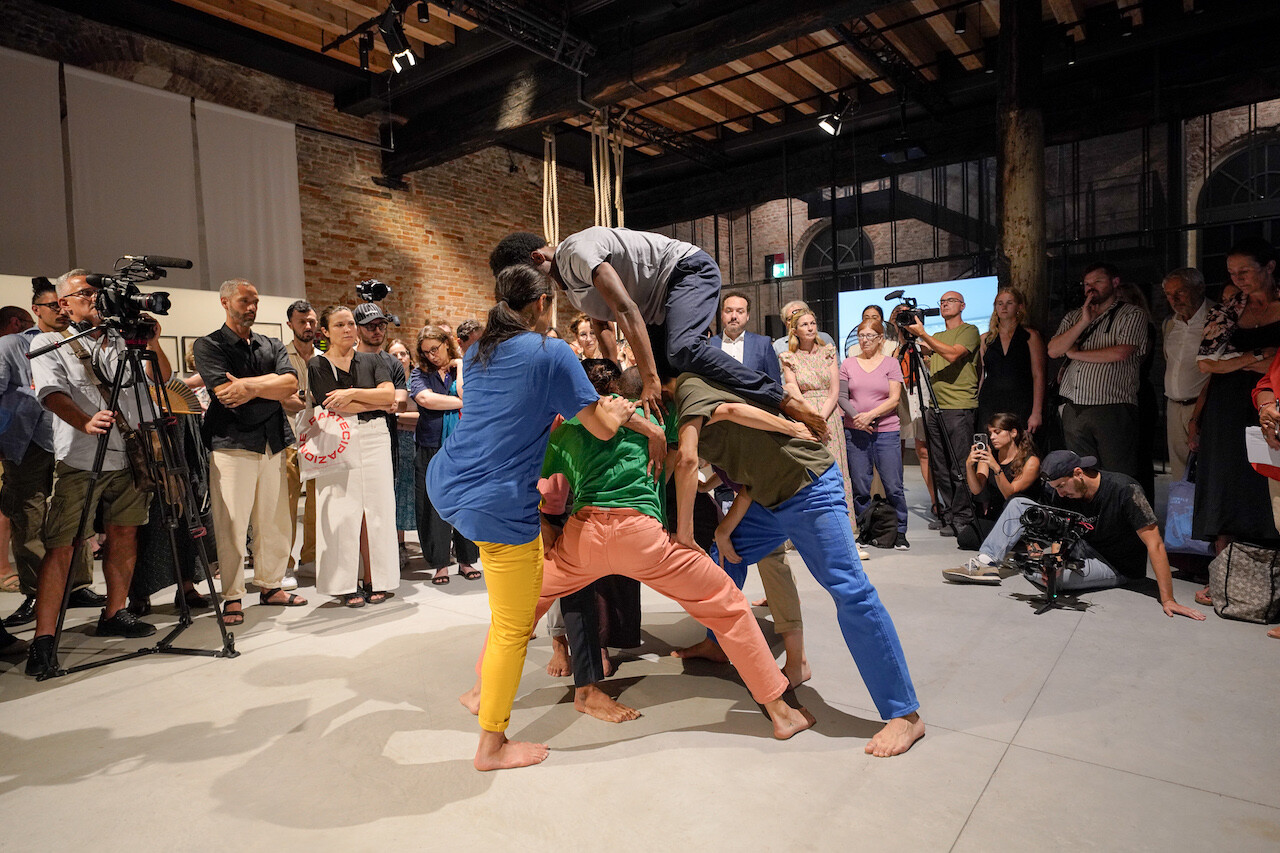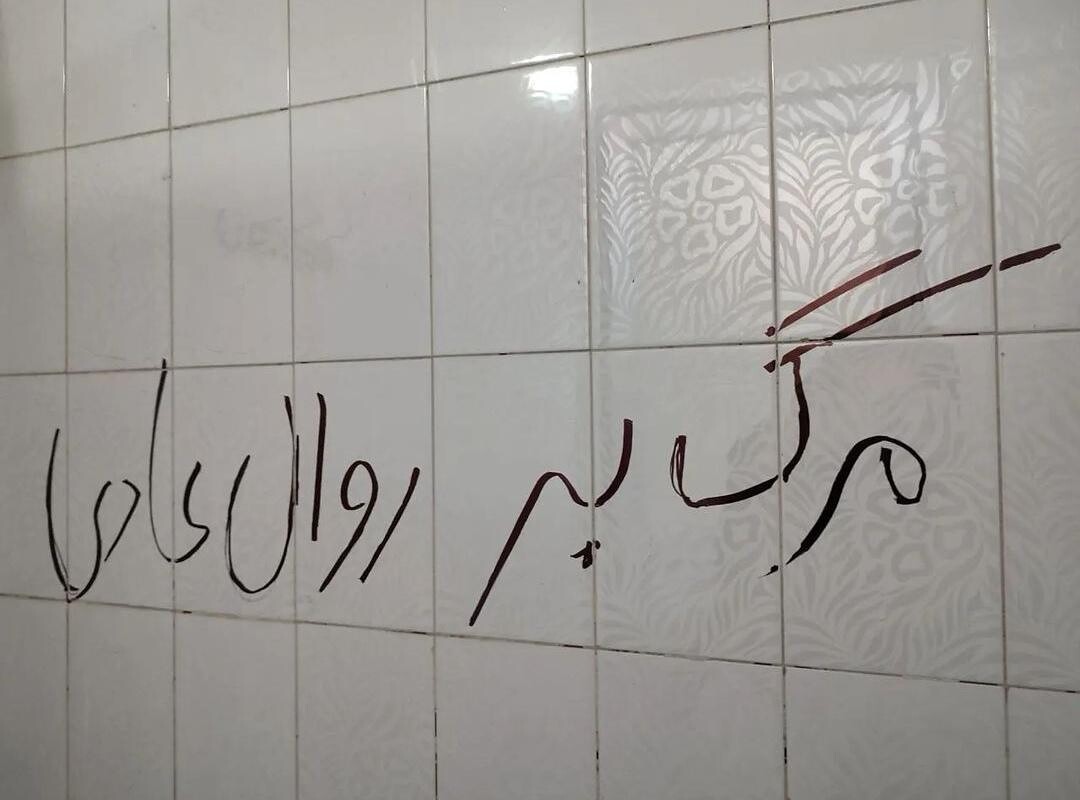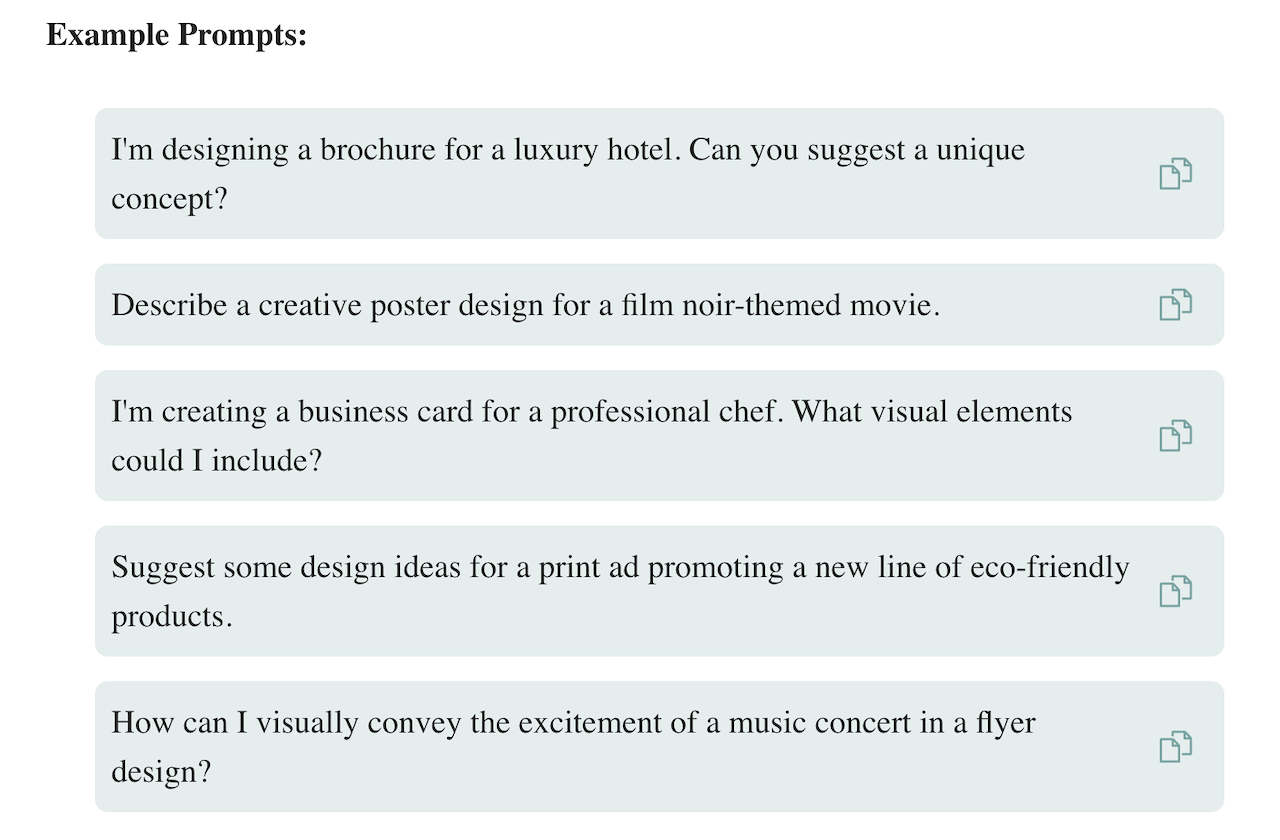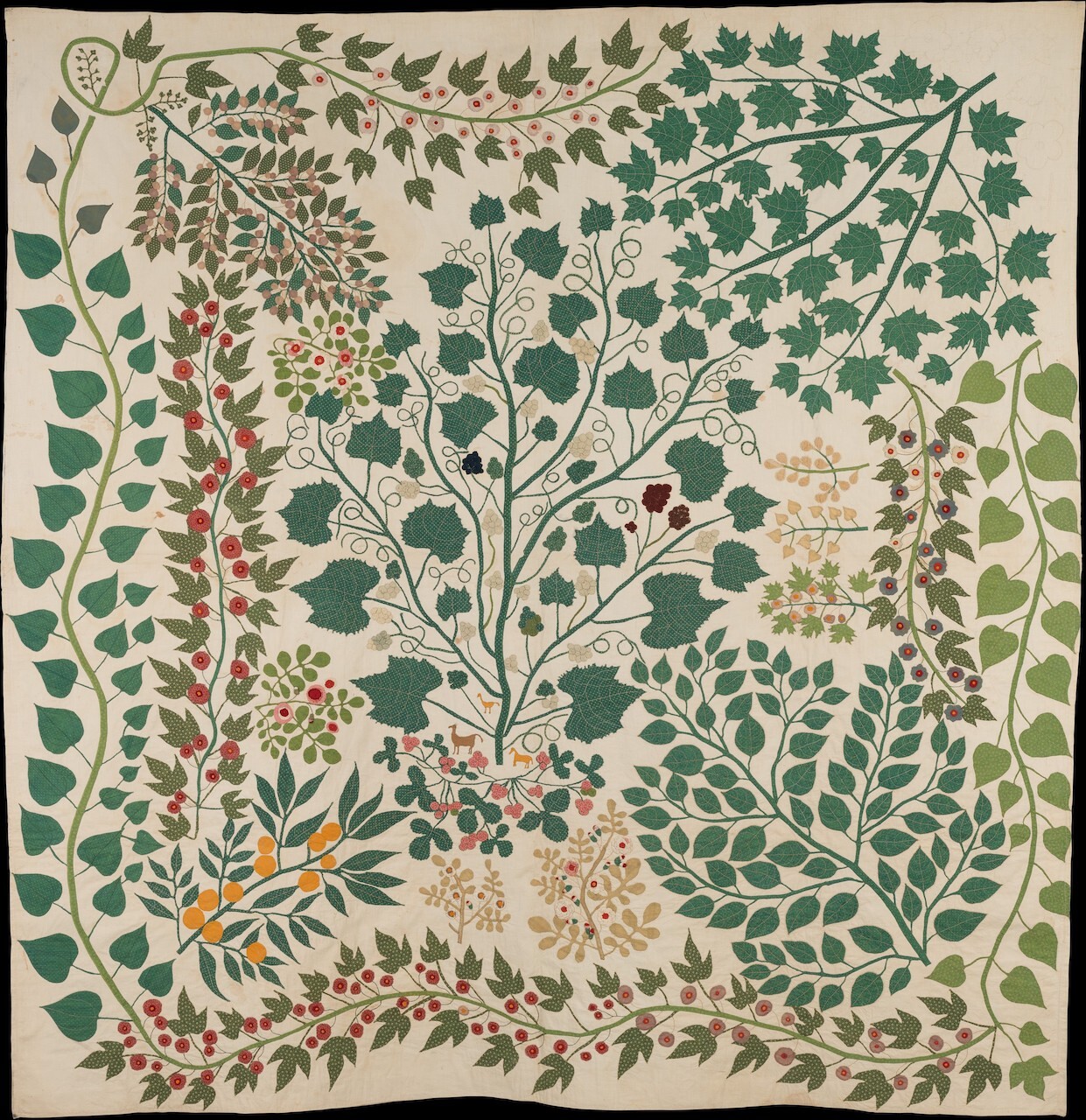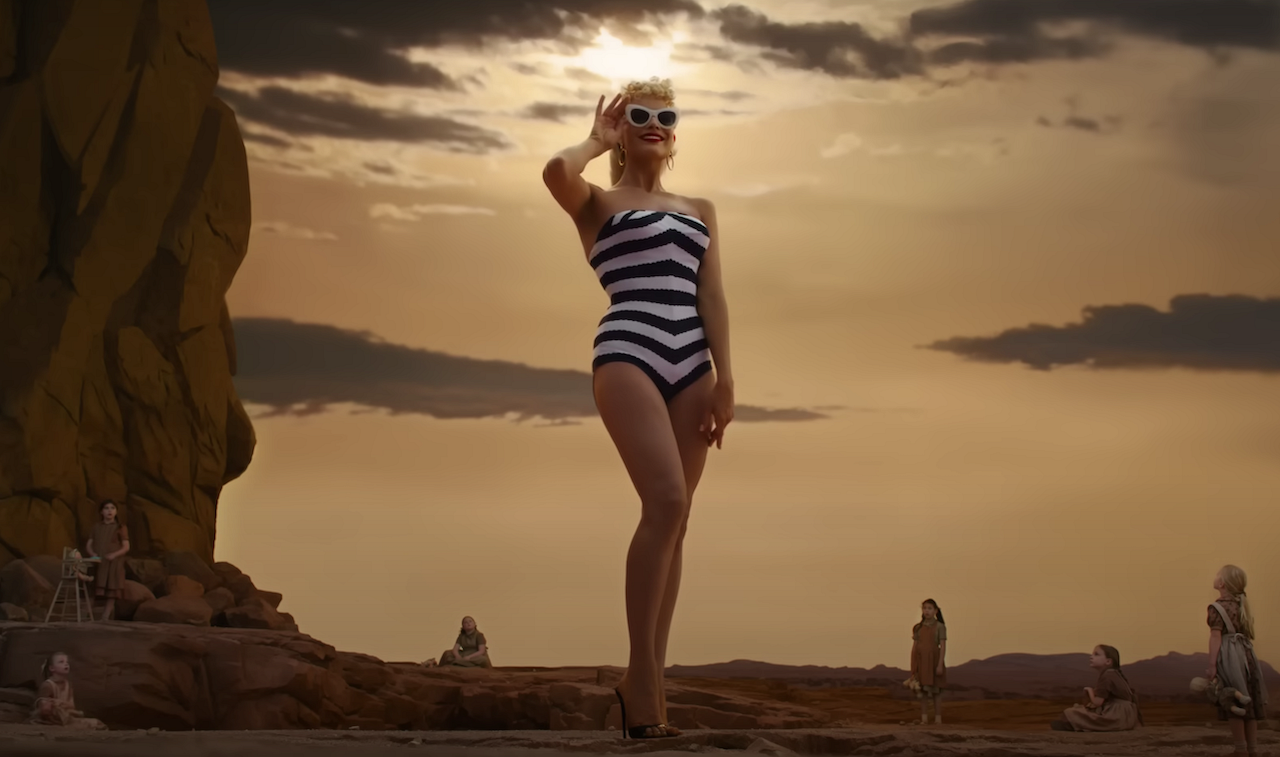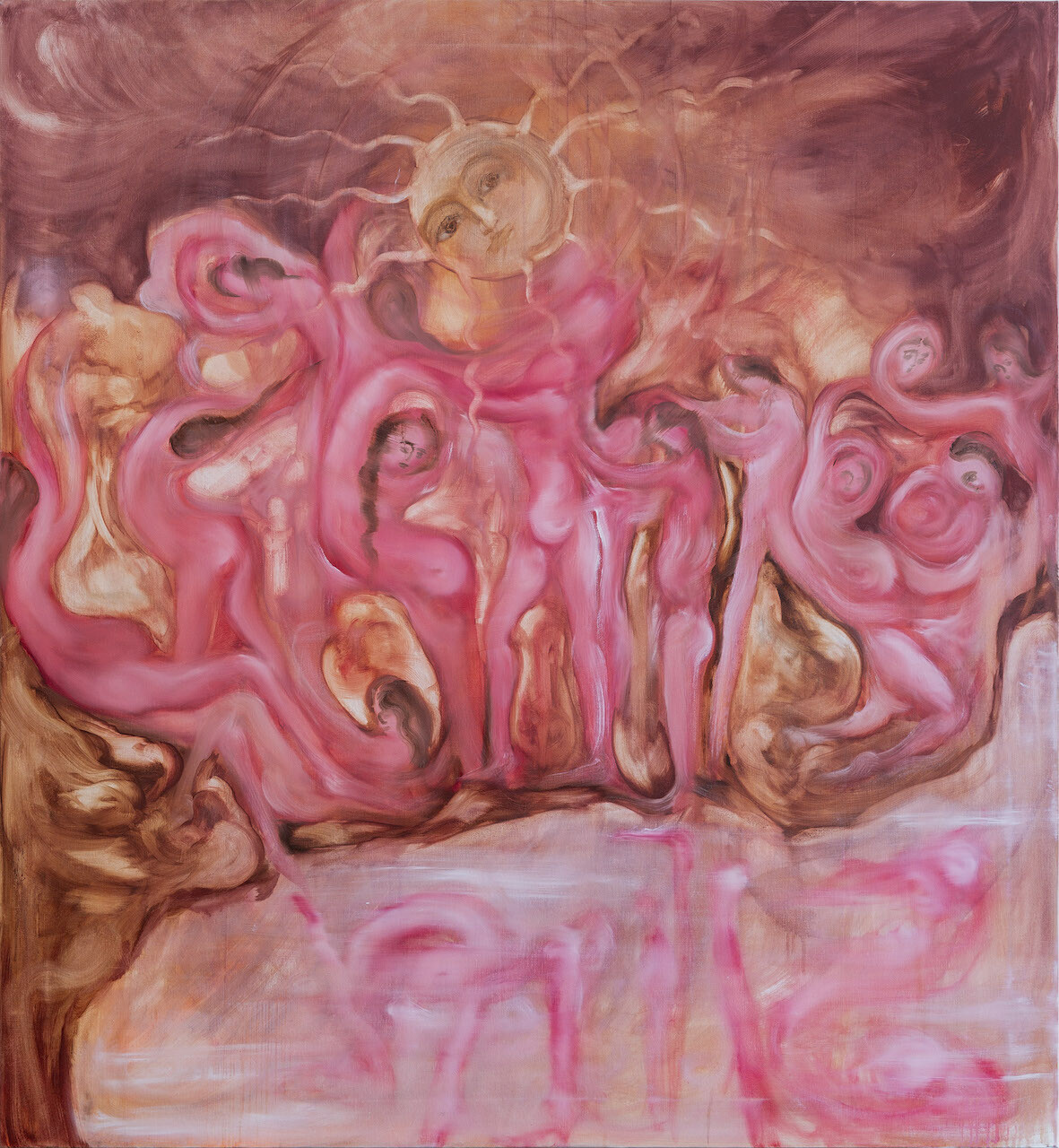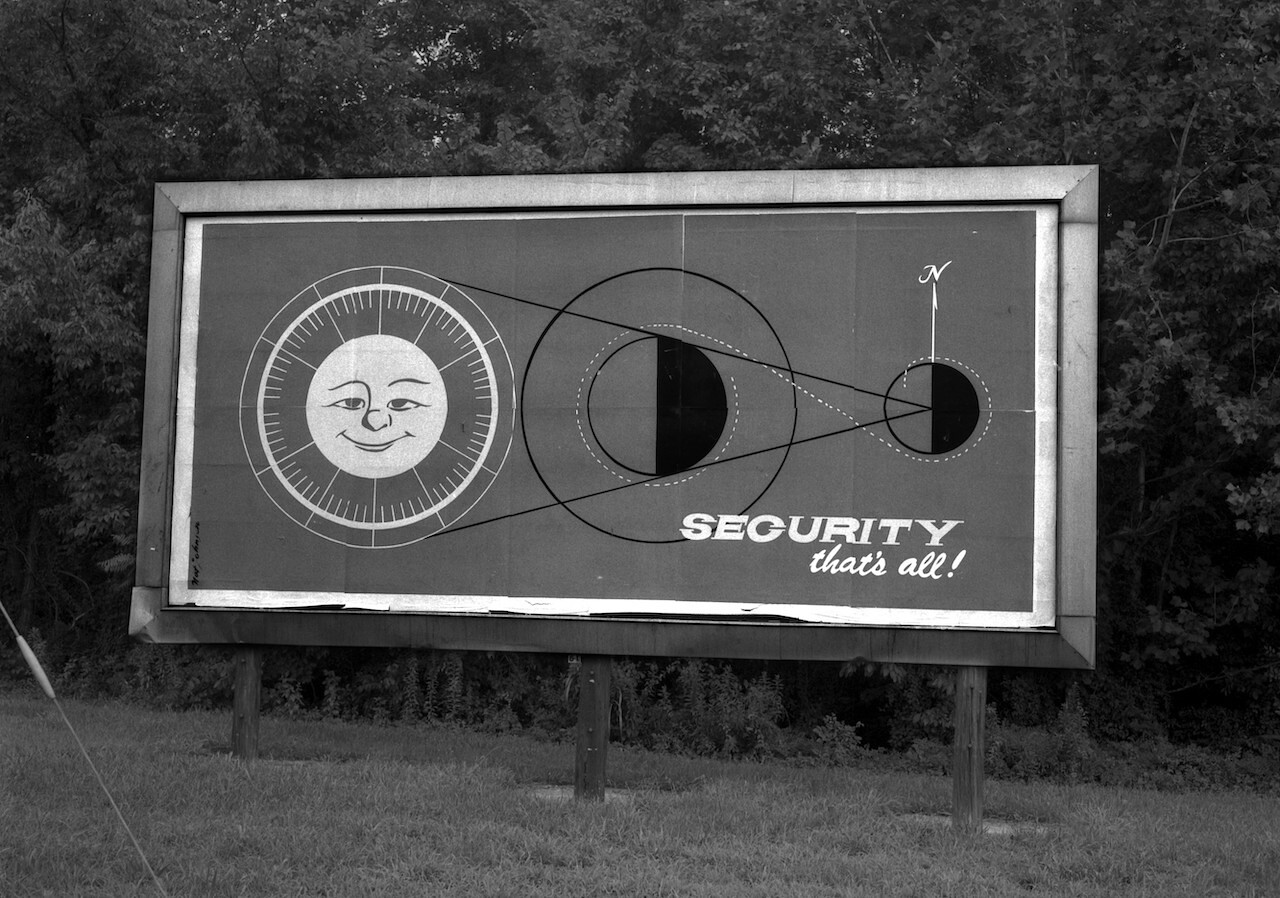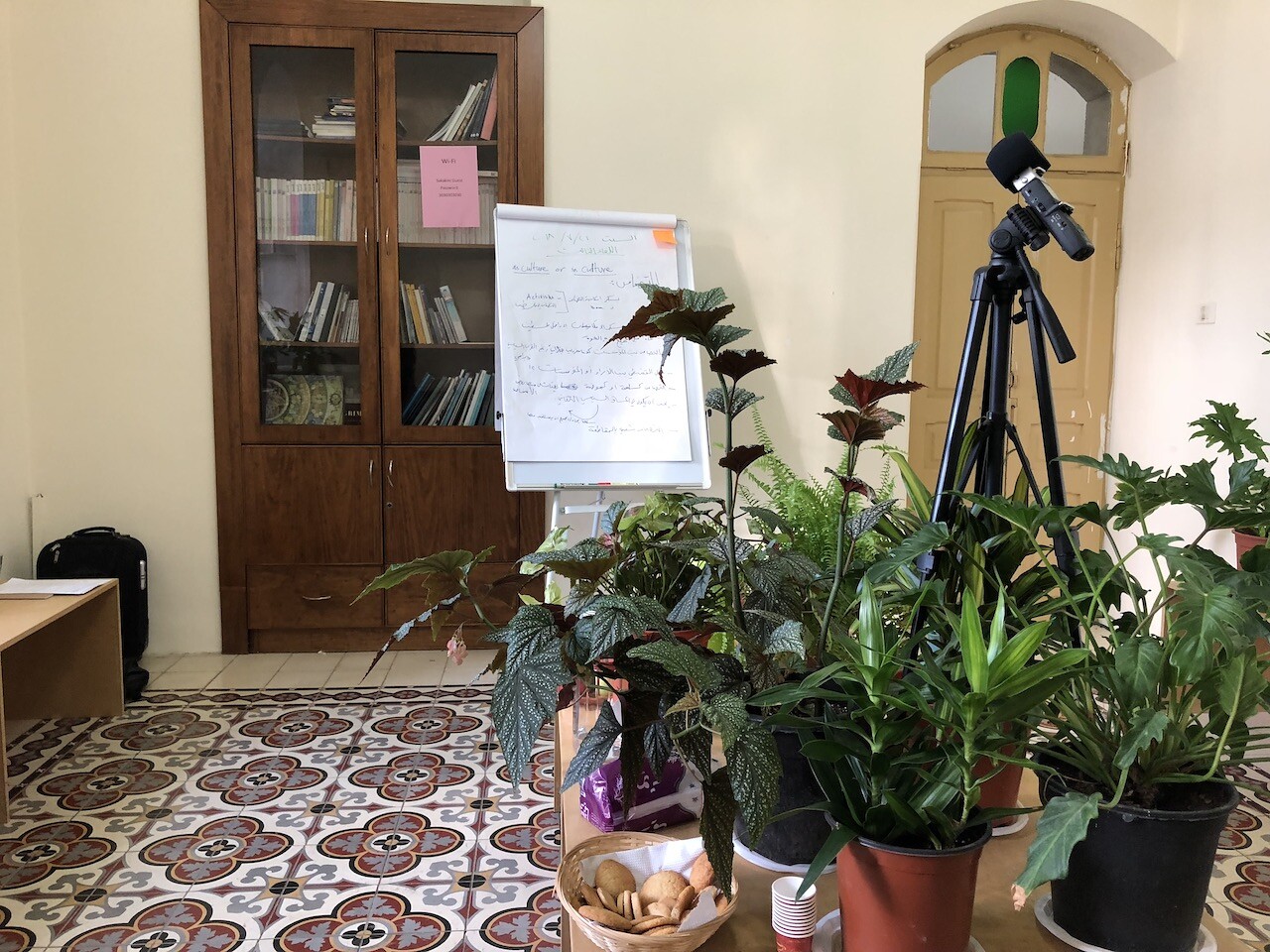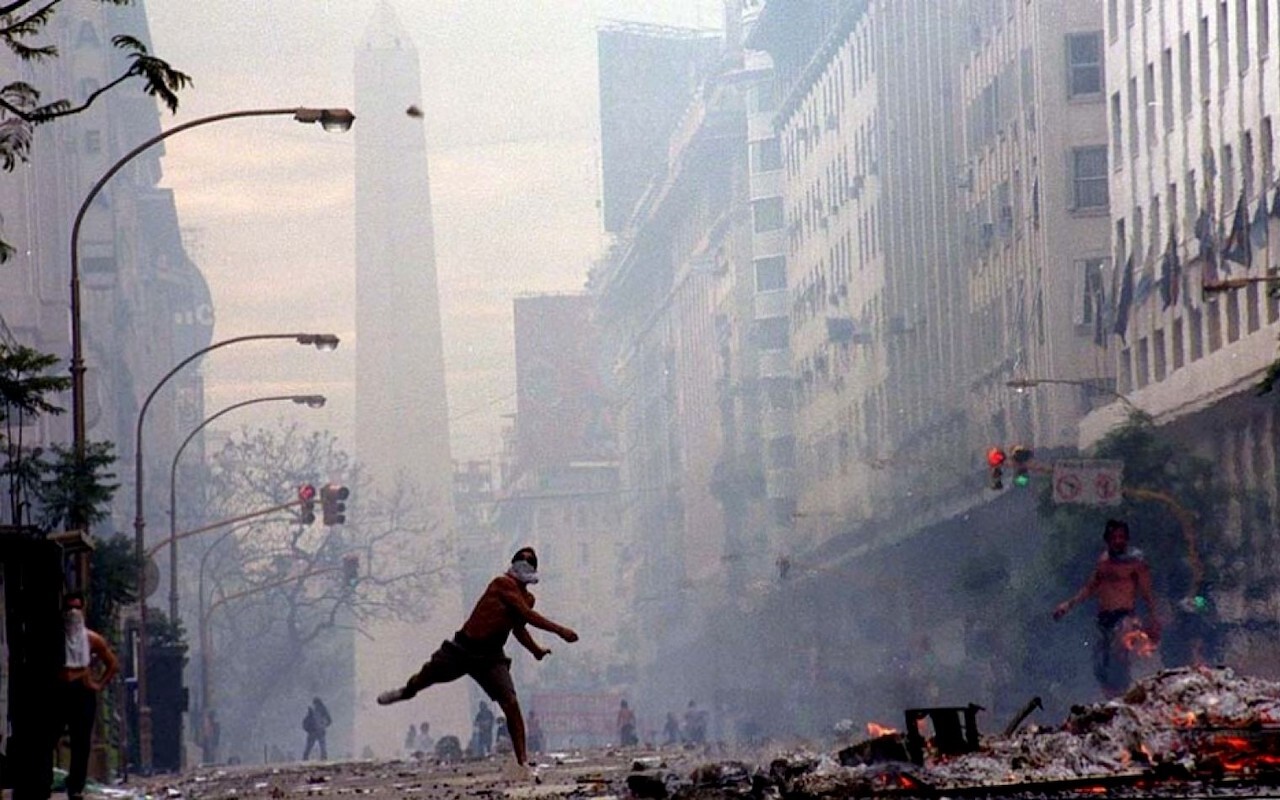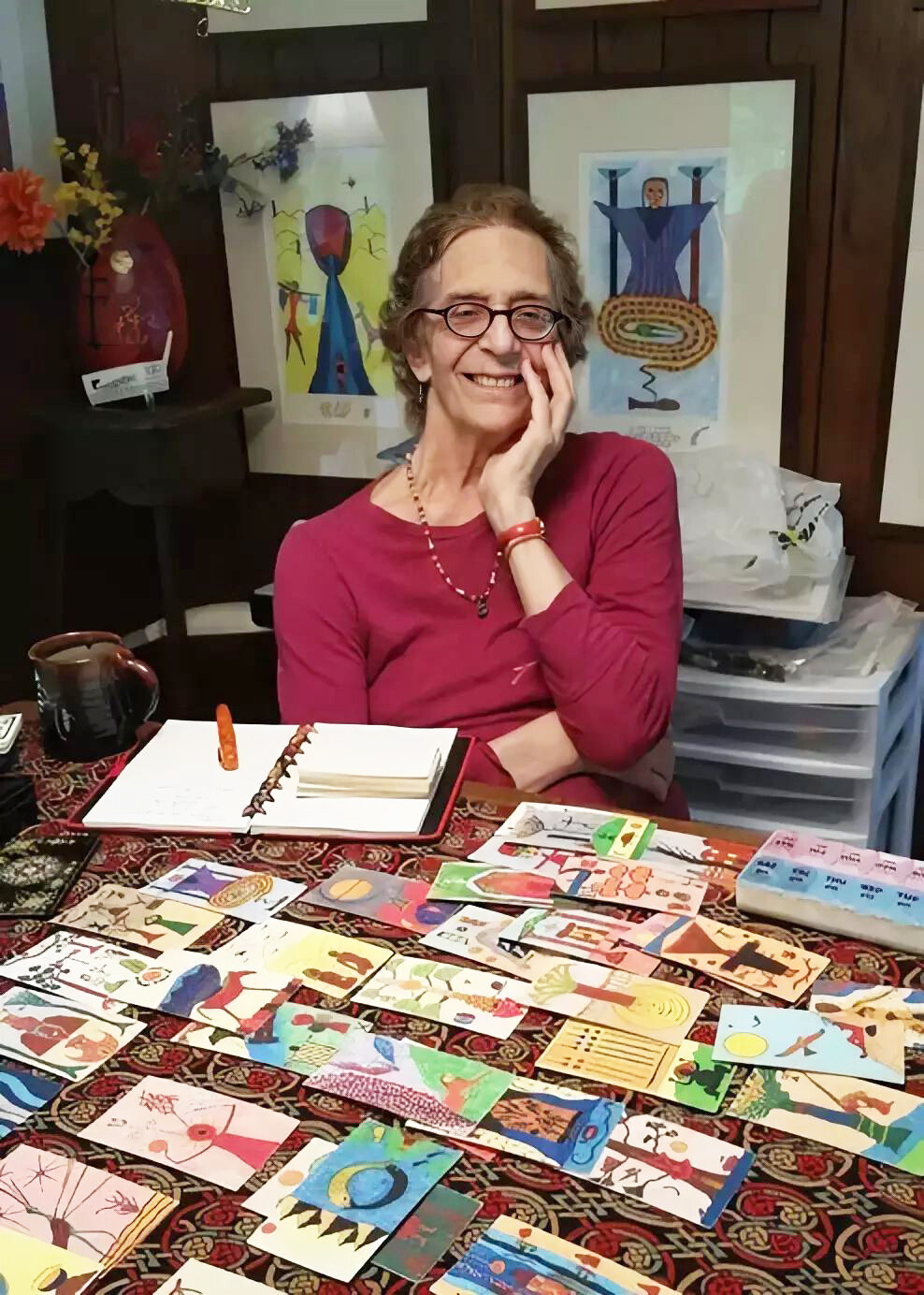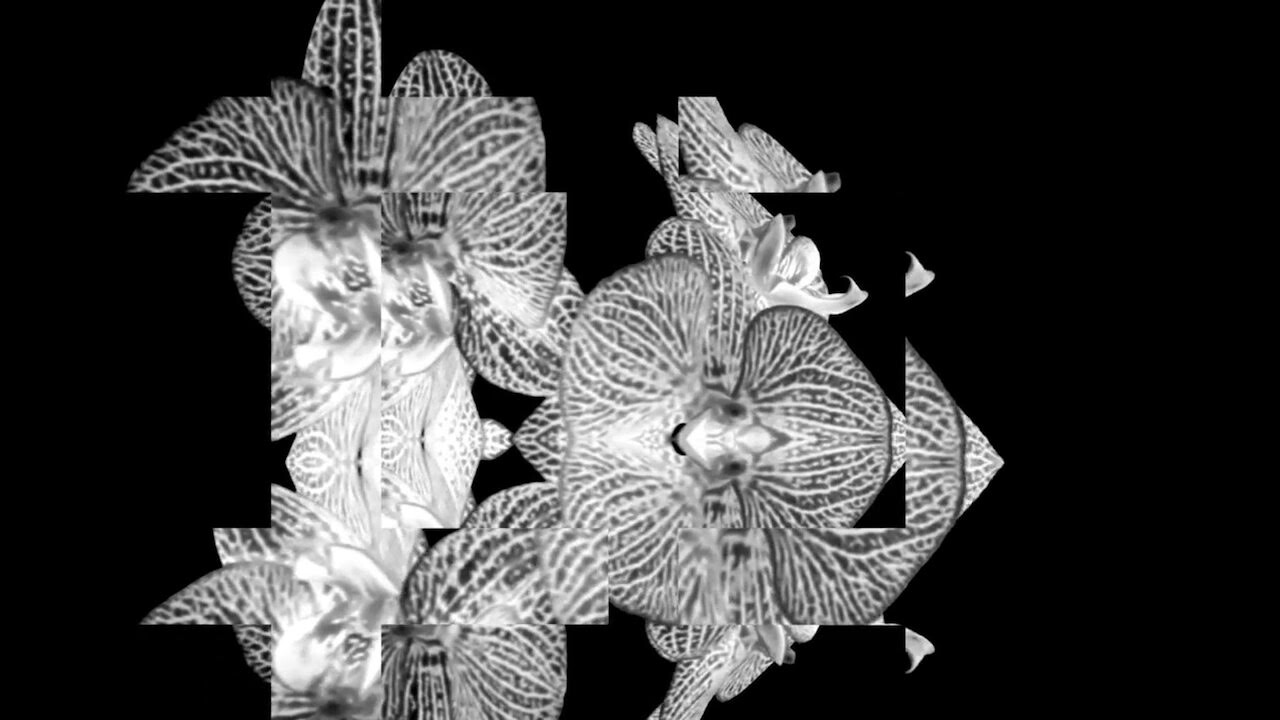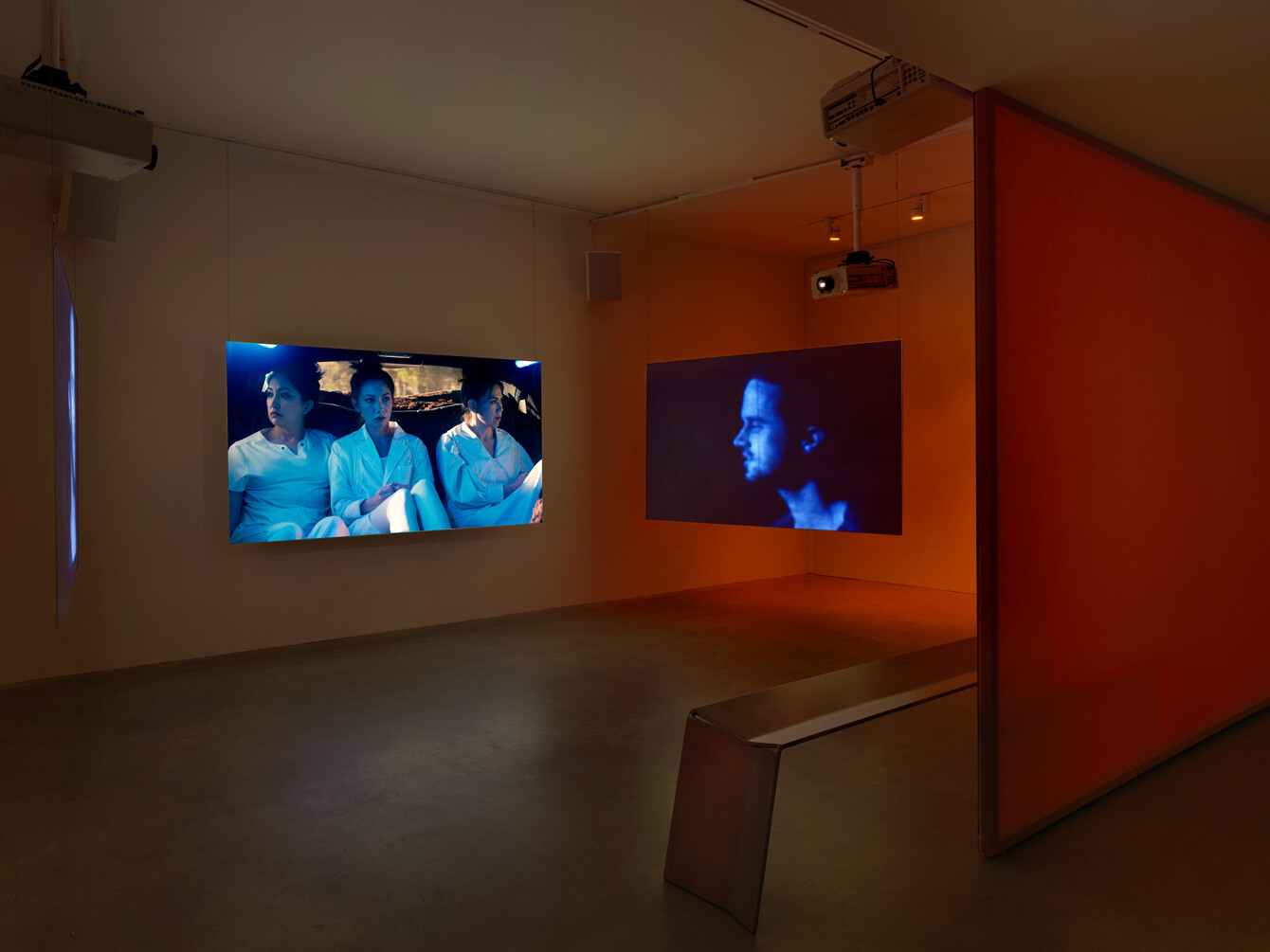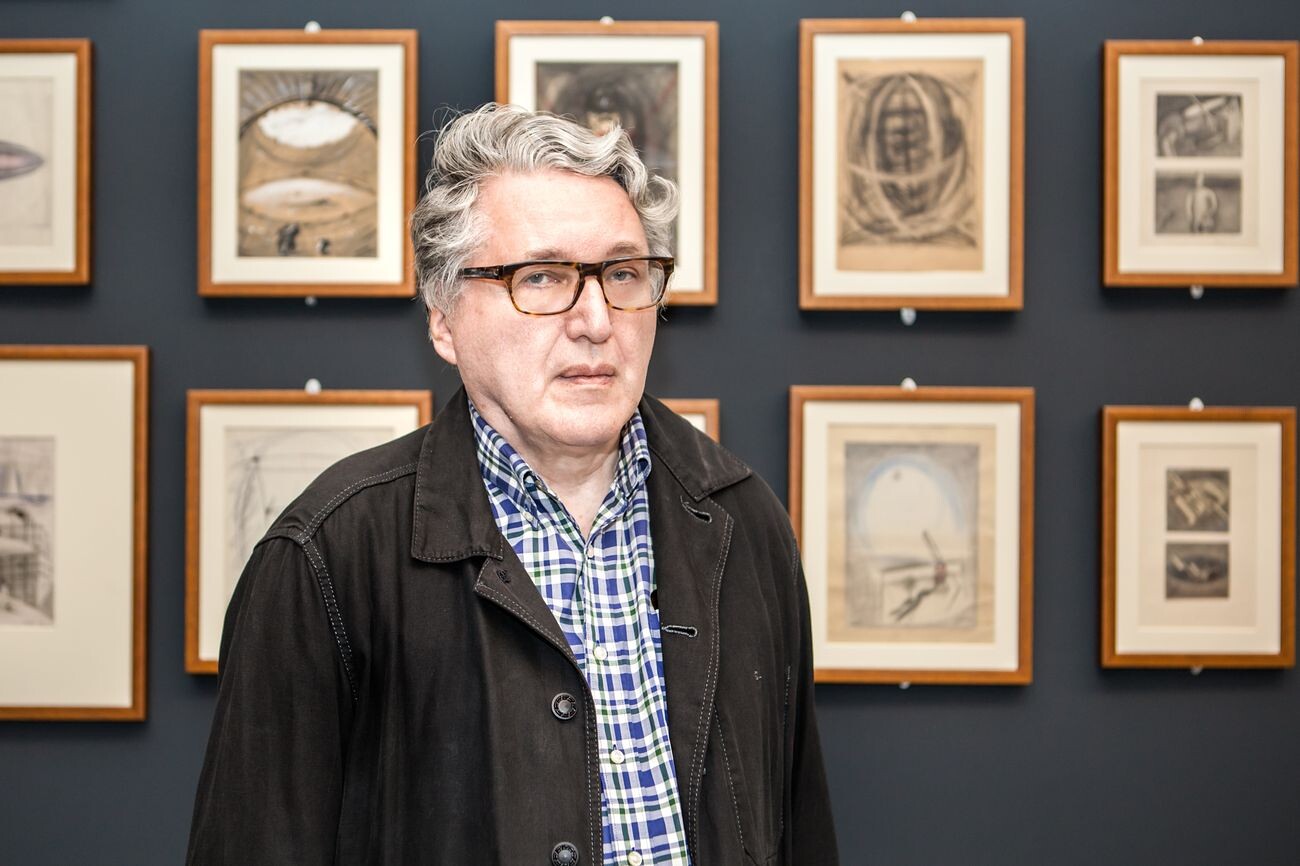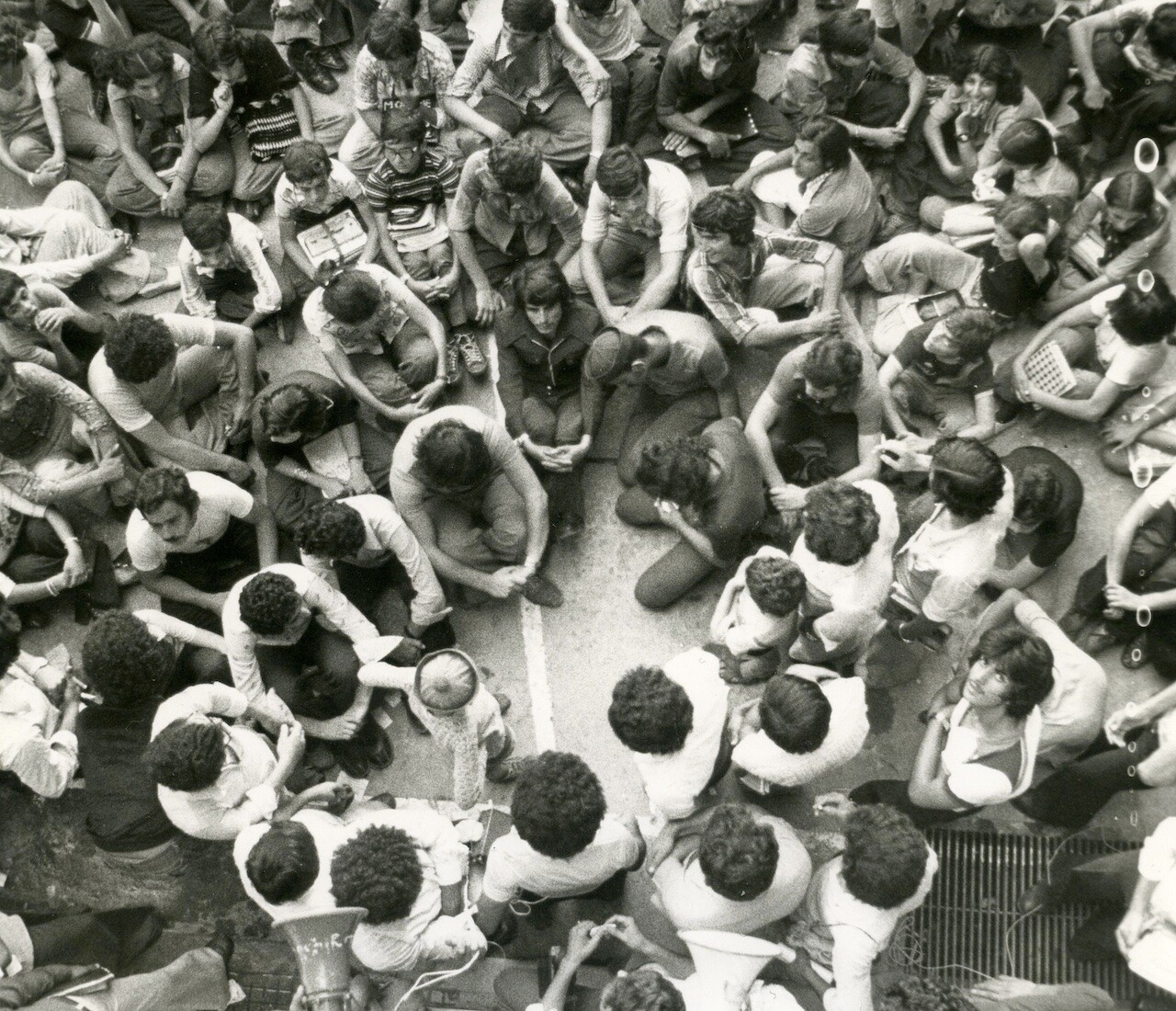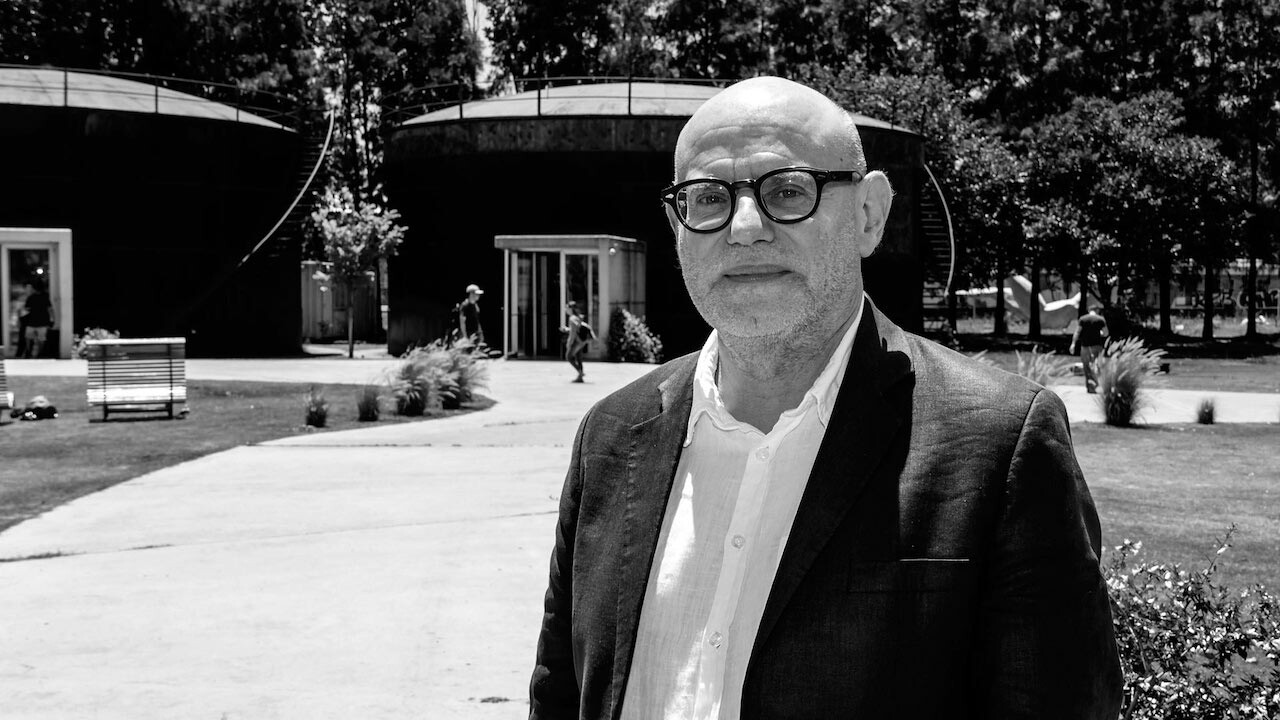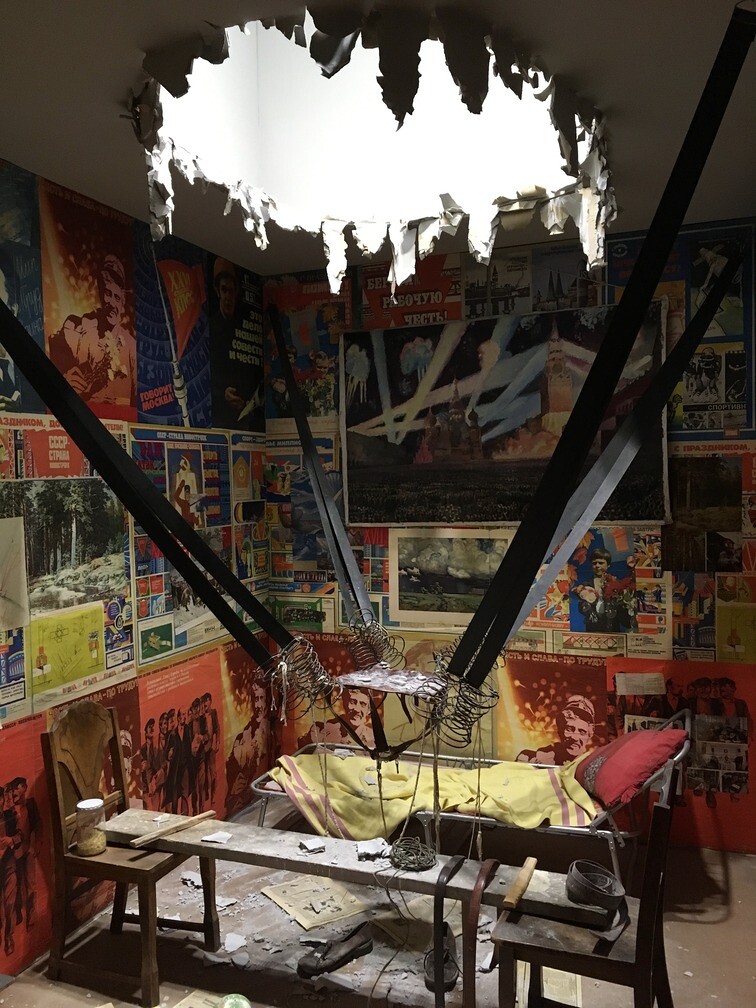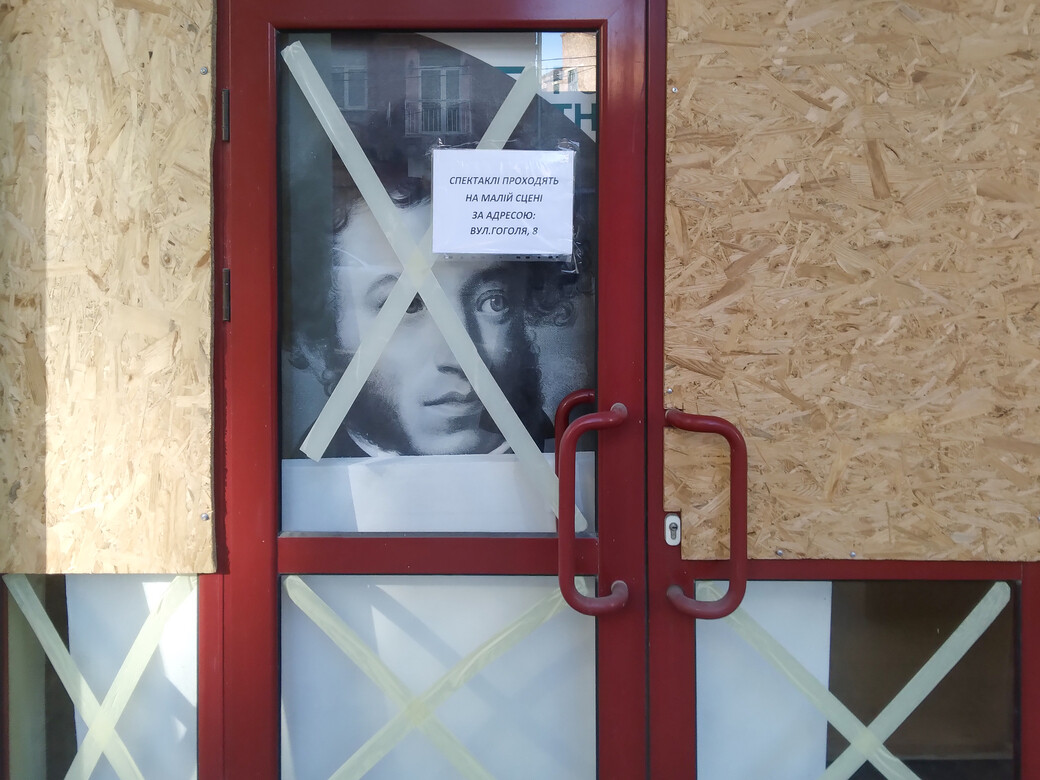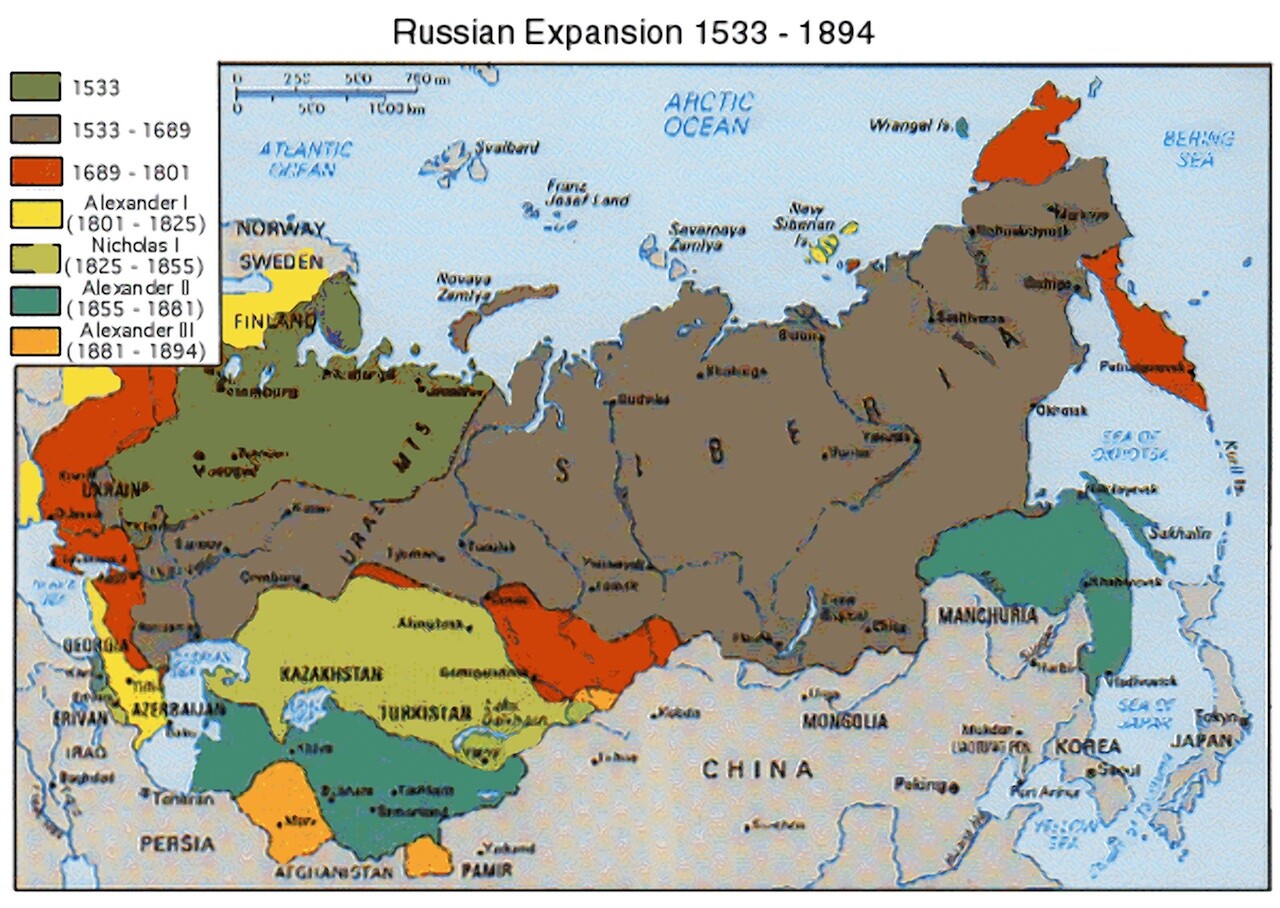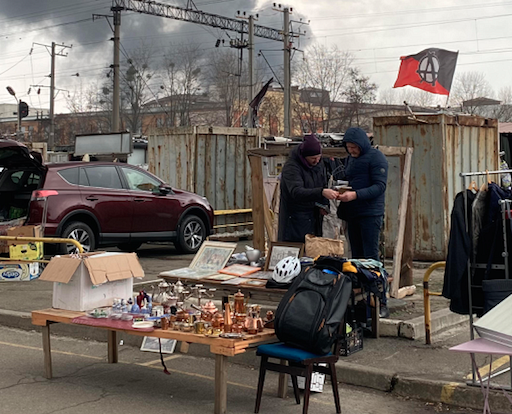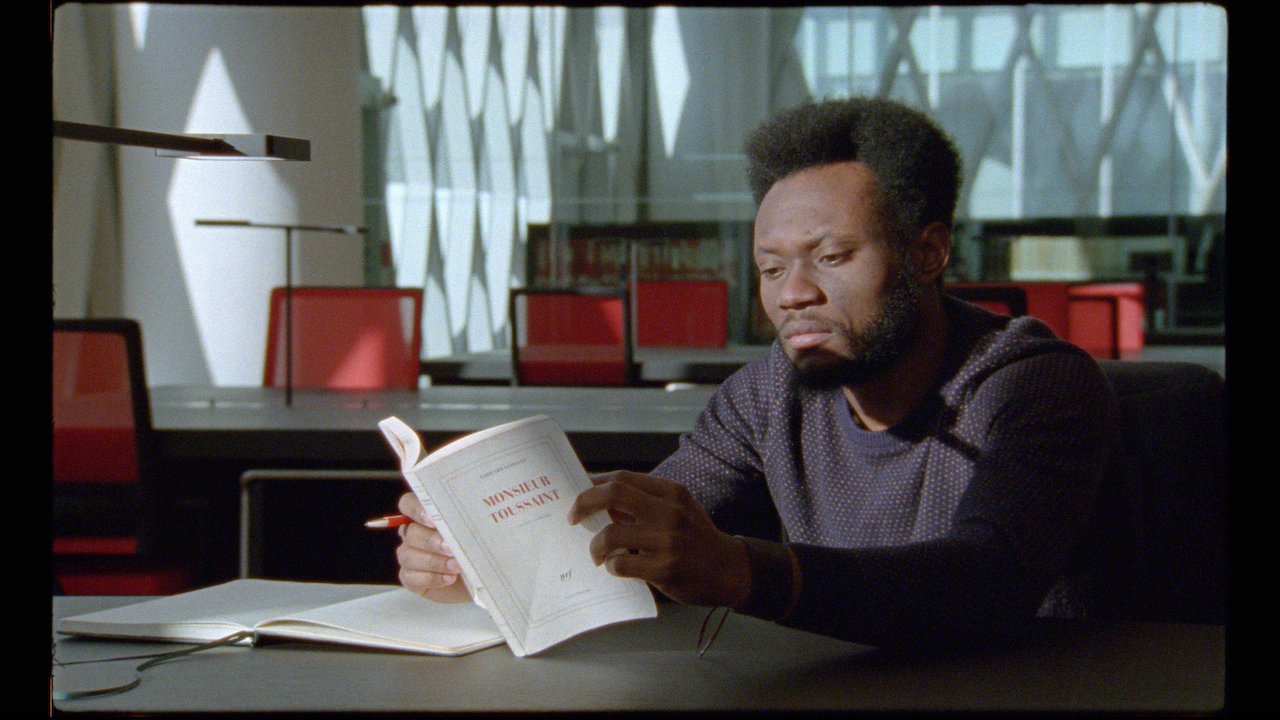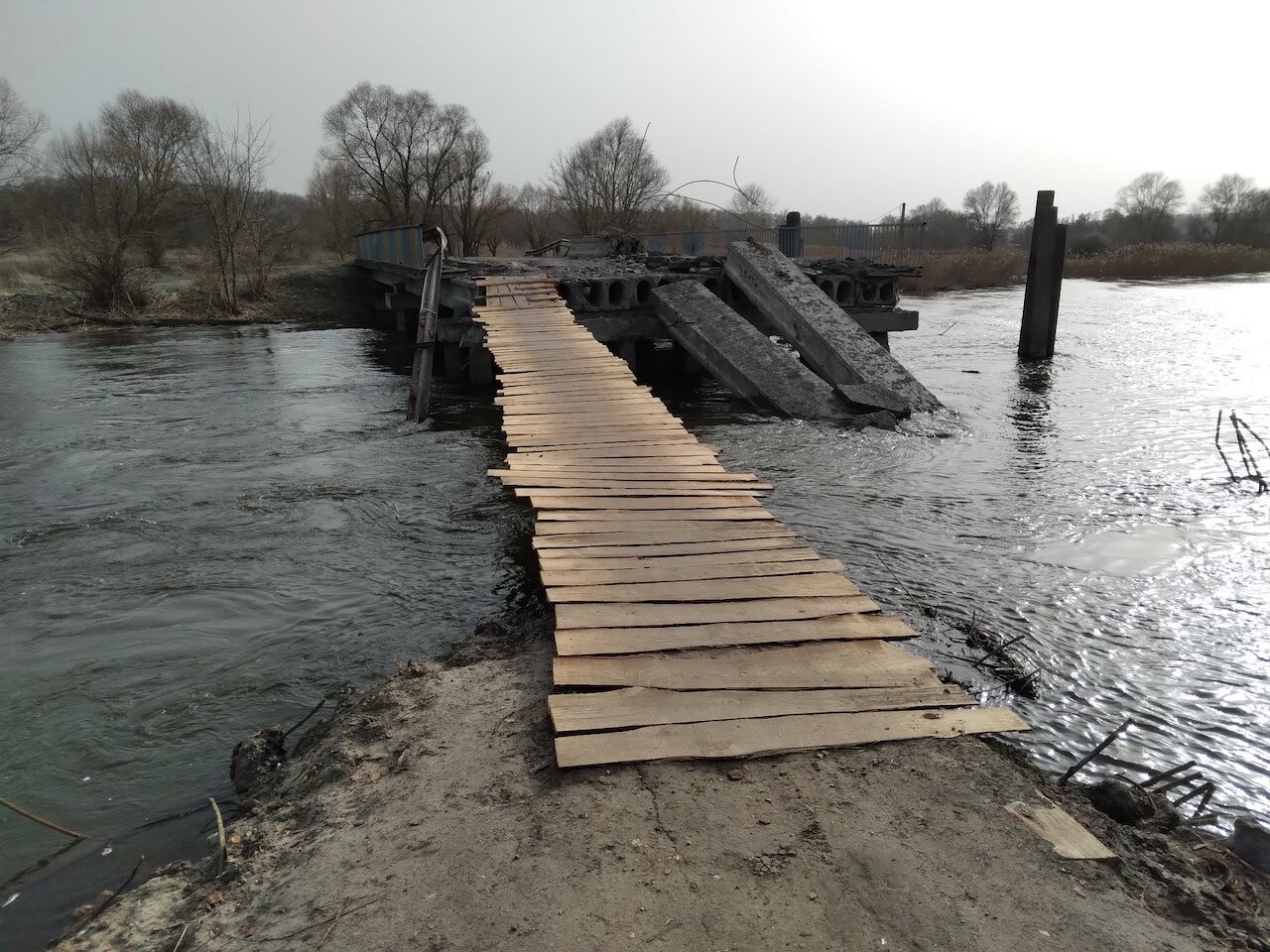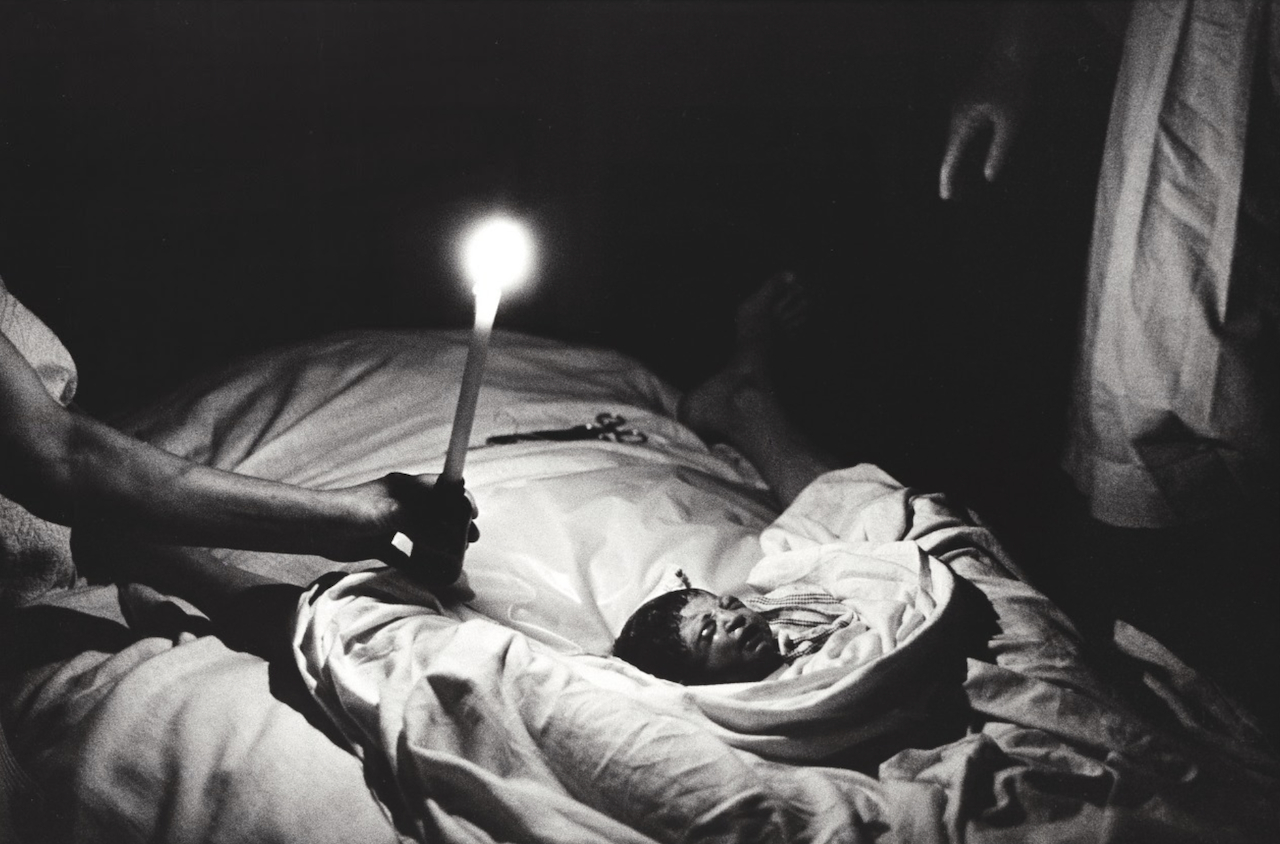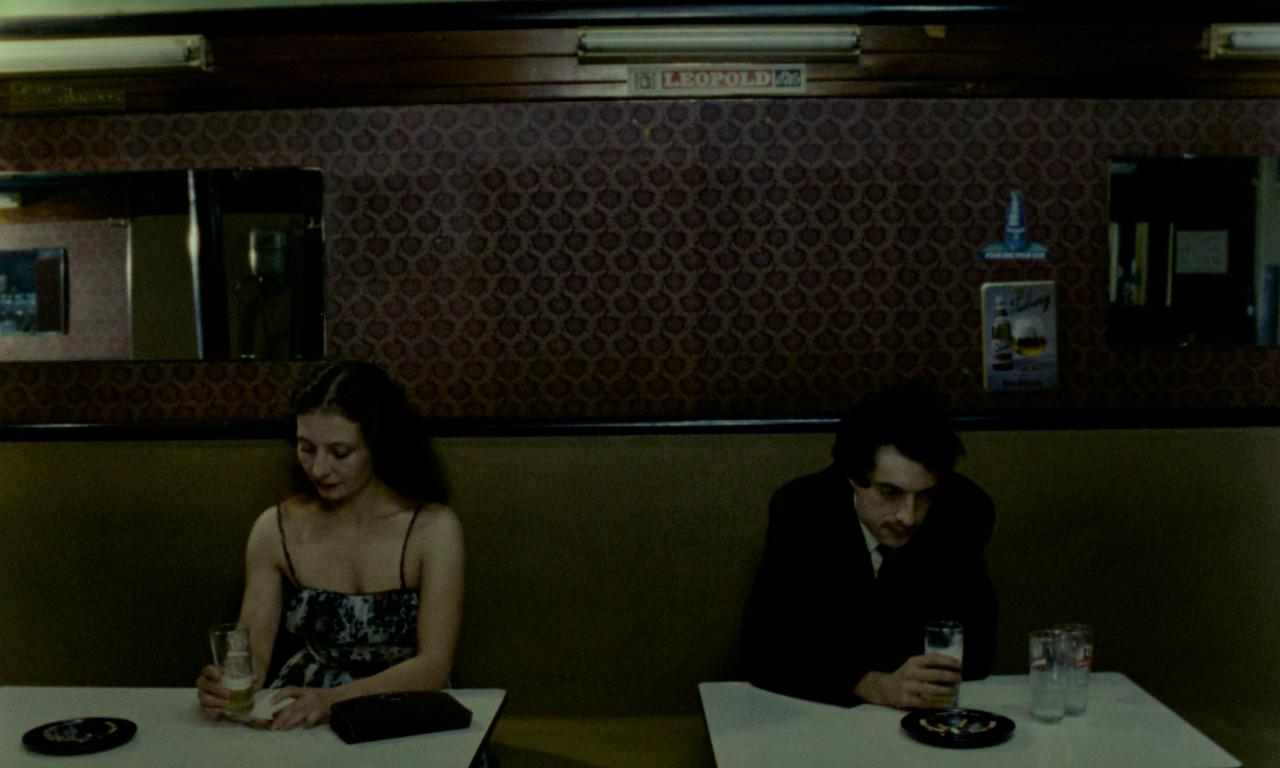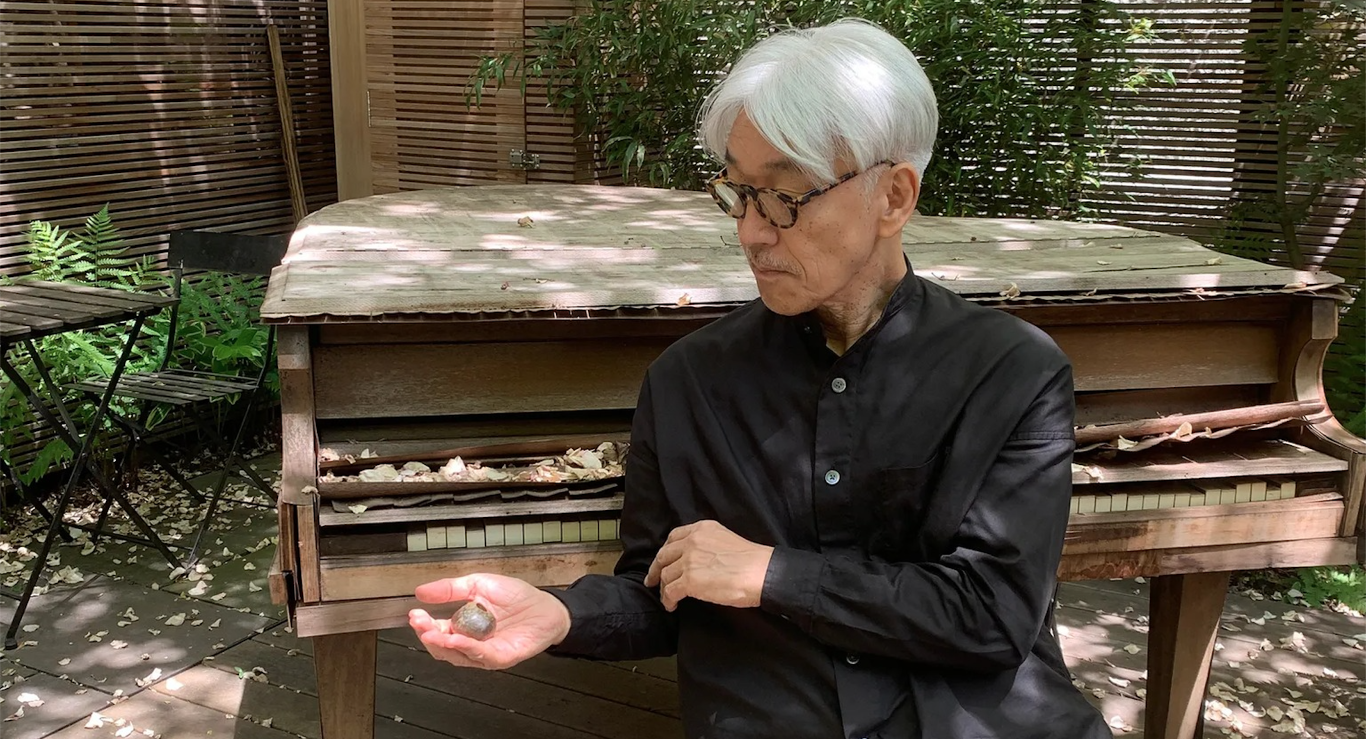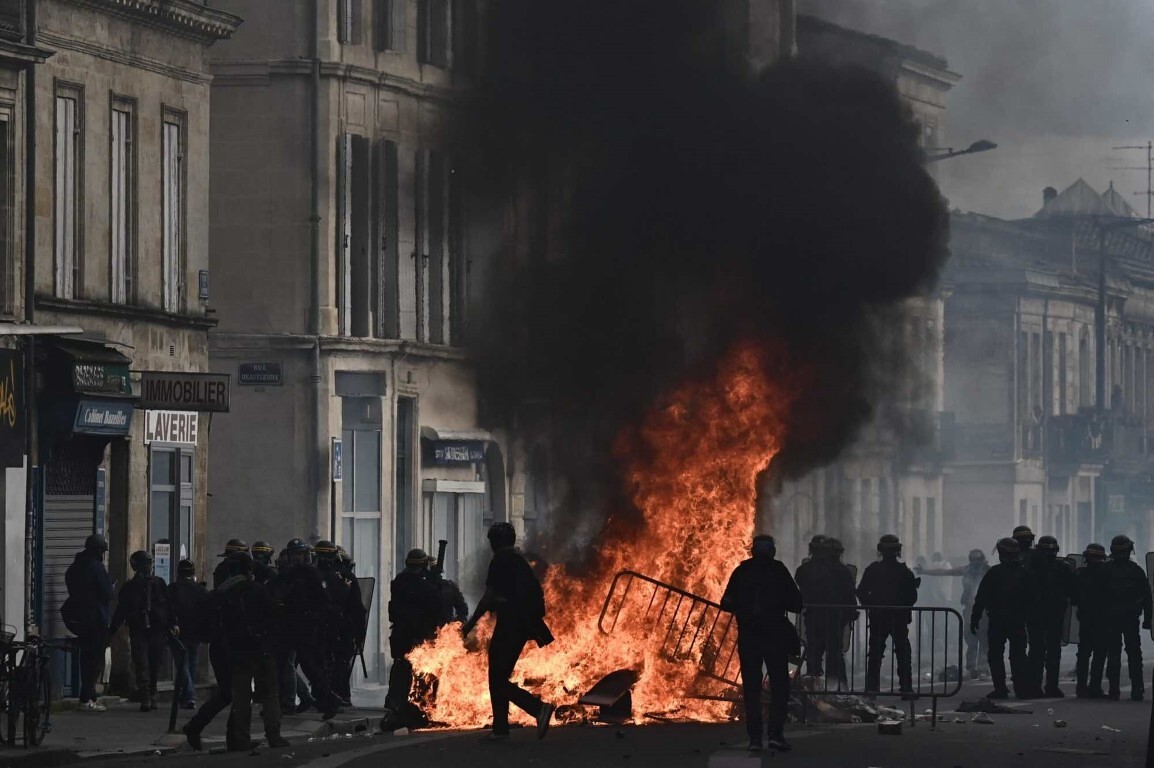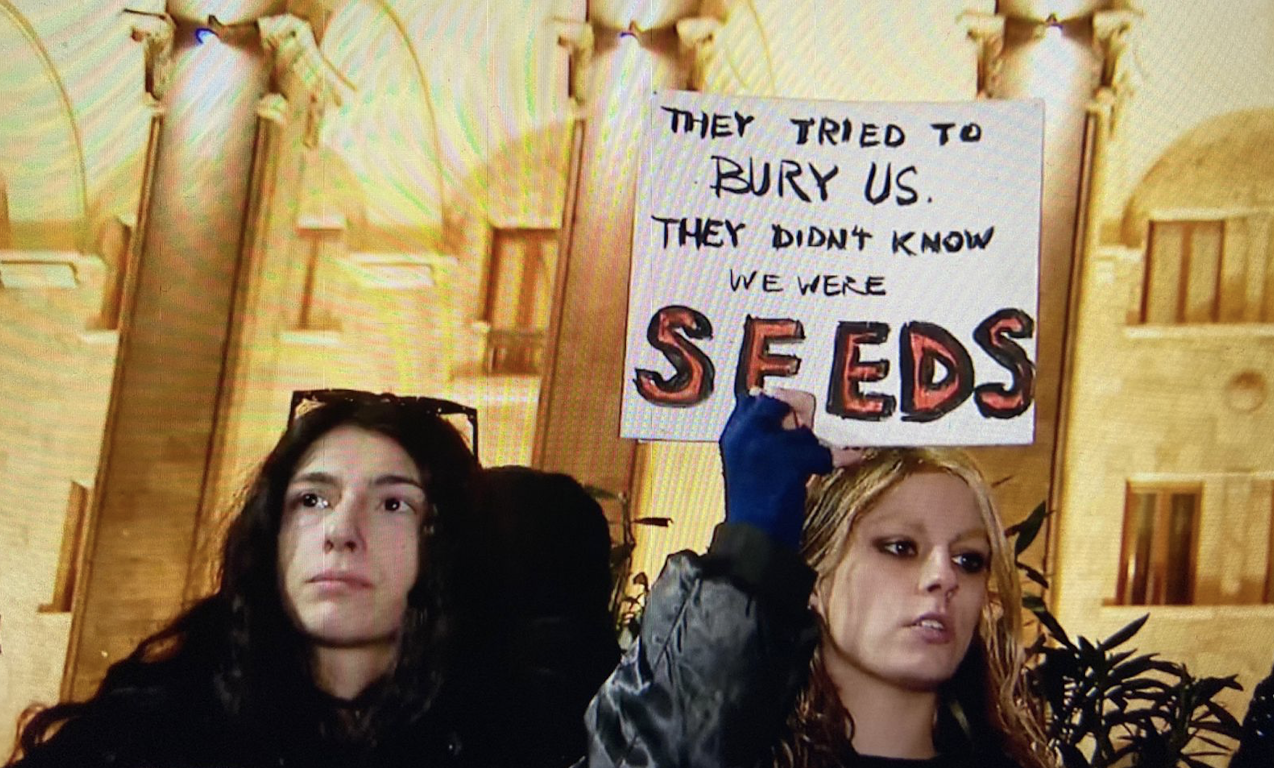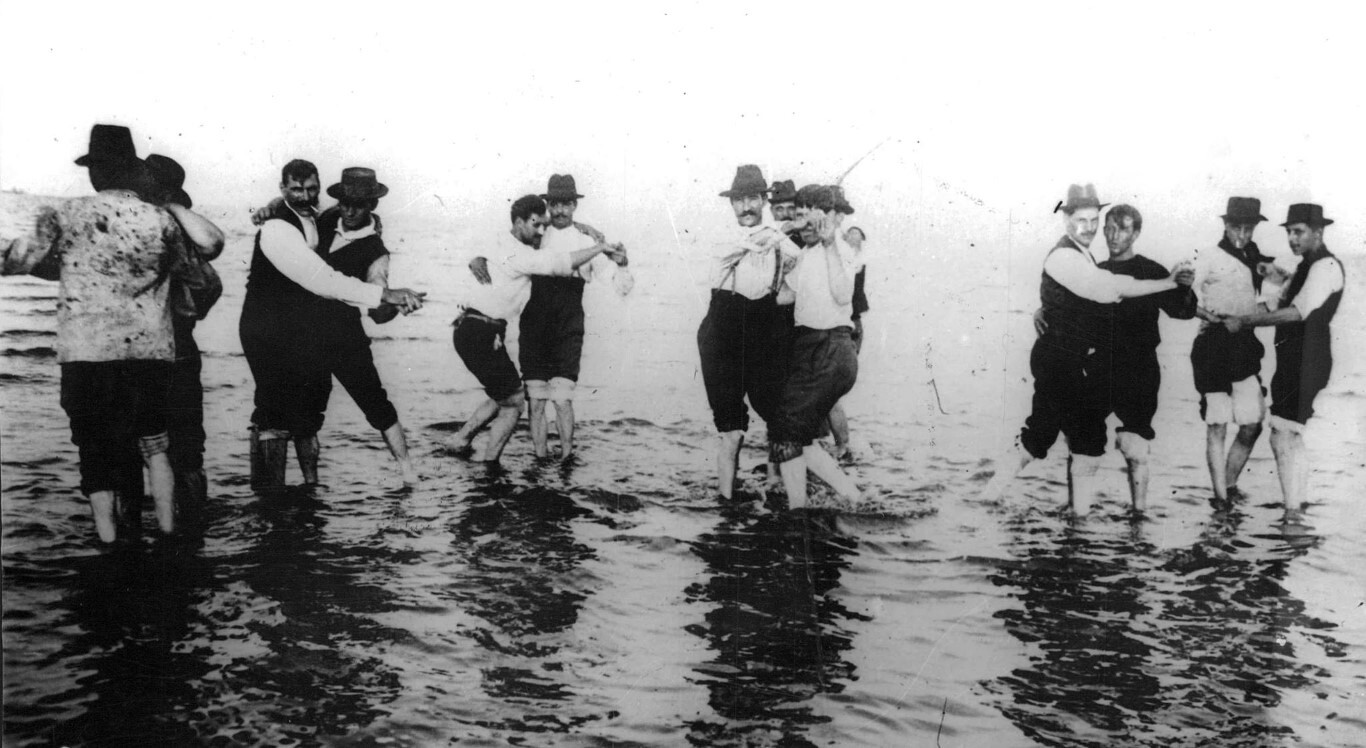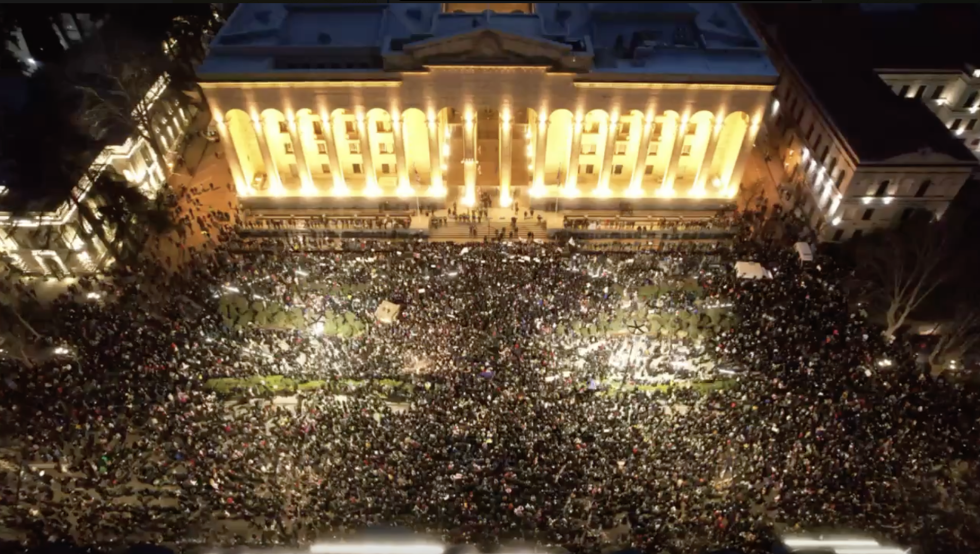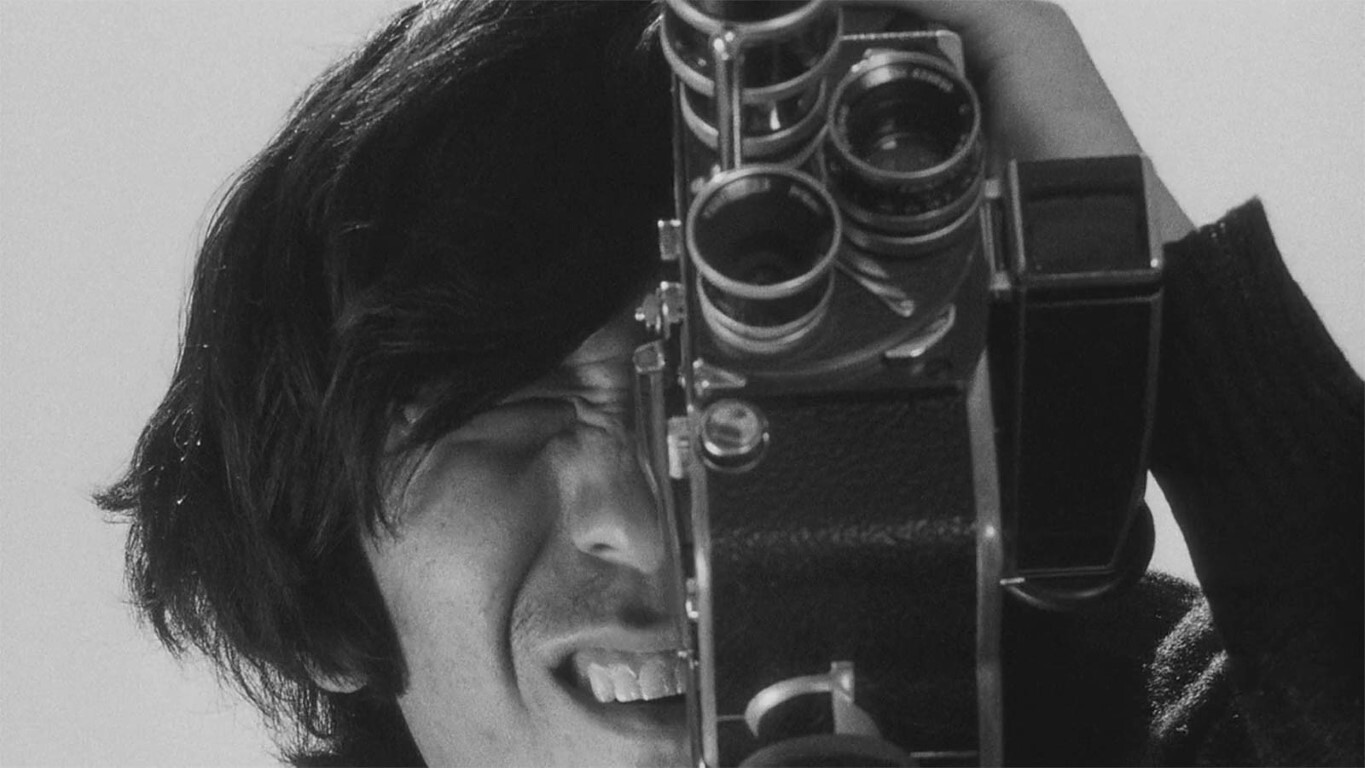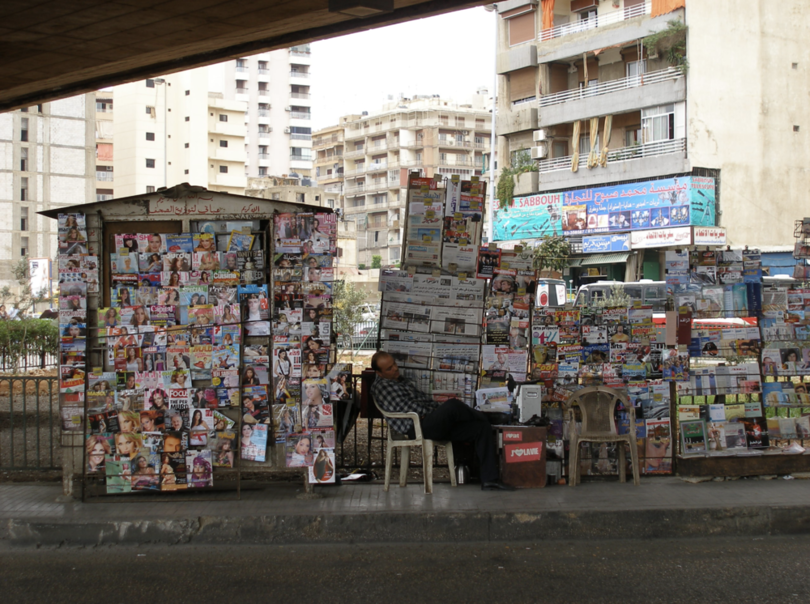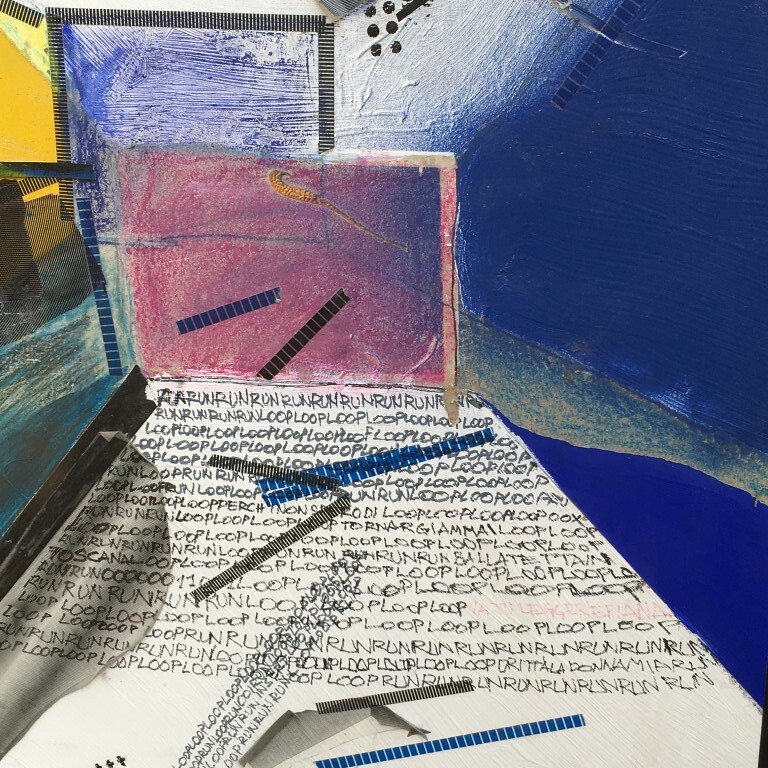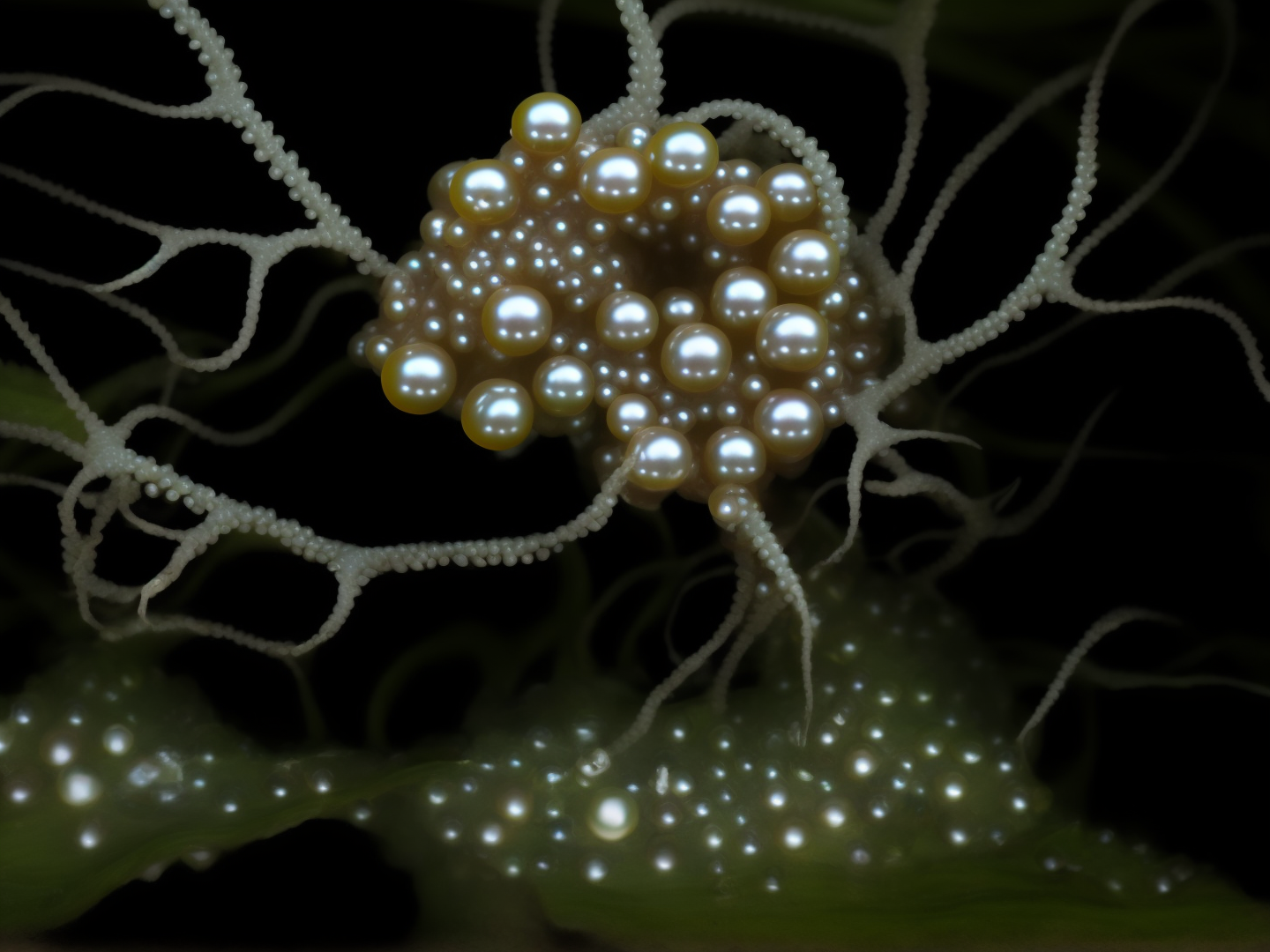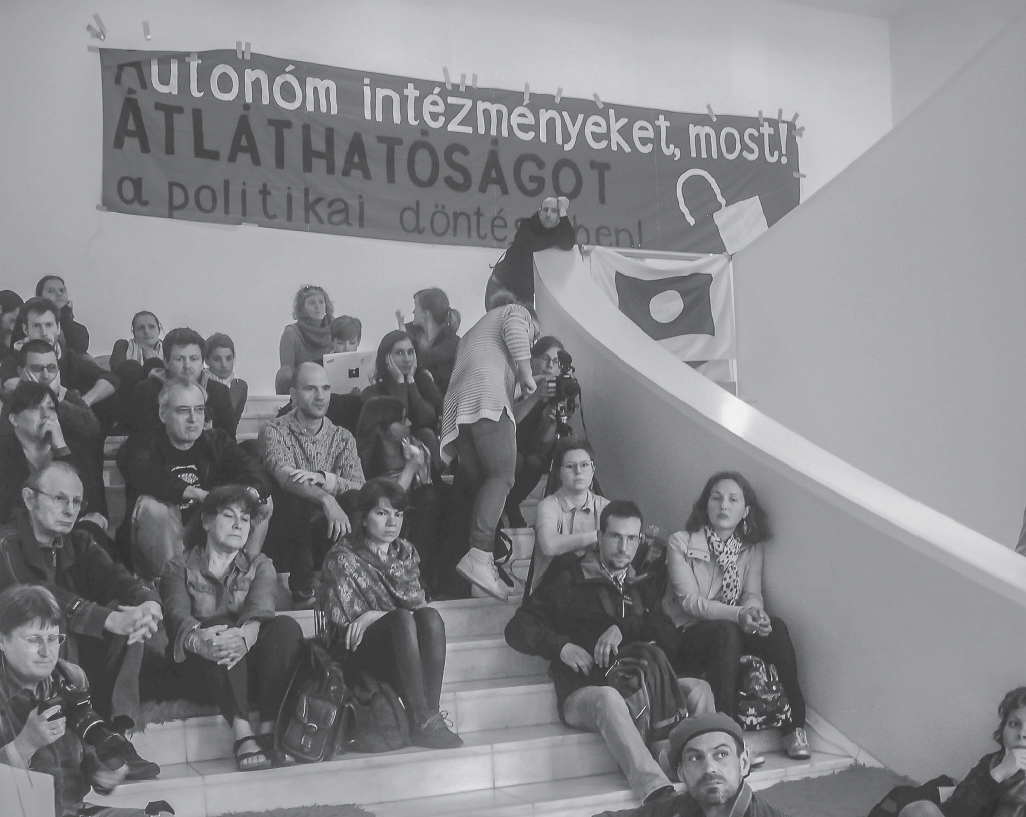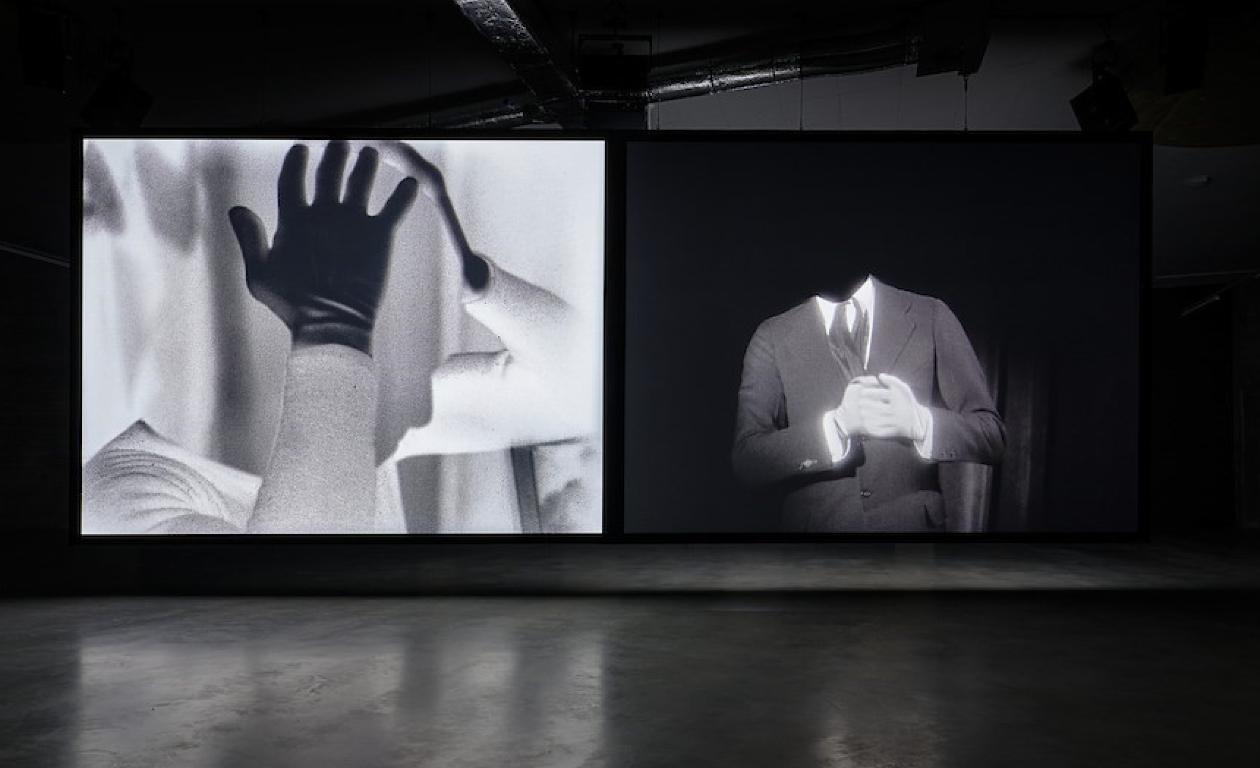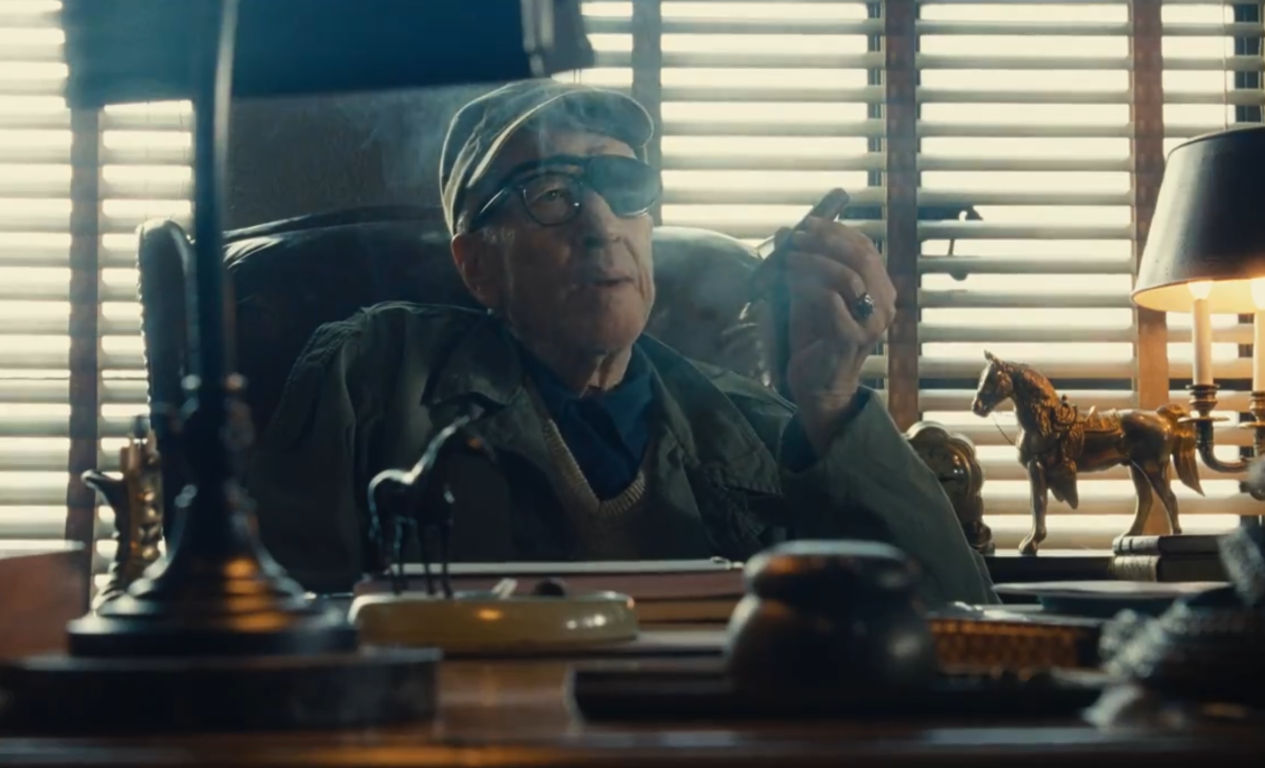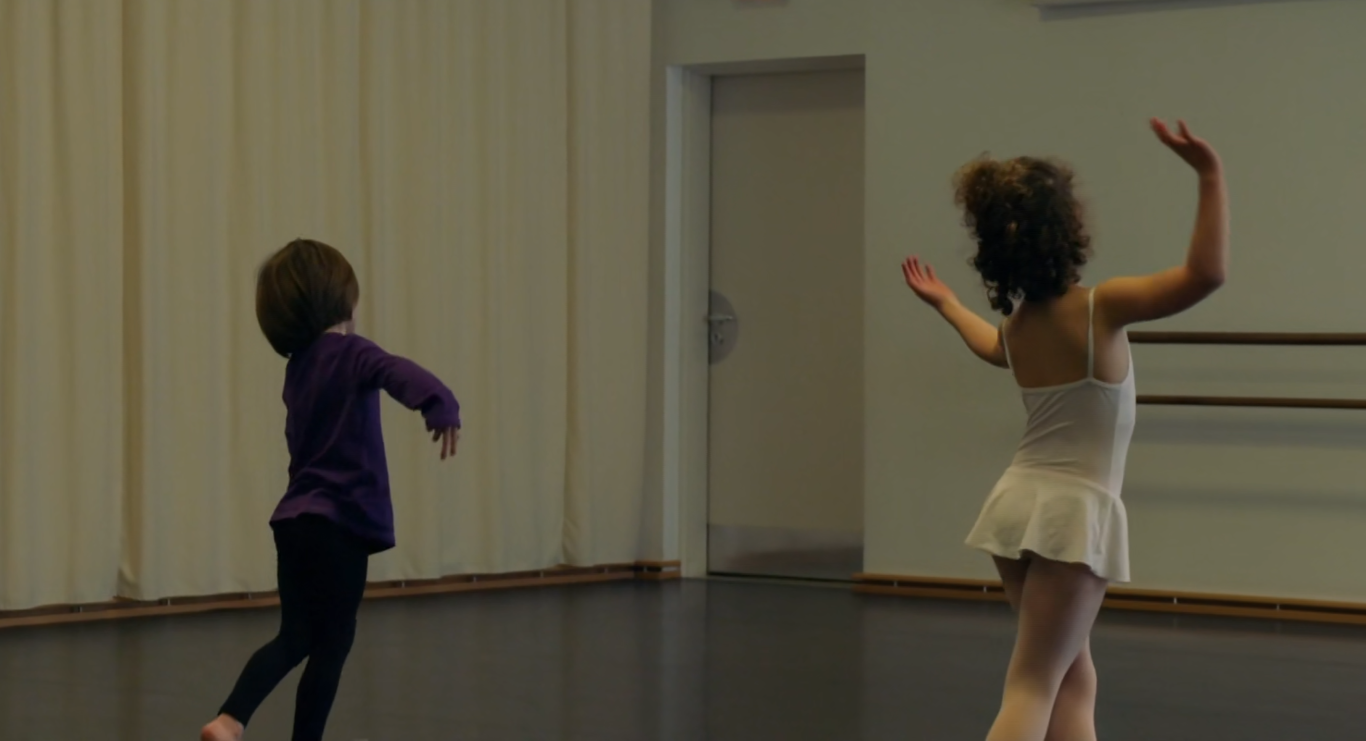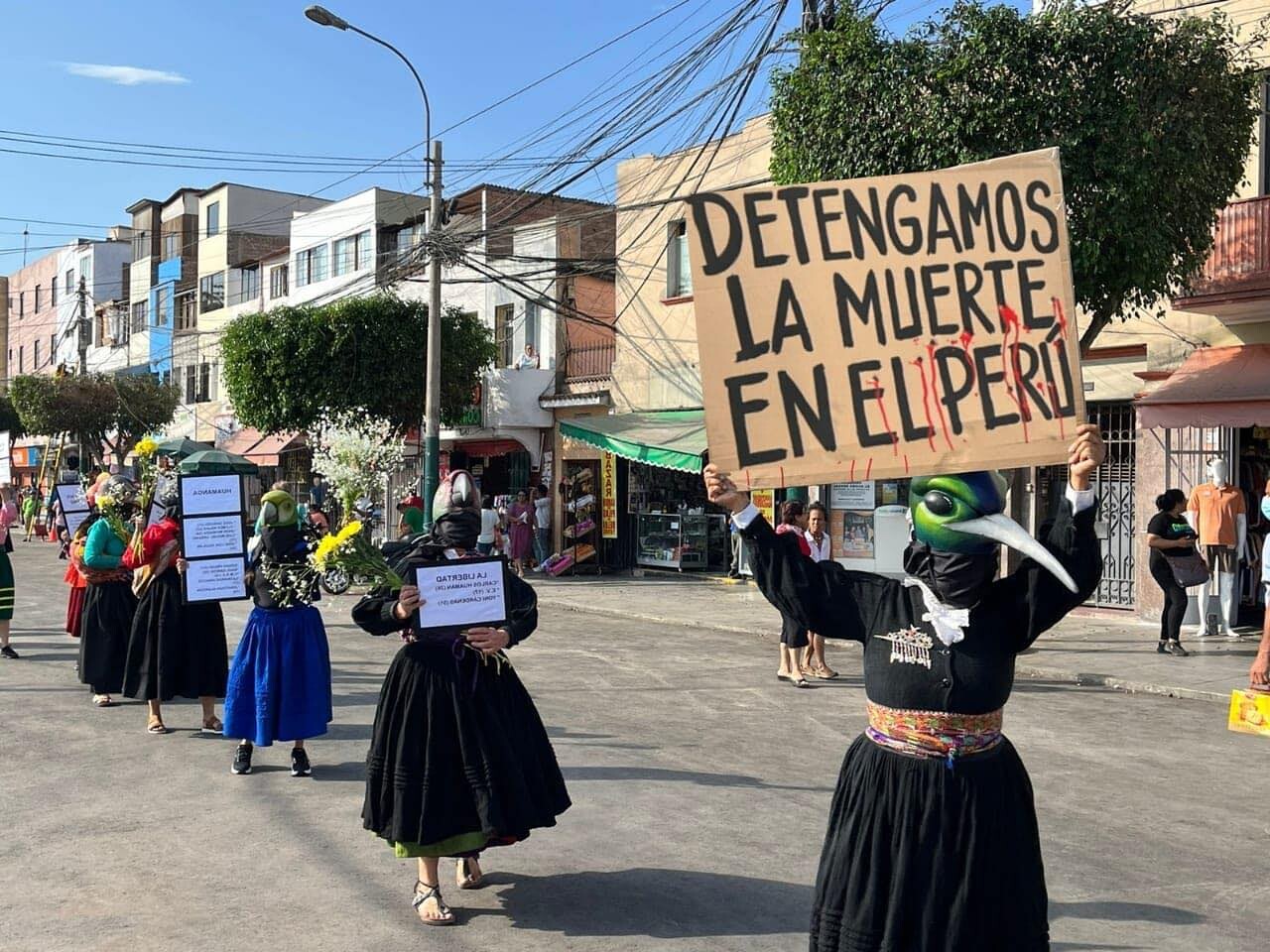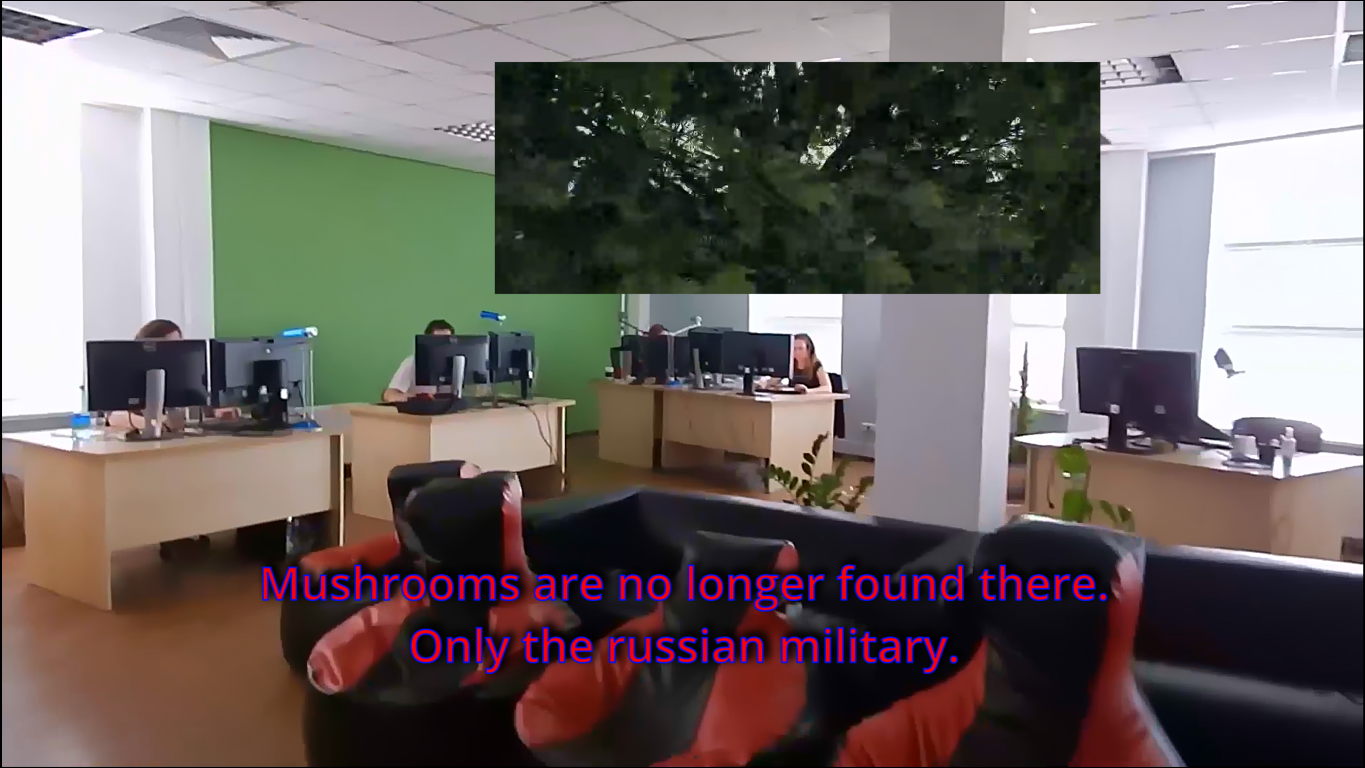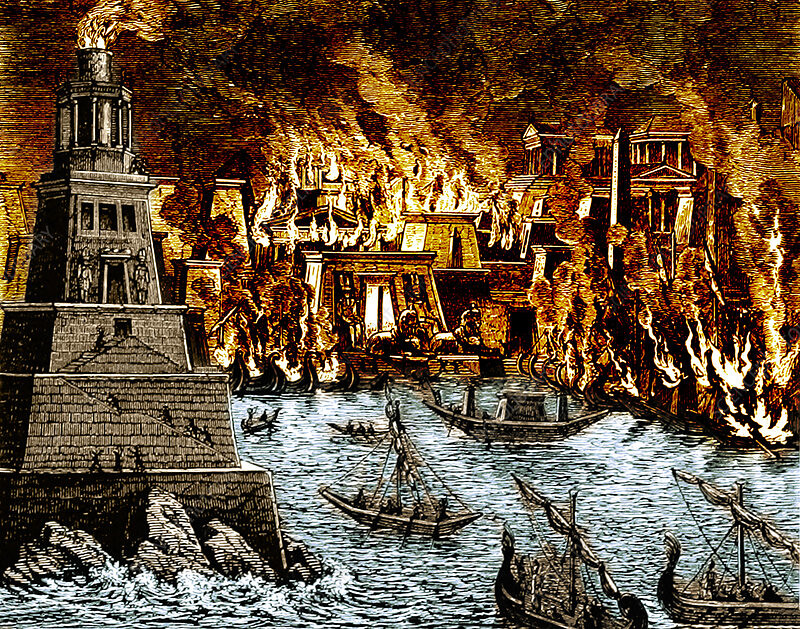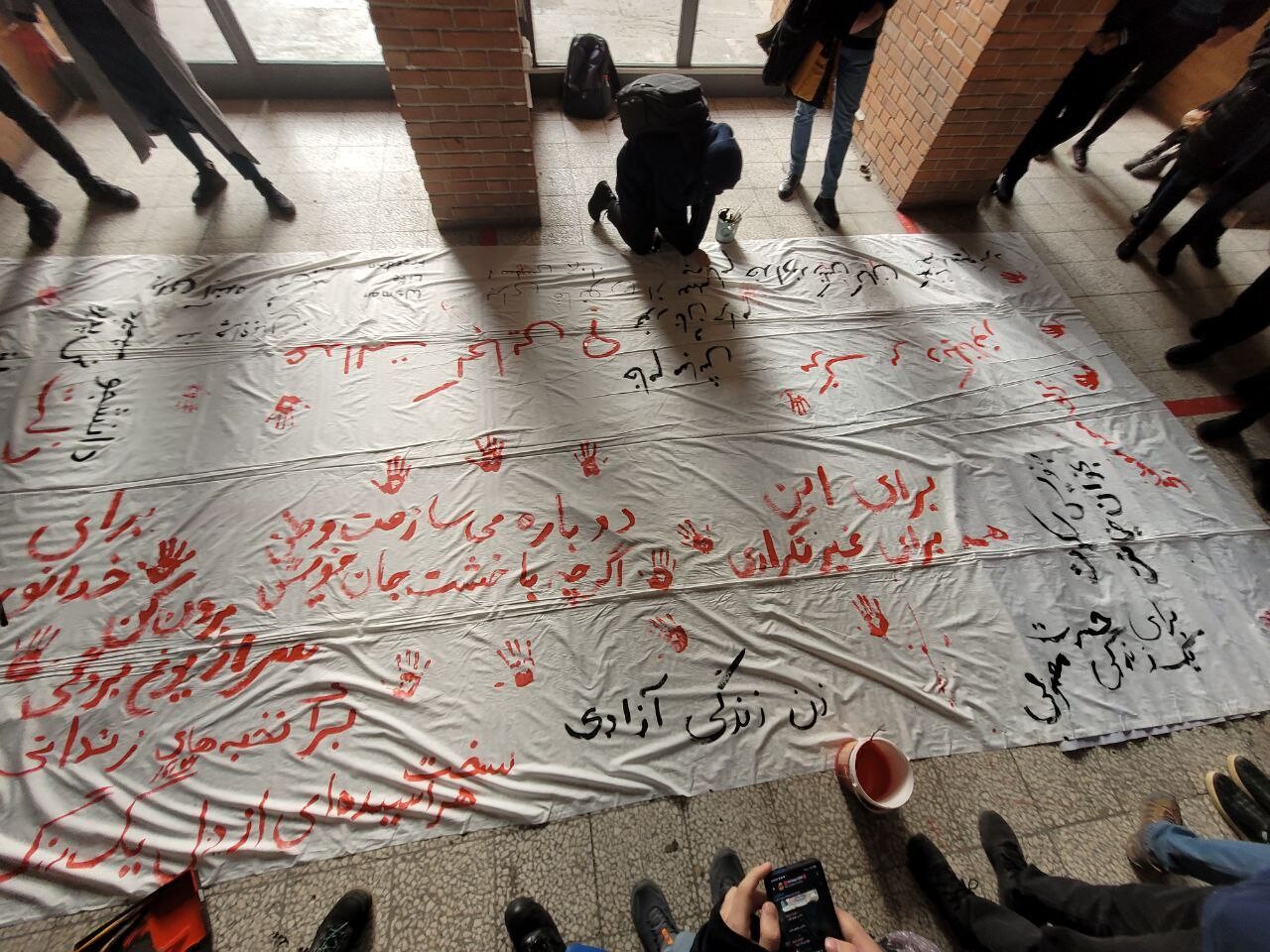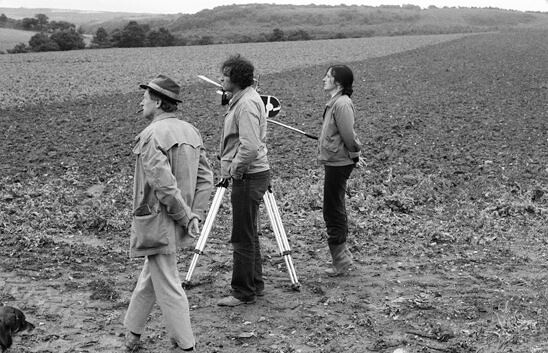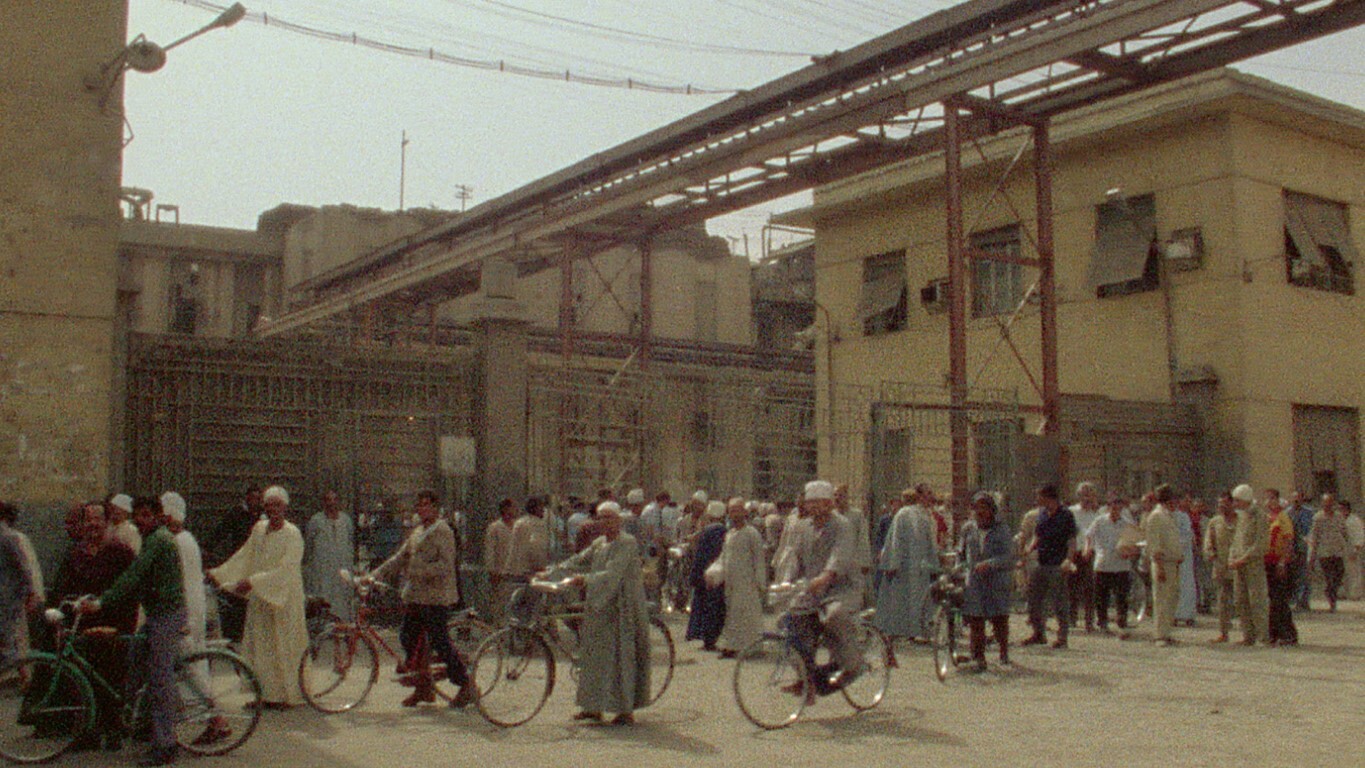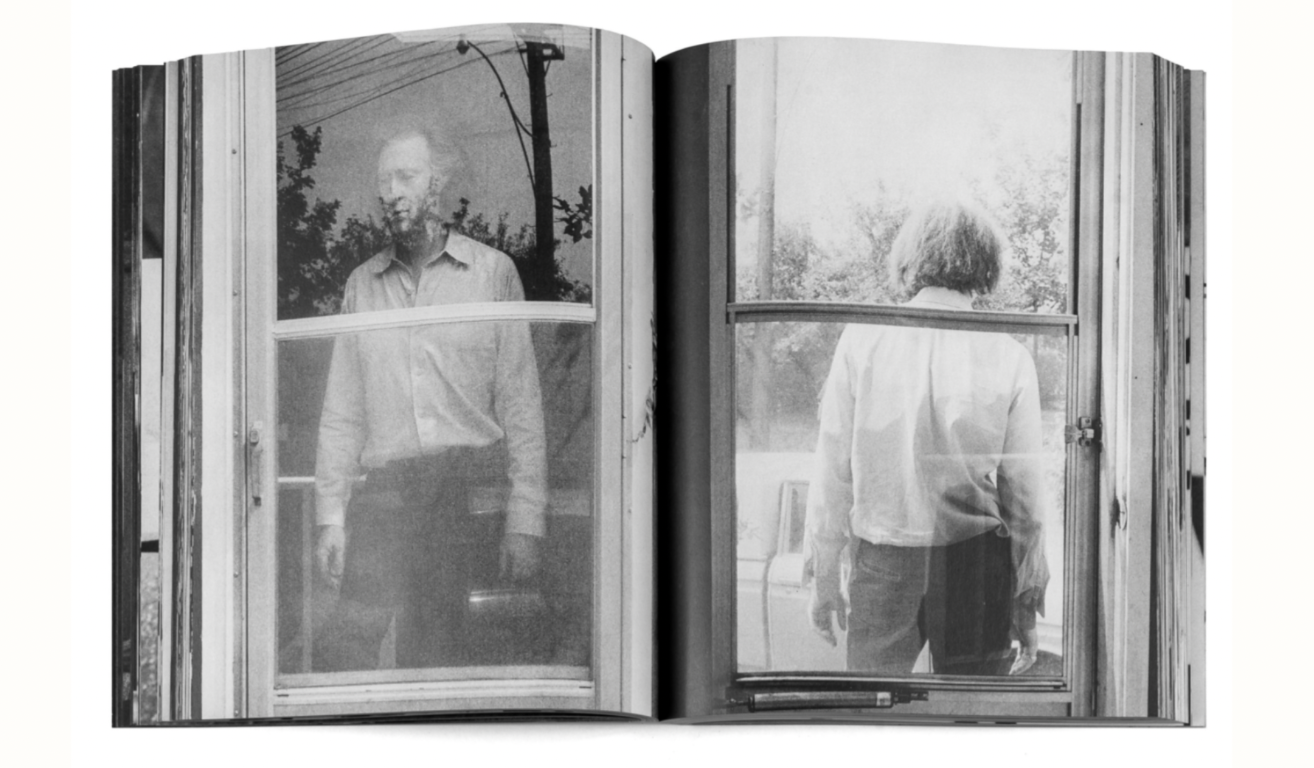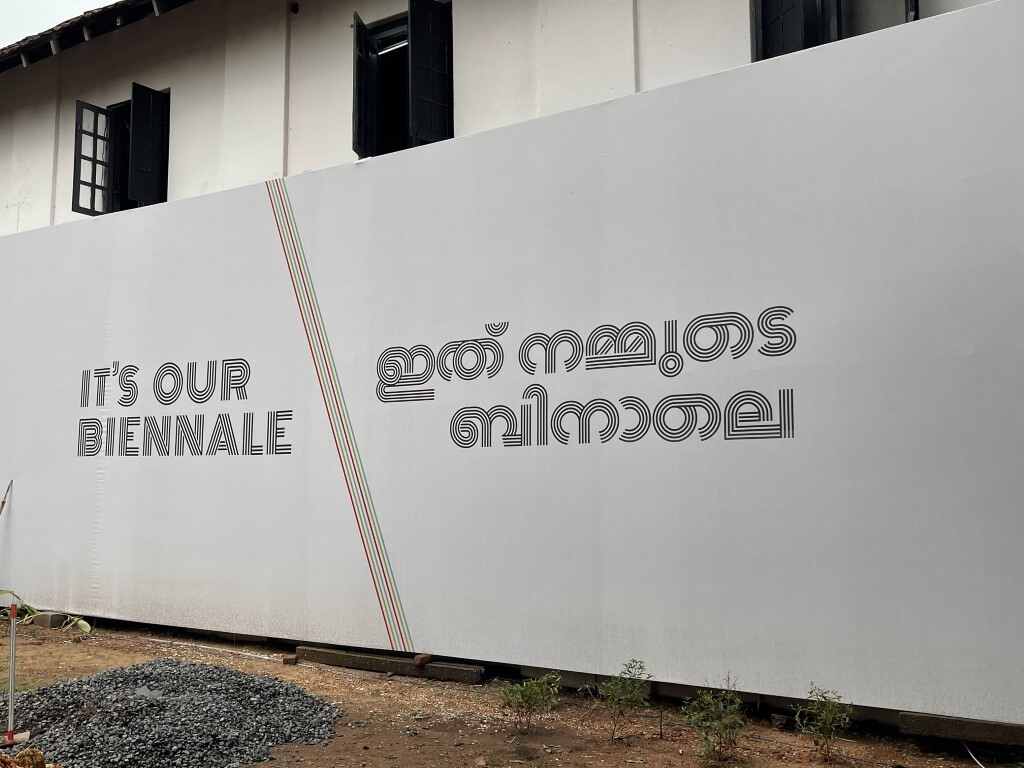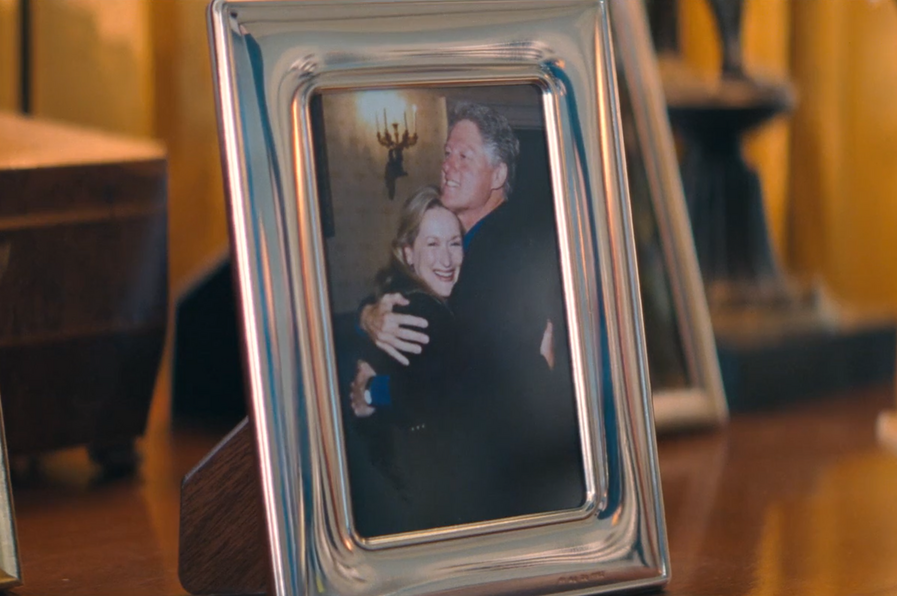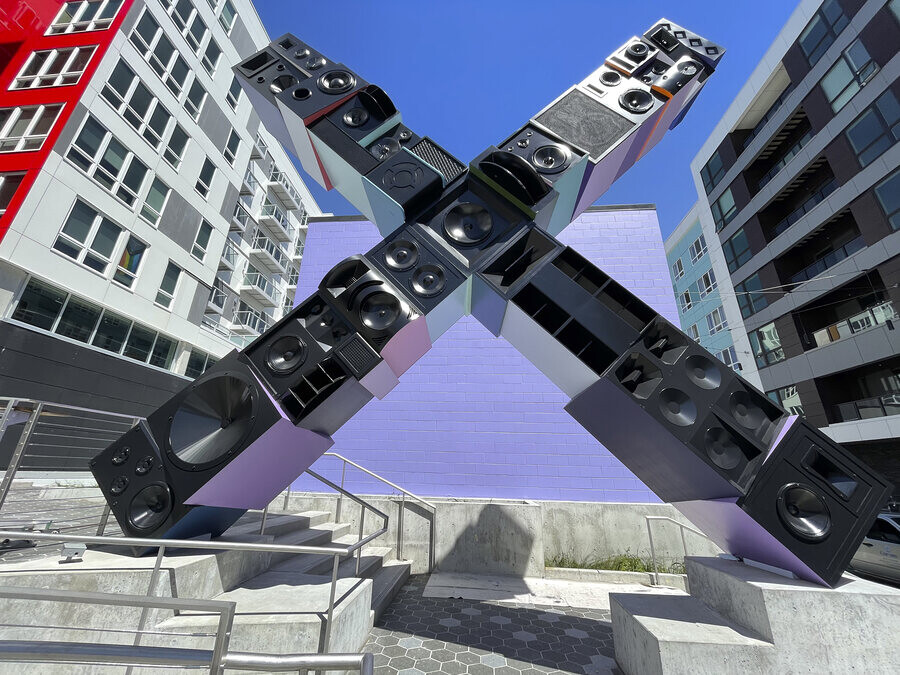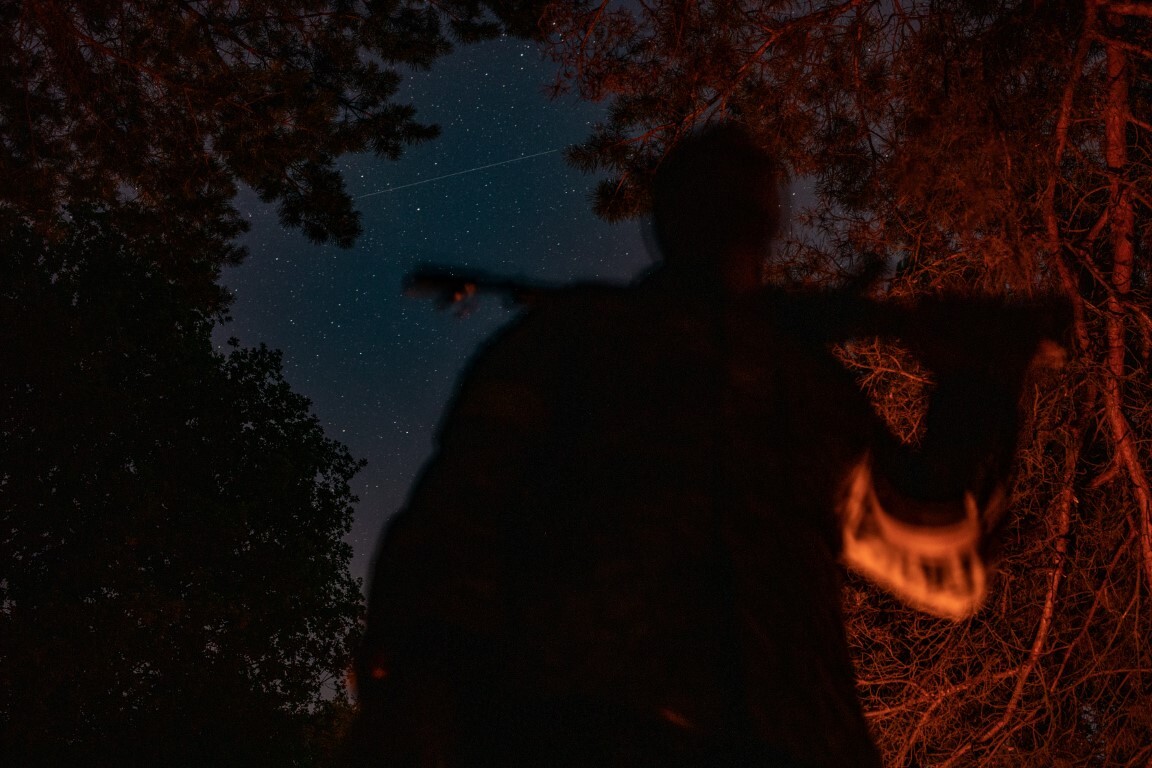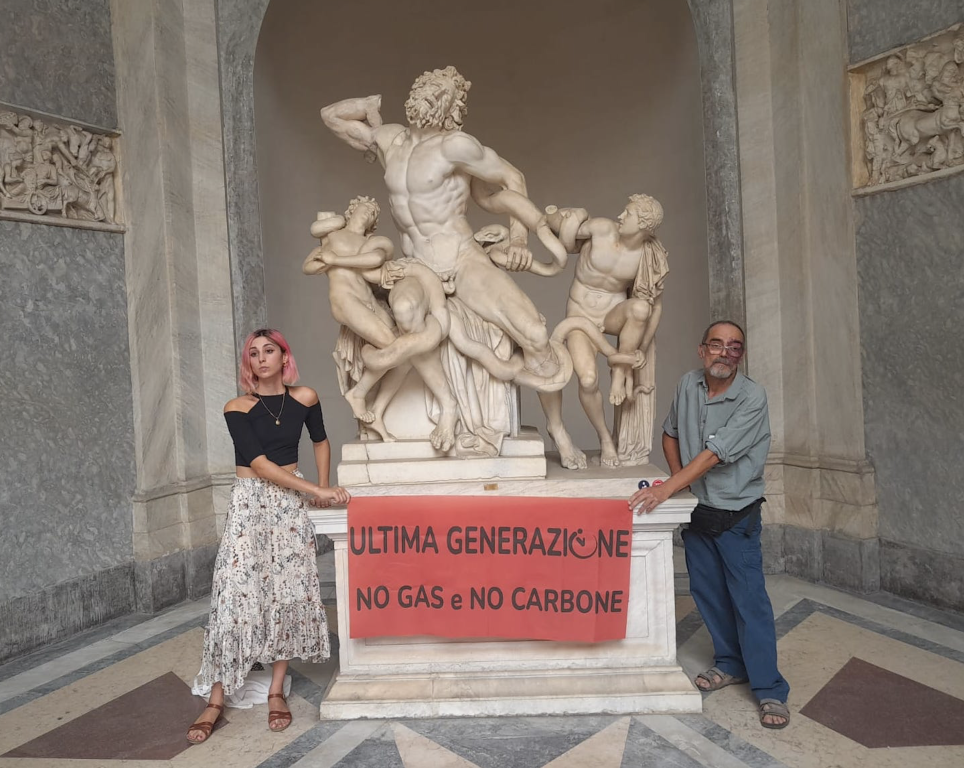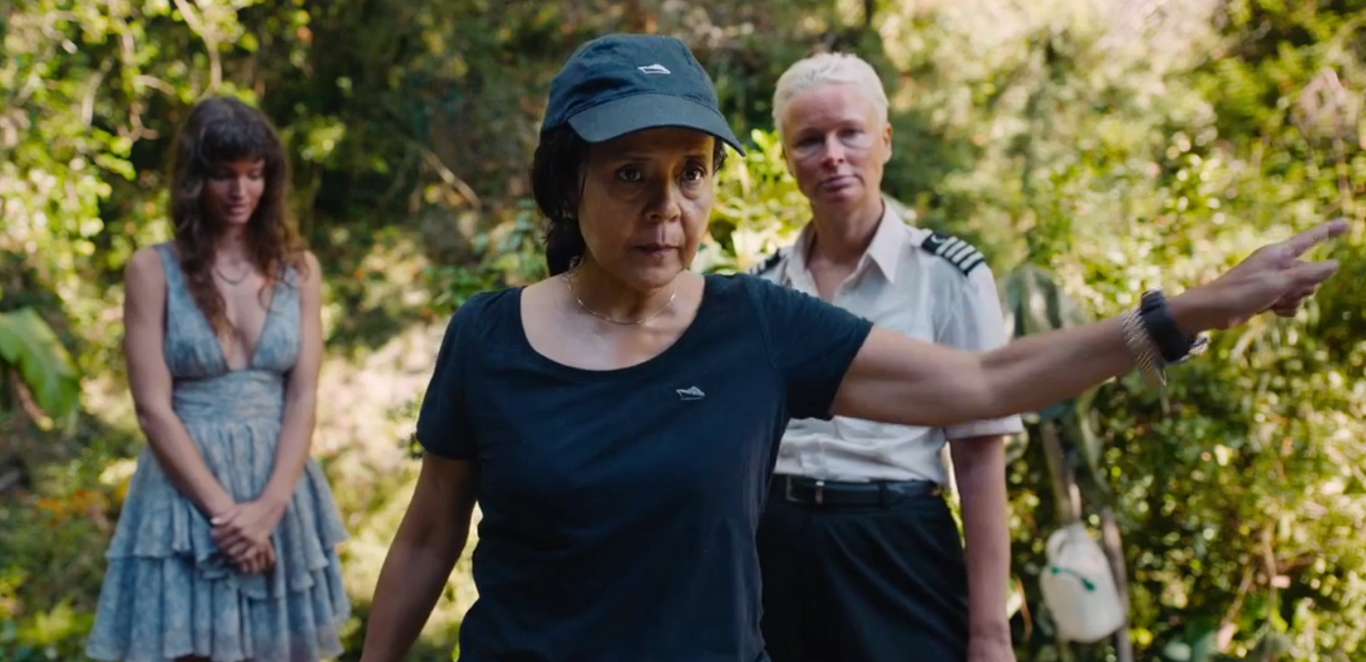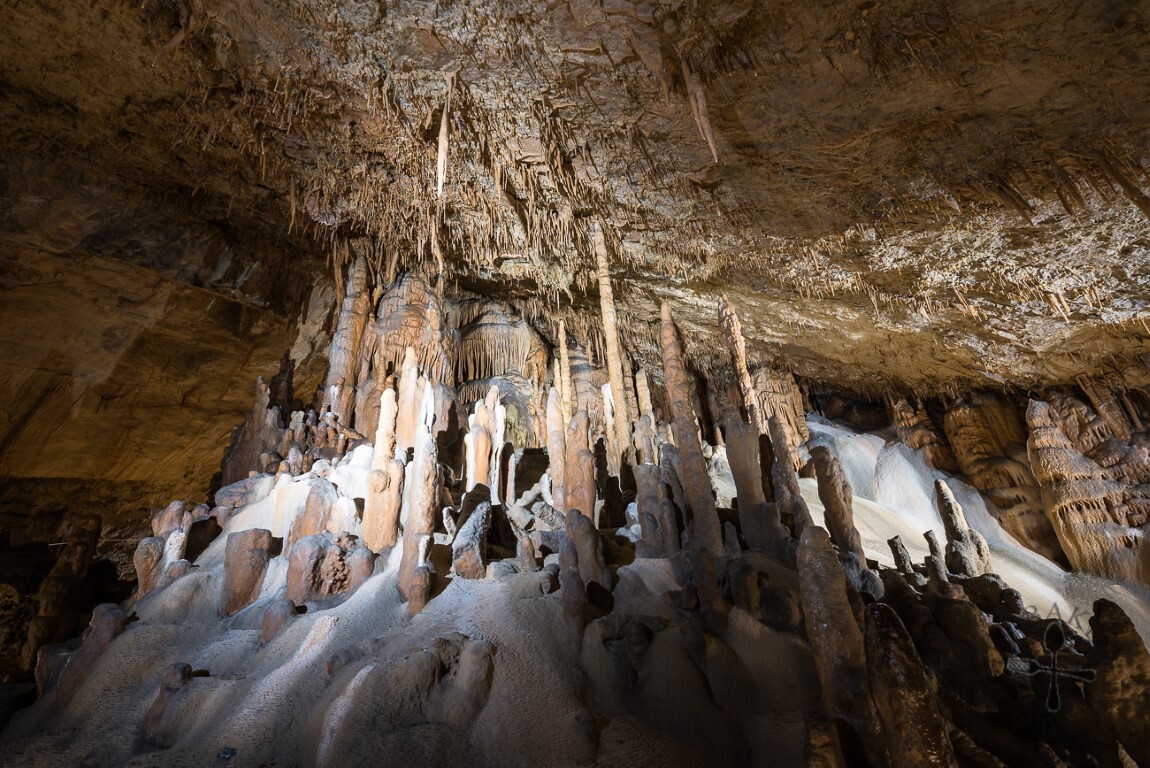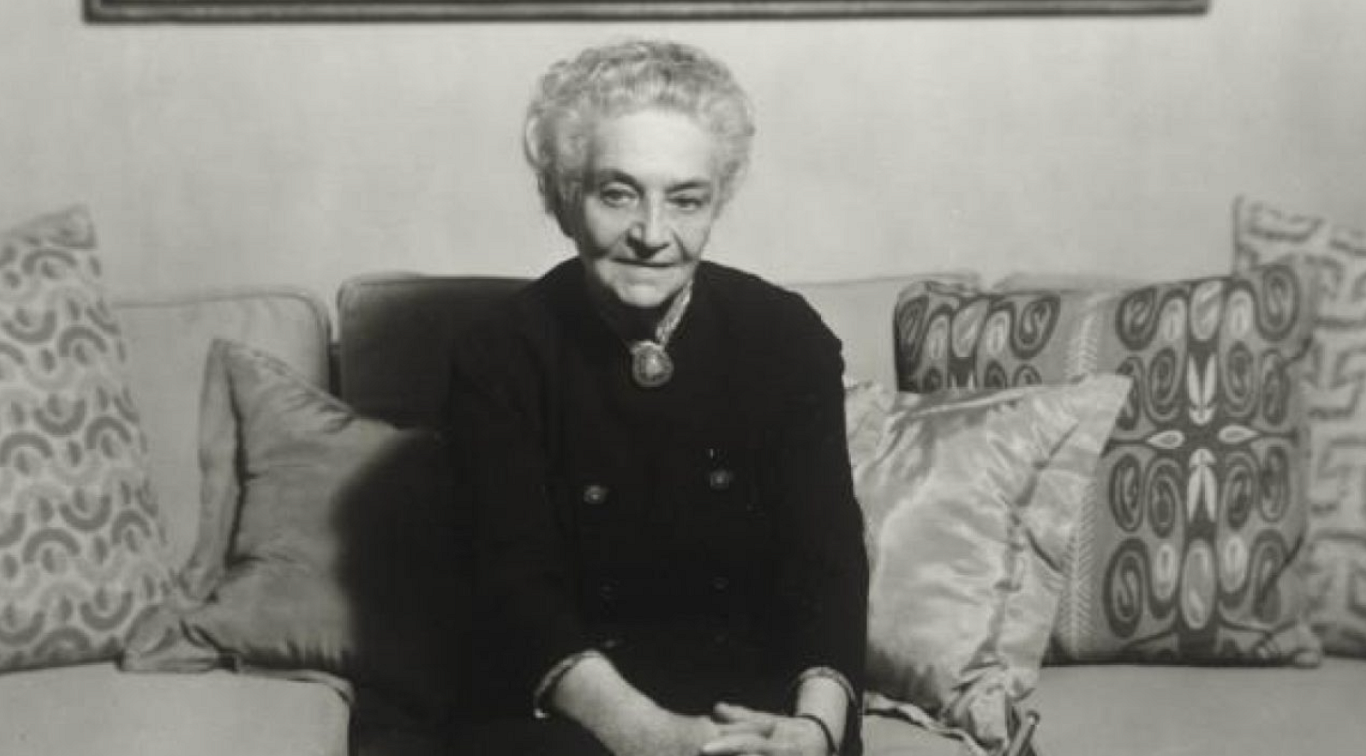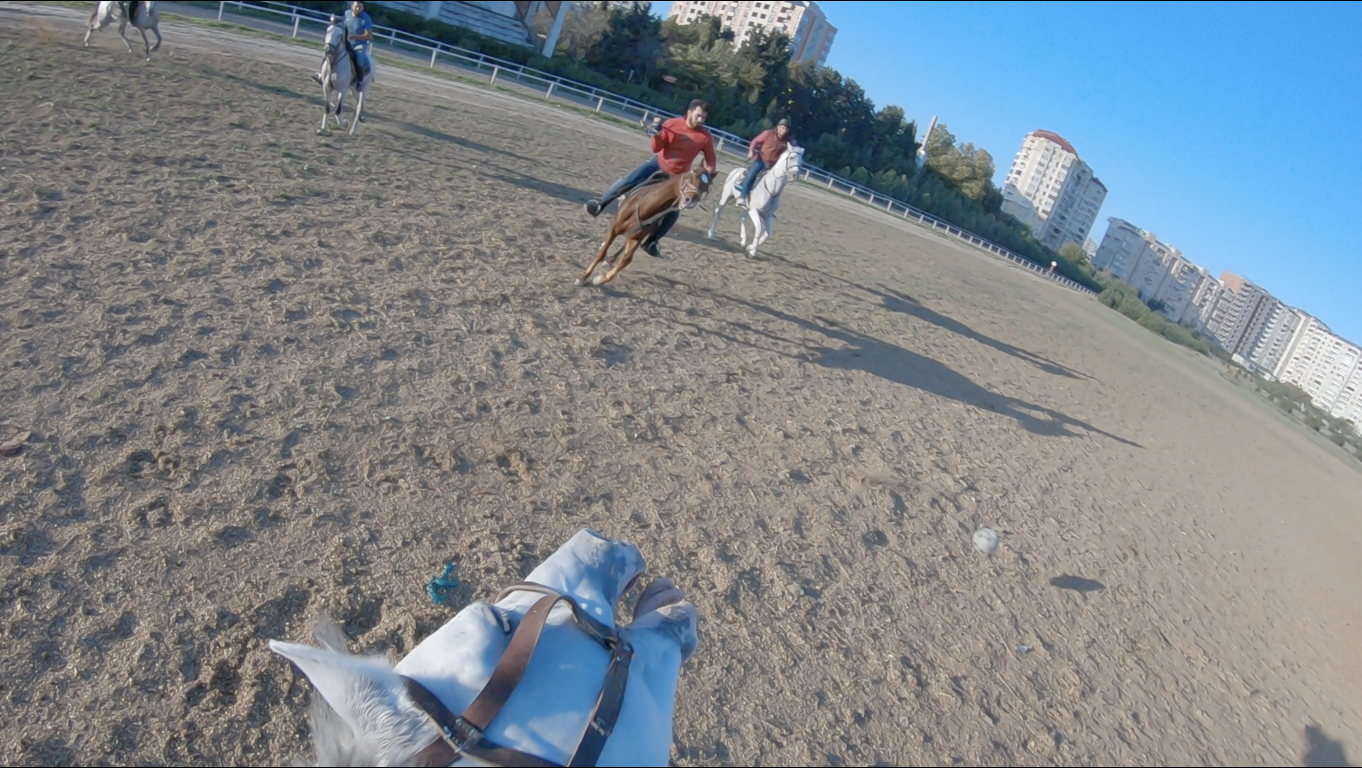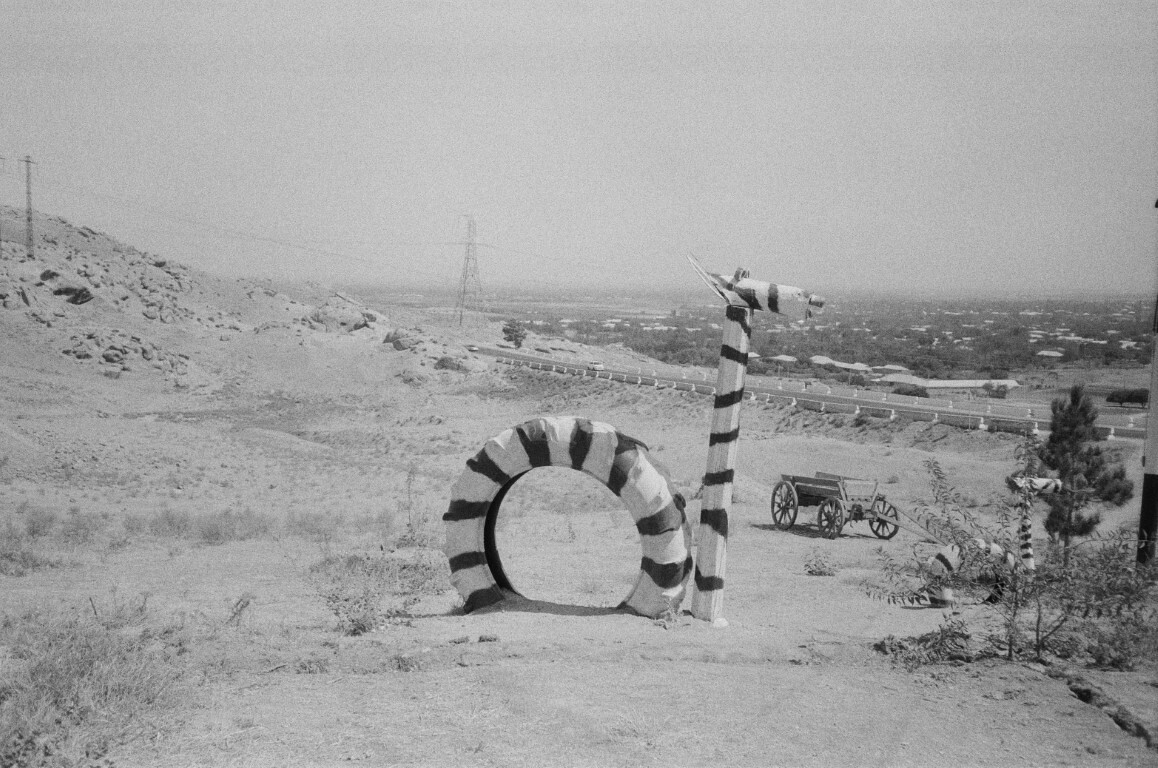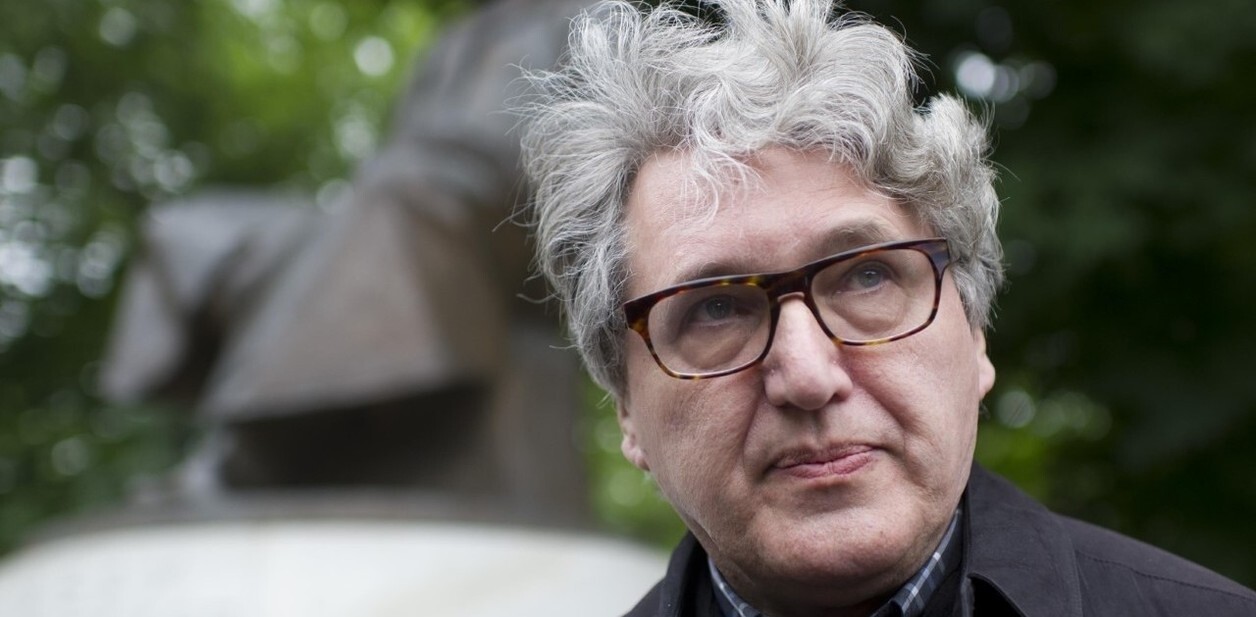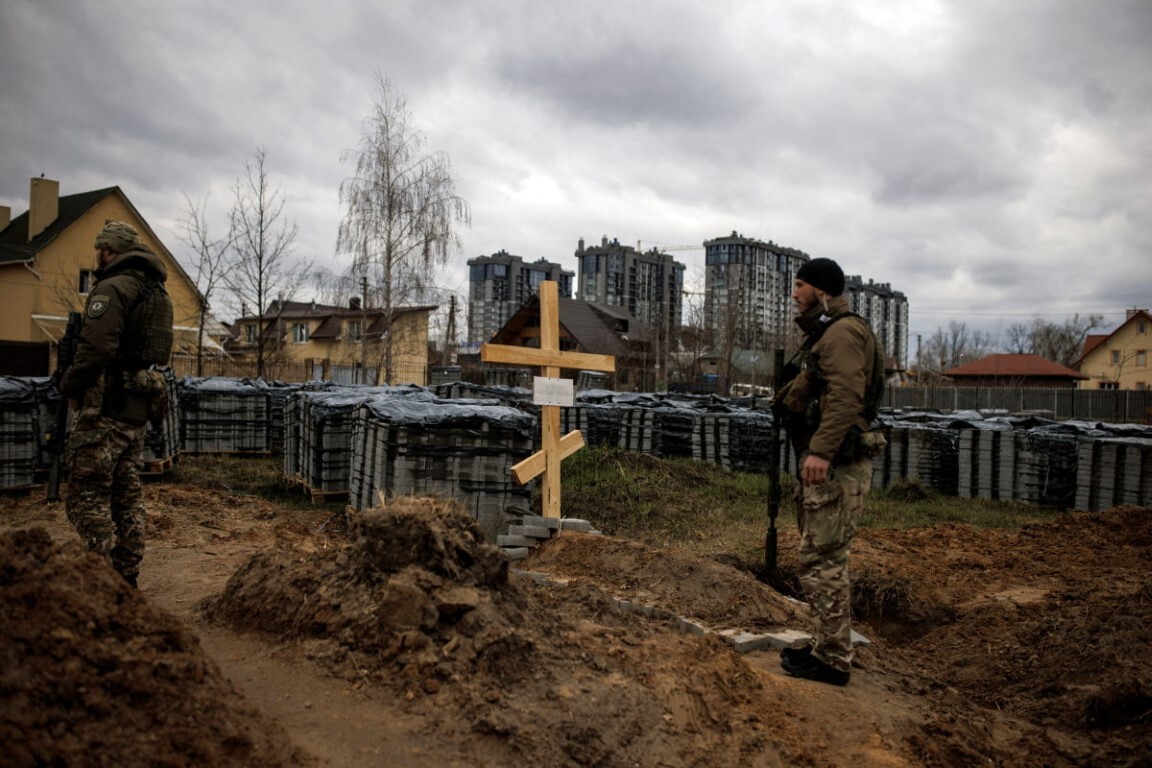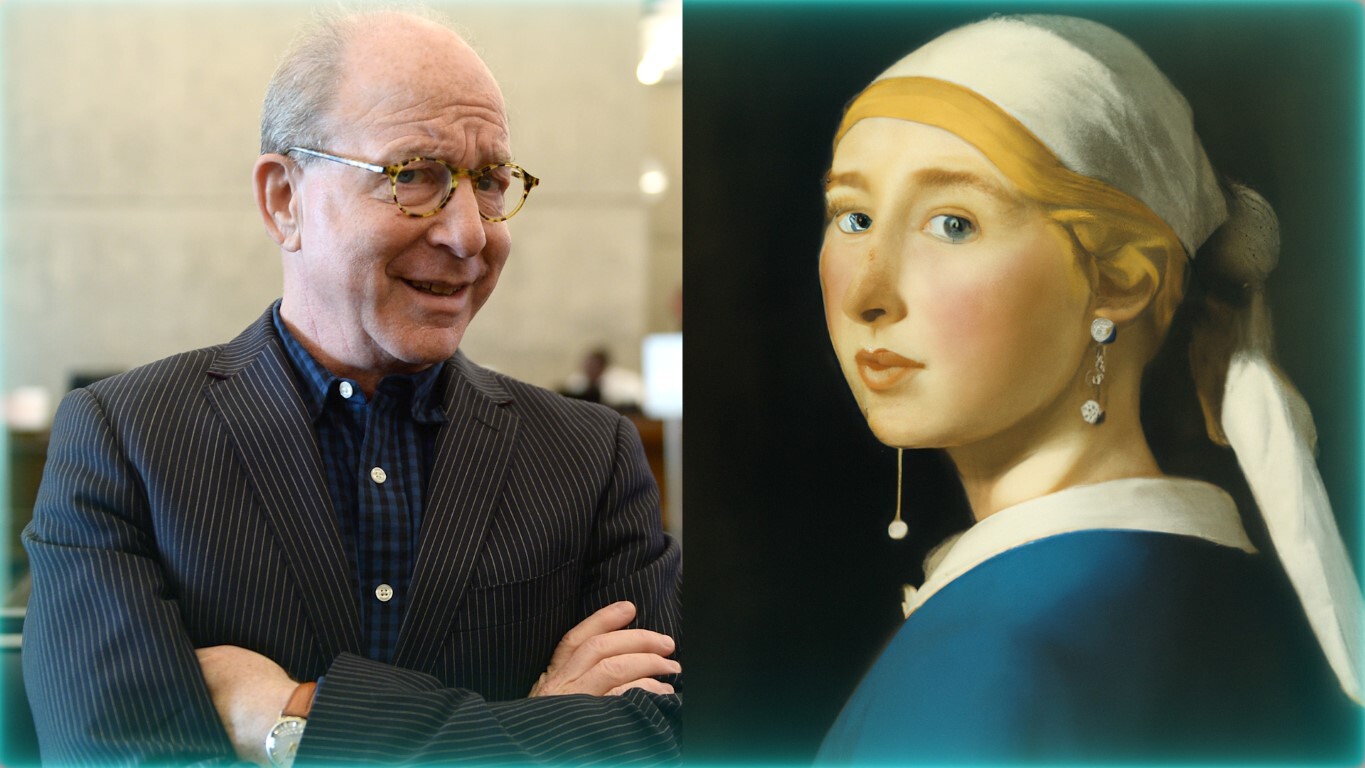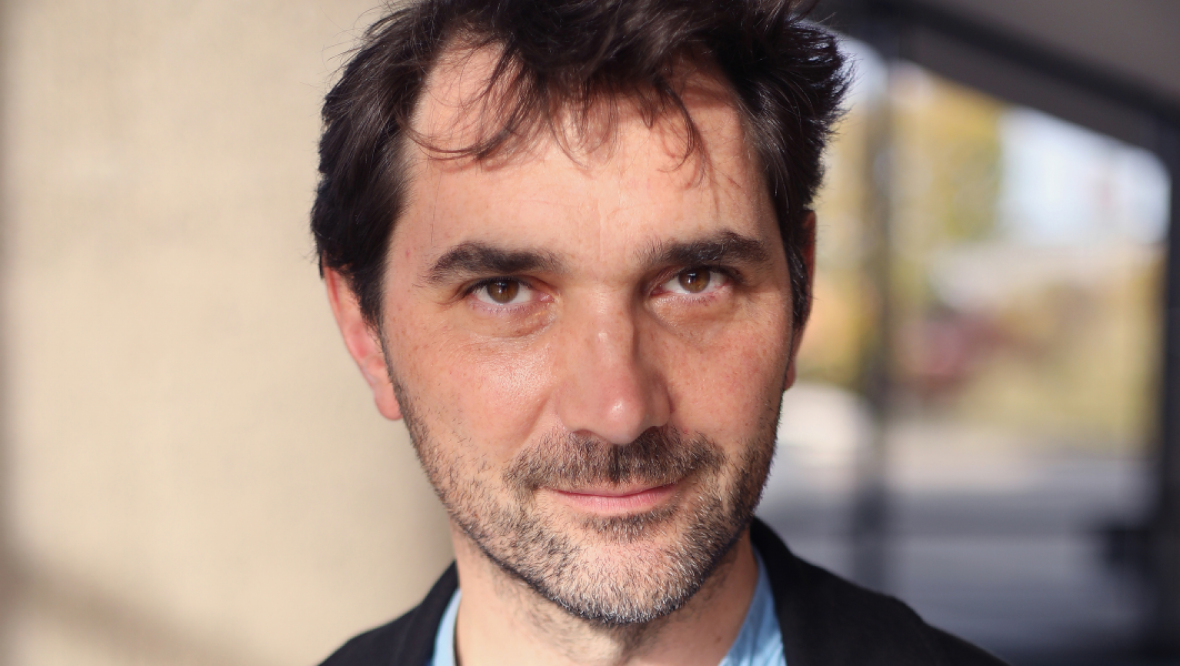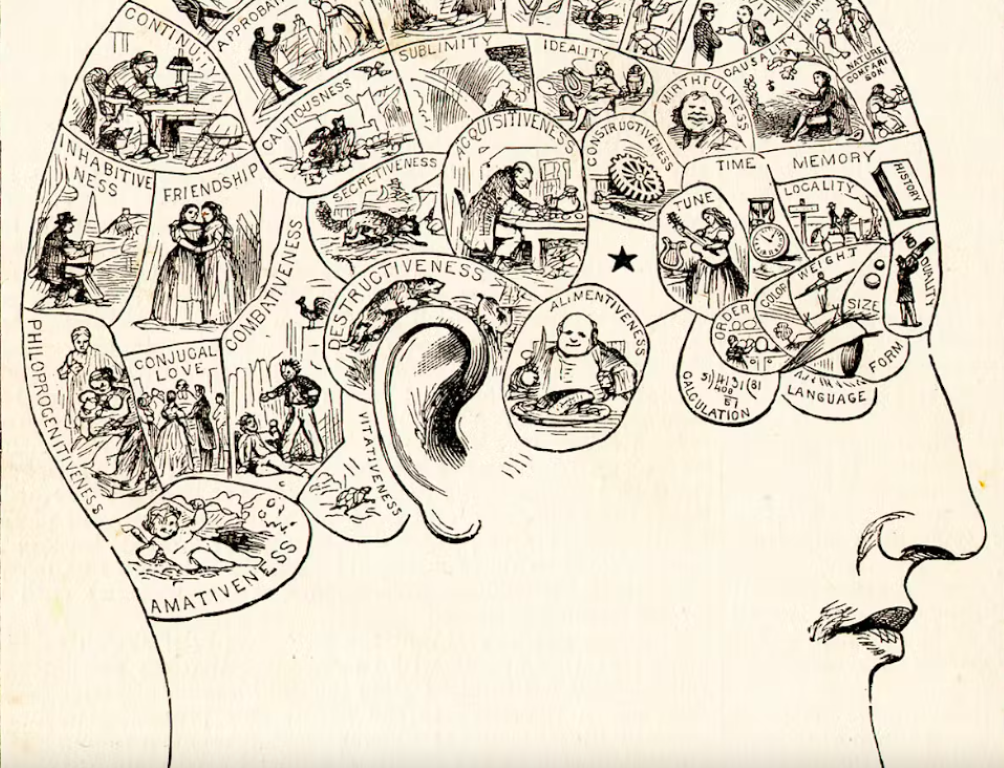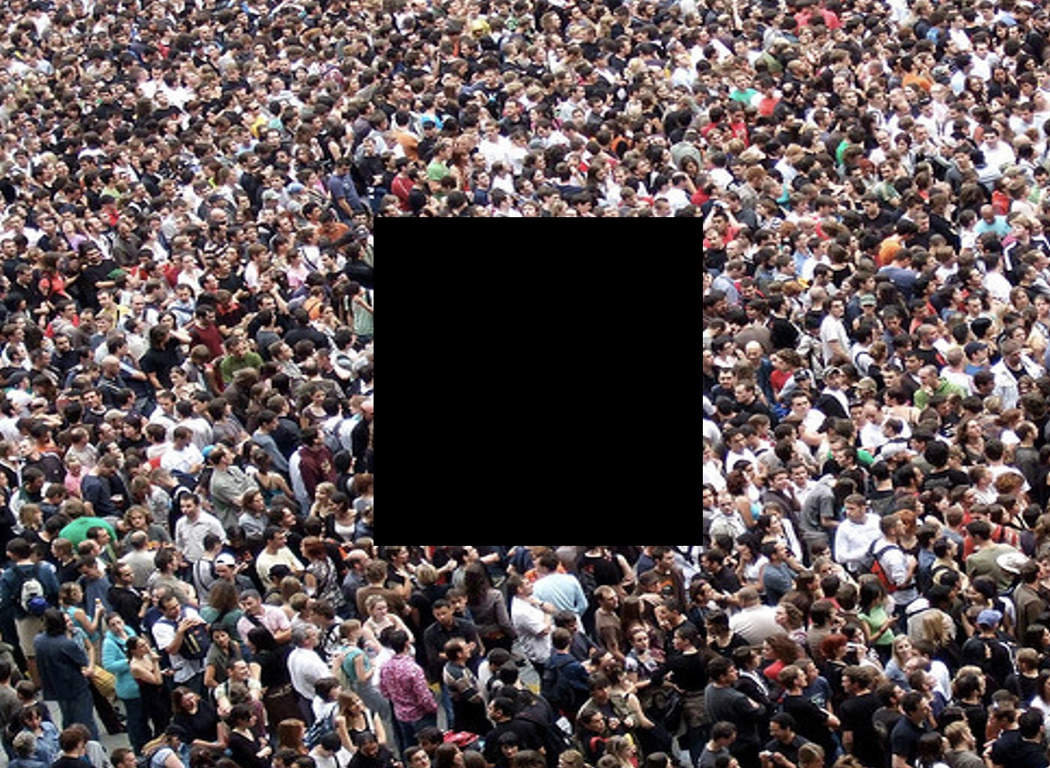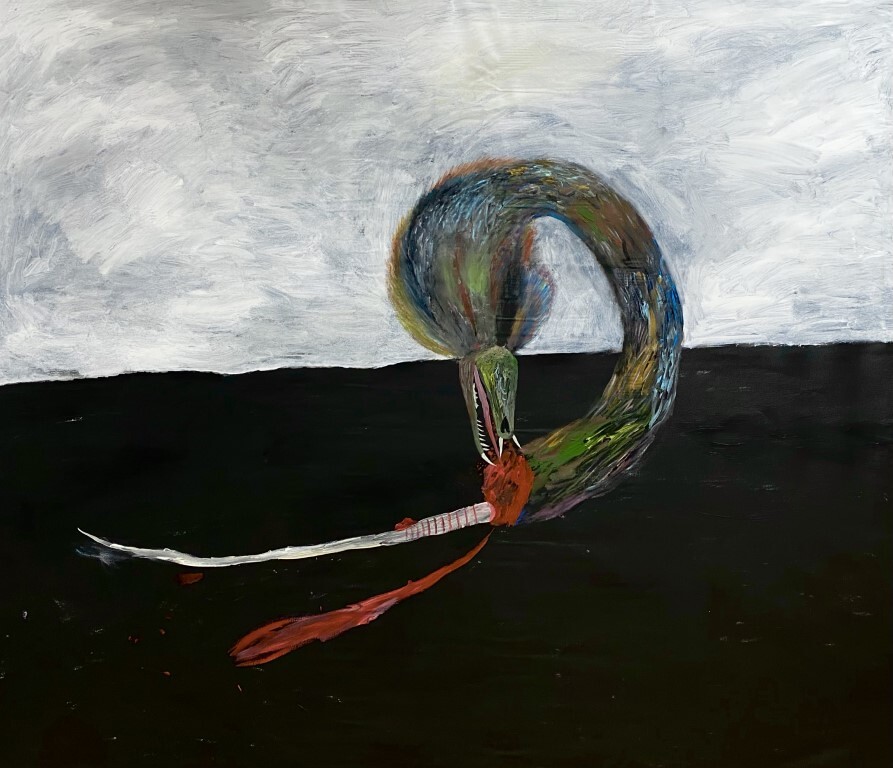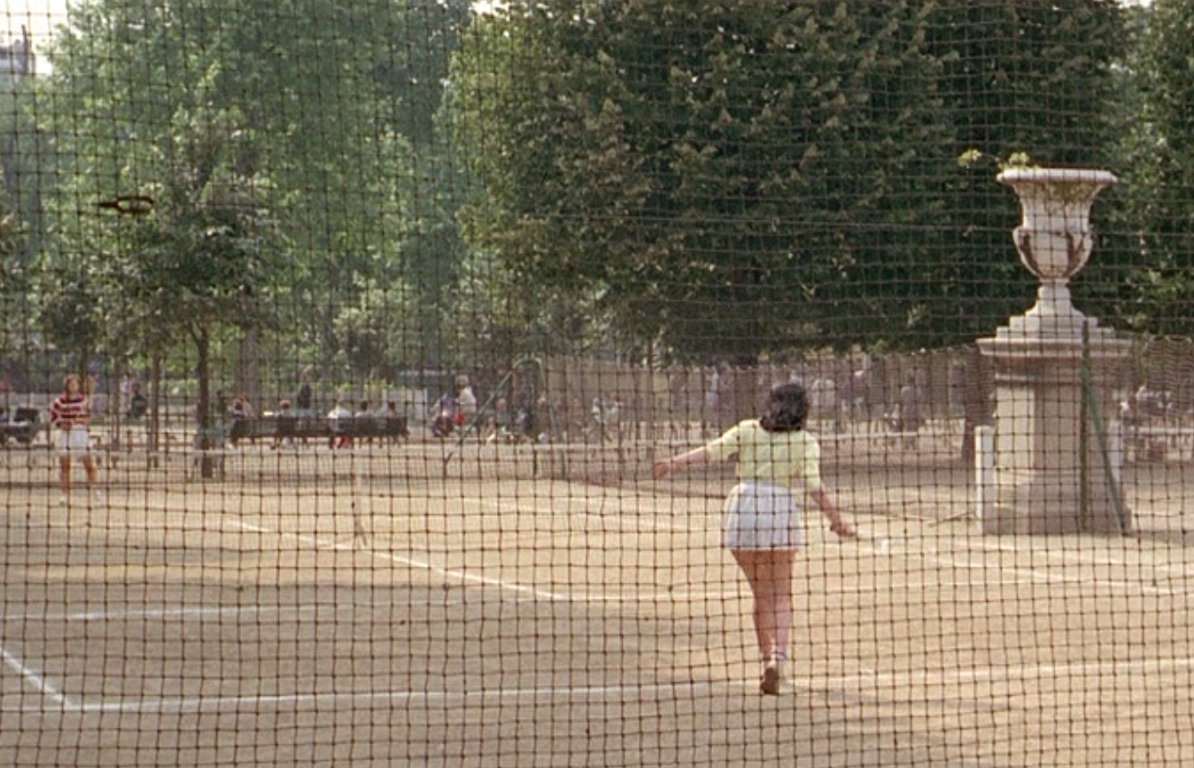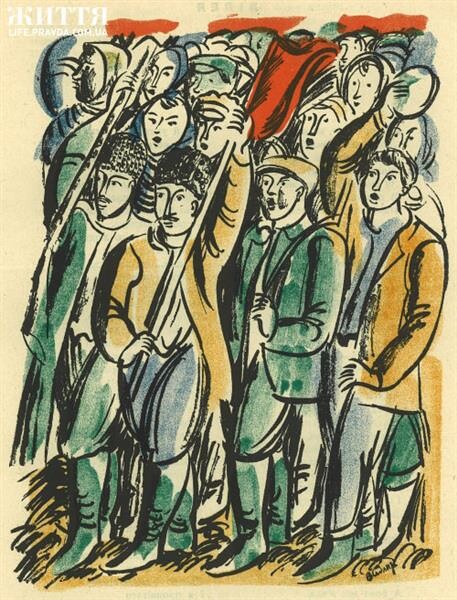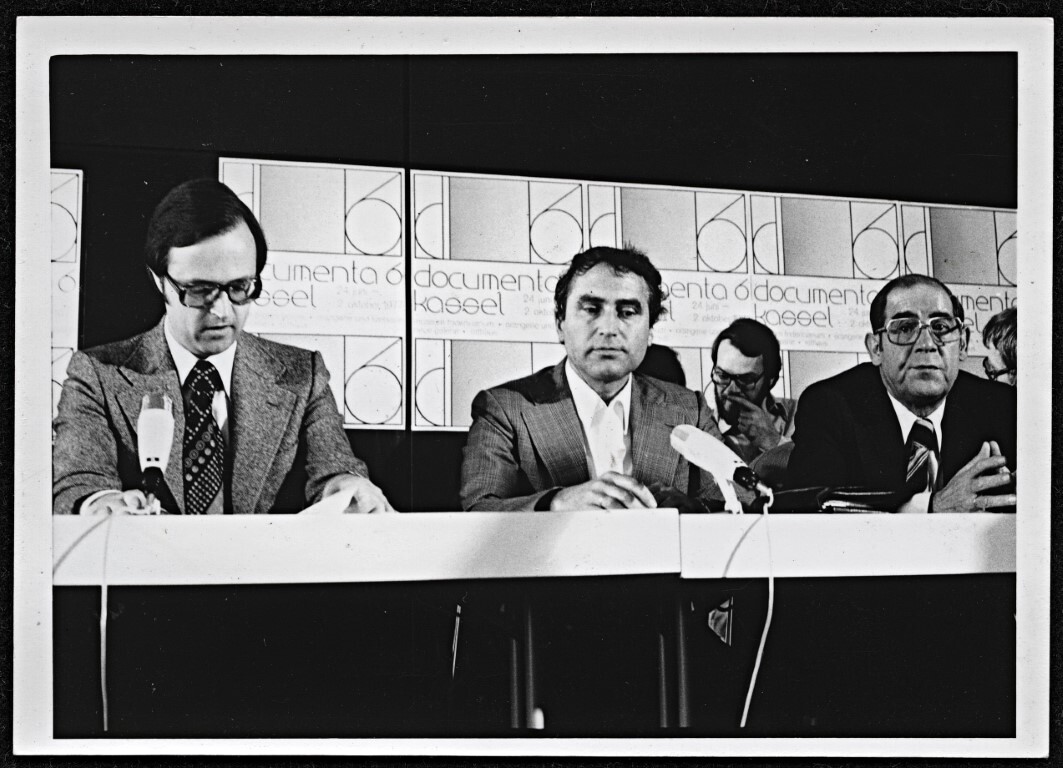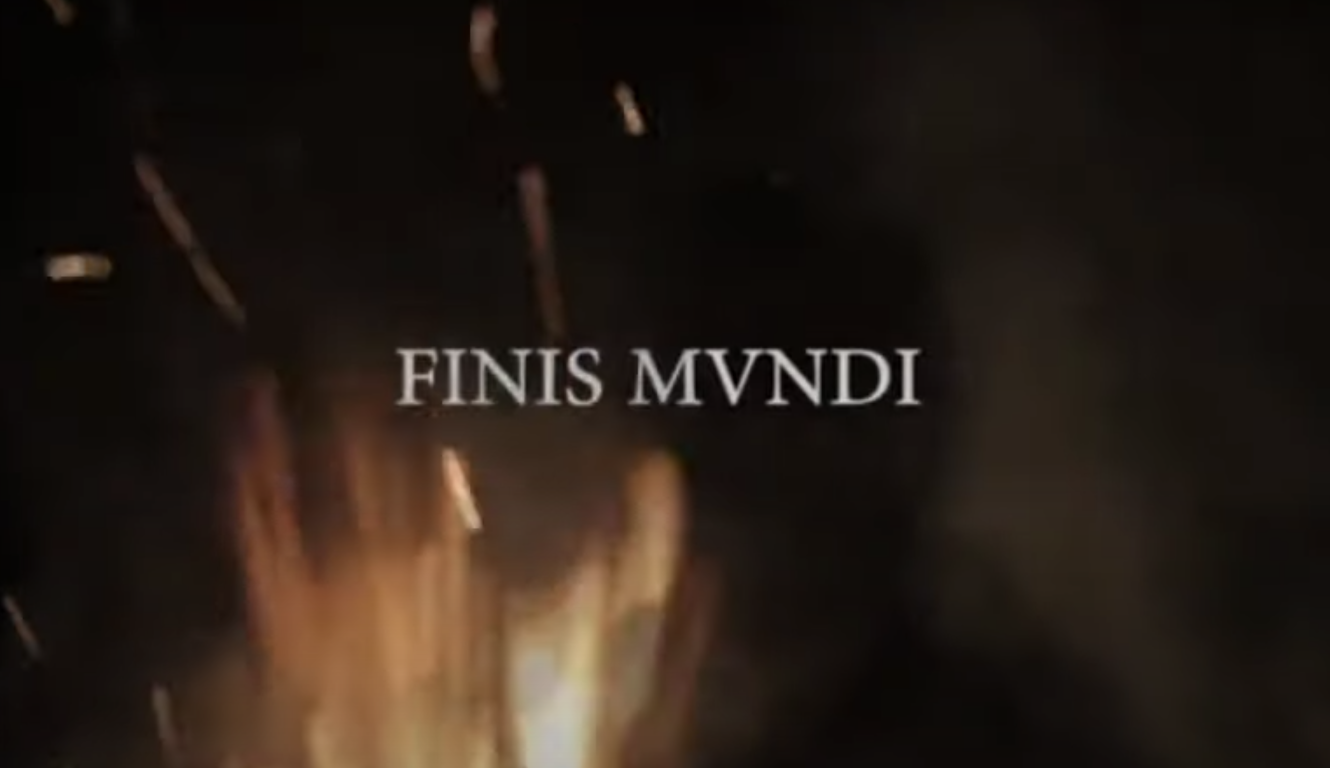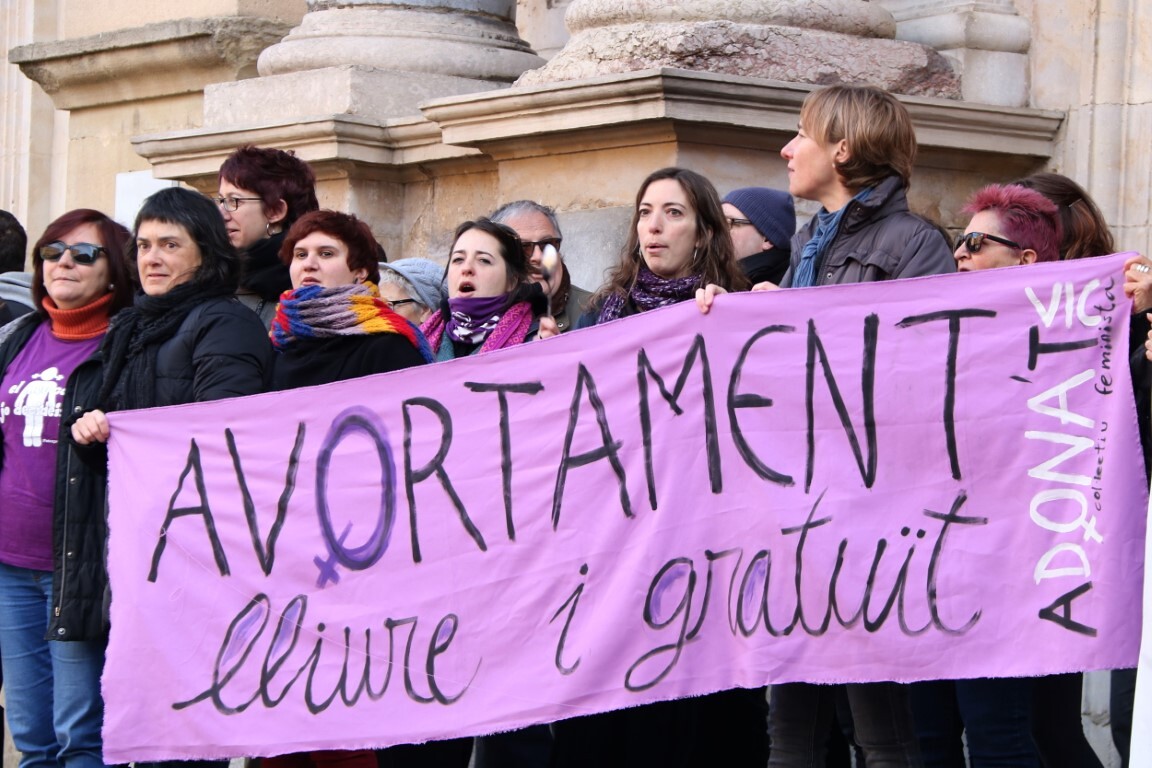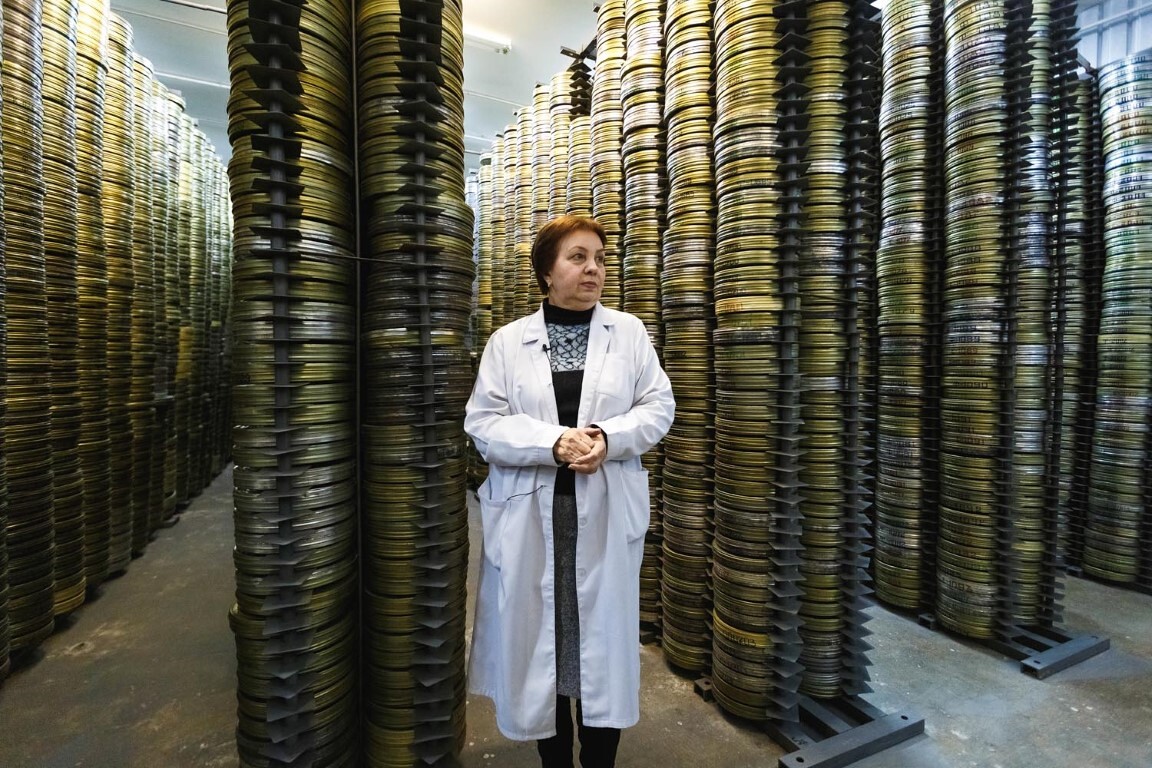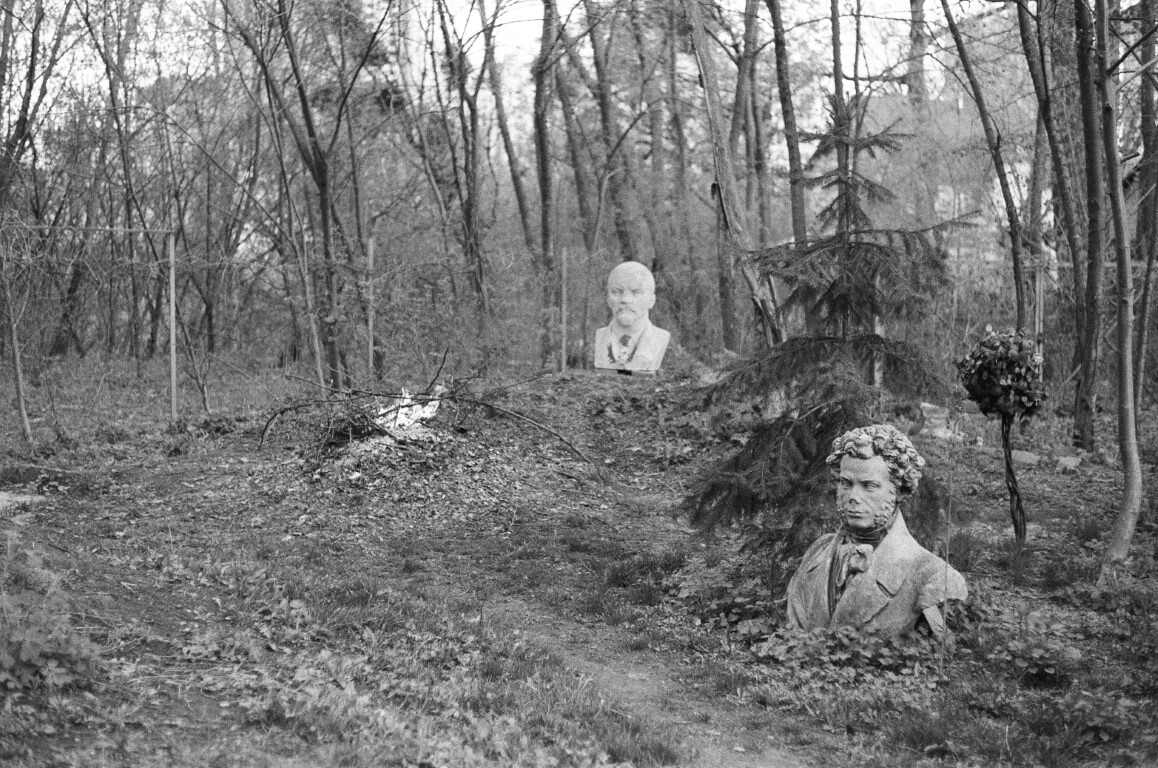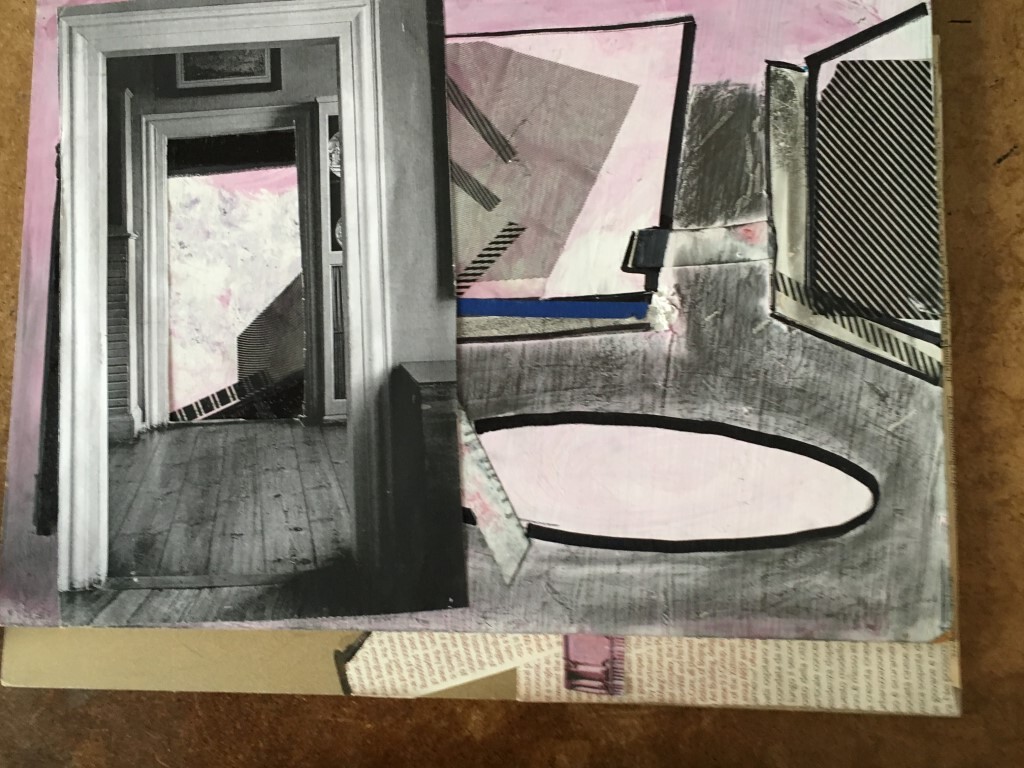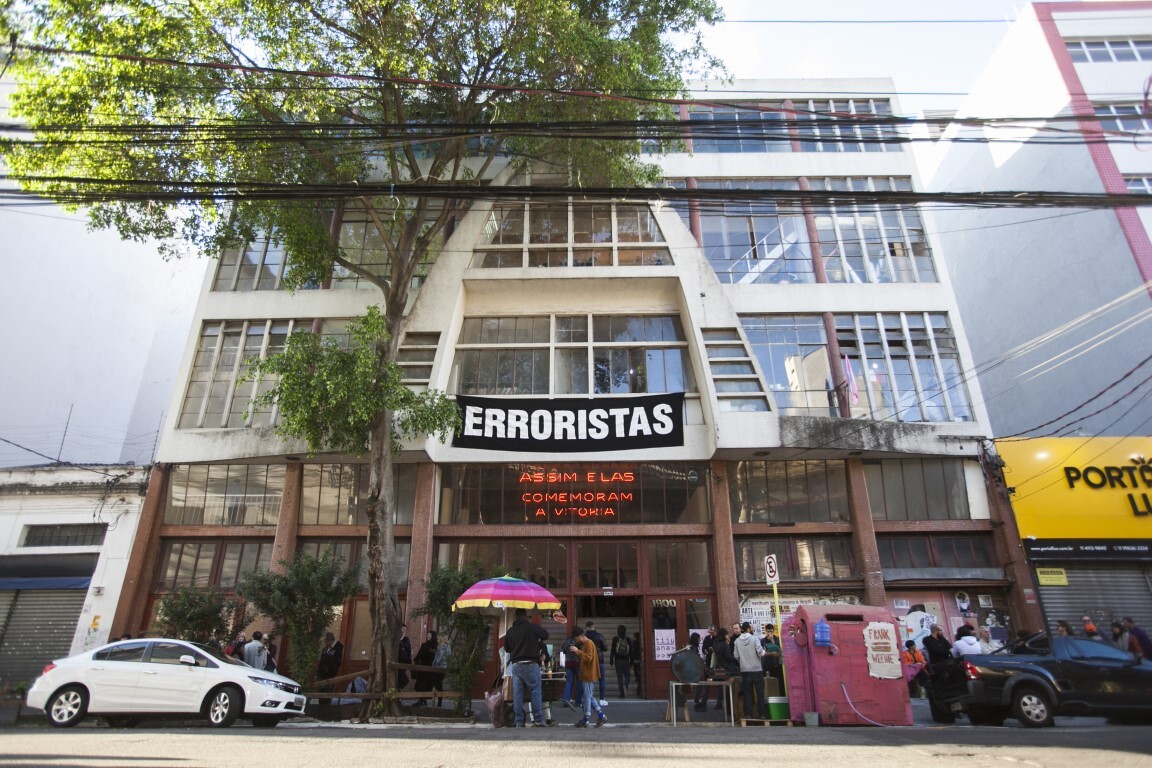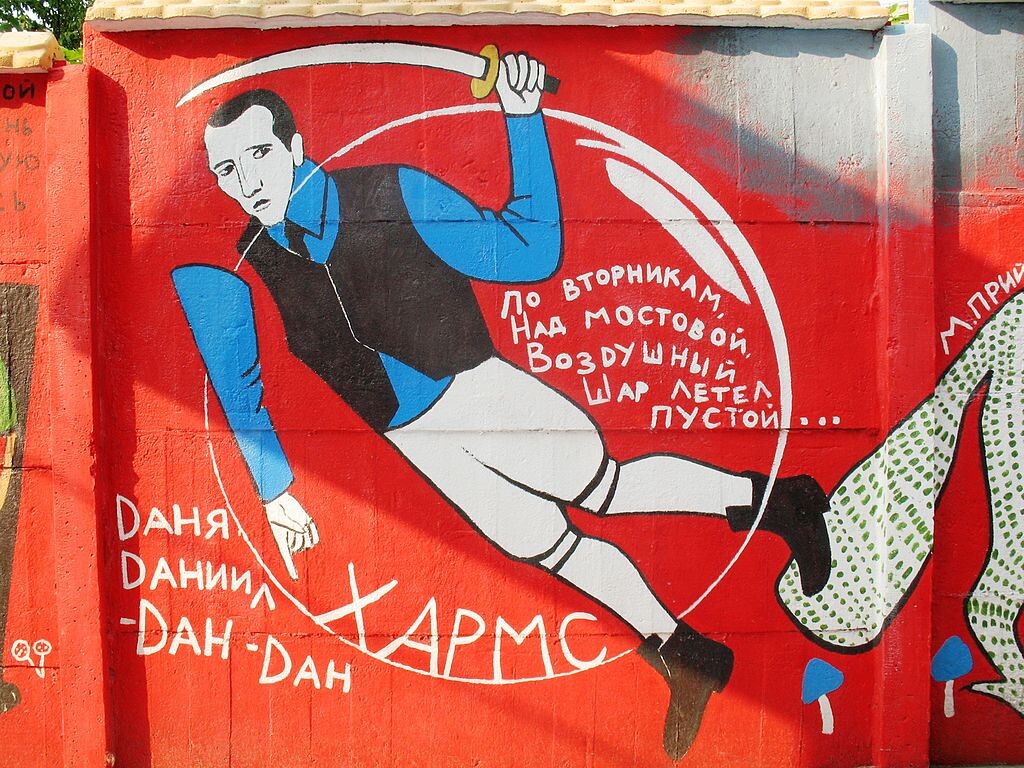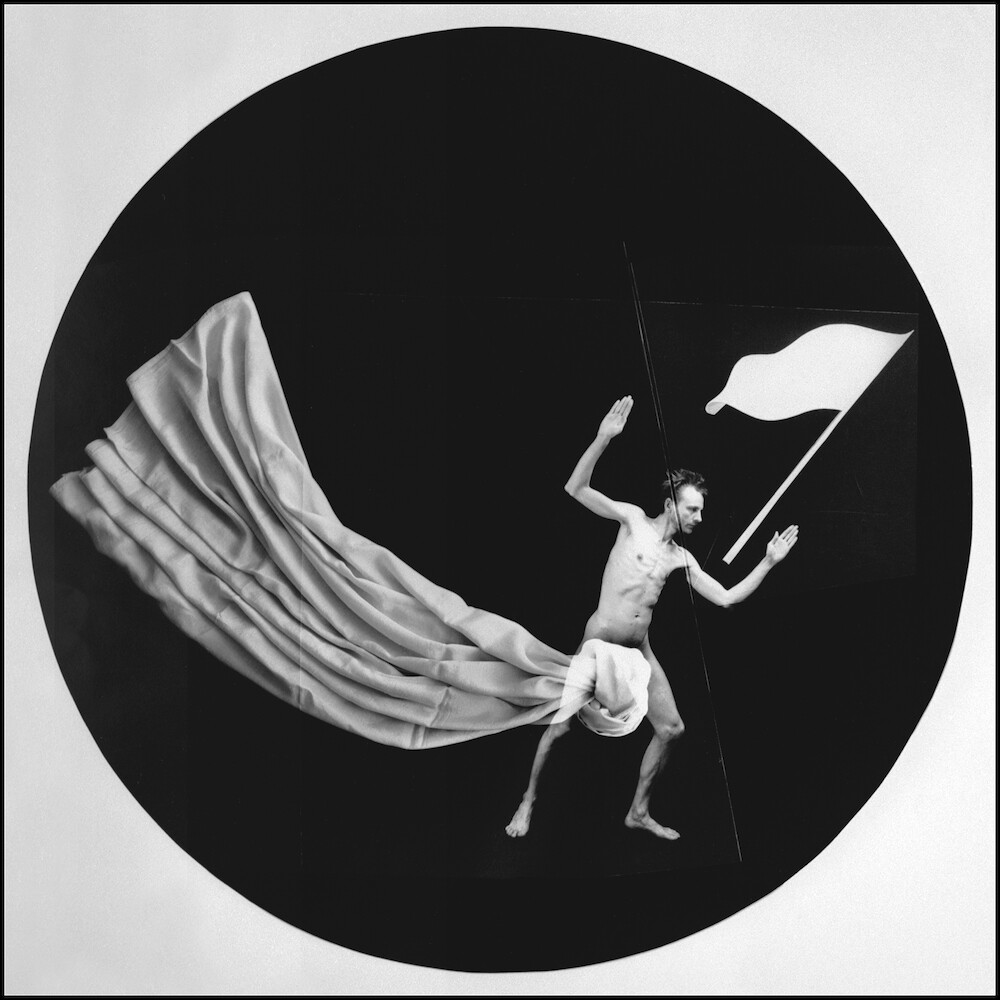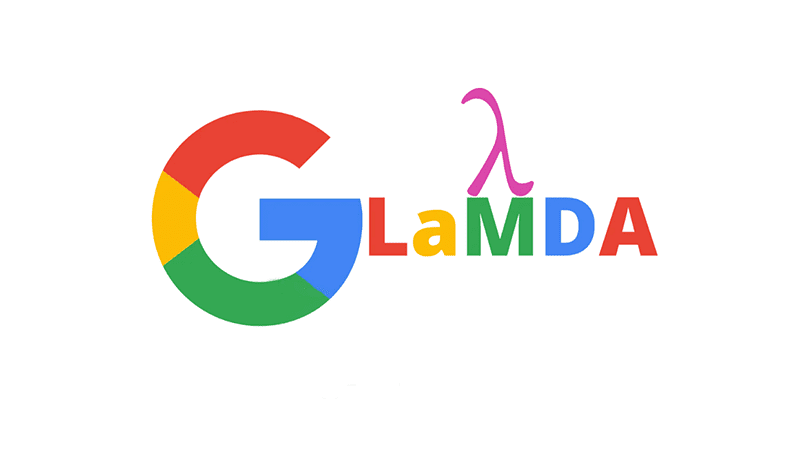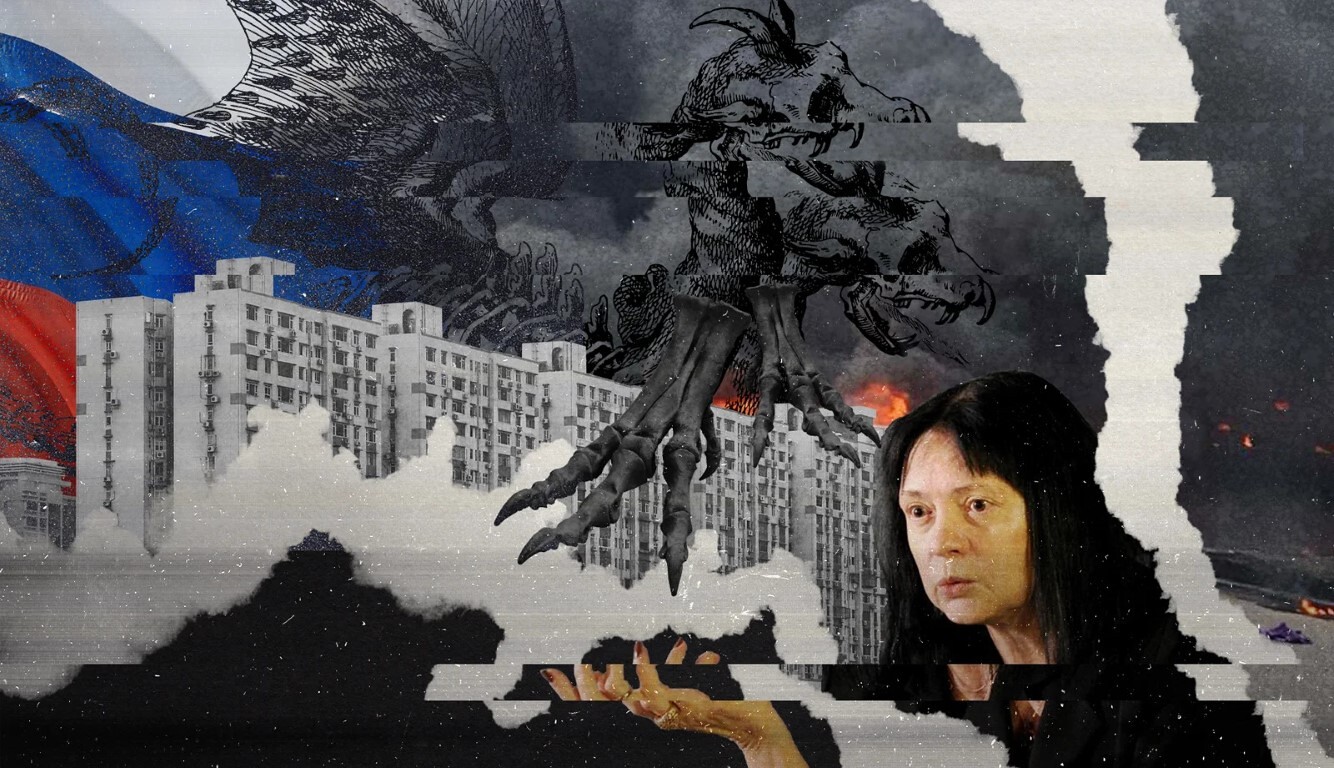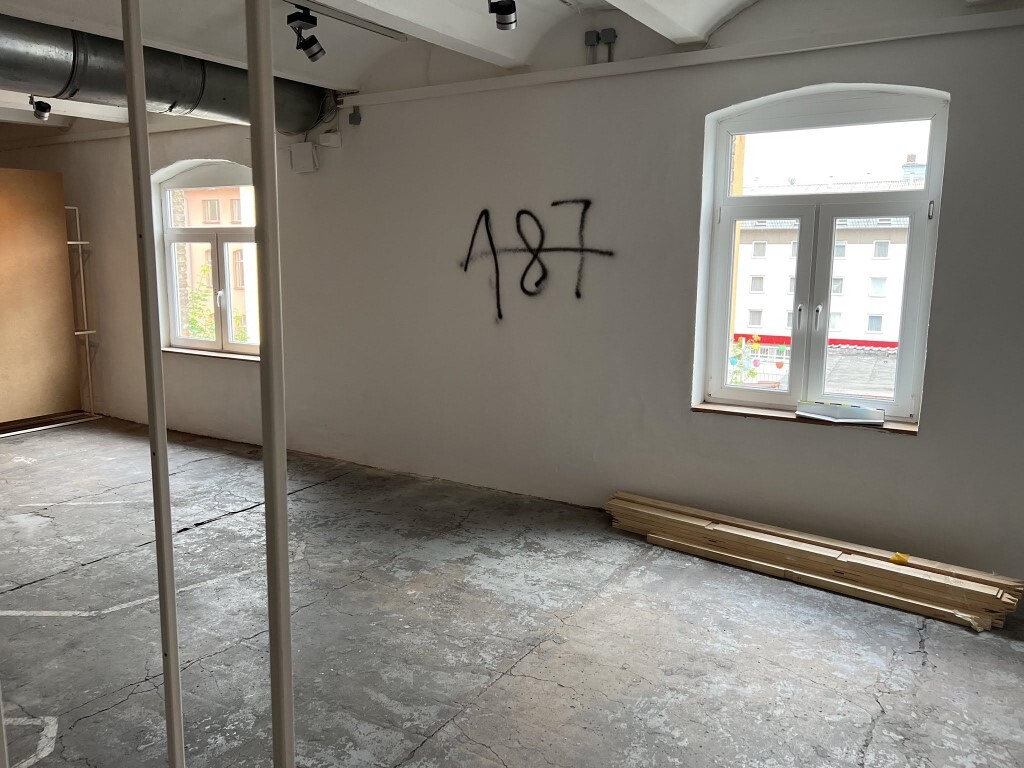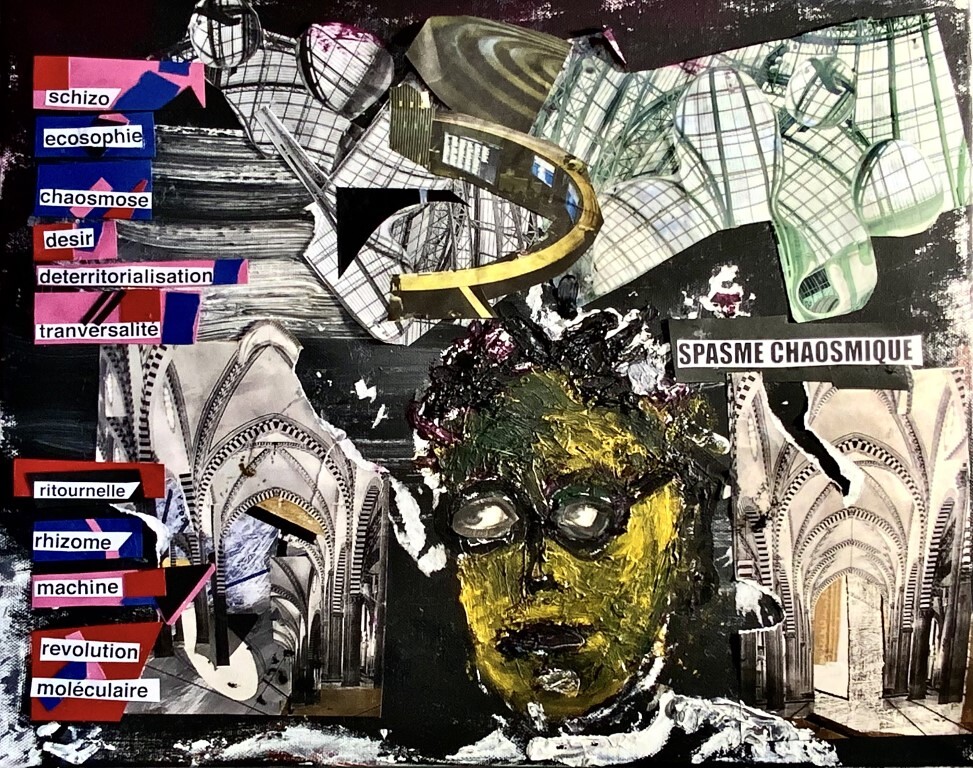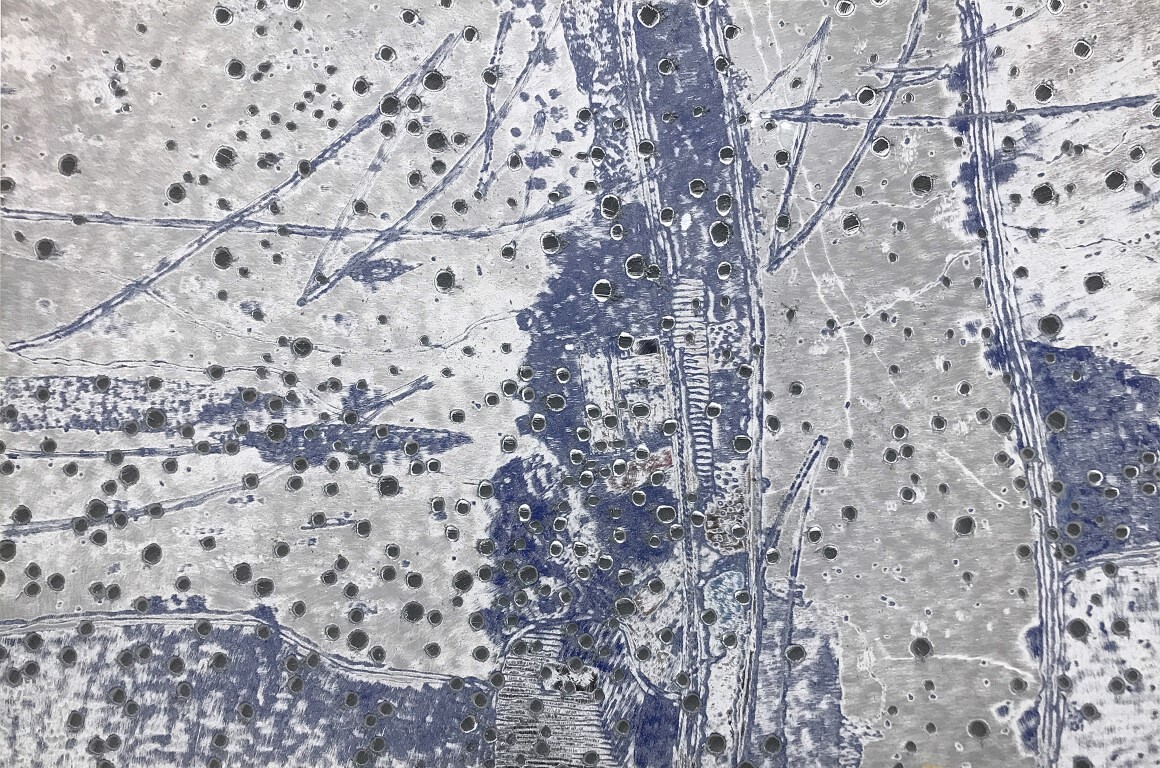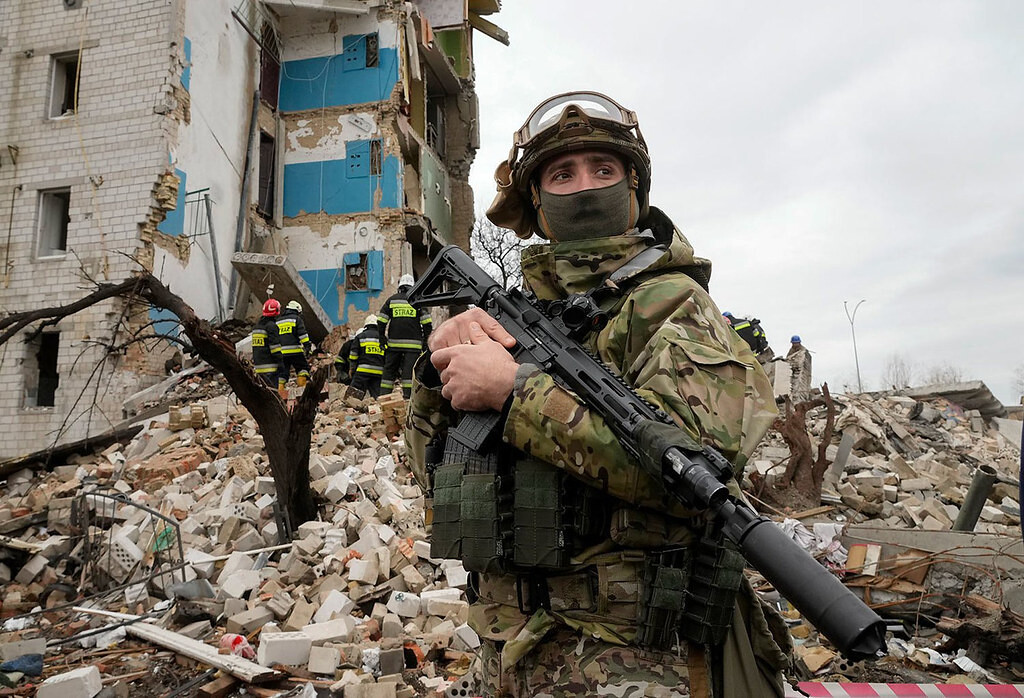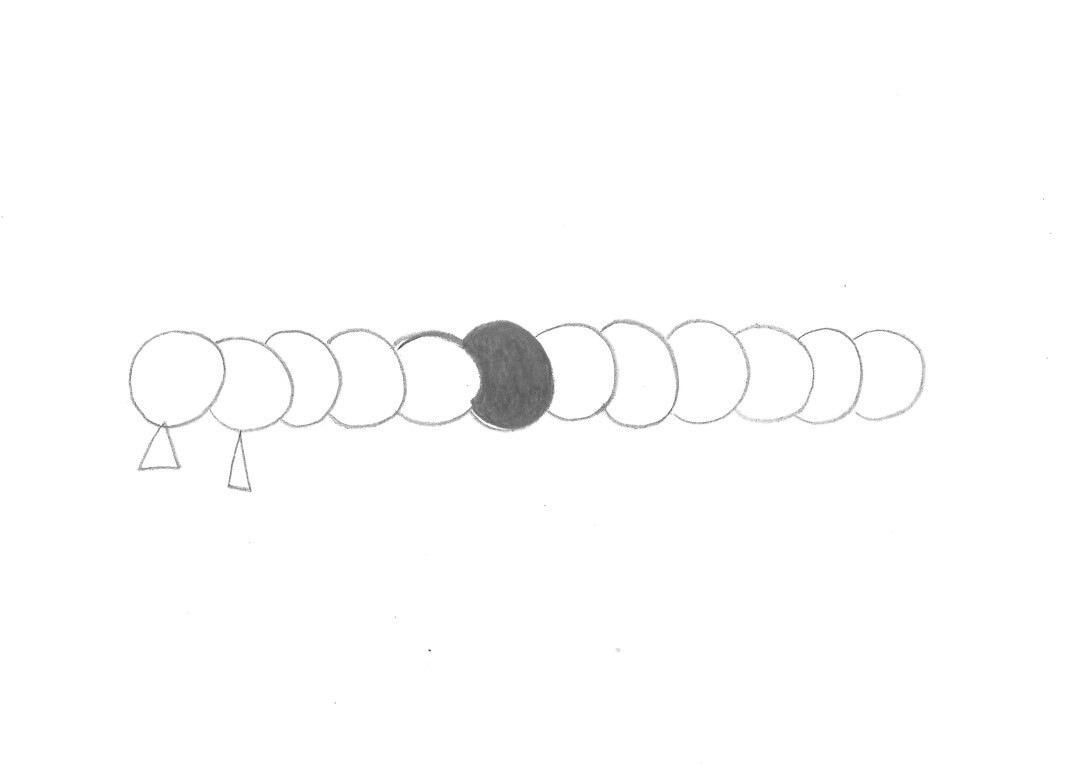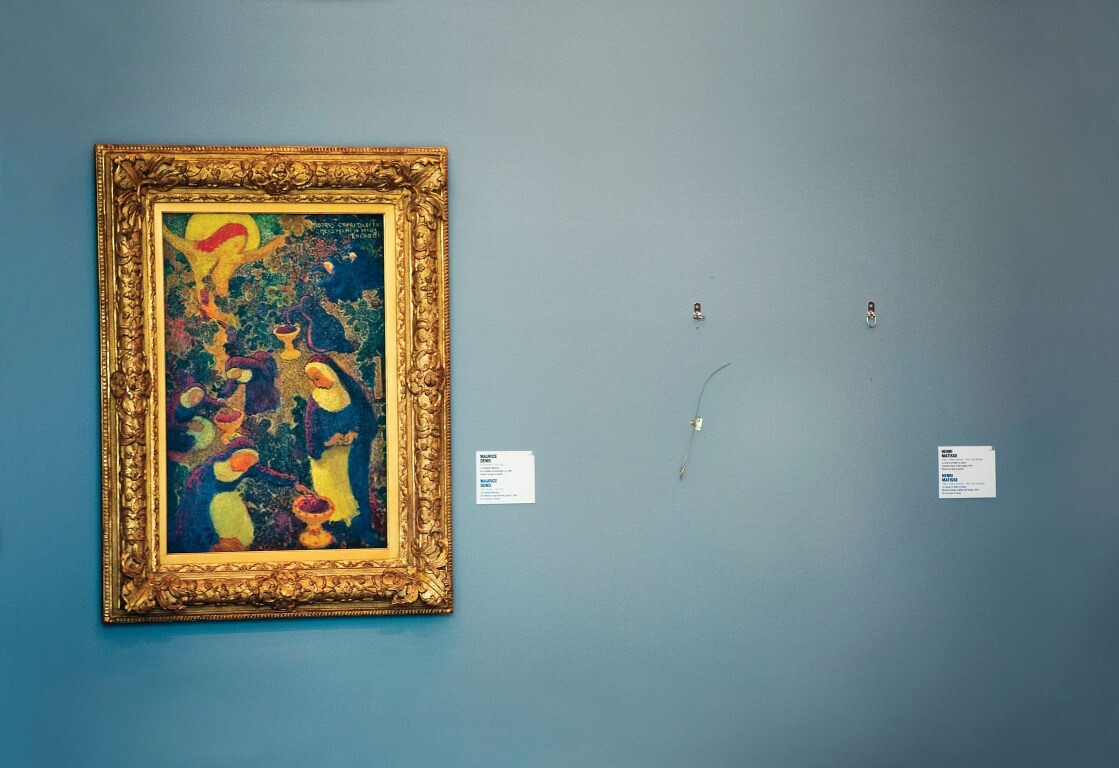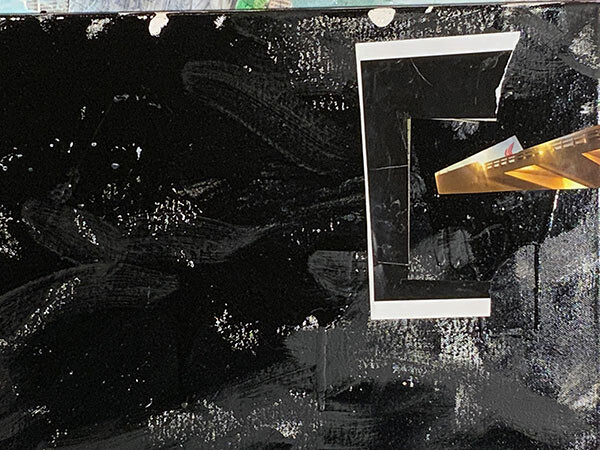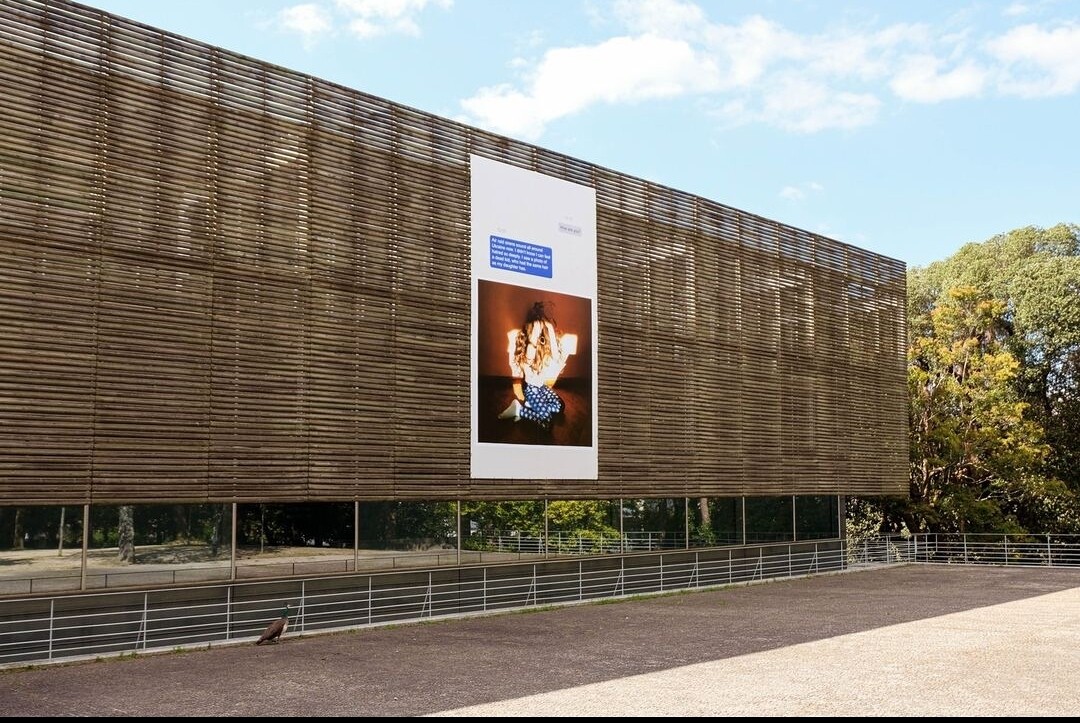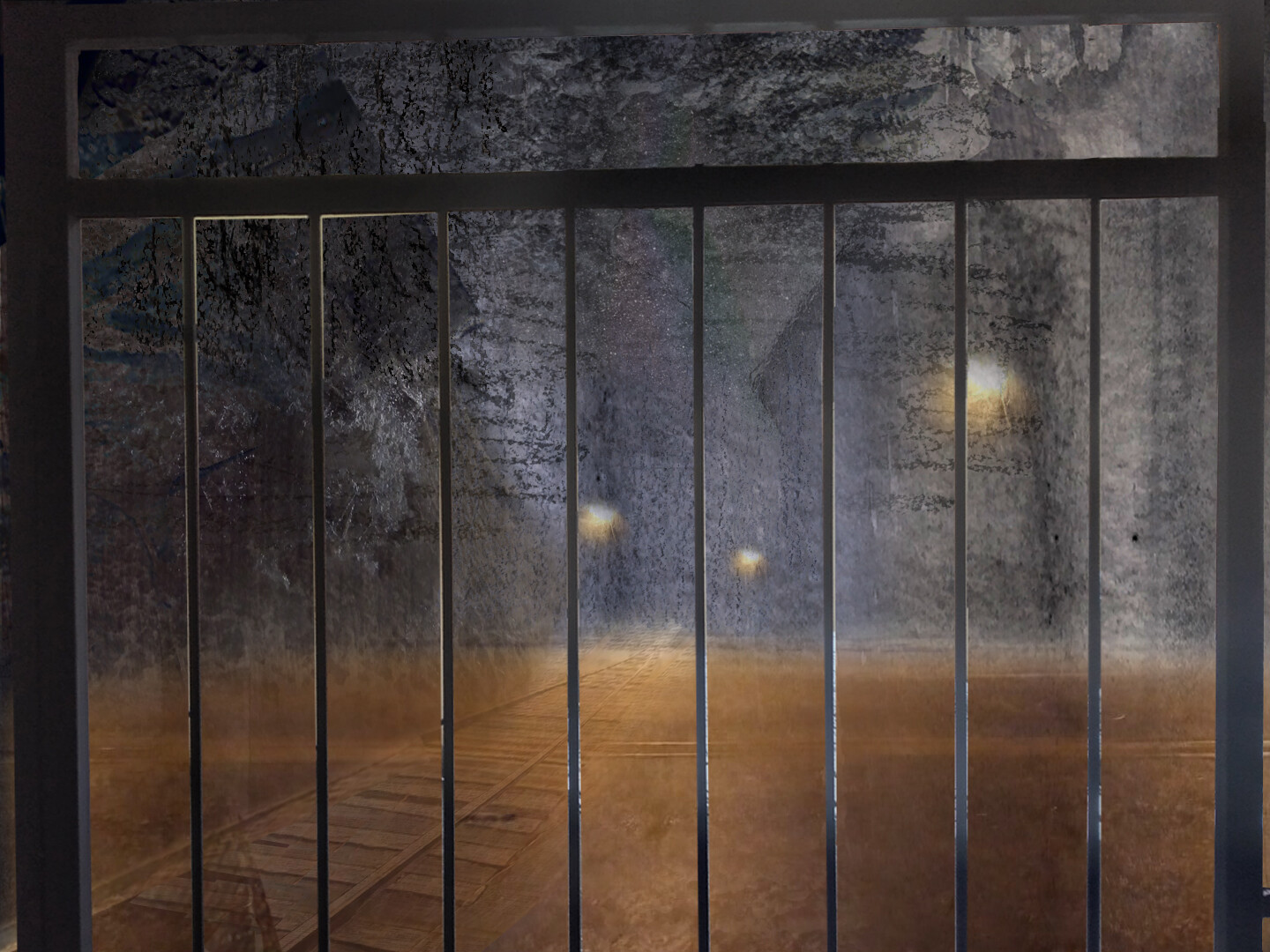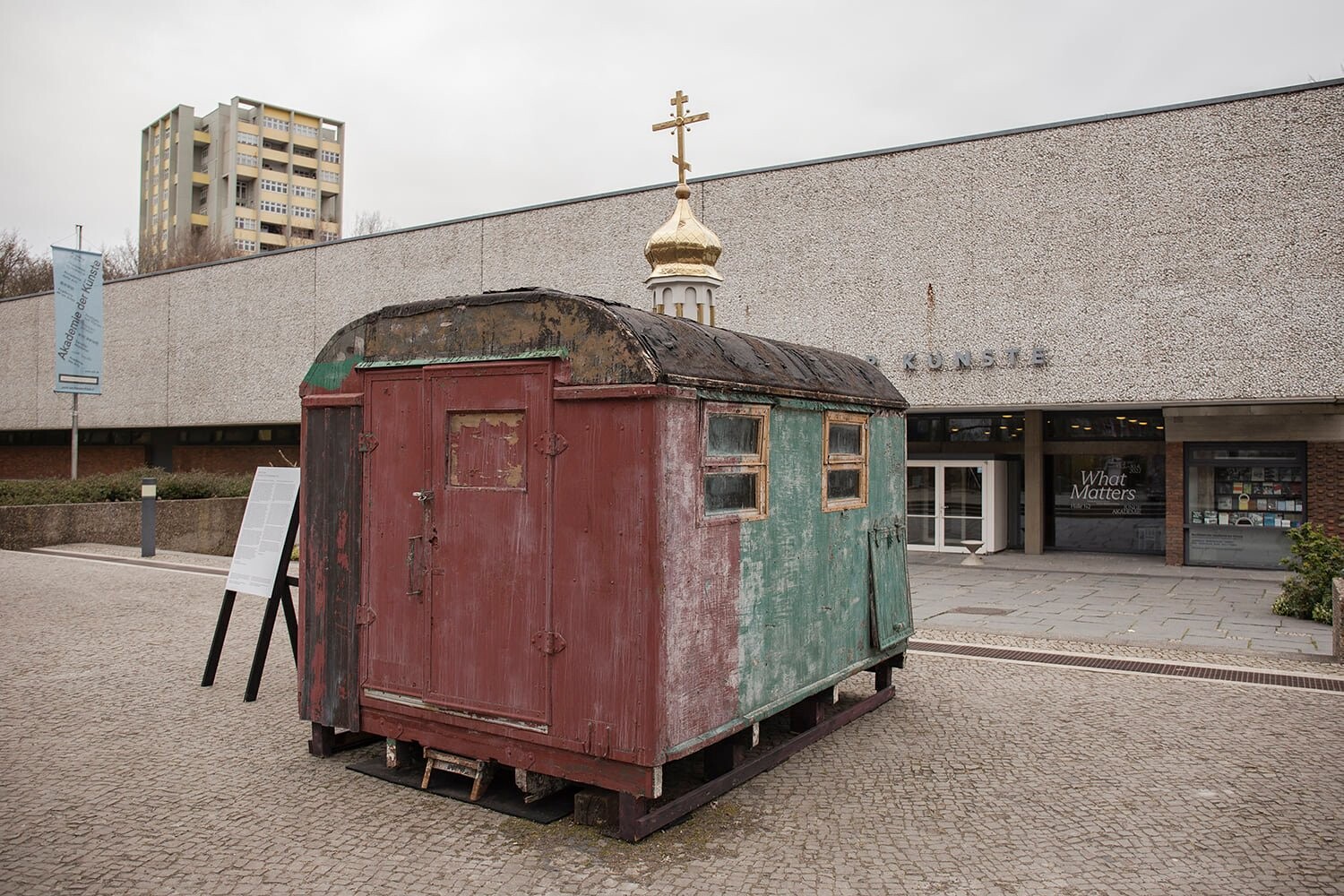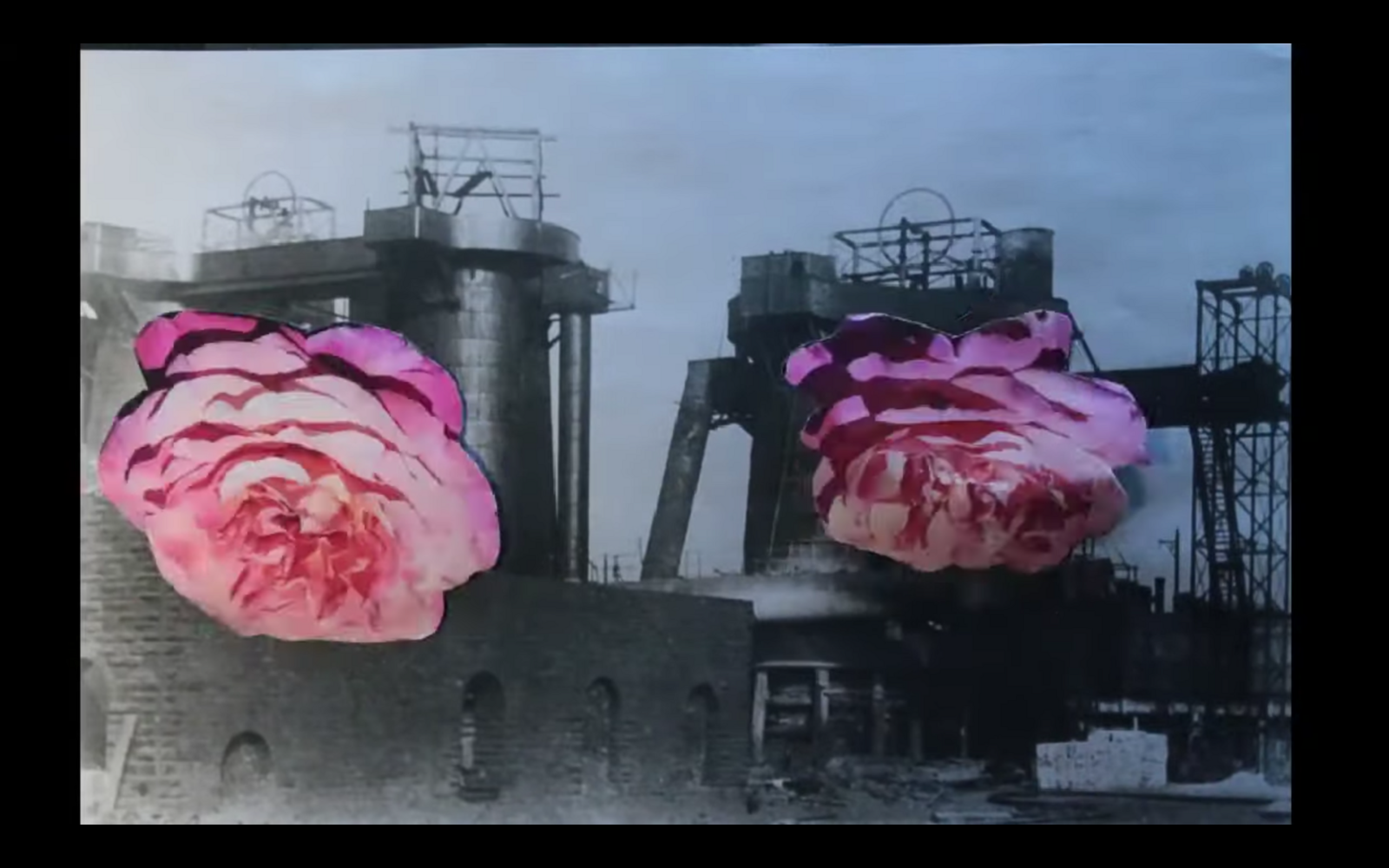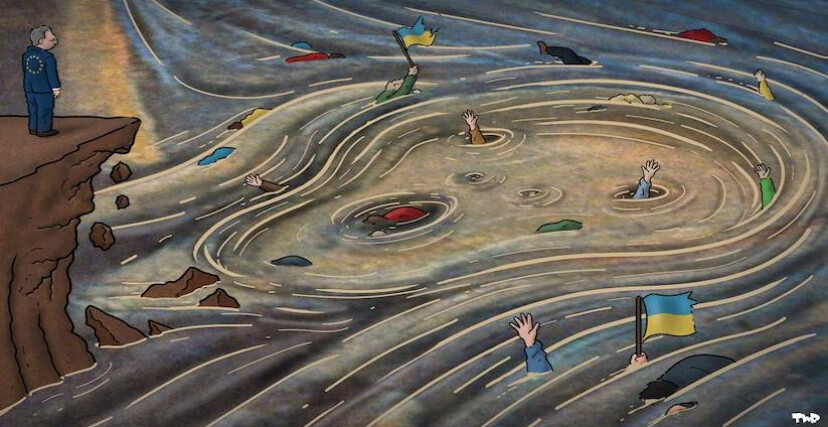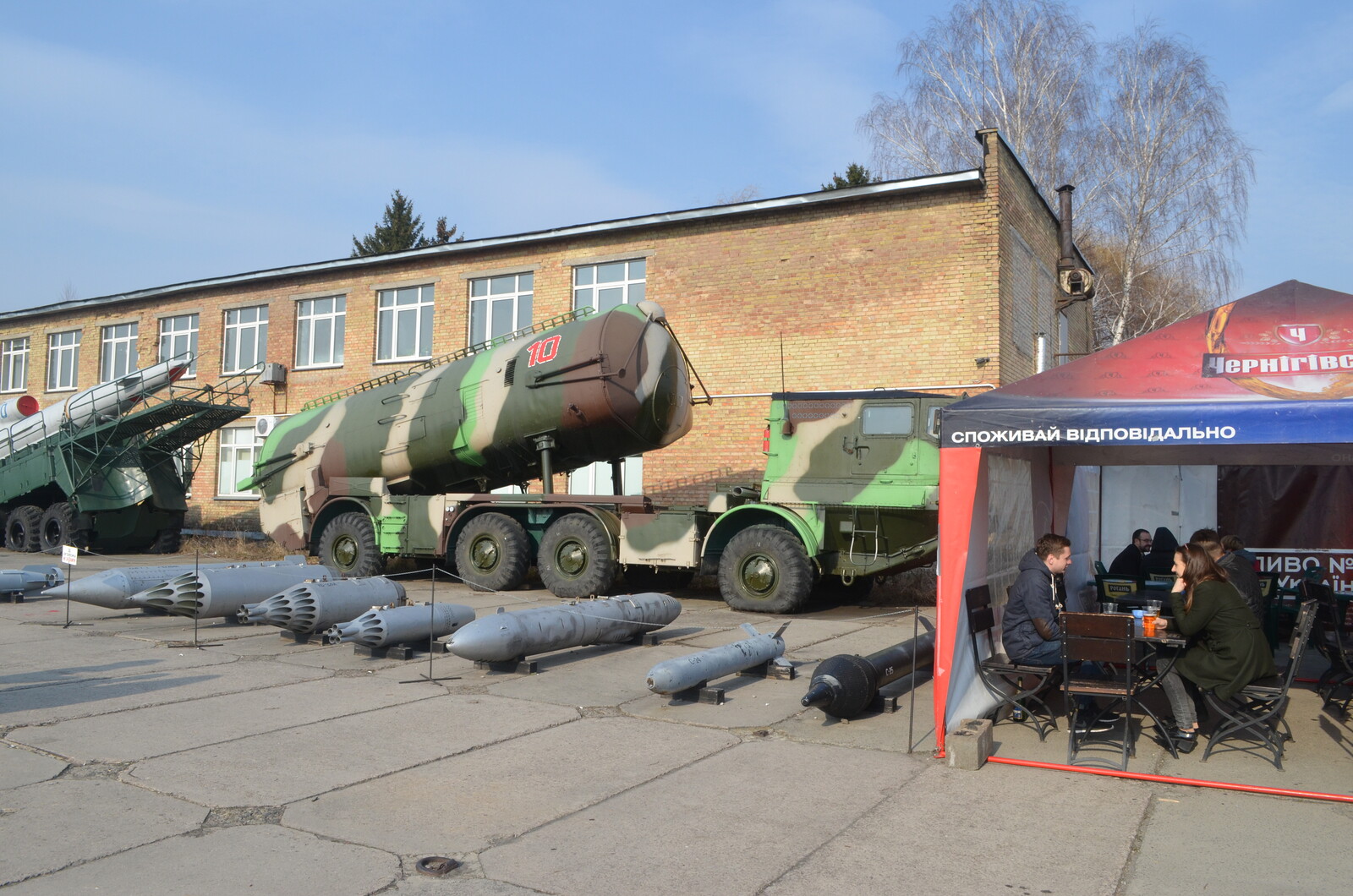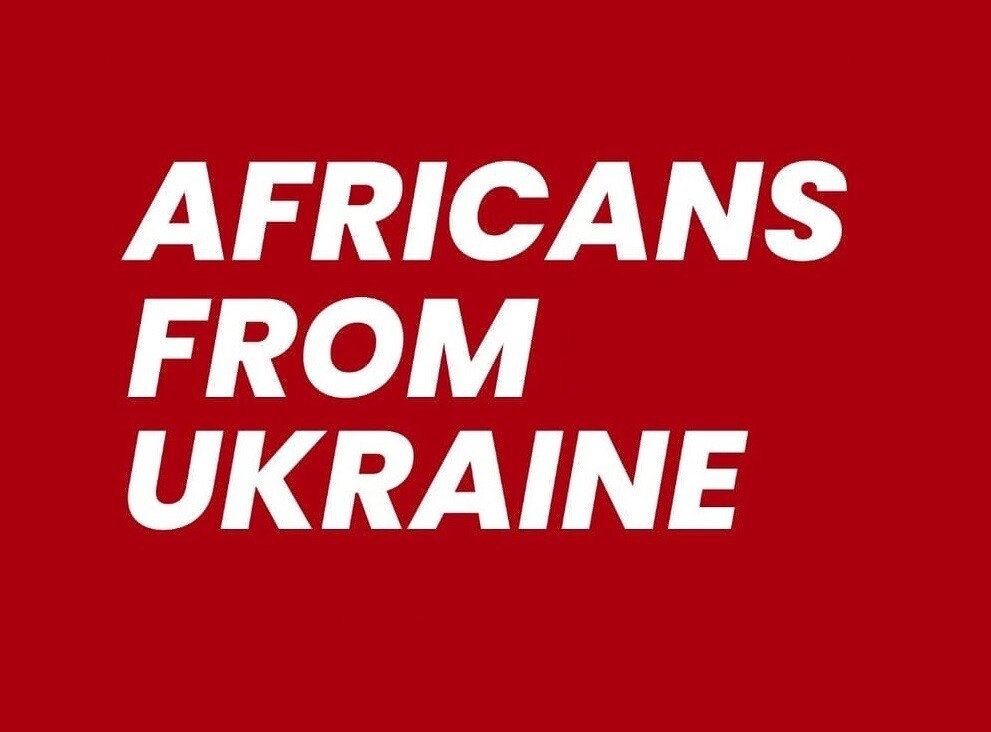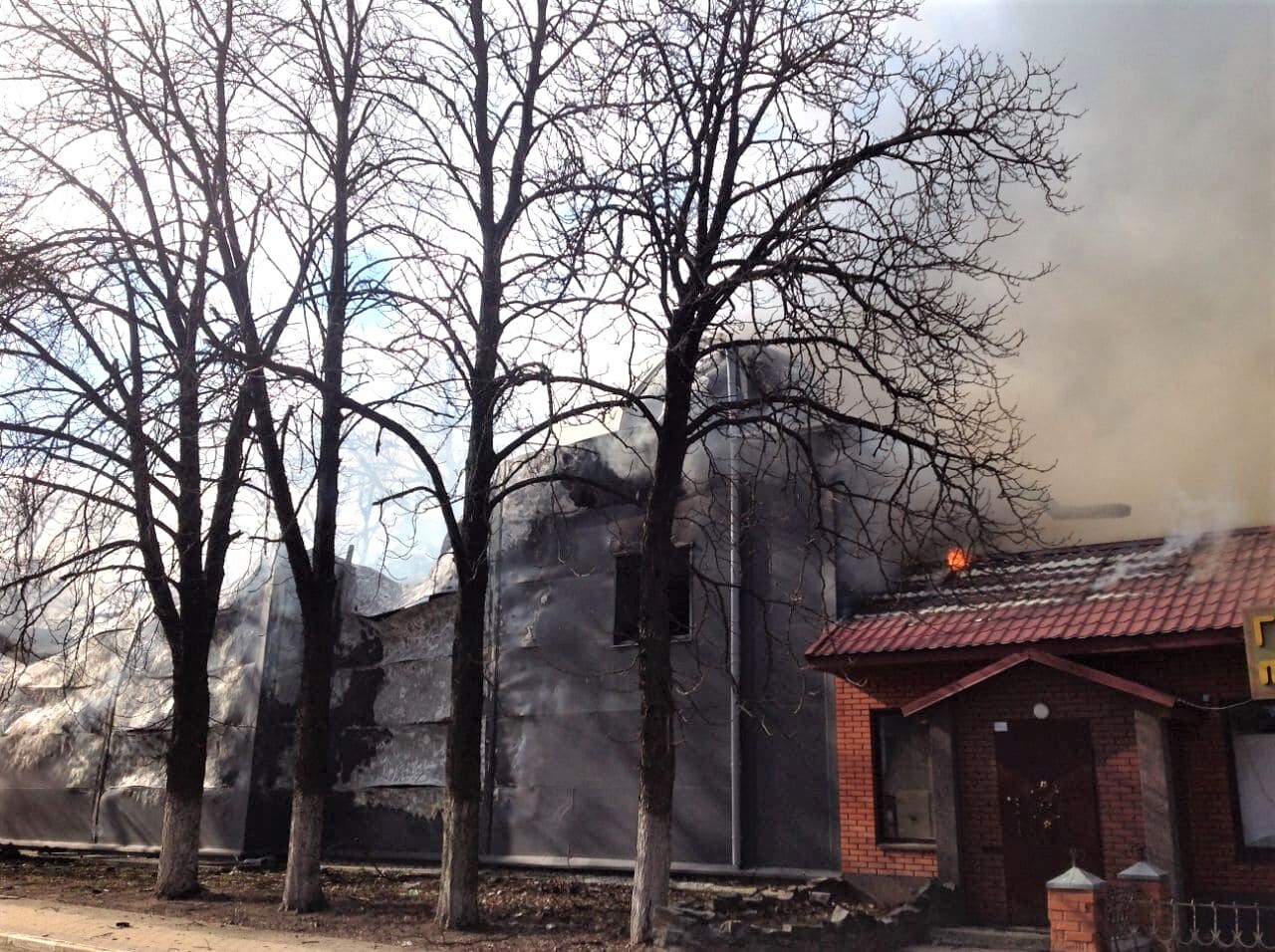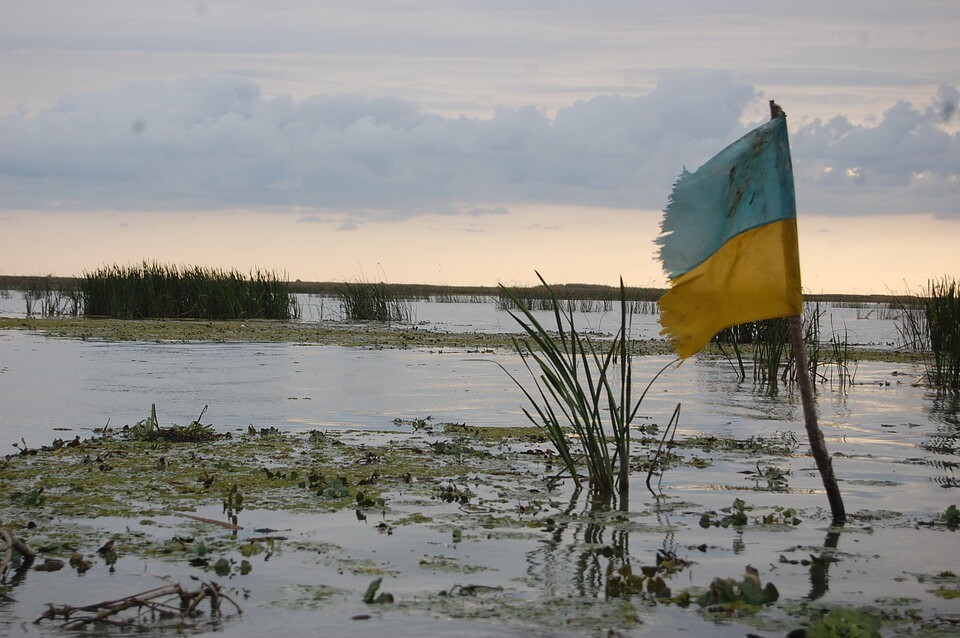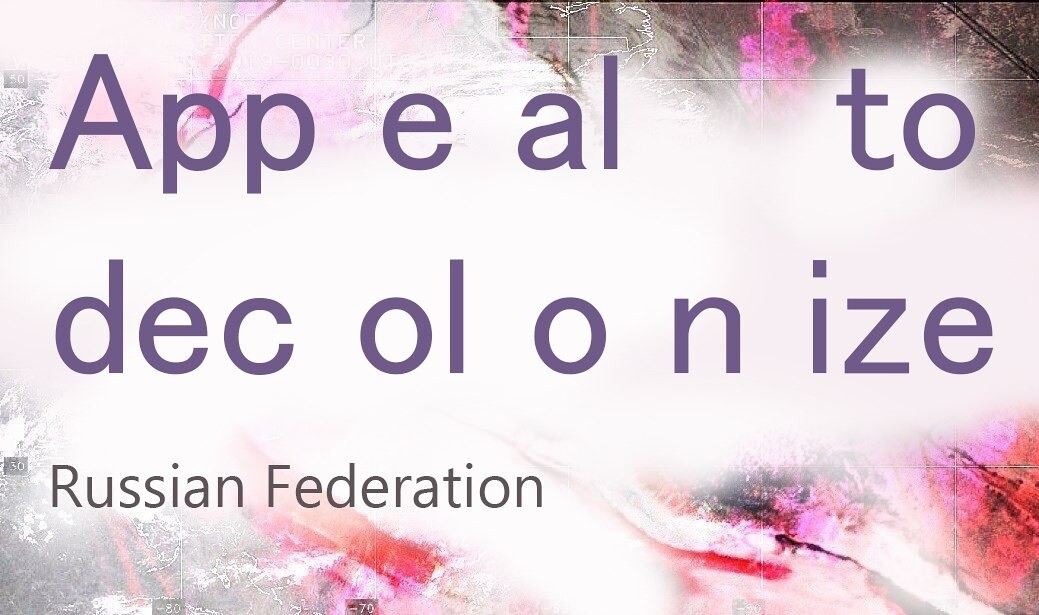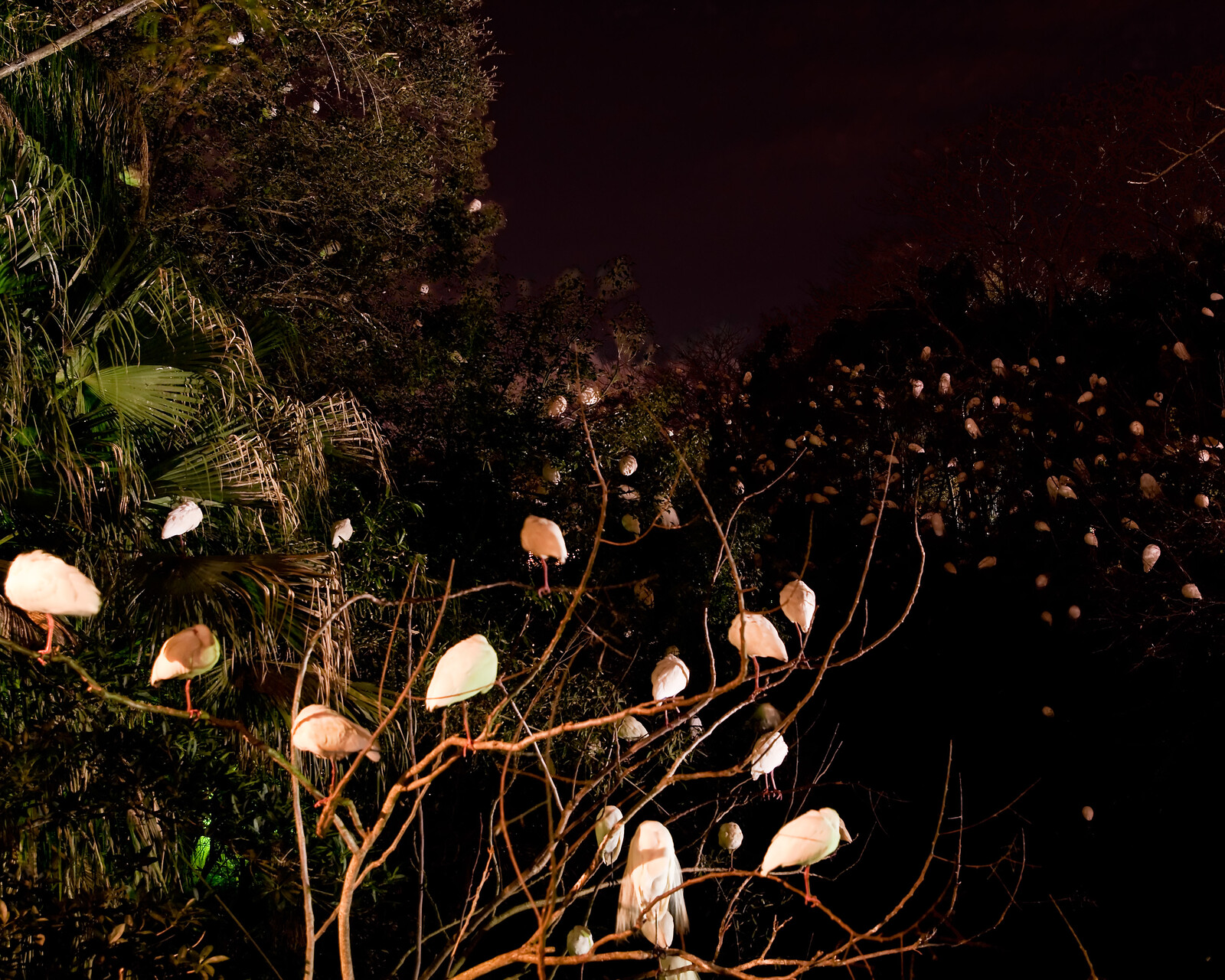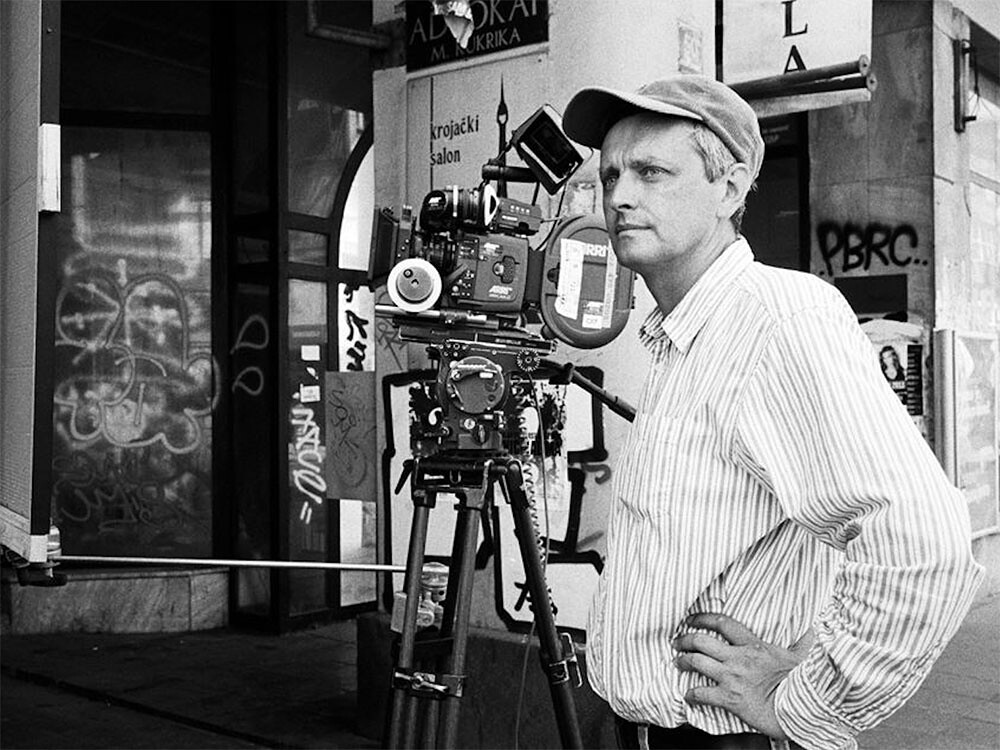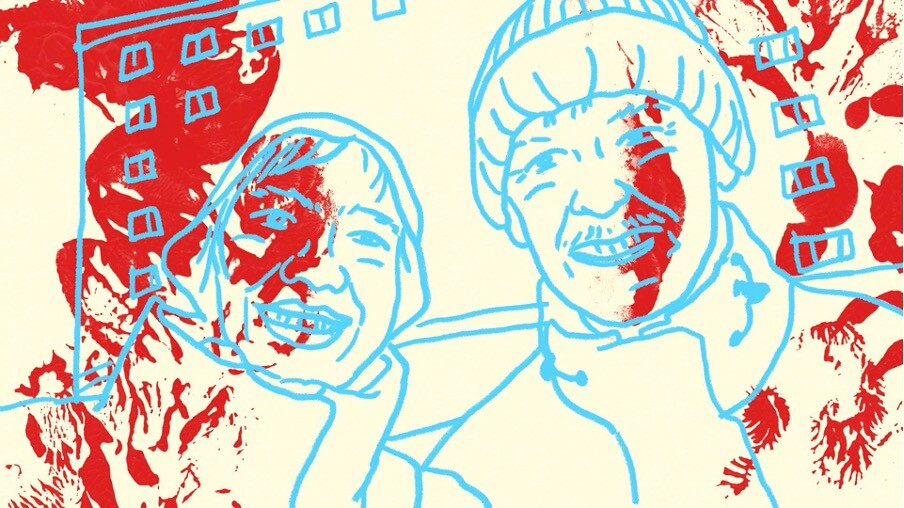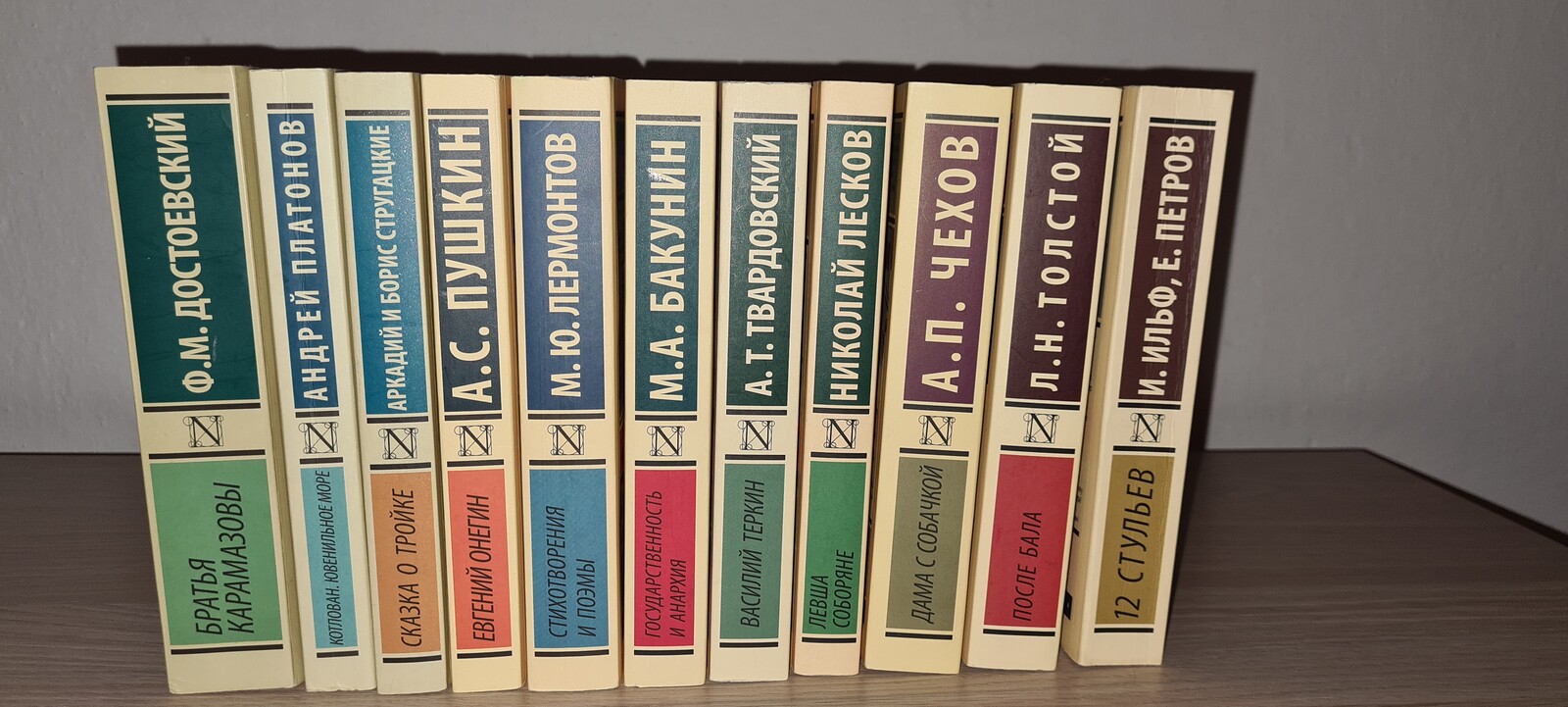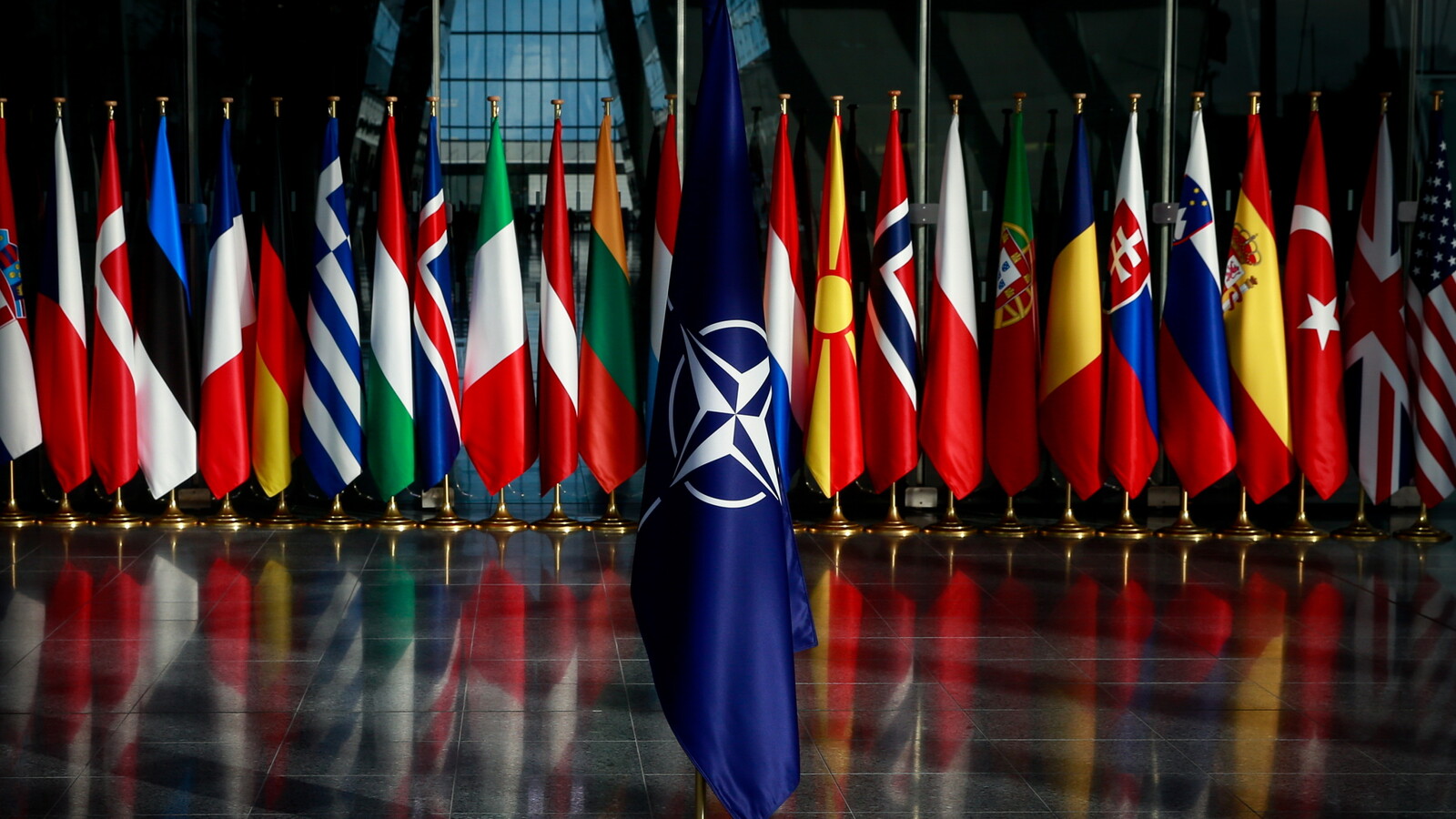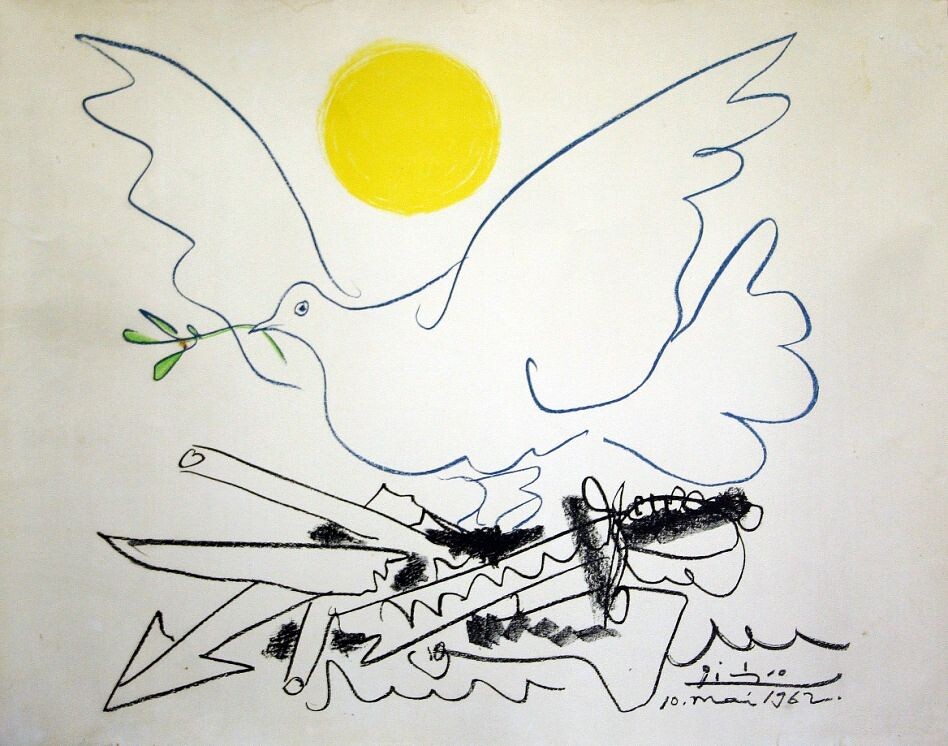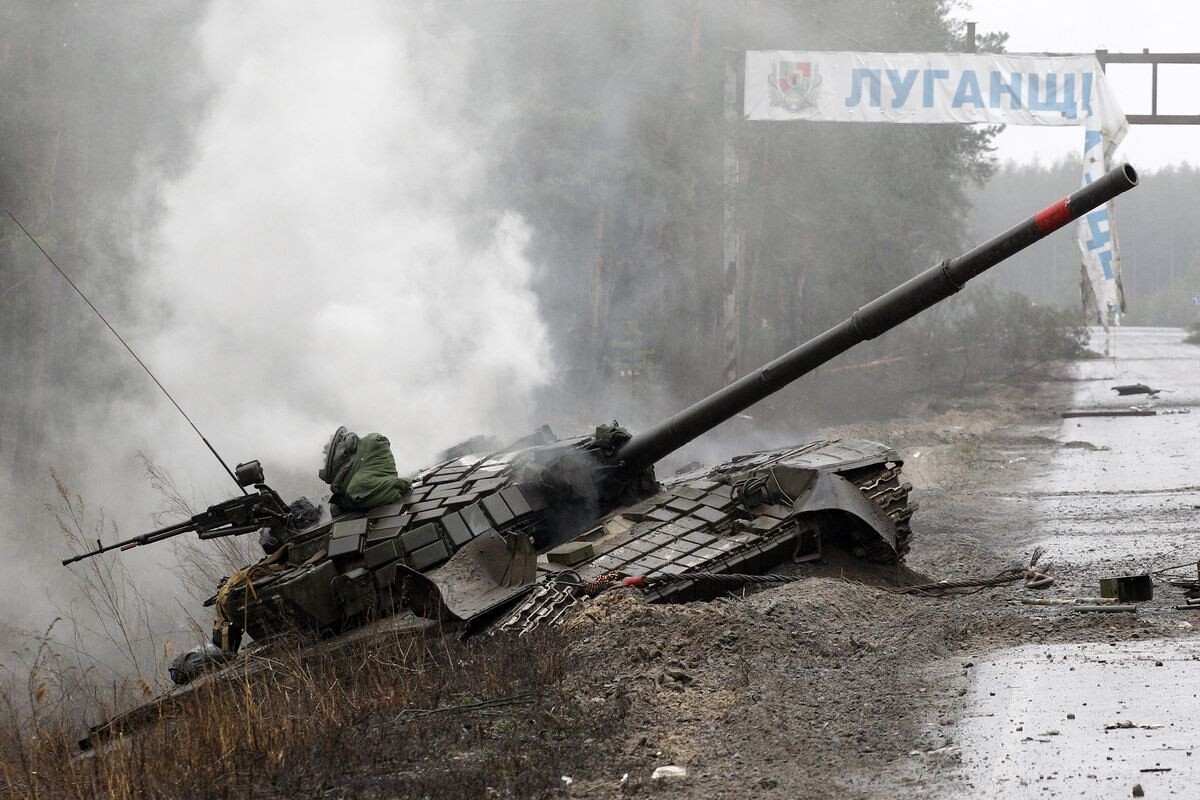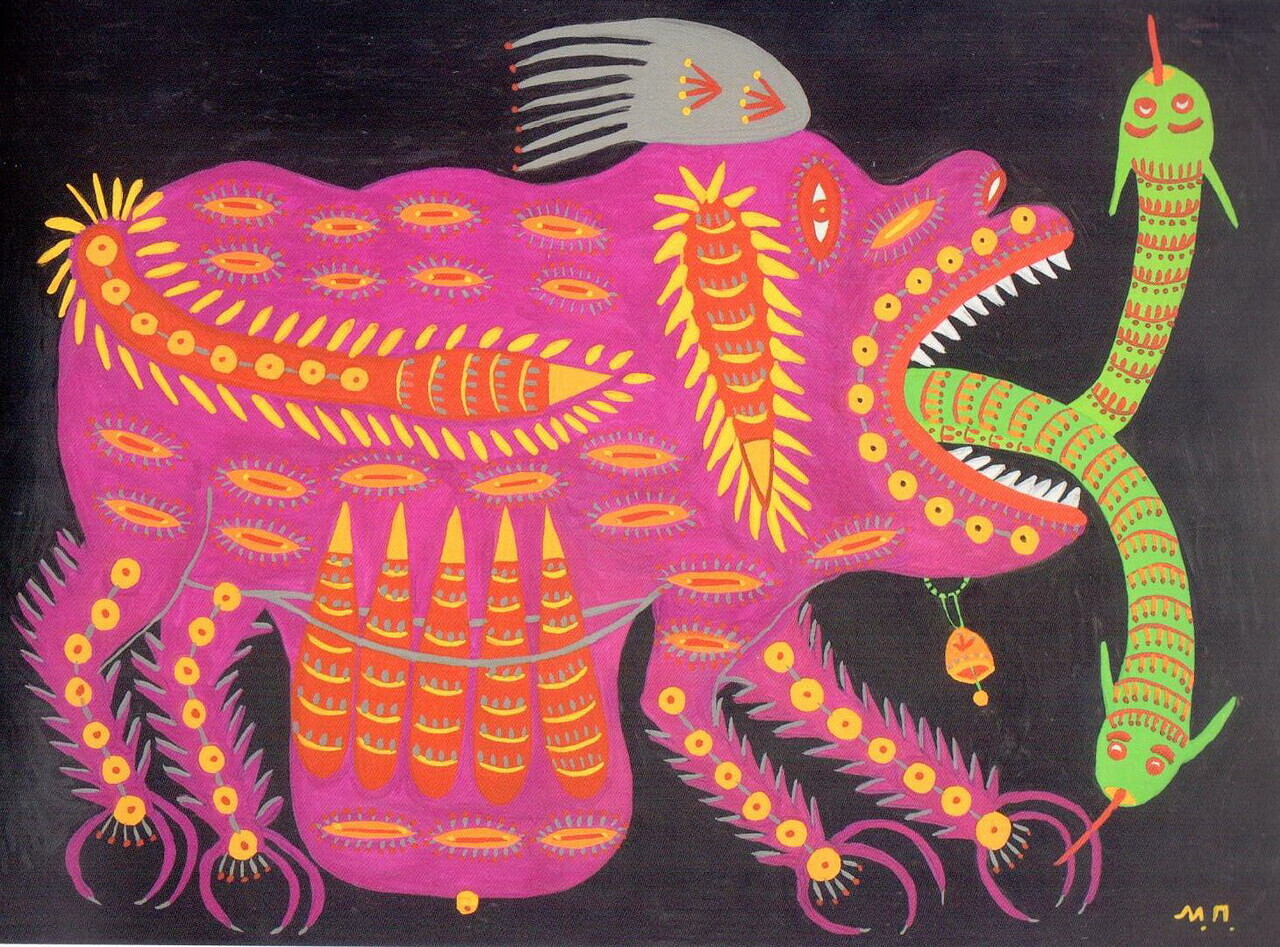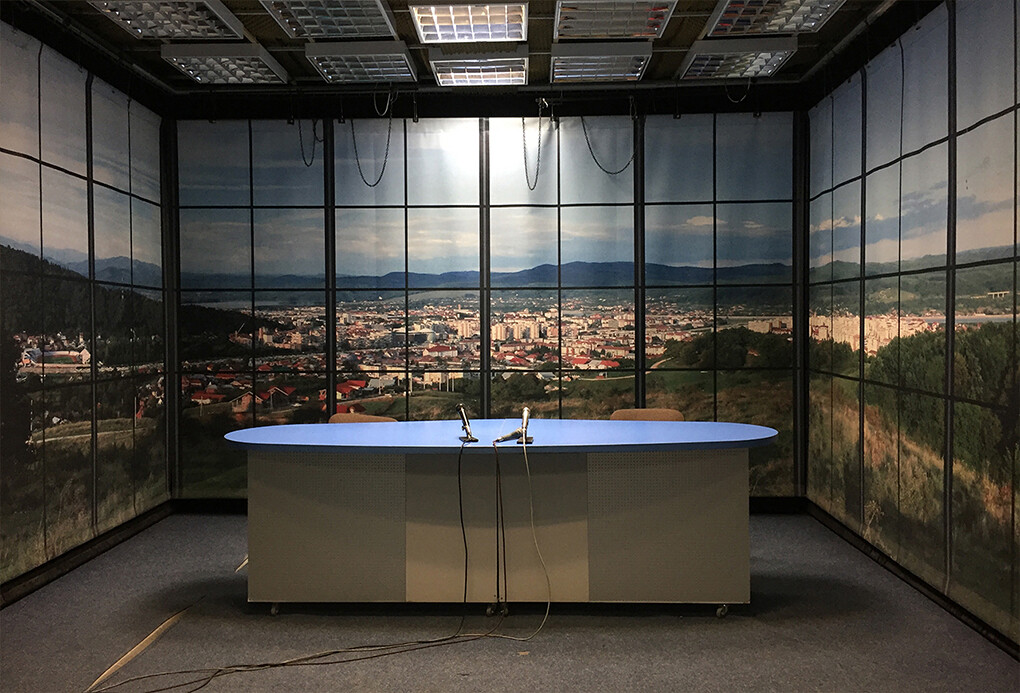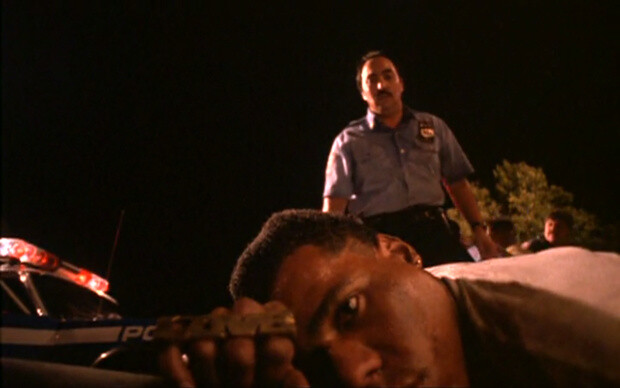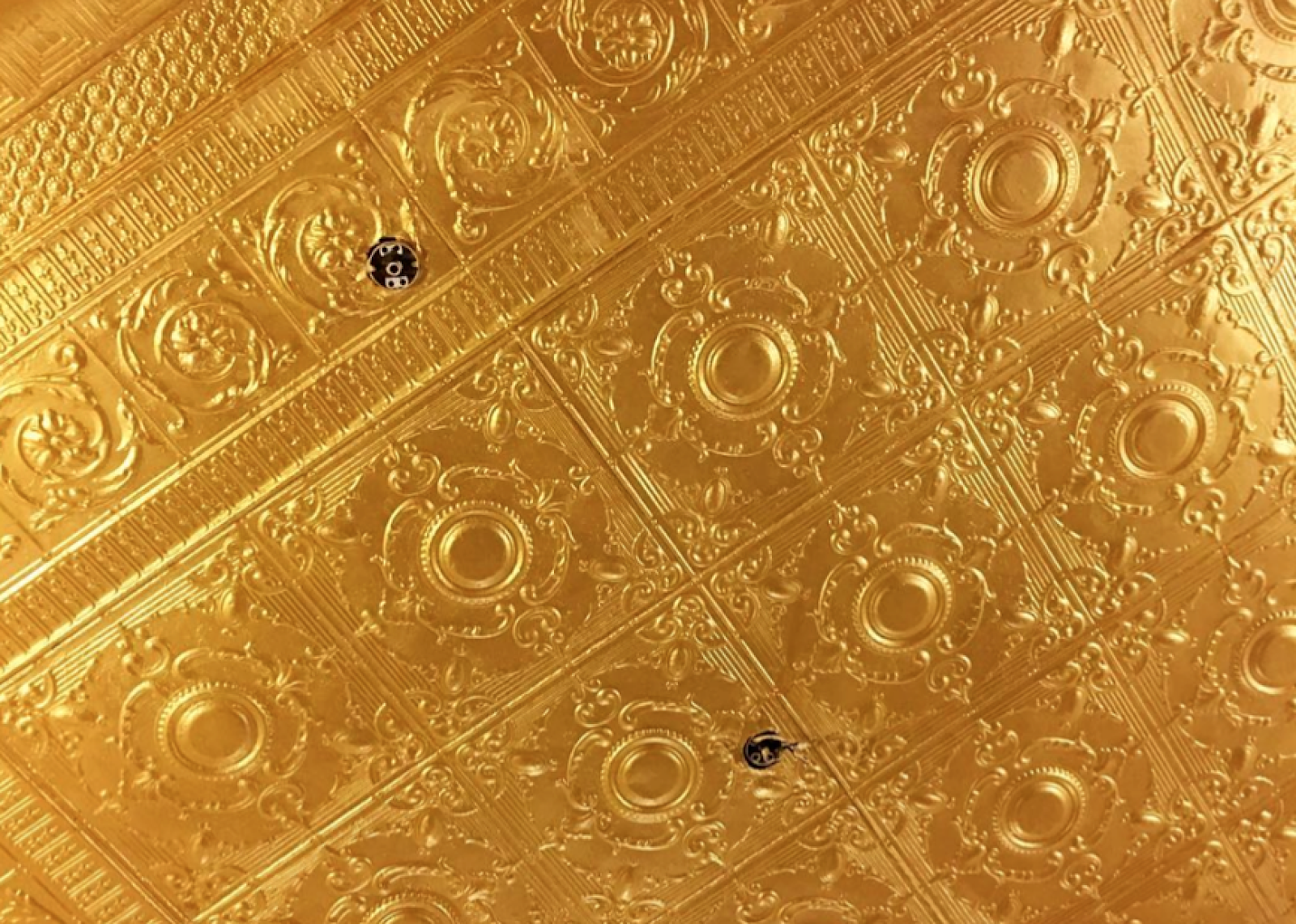We write you this public letter as professionals working in museums, arts organisations and universities, as well as supporters of Slovak art and culture. We urge you to reconsider your decision to dismiss the Director General (DG) of the Slovak National Gallery (SNG), Alexandra Kusá, following the dismissal of the Director of the Slovak National Theatre, Matej Drlička. This decision has undermined the independence of the cultural field in your country and damaged the trust in and reputation of Slovak culture internationally.
It is an honor to be nominated for the DAAD Artist residency, organized by the German Academic Exchange Service of which you are the director. Unfortunately, I must reject this nomination for several reasons.
We—Berlin-based cultural producers of various disciplines—protest: For the preservation of the freedom of art and the freedom of expression. Against the compulsory commitment to the controversial IHRA definition of antisemitism as a prerequisite for cultural funding from the federal state of Berlin. Against the political instrumentalization of antisemitism clauses.
Documenta has been the reference of the art world for decades, marking the spirit of our times. However, today, Documenta is more of a symptom of a plagued Europe than anything else.
We, the remaining members of the Finding Committee after the recent resignations of our esteemed colleagues Bracha Lichtenberg Ettinger and Ranjit Hoskoté, announce hereafter our collective resignation from this honorable task. Be assured that we have not taken this step lightly and that we do so with a very heavy heart.
I hereby formally resign from the Finding Committee of Documenta 16, and hope and wish that you will choose together the best candidate for Documenta 16 Artistic Director. Recently in two emails to all of you, I asked that we slow down the process. The art world as we imagined it has collapsed and is now fragmented, I wrote, and added: What can art bring to our dark ages? The question of the meaning of being human is tightly related to the meaning of art. Artists are not here to decorate politics. Art’s function is not to aestheticize political ideas (W. Benjamin).
These last few days have been among the most deeply distressing days of my life. The monstrous charge of anti-Semitism has been brought against my name in Germany, a country I have regarded with love and admiration, and to whose cultural institutions and intellectual life I have contributed for several decades, as a writer, curator, and cultural theorist … I have been written about with harshness and condescension, and none of my detractors has thought it important to ask me for my point of view. I feel, strongly, that I have been subjected to the proceedings of a kangaroo court.
We support Palestinian liberation and call for an end to the killing and harming of all civilians, an immediate ceasefire, the passage of humanitarian aid into Gaza, and the end of the complicity of our governing bodies in grave human rights violations and war crimes.
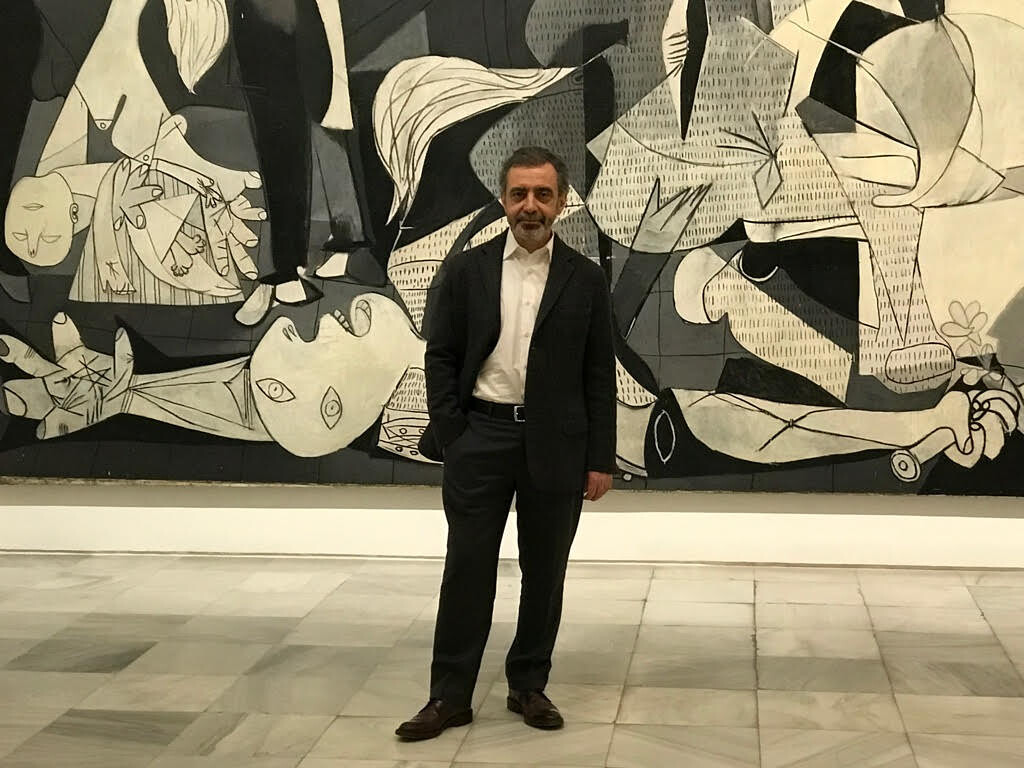
We have tried our best to stay above the chaos, hostility, racism and censorship that have engulfed this edition of documenta. We have tried our best to stay focused and committed to our work and the promises and hopes of the lumbung. We have been resilient and in solidarity with our communities, friends, supporters, hosts and guests.
This letter was sent on July 18, 2022 from the artists, ruangrupa, and the artistic team of documenta fifteen to the members of the documenta supervisory board. With surprise we discovered that it became public in the German media, which quoted only selective parts of it, producing a misinterpretation. Here is the letter in full. We appeal to the international press and public to support us in our refusal of censorship.
It is with great regret that we announce that the discussion forum “We need to talk,” which was set up in response to accusations of anti-Semitism directed at participants in documenta fifteen, has been suspended.
On the first day, it was terrifying. Nobody knew what kind of reaction to expect from the police, or which degree of violence they would employ. After a week of protesting, it seems to me that people are no longer afraid. The situation in our society is so catastrophic that people realize they already have nothing to lose. This is why many are ready to take the risk—they are unafraid of going to jail, of losing their jobs or their entire lives. Something must be done to finally end this war, for which we feel guilt, shame, alarm, and horror.

We are alarmed that the City of Berlin and its officials have allowed themselves to be instrumentalized by private associations, companies, and individuals around the “cultural manager” Walter Smerling, by providing infrastructural and financial support to the so-called “Kunsthalle Berlin.”
Wir schreiben Ihnen, weil wir alarmiert sind davon, dass die Stadt Berlin bzw. deren Funktionsträger sich ohne Not mit der räumlichen und finanziellen Unterstützung einer sogenannten „Kunsthalle Berlin“ von privaten Vereinen, Unternehmen und Personen rund um den „Kulturmanager“ Walter Smerling haben instrumentalisieren lassen.
I remember that Diane was always able to write very directly about complex things, and say and write true things, without pretense or cant, both in poetry and prose, and that’s what drew me to her writing, and it still does.
Cuban government representatives are supposed to be held to high standards of conduct and should be able to engage in reasonable discussions without resorting to violence; but that was not how Alpidio Alonso and other cultural functionaries behaved. 27N has been petitioning the government to demand Alonso’s removal throughout the entire year, to no avail.
Let others wax eloquent about essences and fixed forms, ethnic identities, automobiles and Opera Houses. For Jimmie the humor was low key, bitter, and funny all at once, something on the move making you smile inwardly while trying to keep up with the shifting focus your unsettled understandings provoked.
The abyss is not semiological, but cultural, social, and racial.
I say the “notion” of the planetary, because the concept of the planetary is contested, rejected, vague and equivocal across writers and theorists working in and around social science and the humanities now.
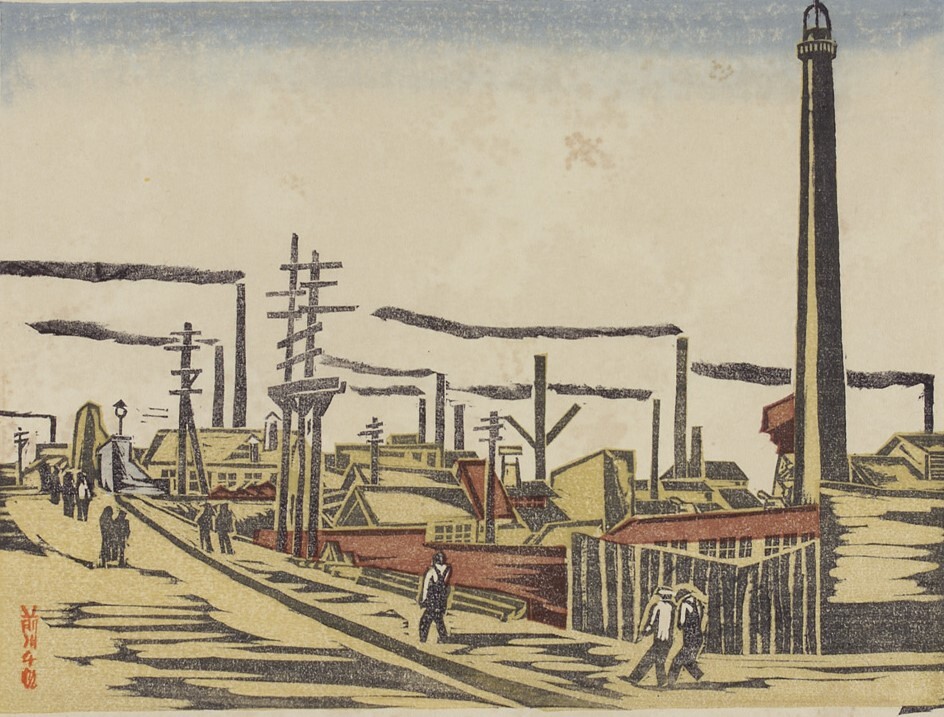
I accepted the conditions. No one could or did force me. I told them I would go there alone. I saw the ocean in between as I slowly approached the island. I accepted the conditions, the torture.
For the elites, this might be an ungovernable world. But we still have many worlds to propagate, to live and love in comradely care.

